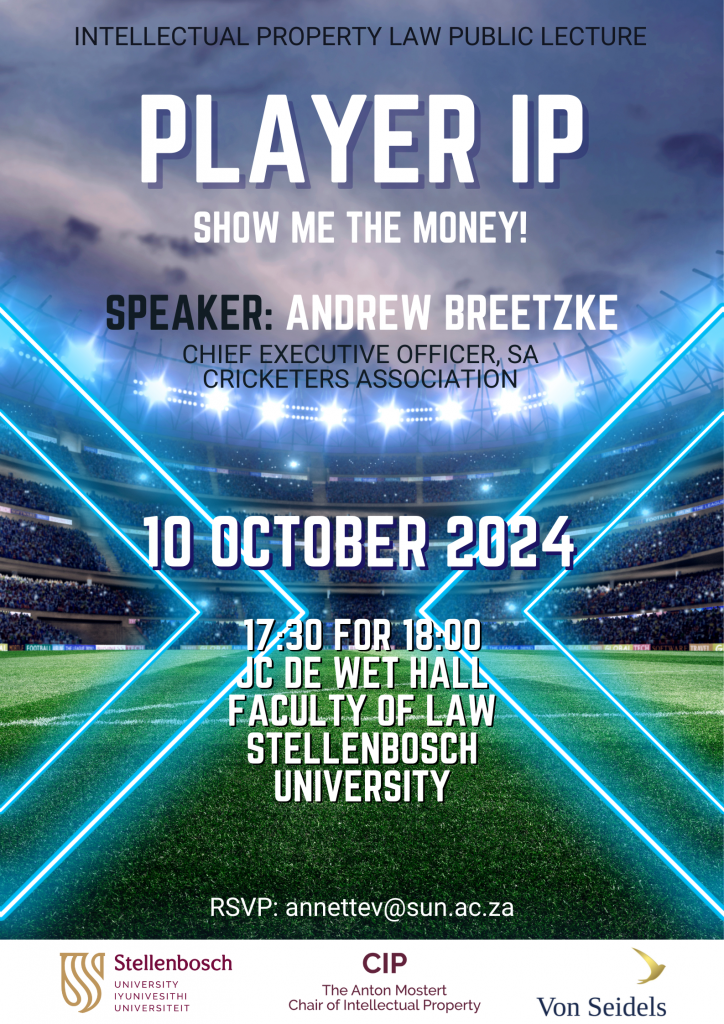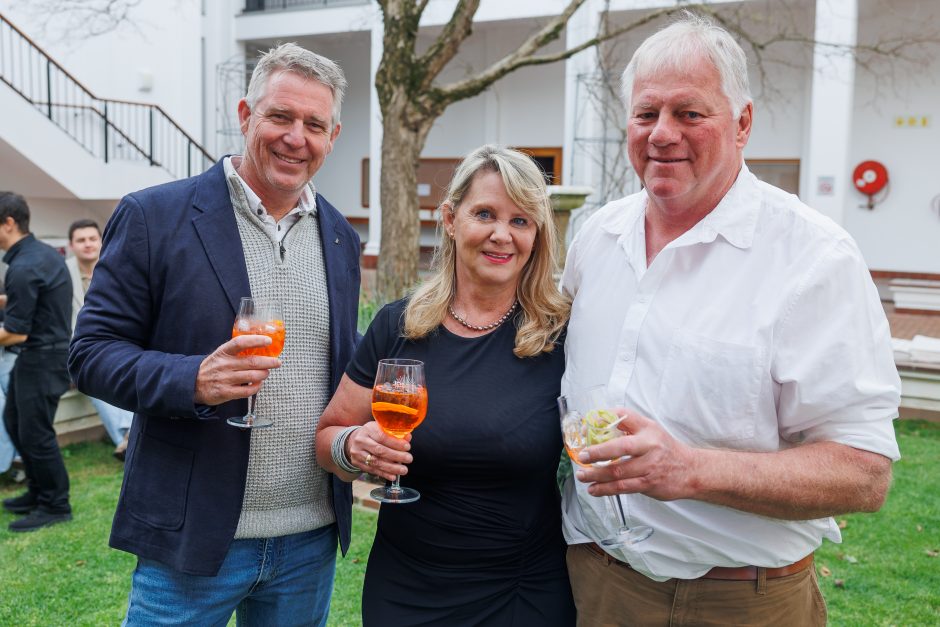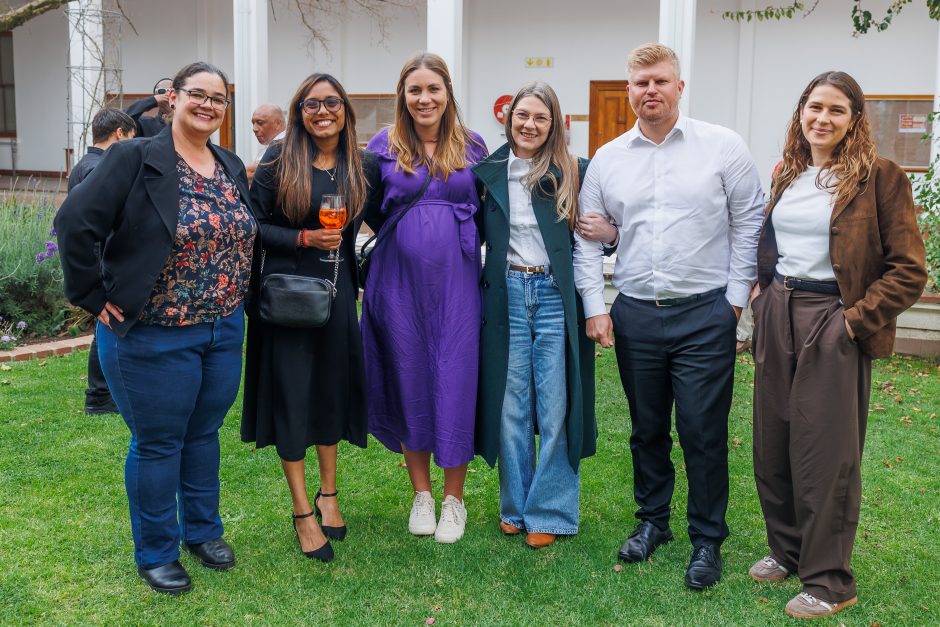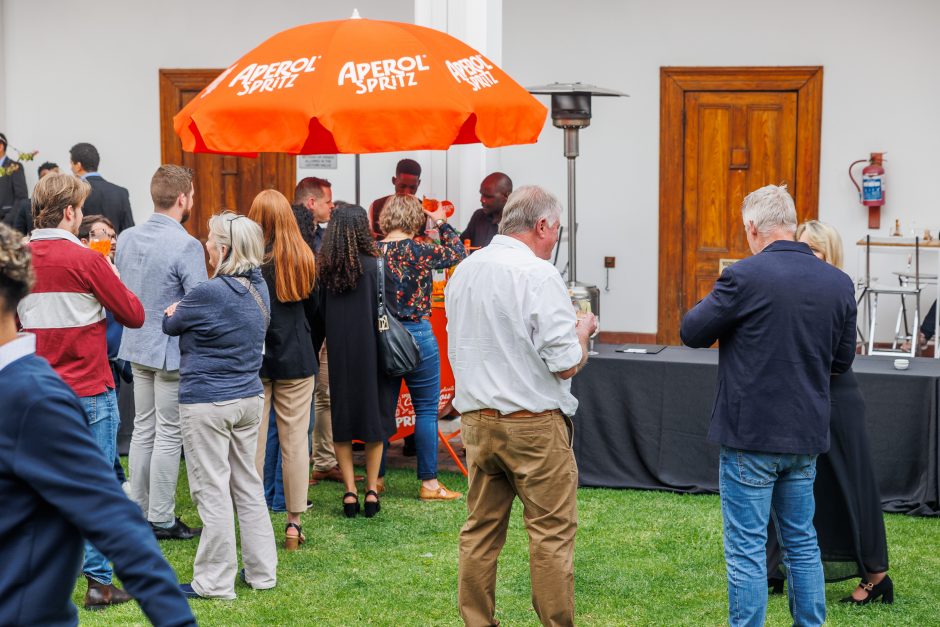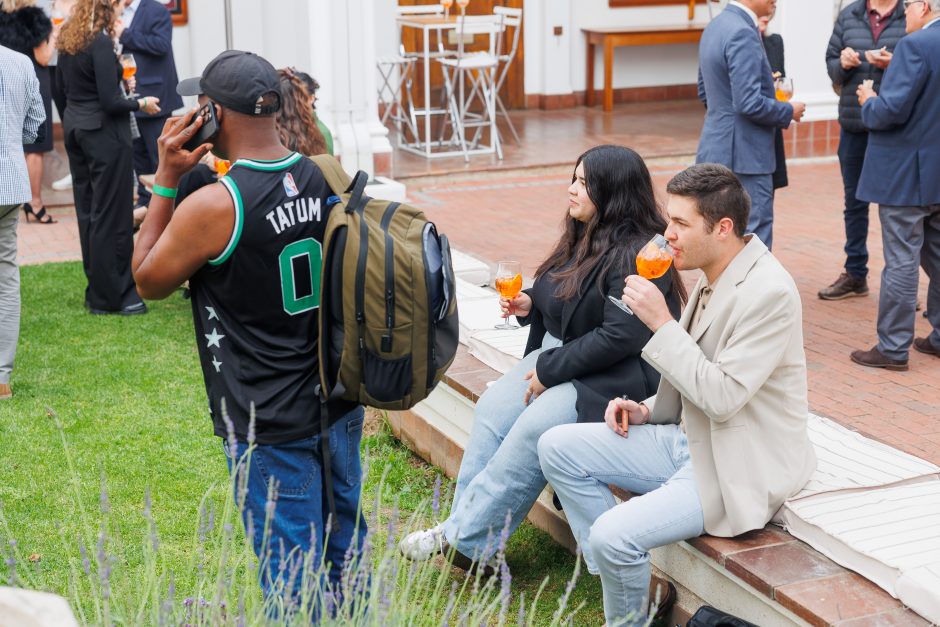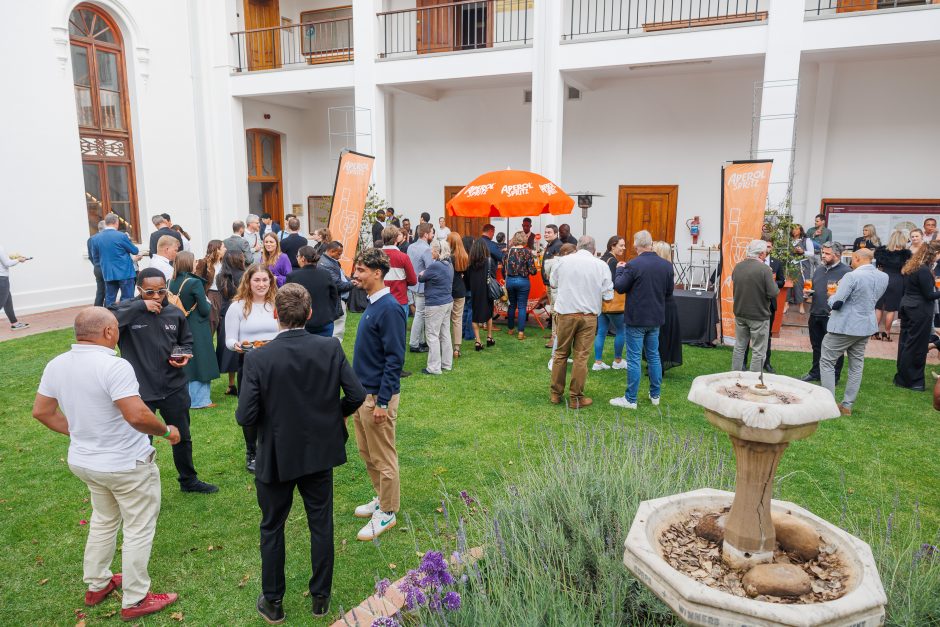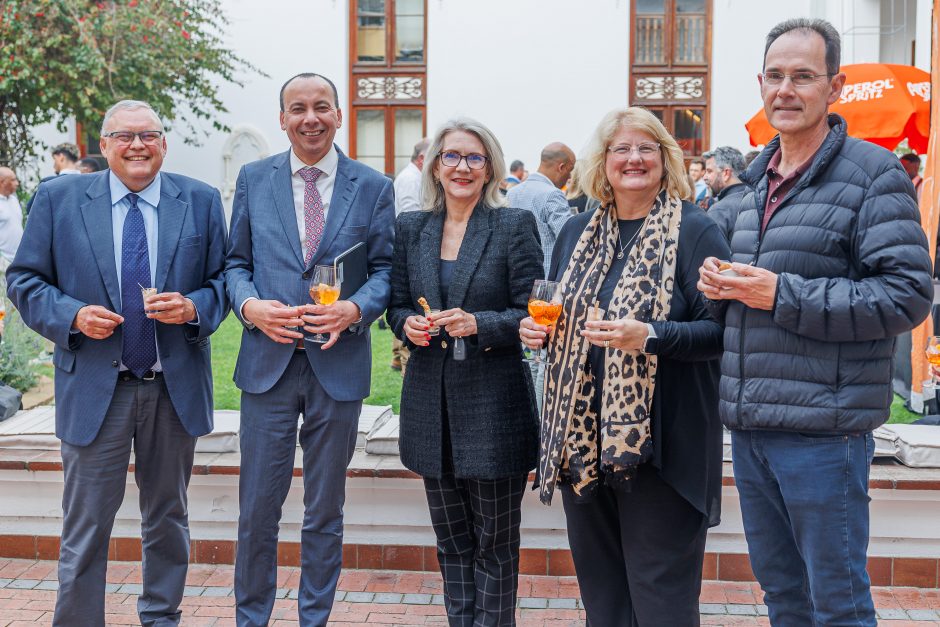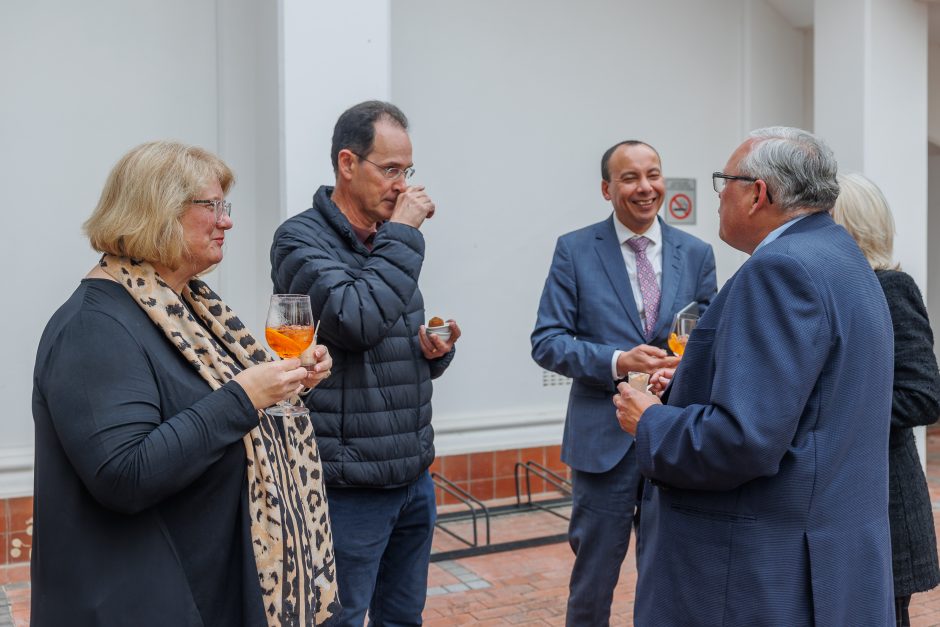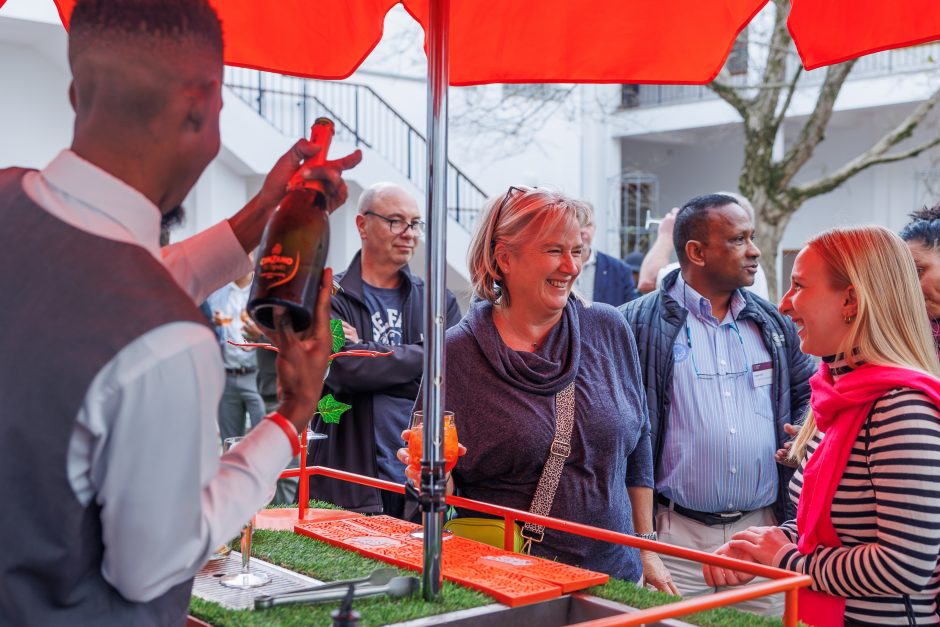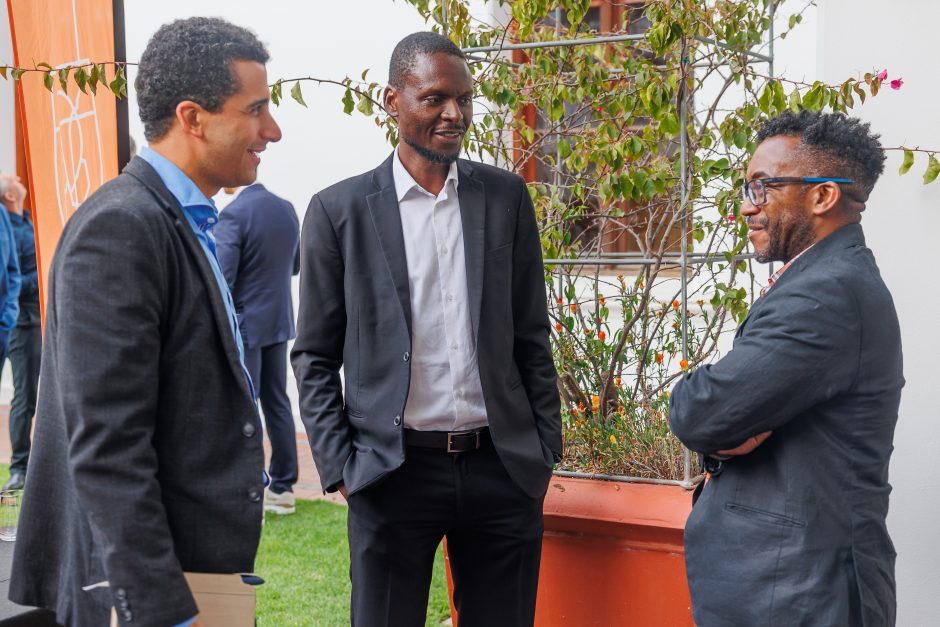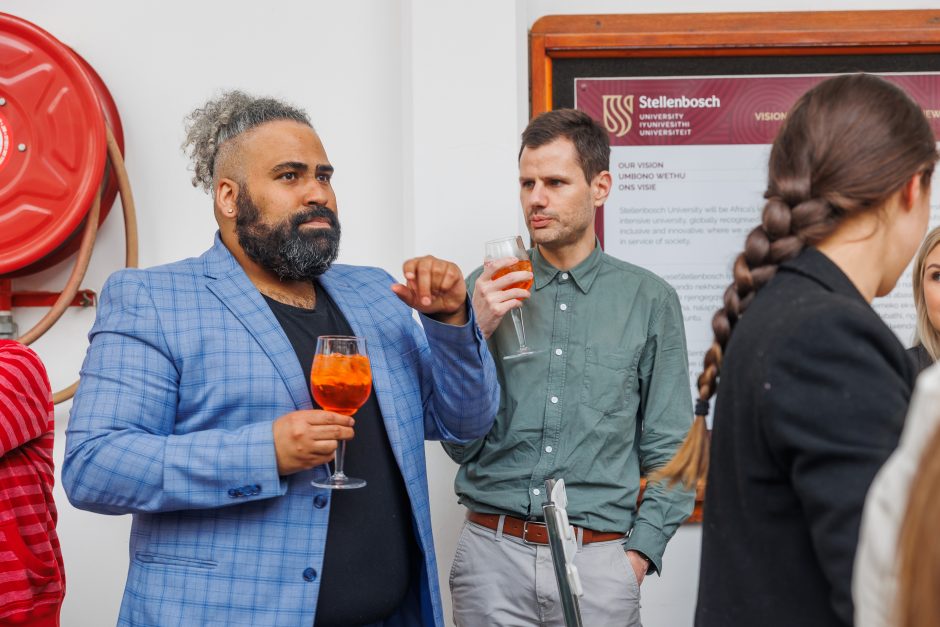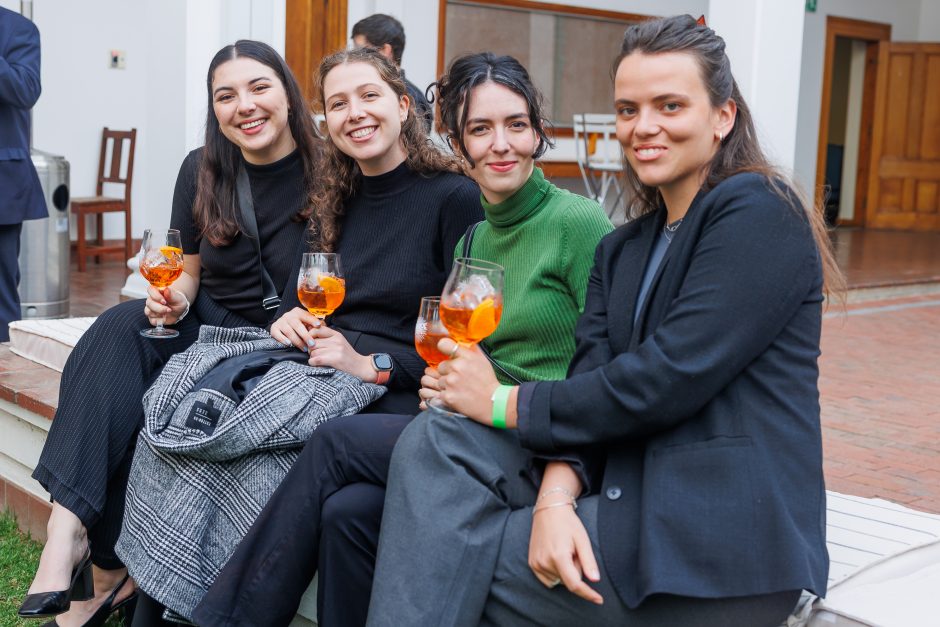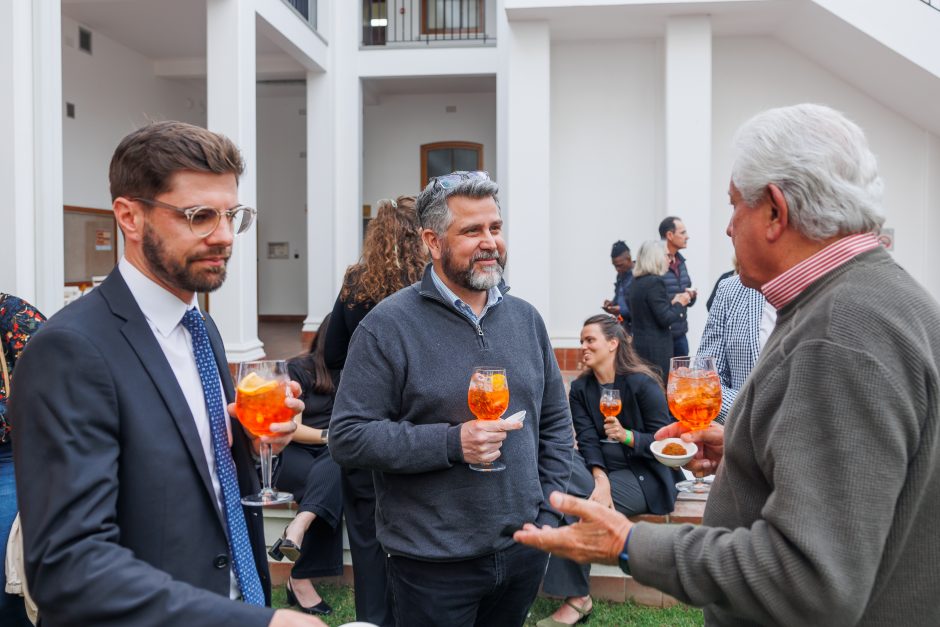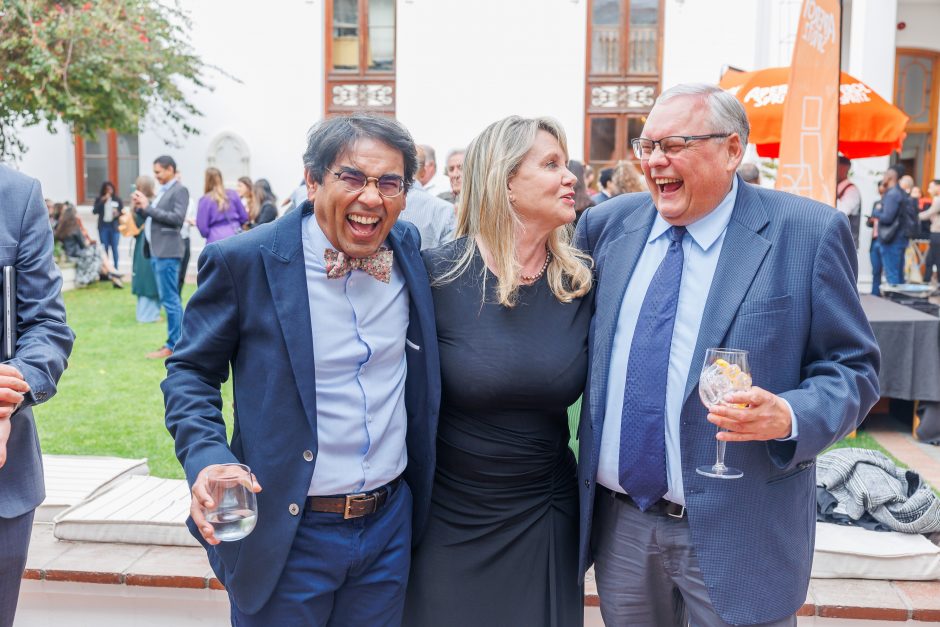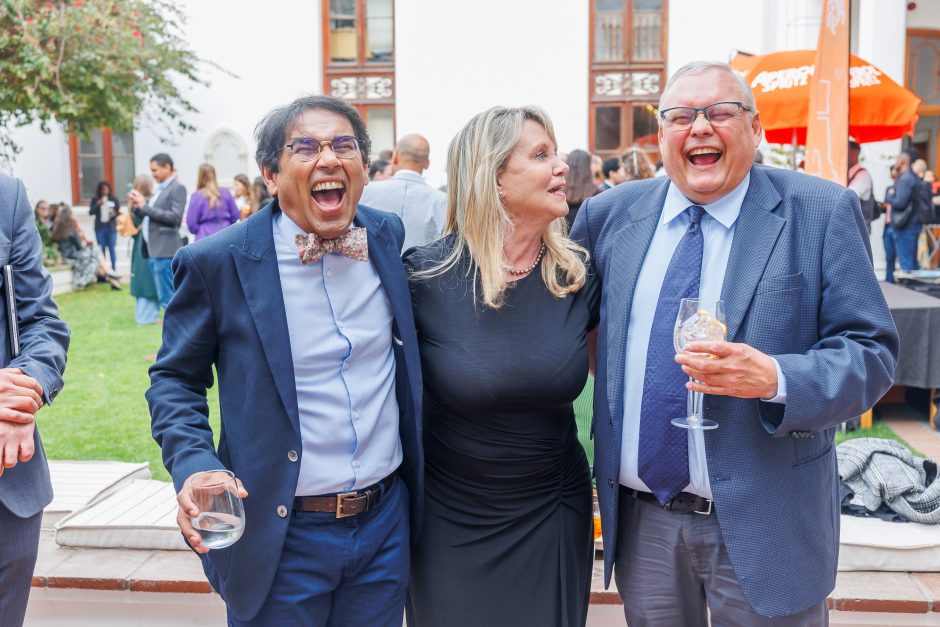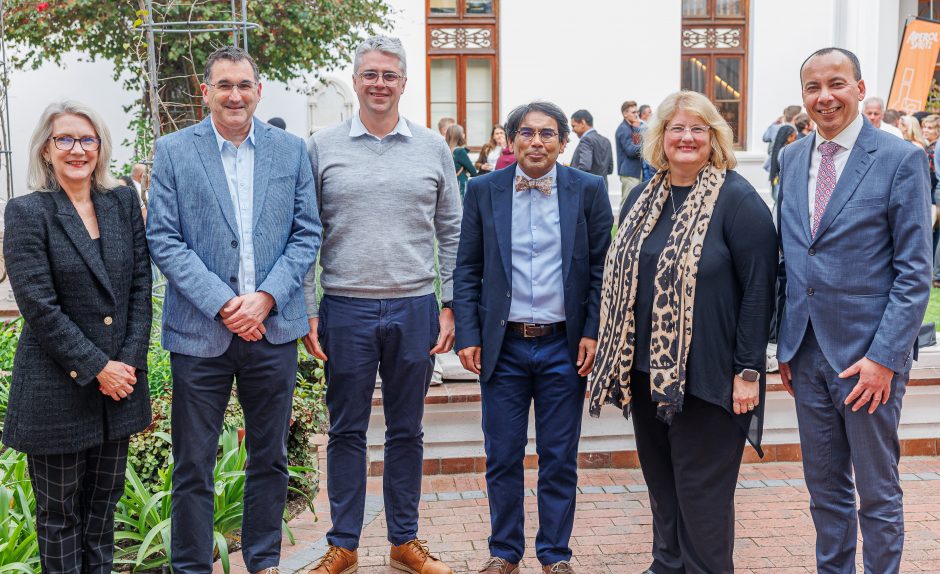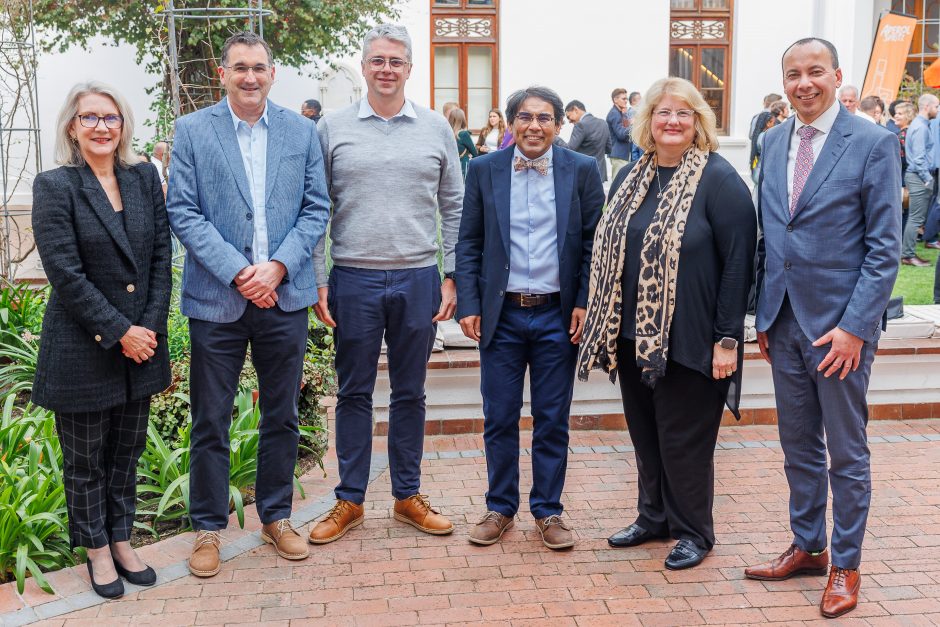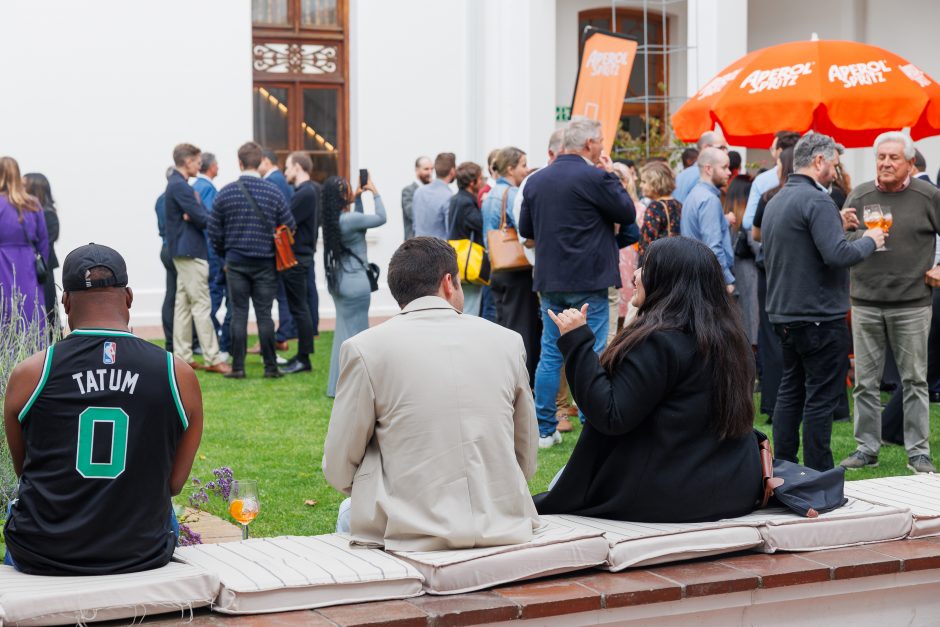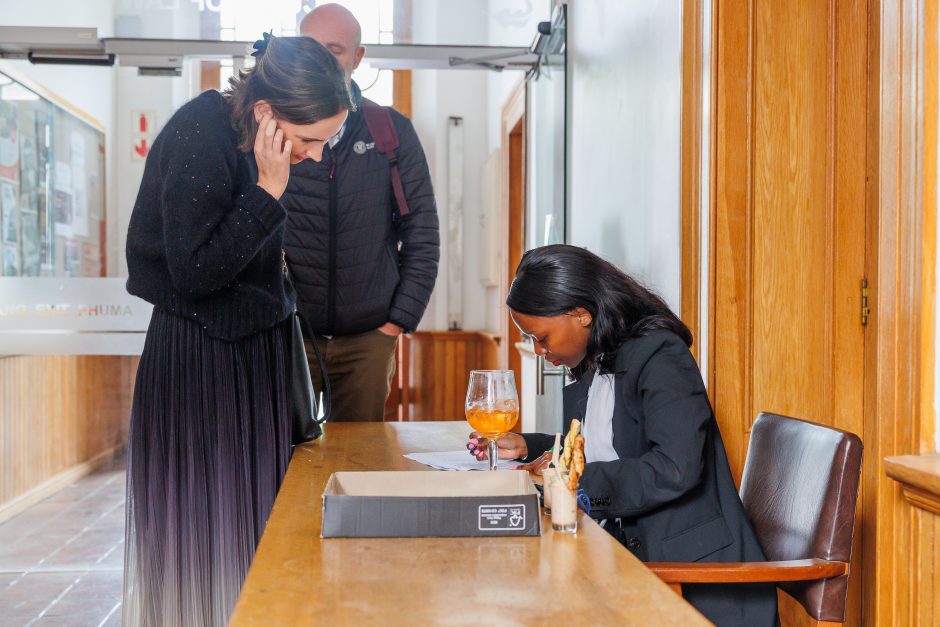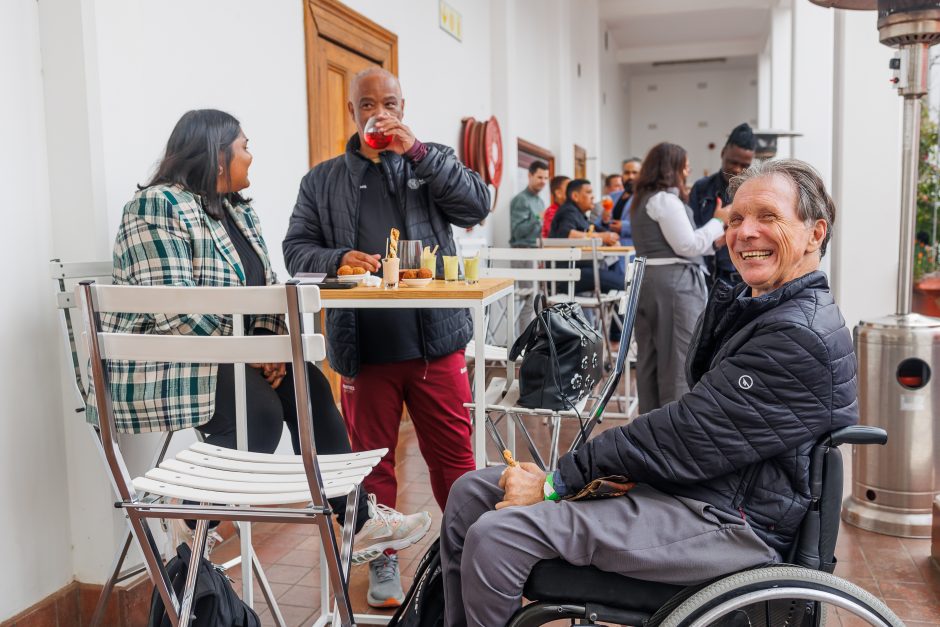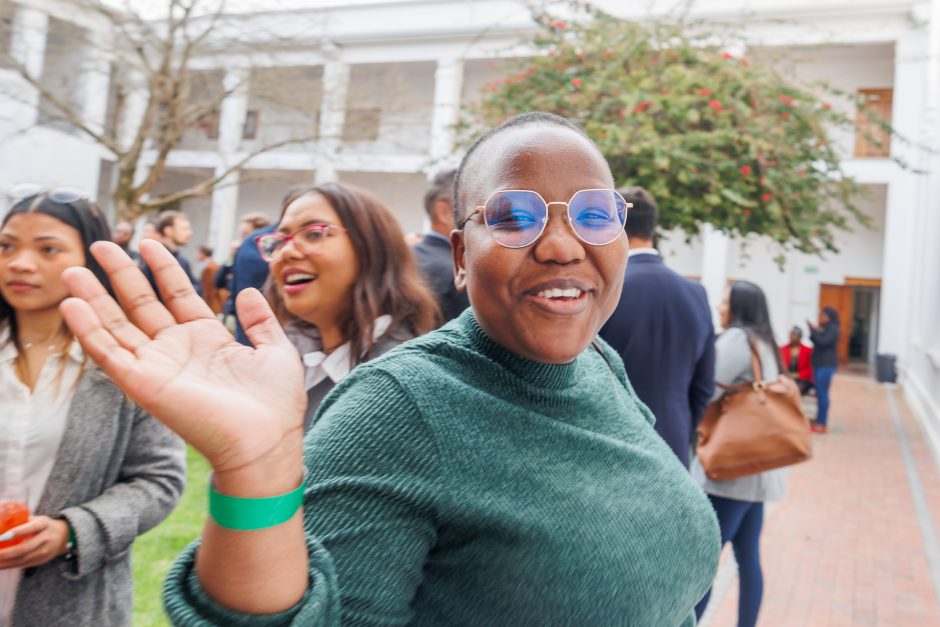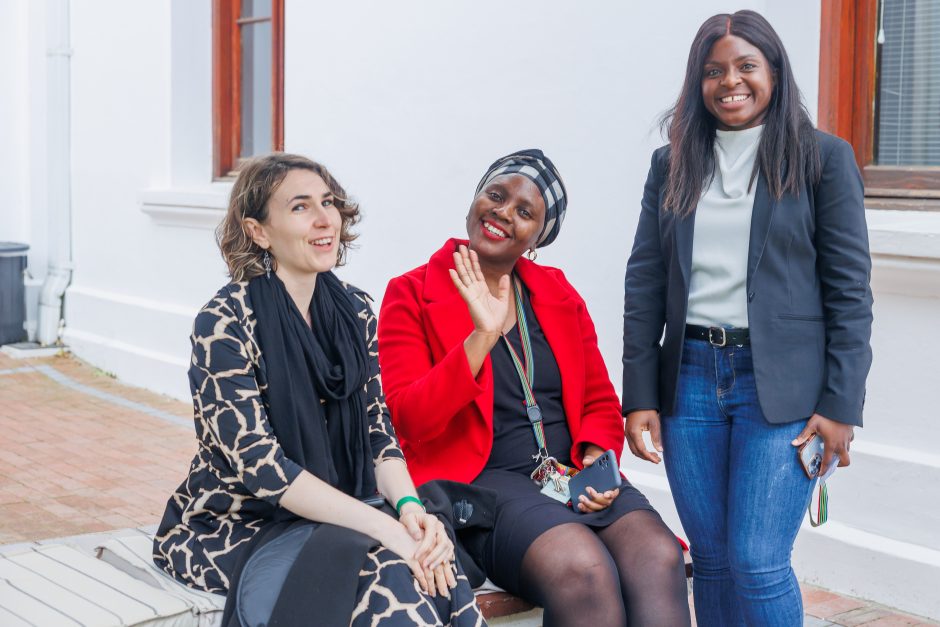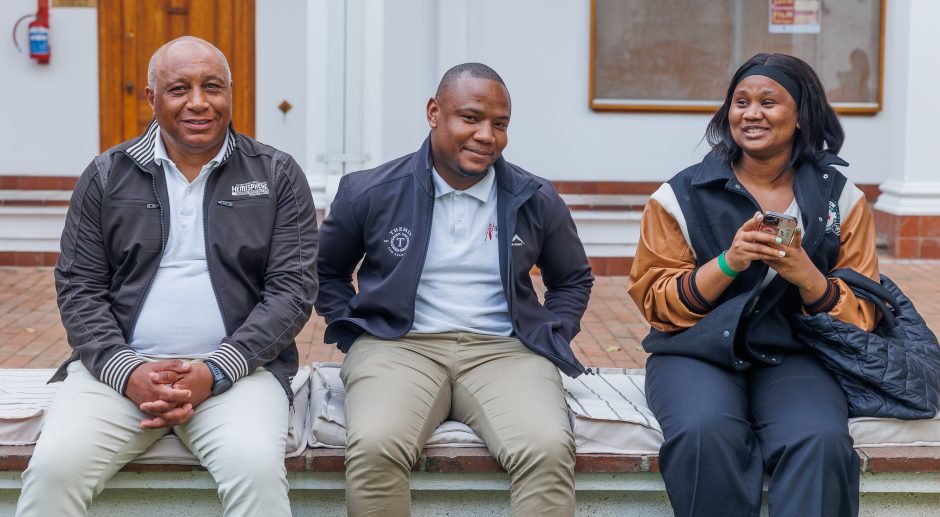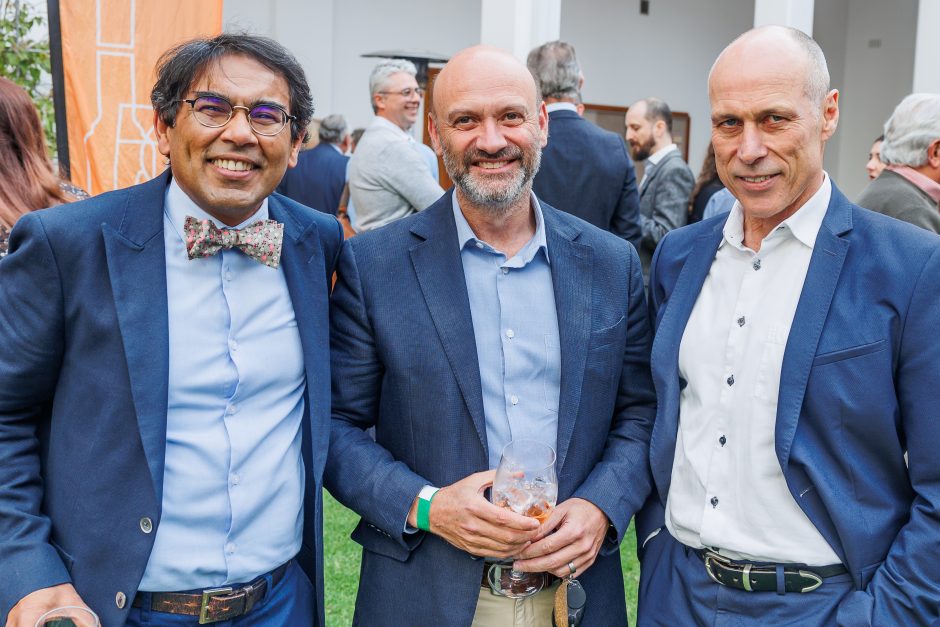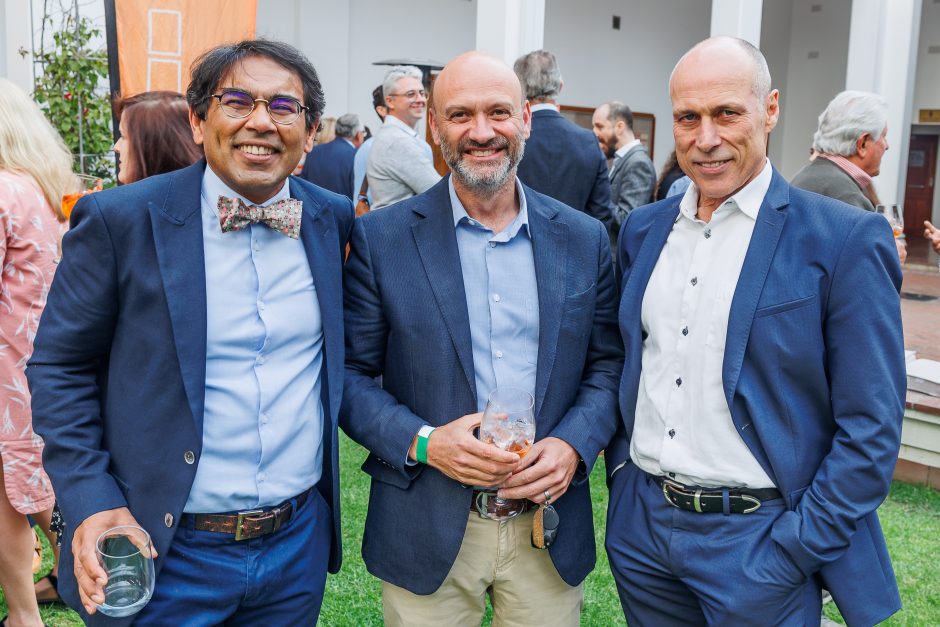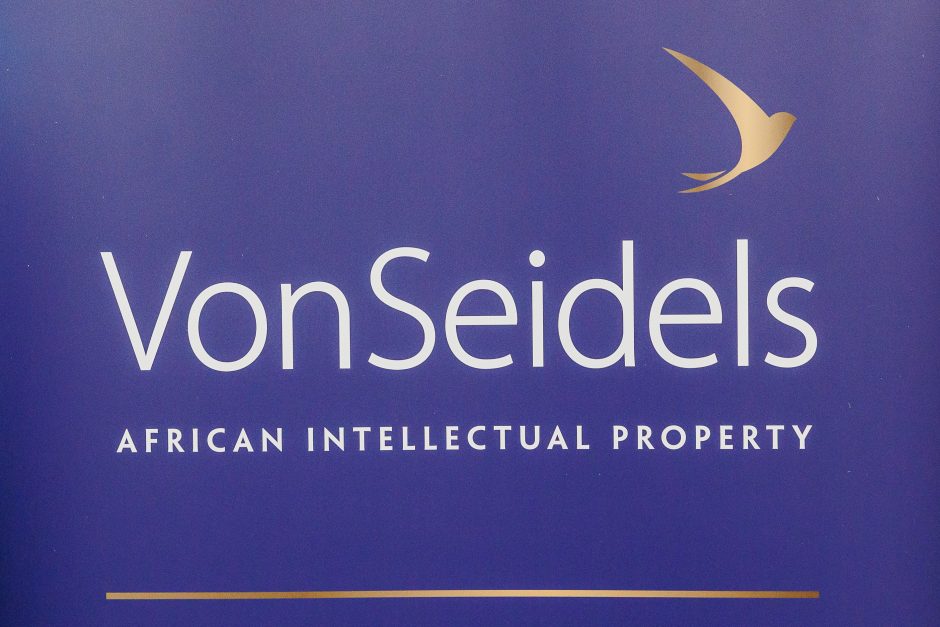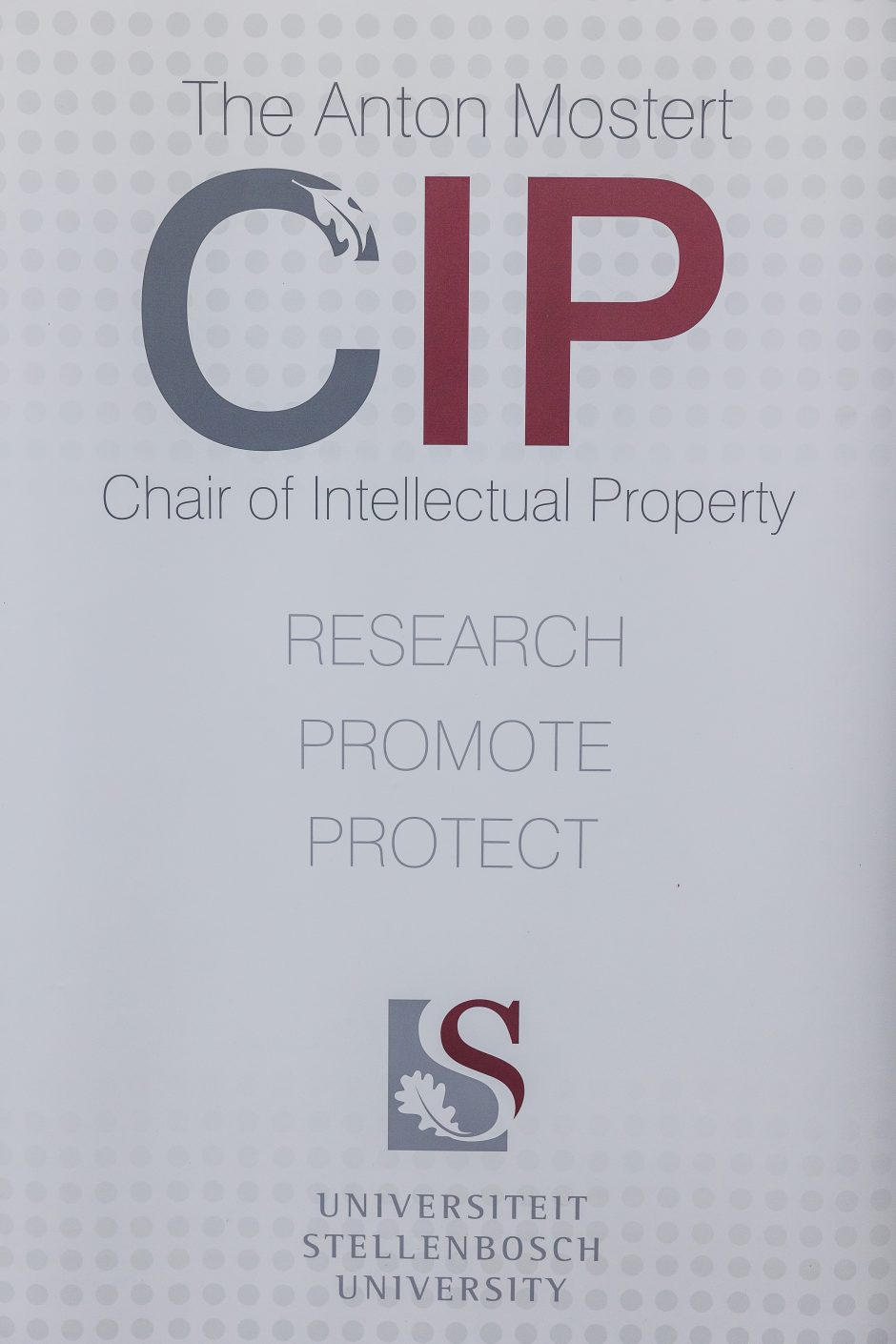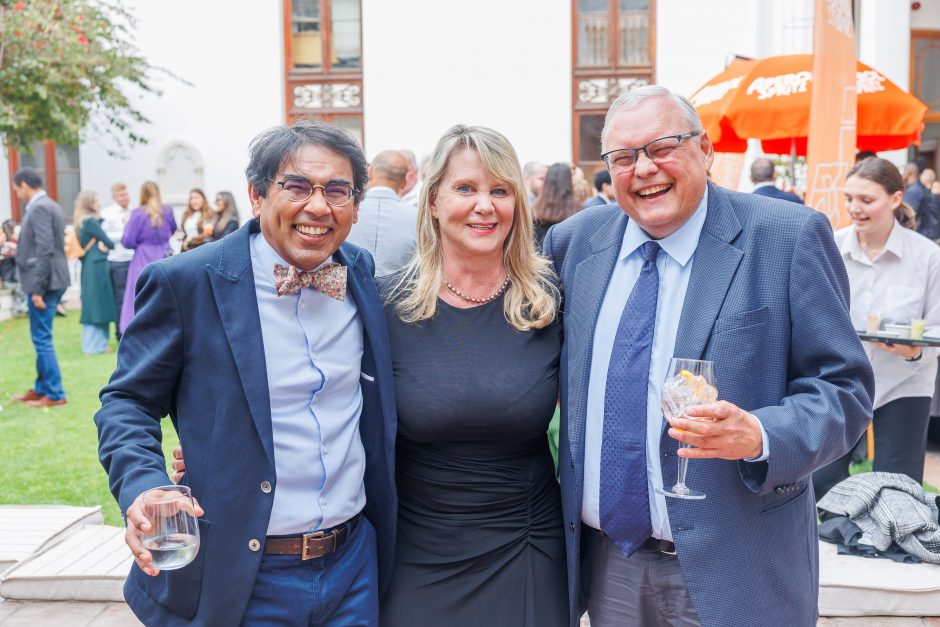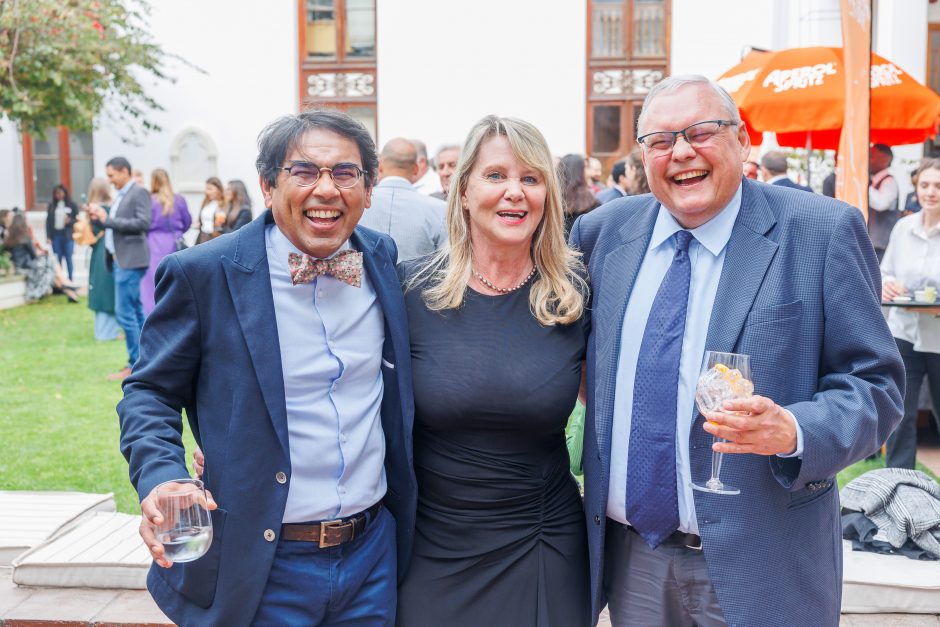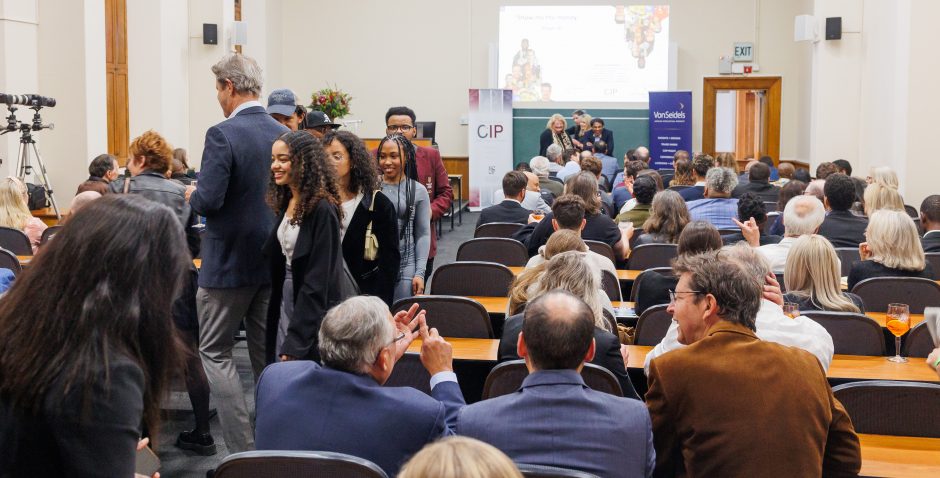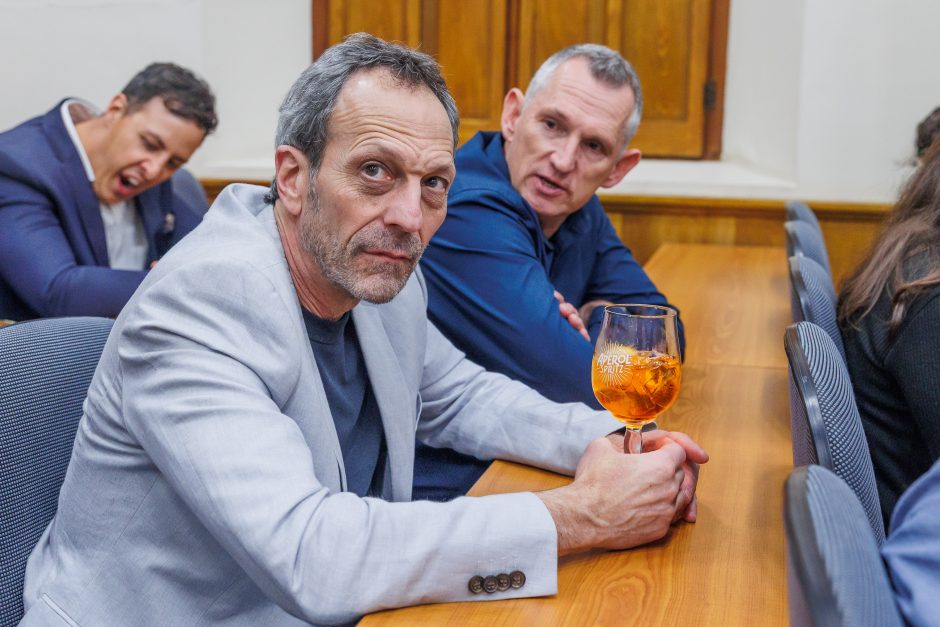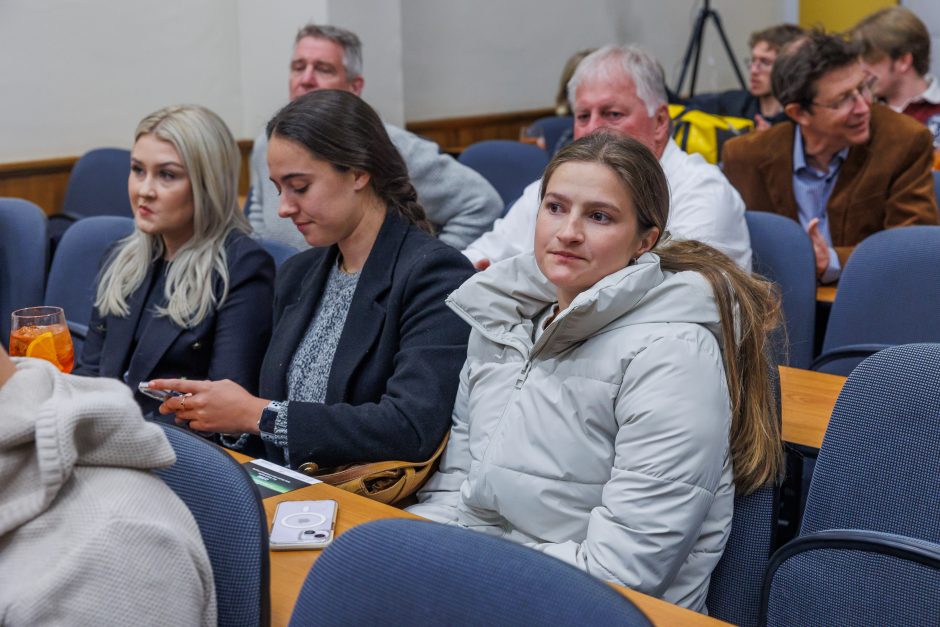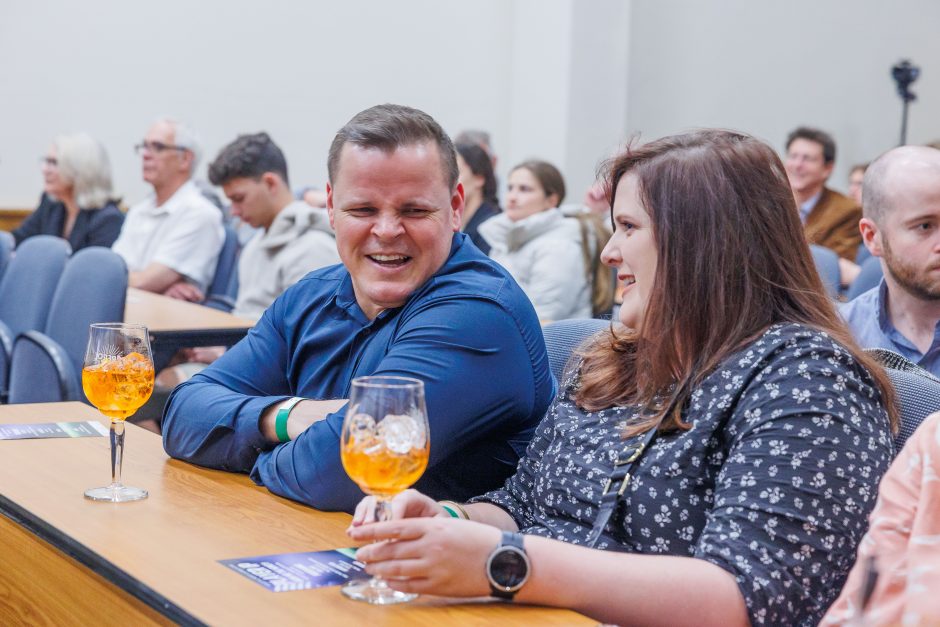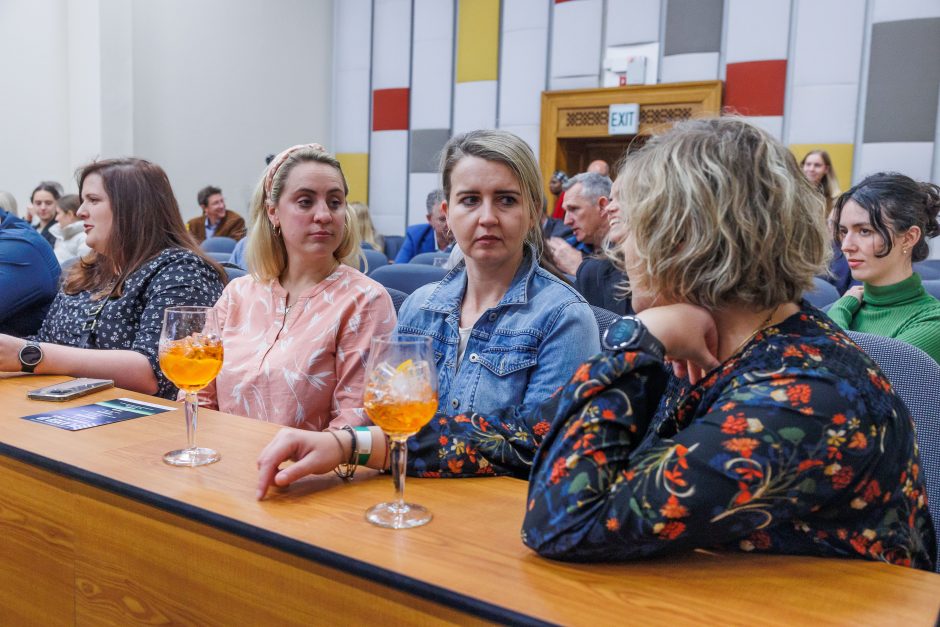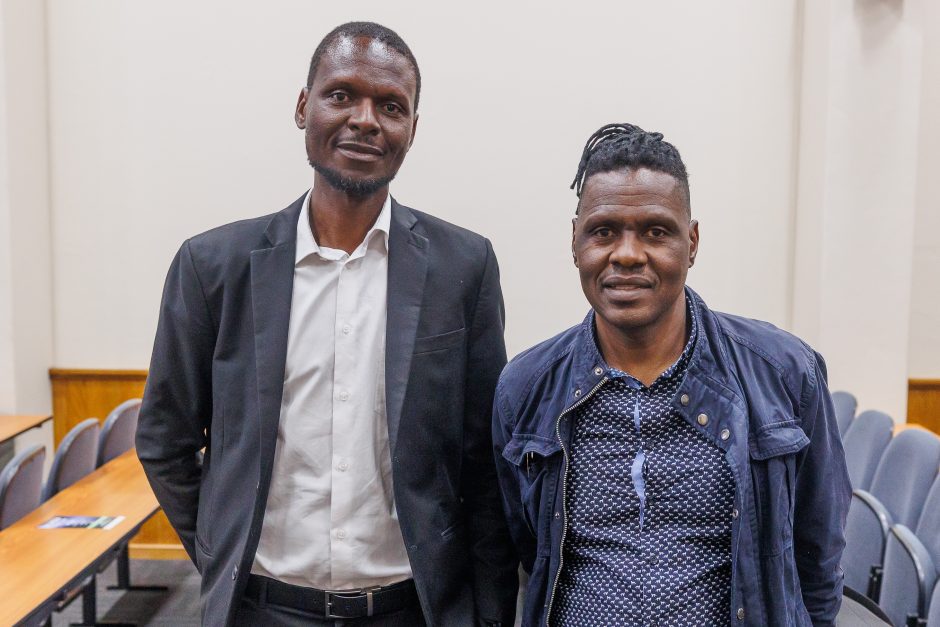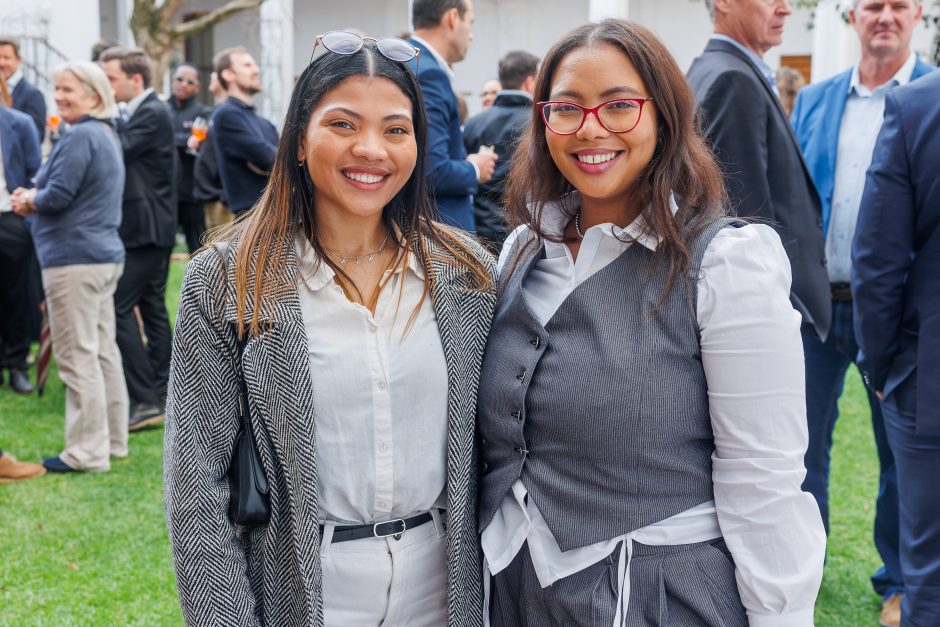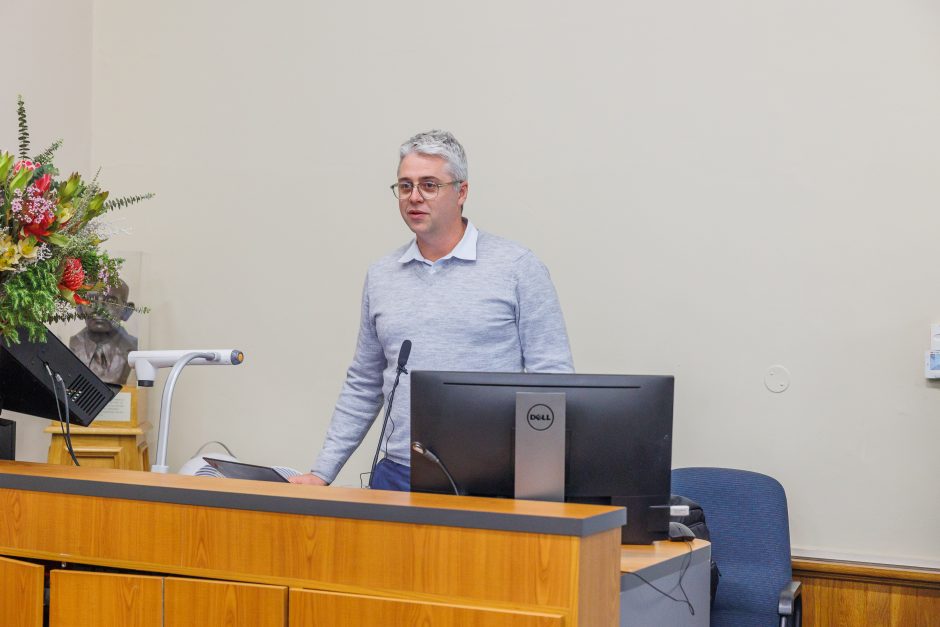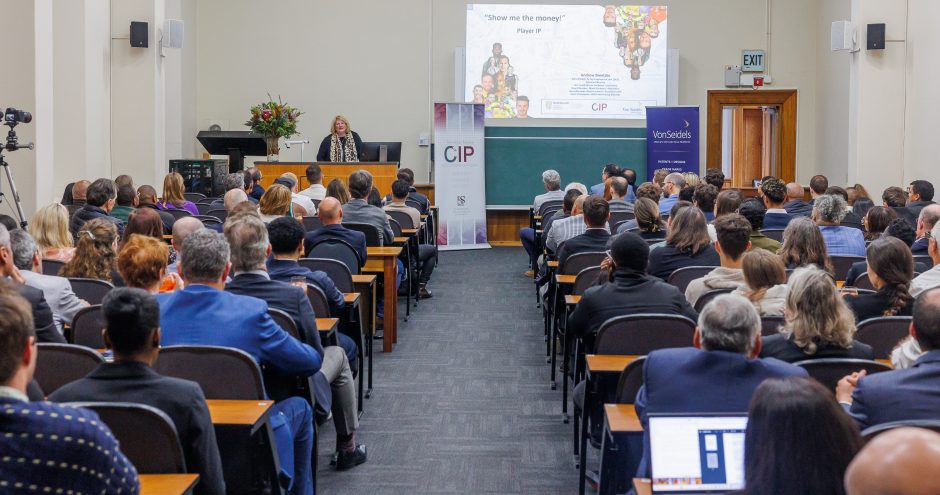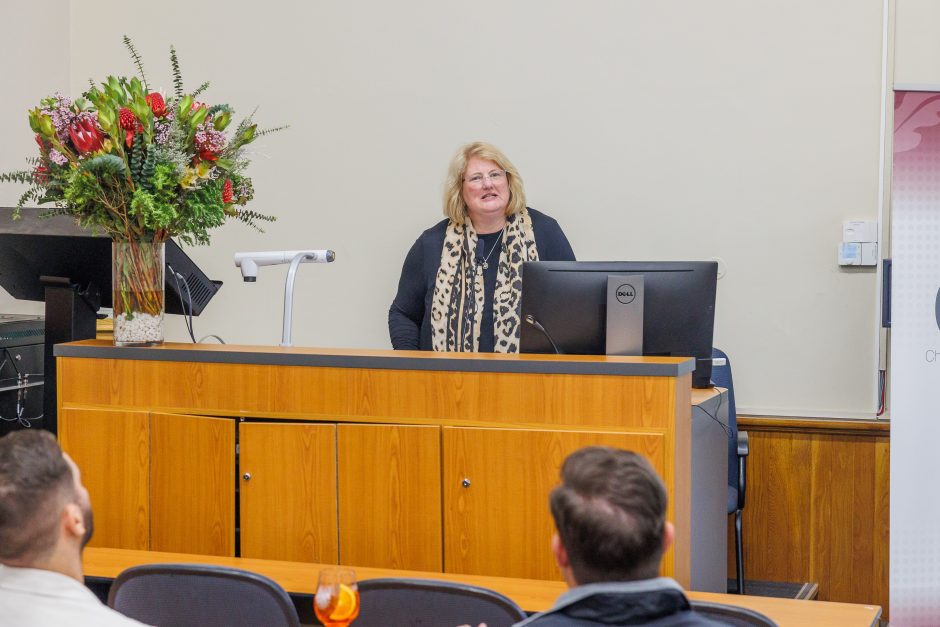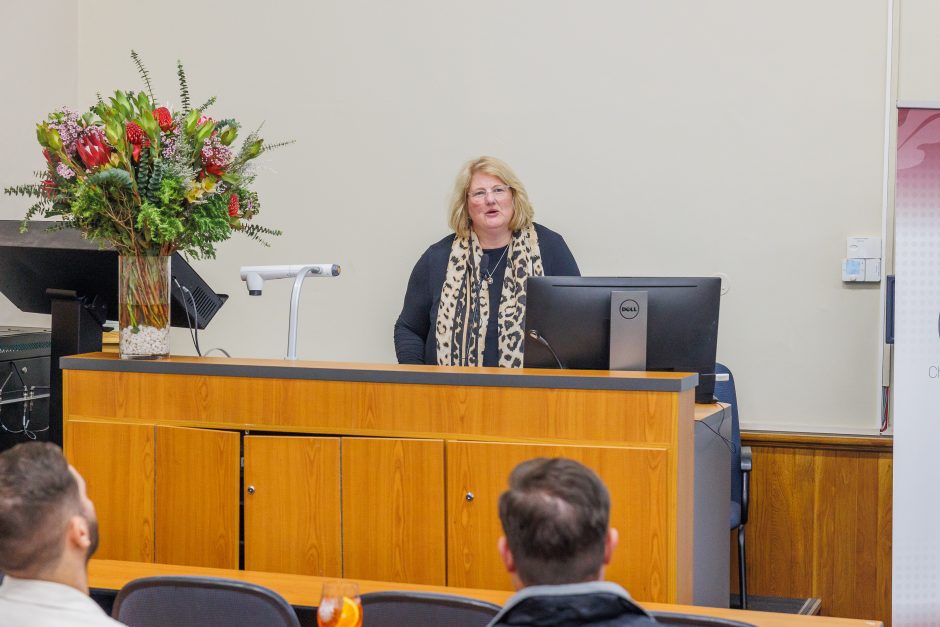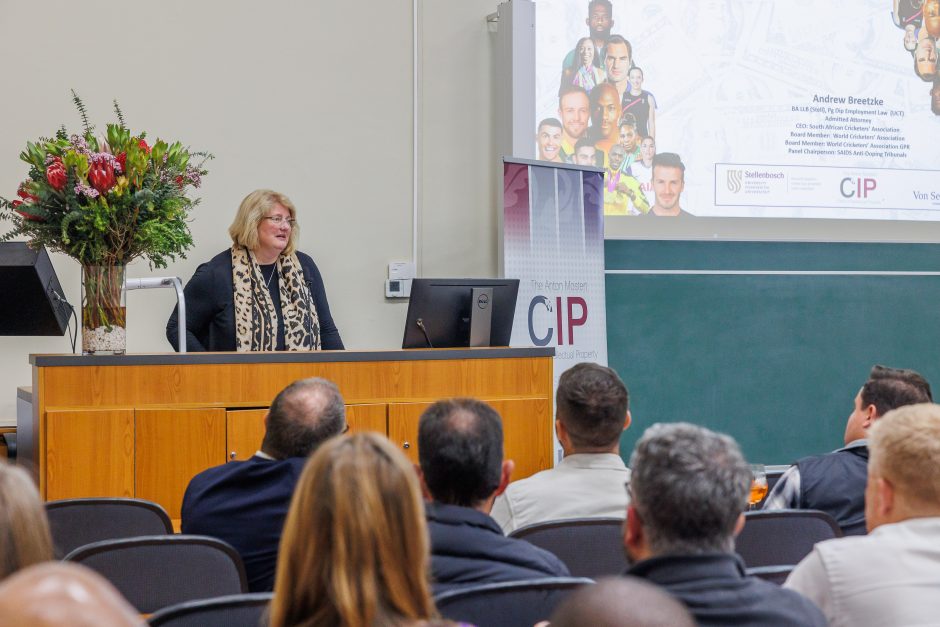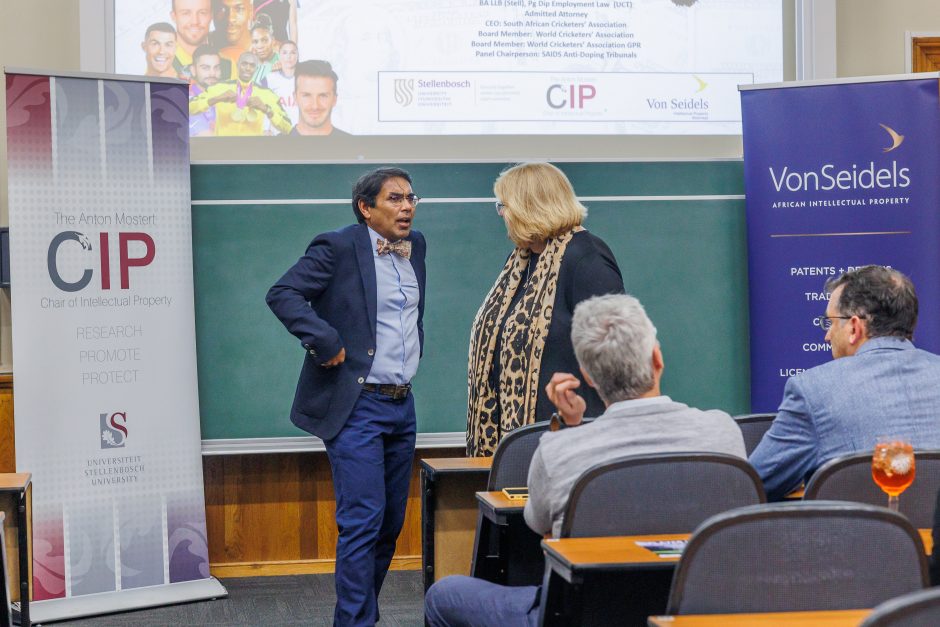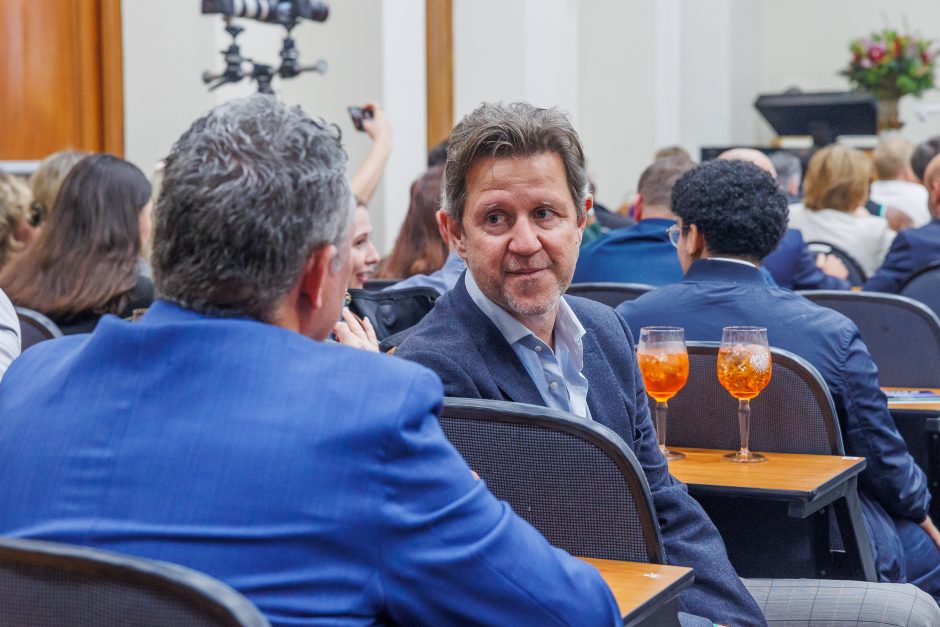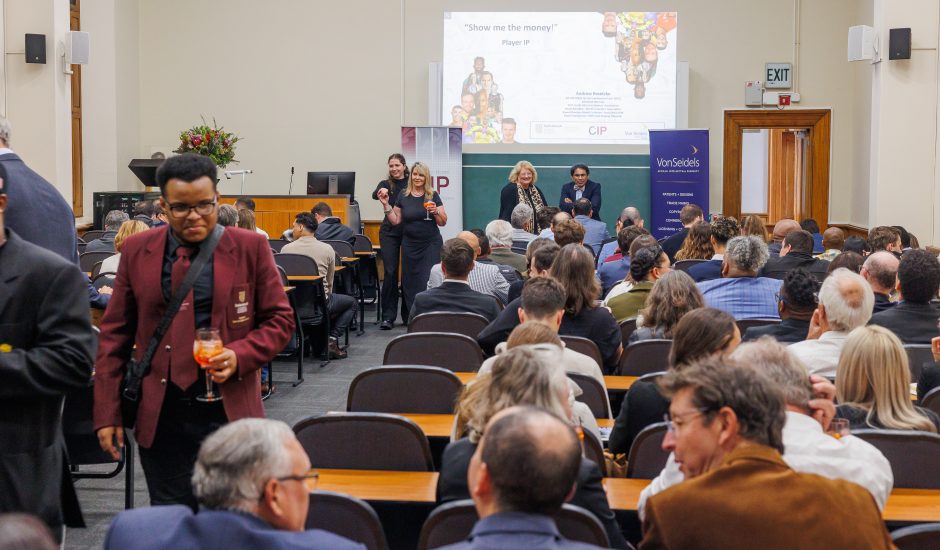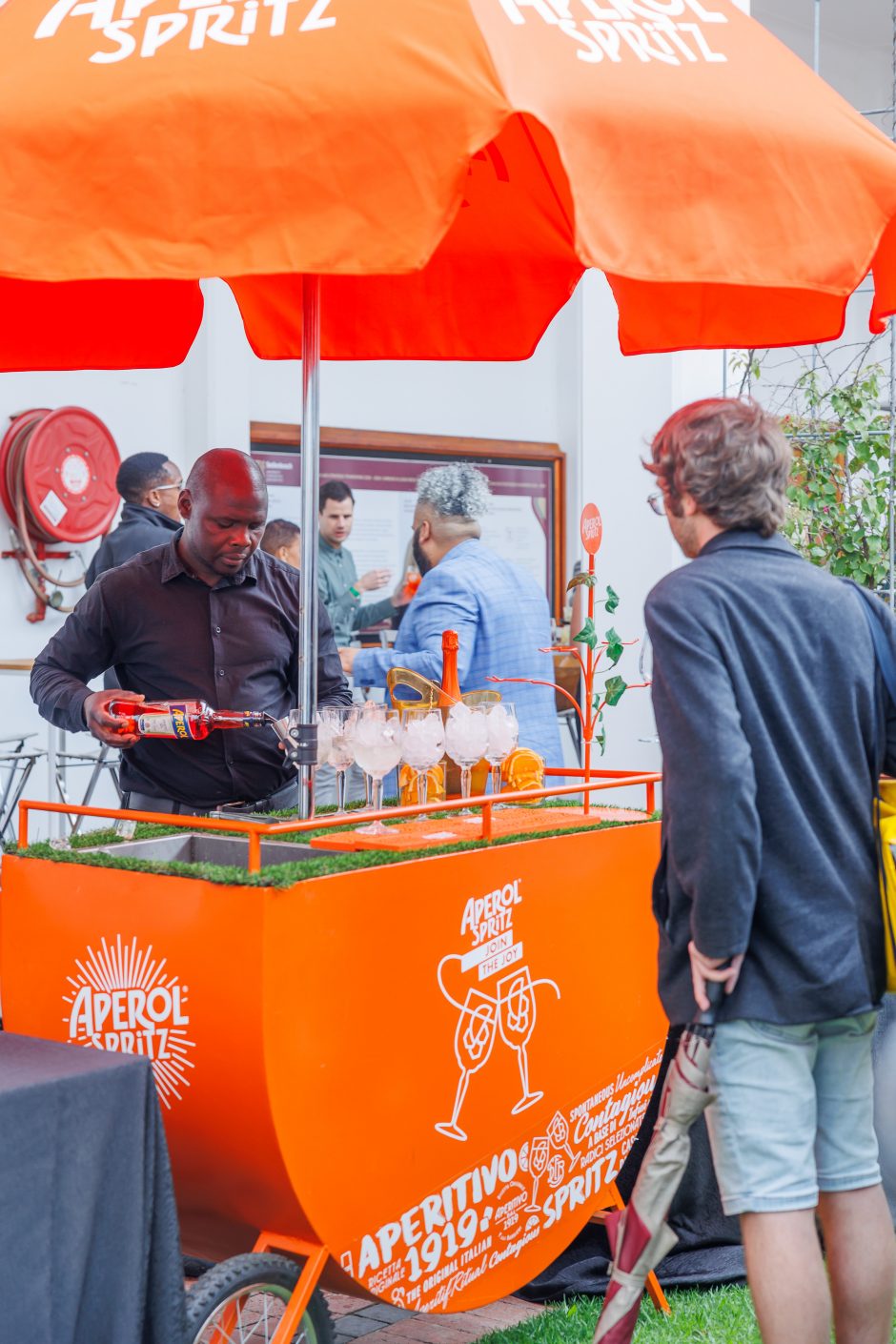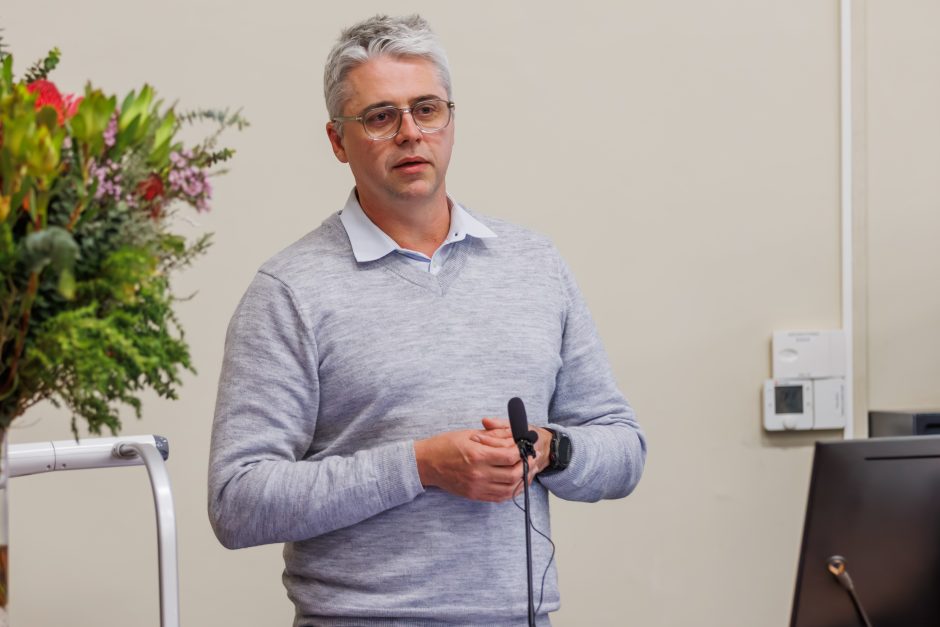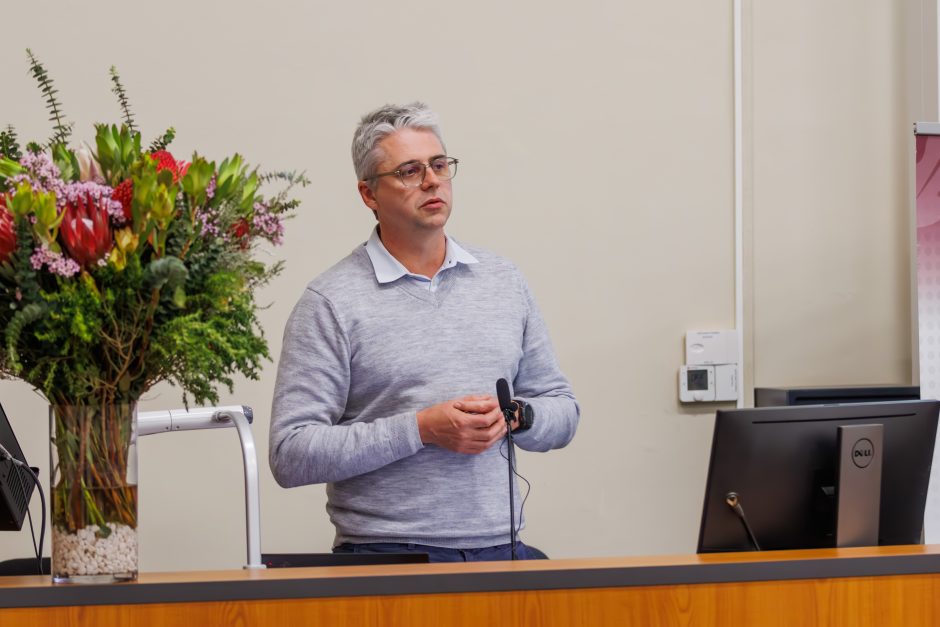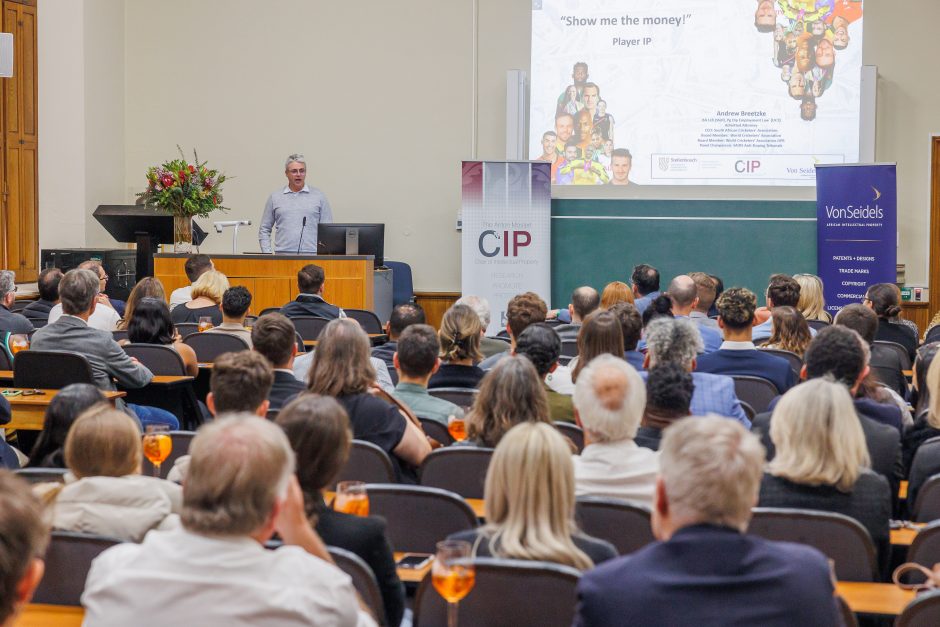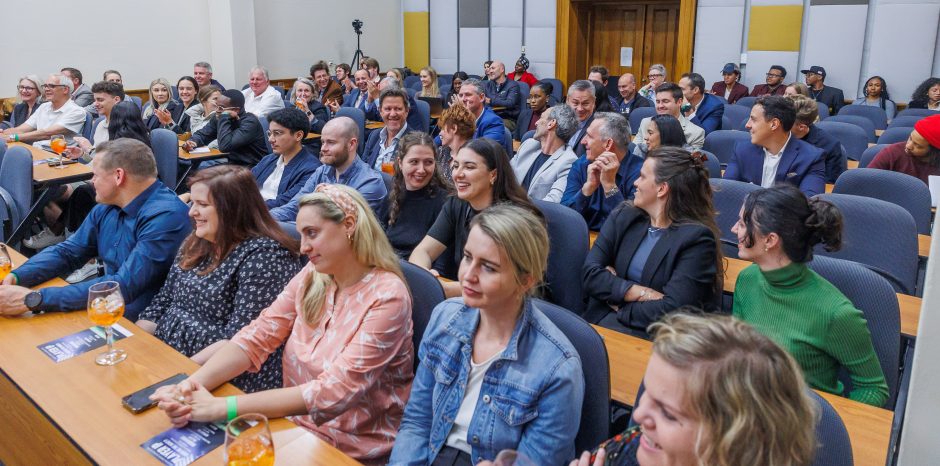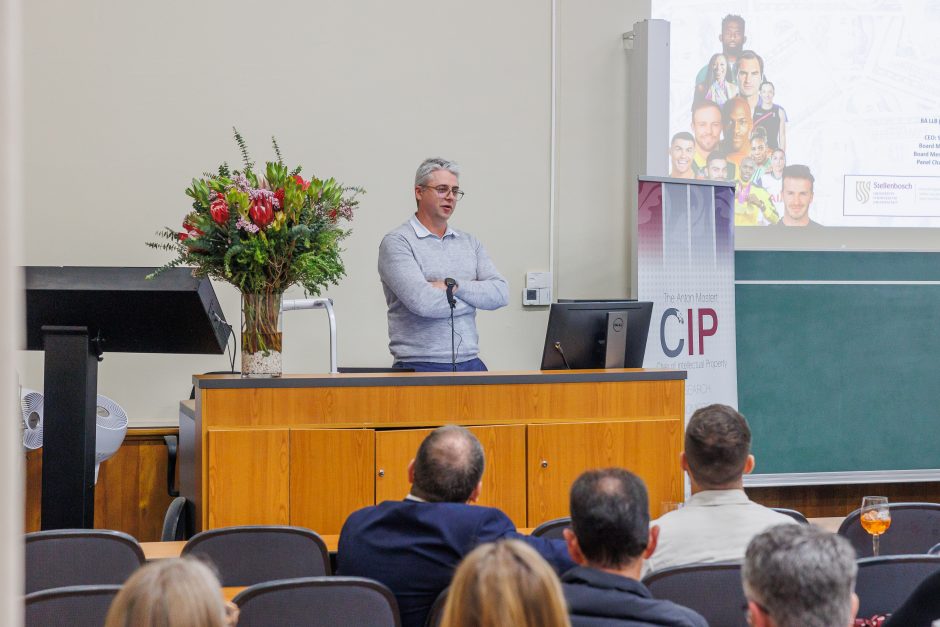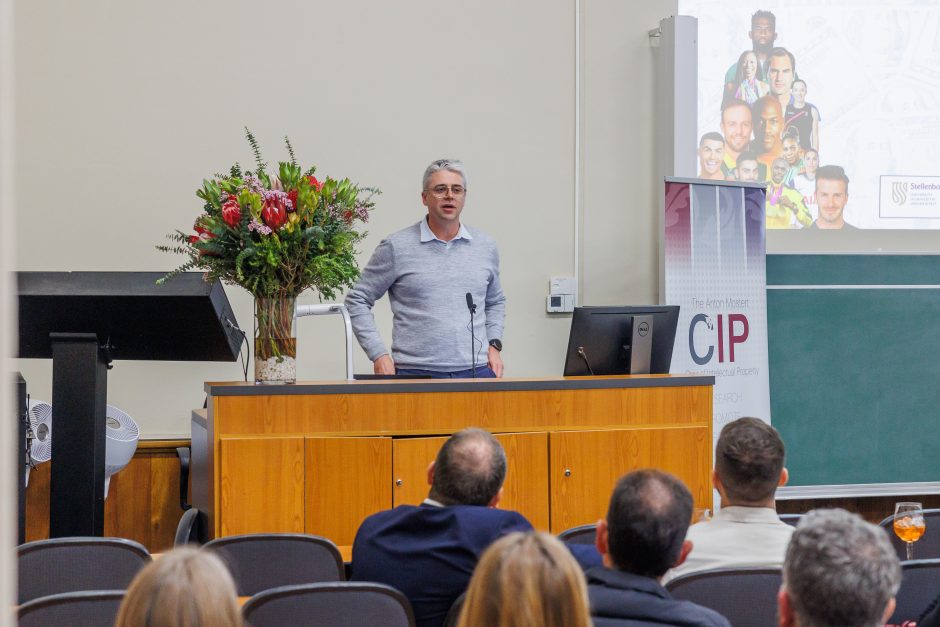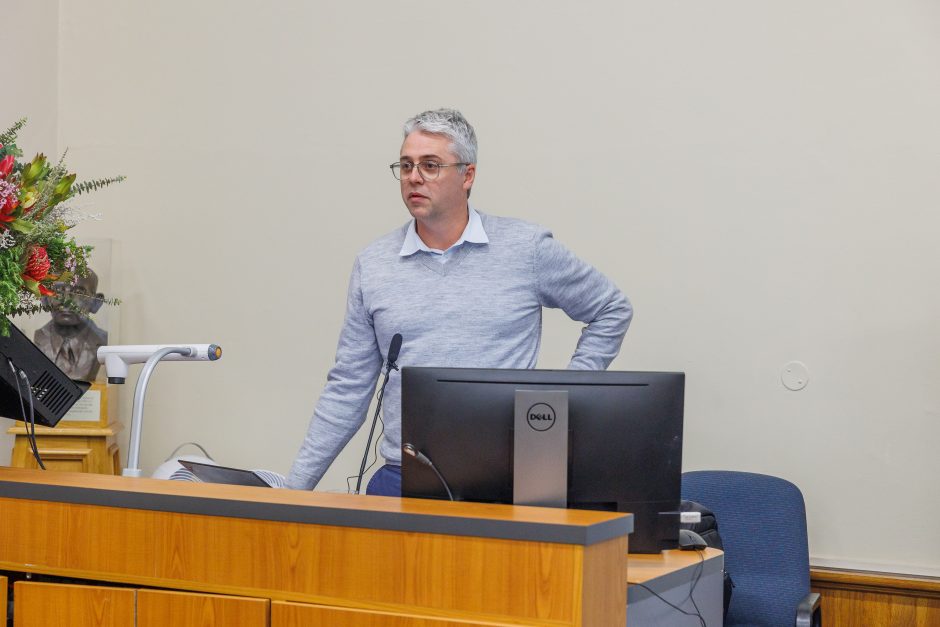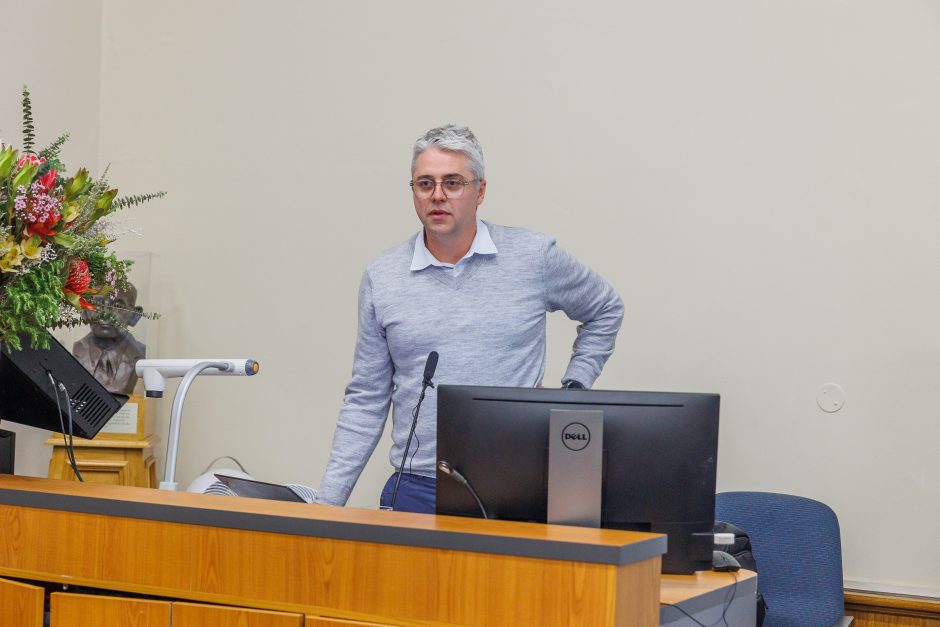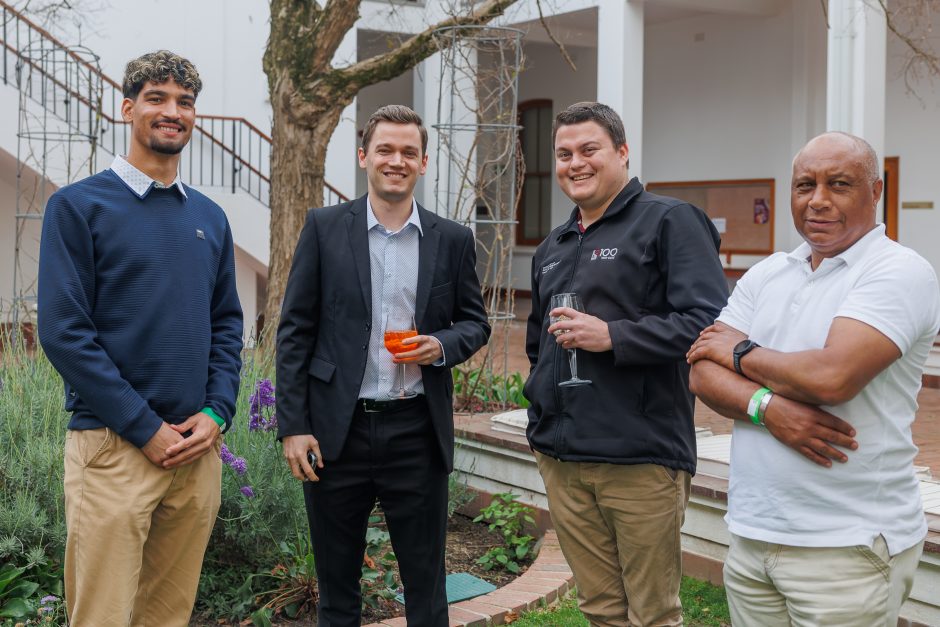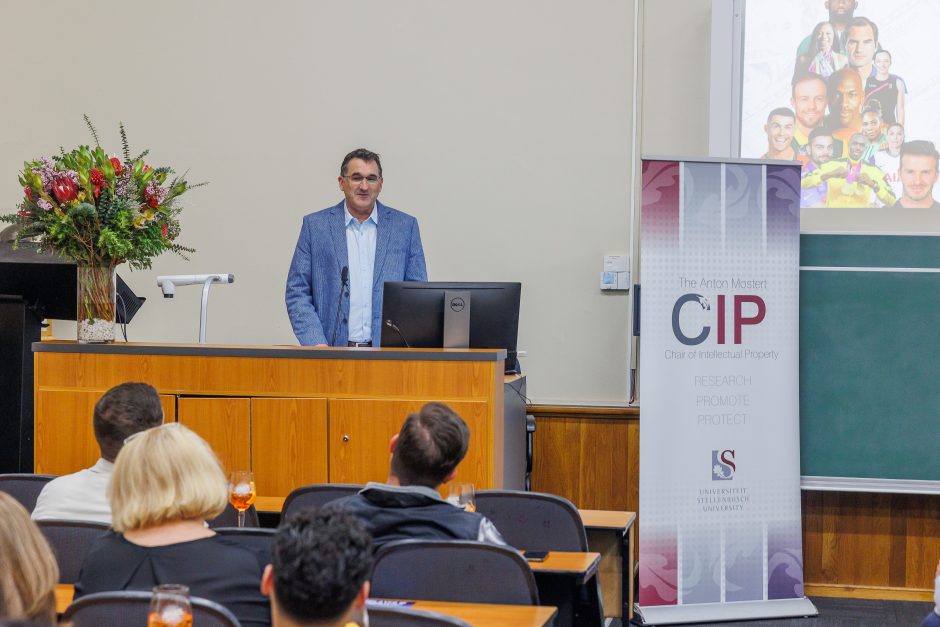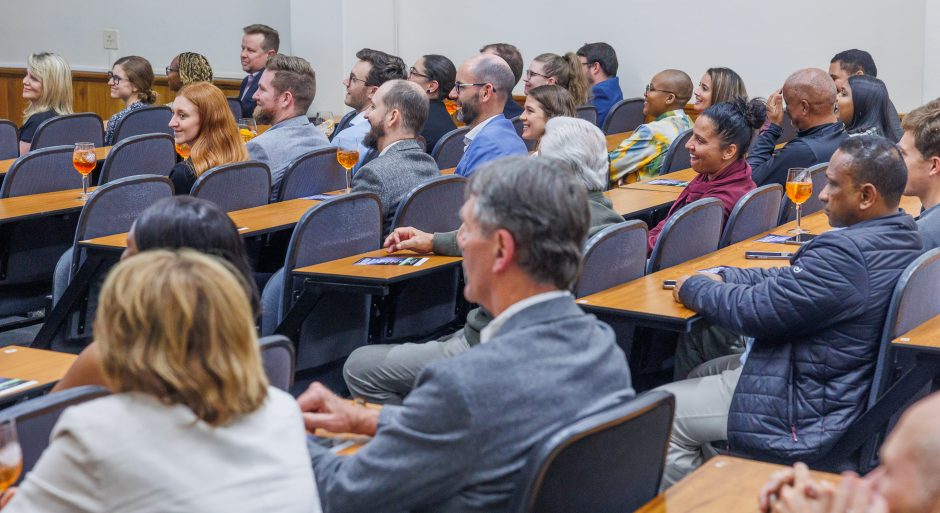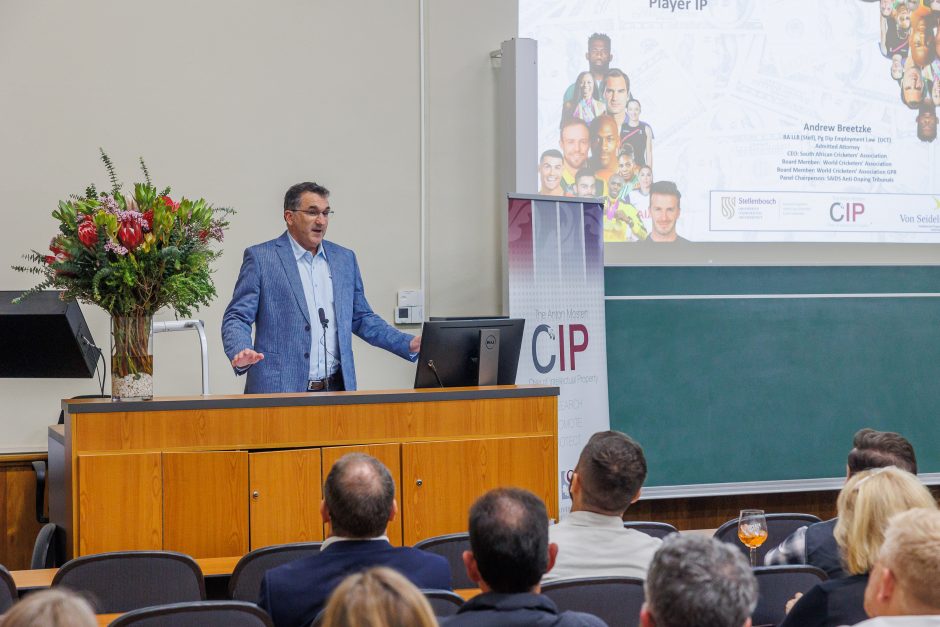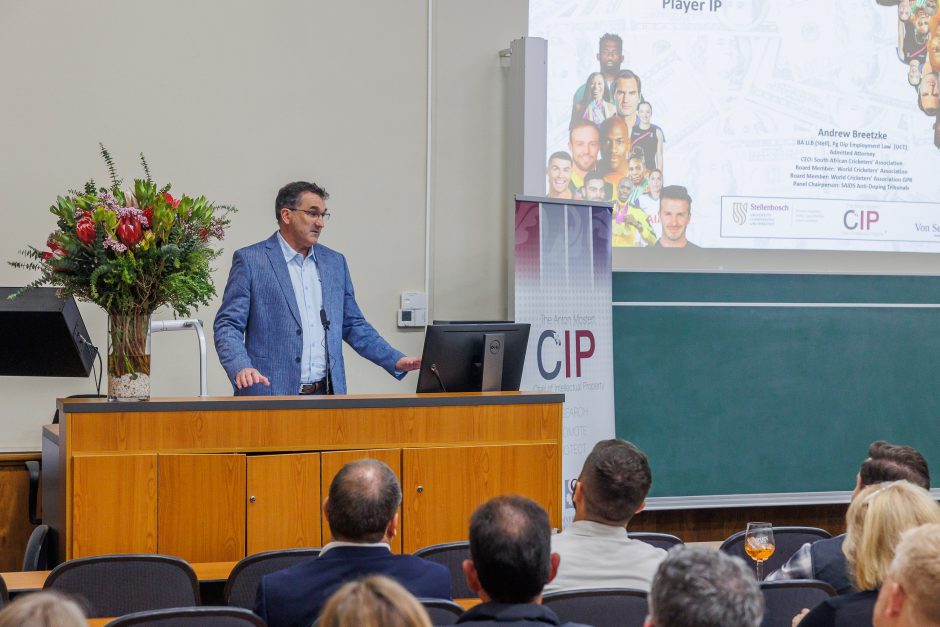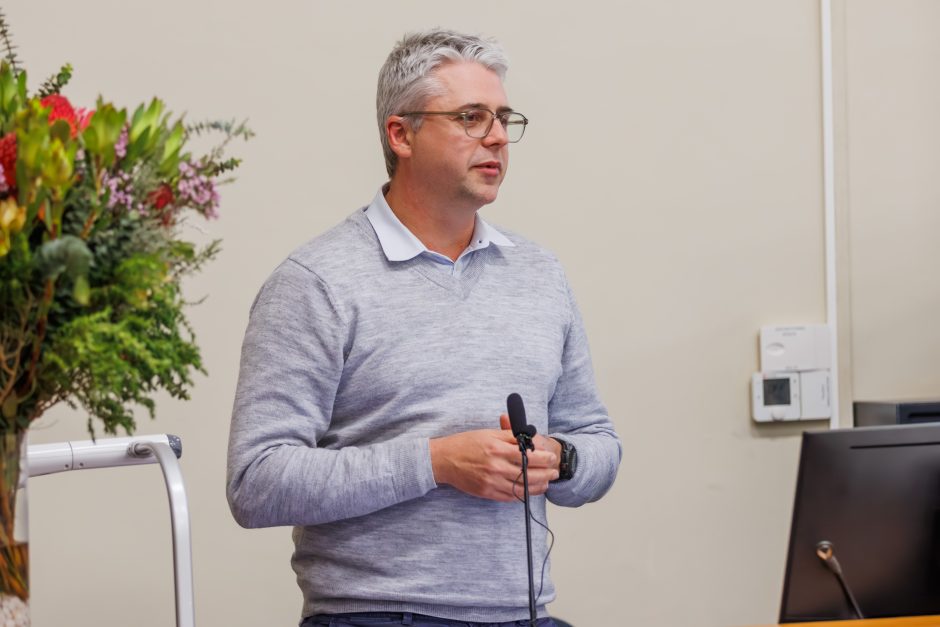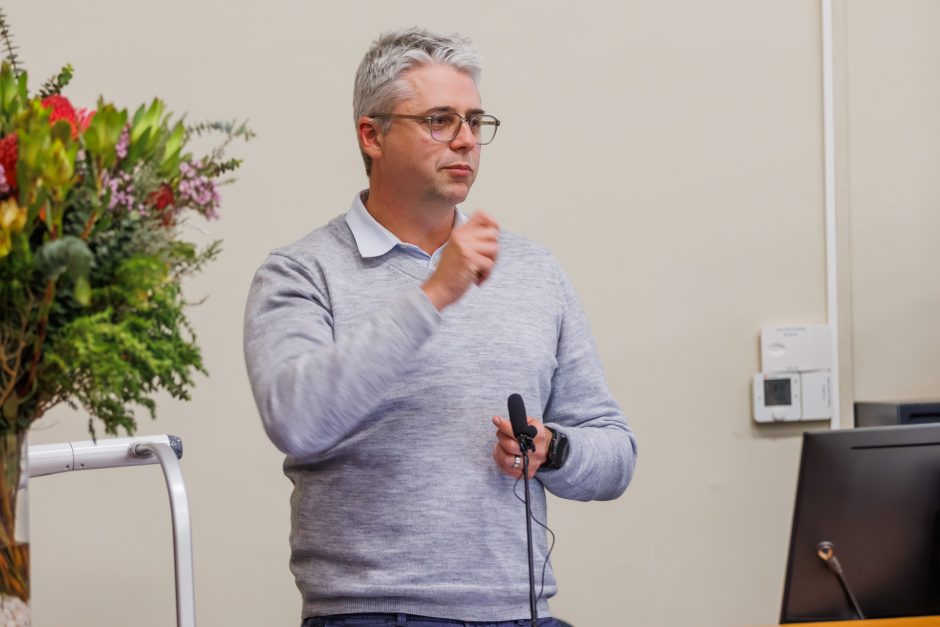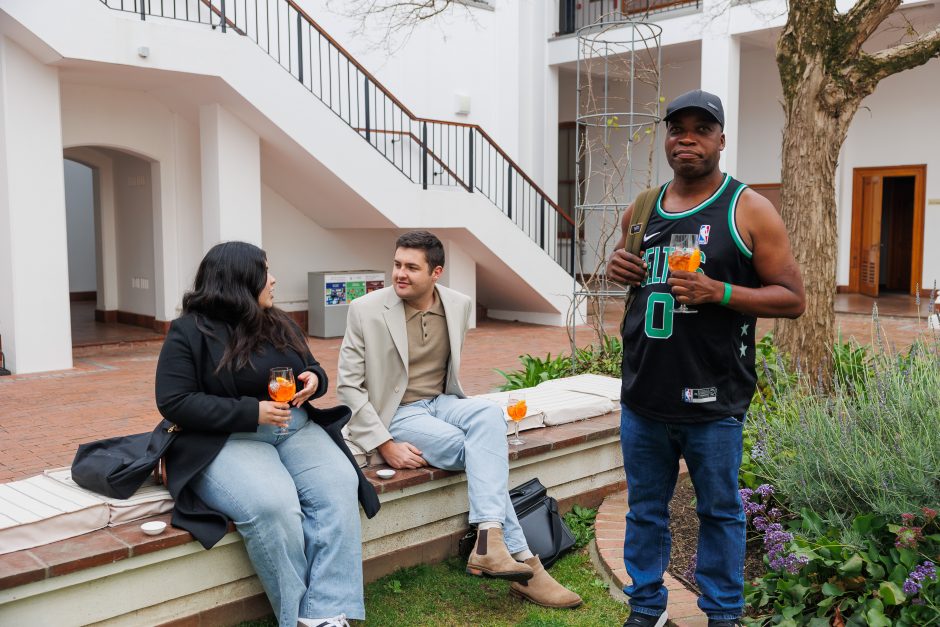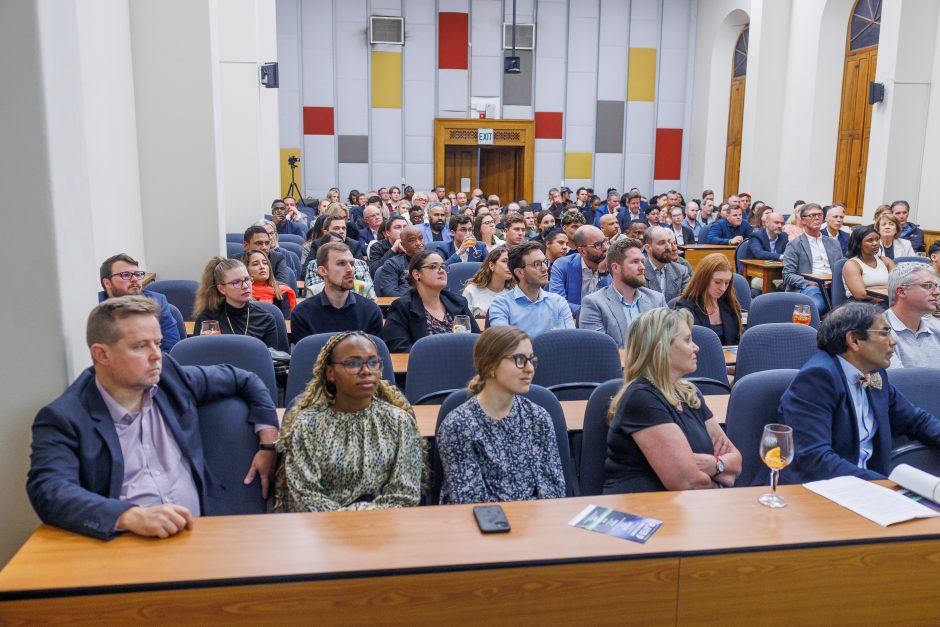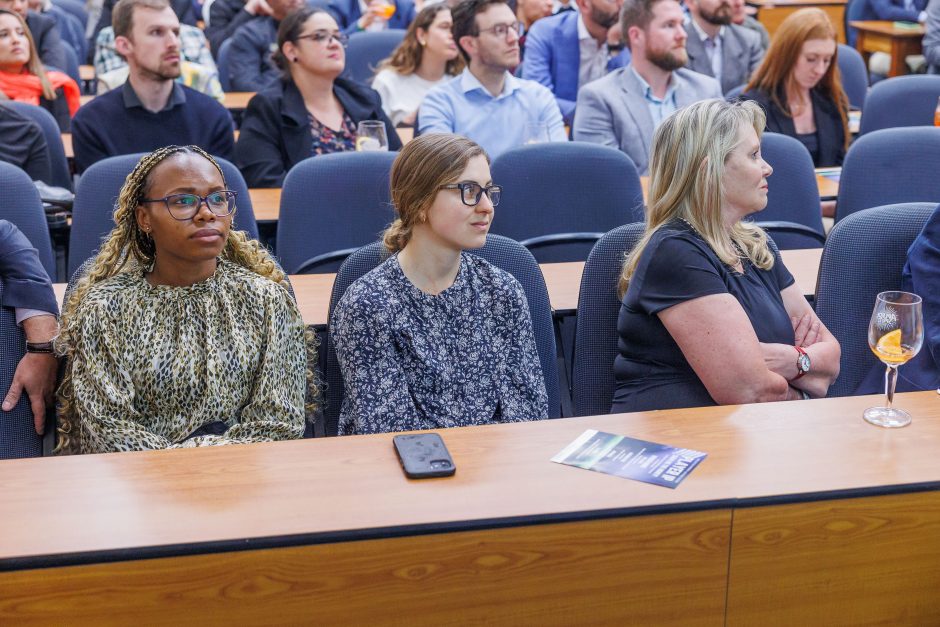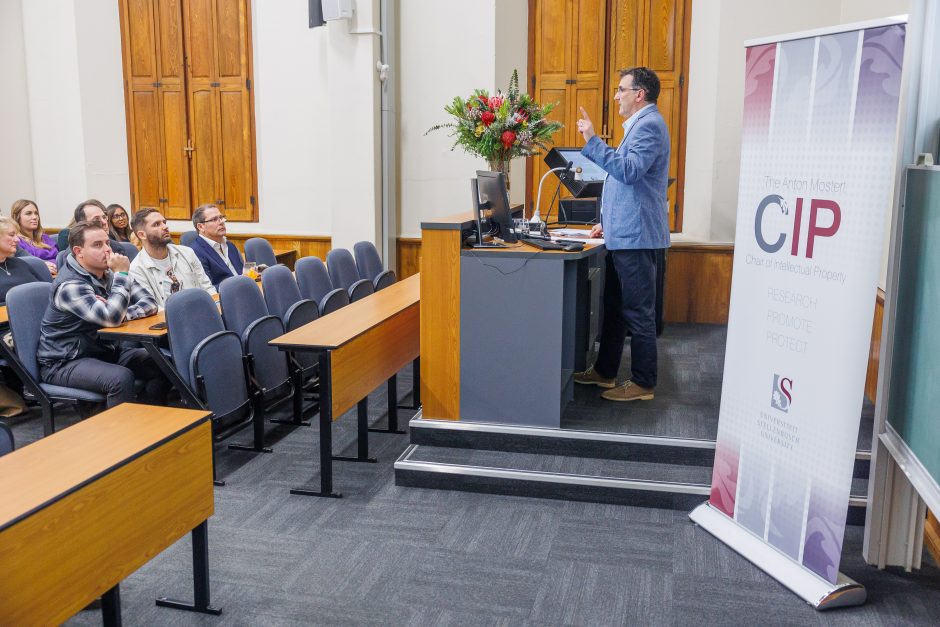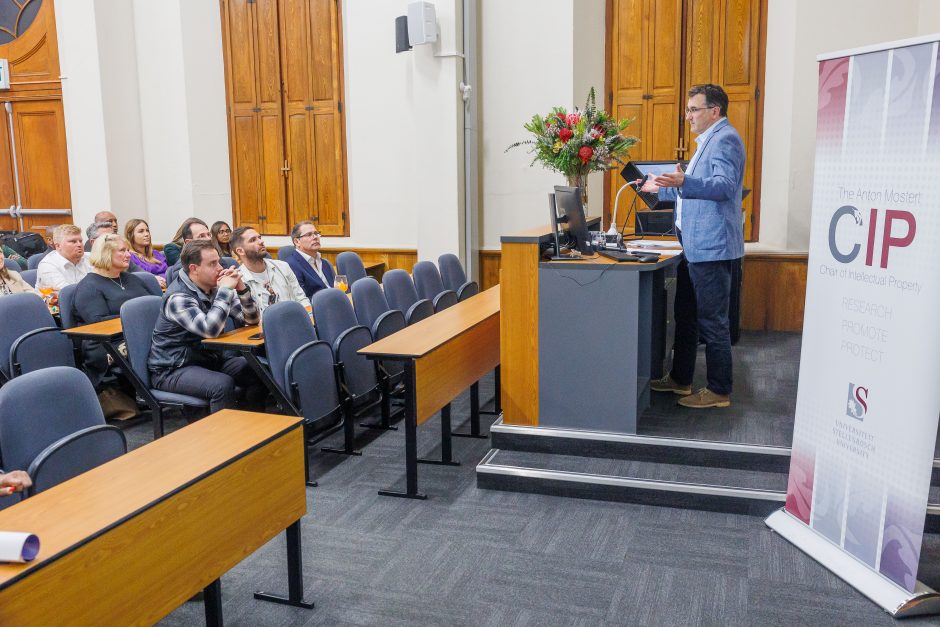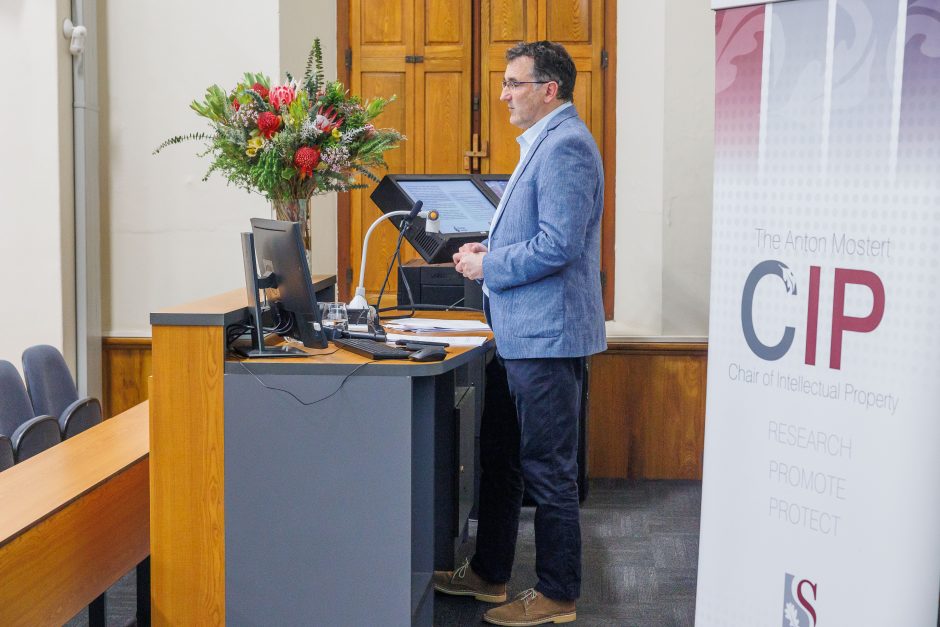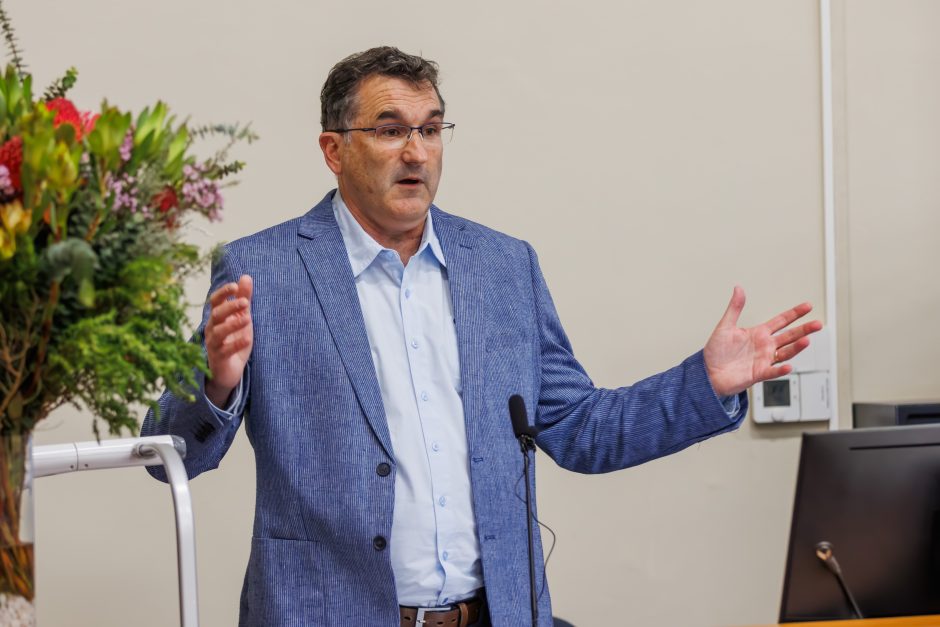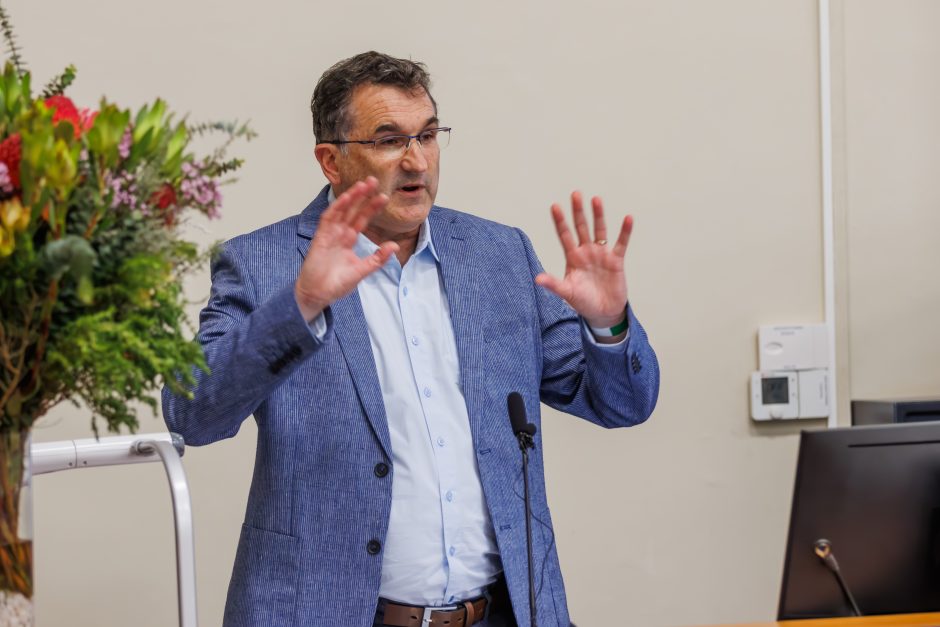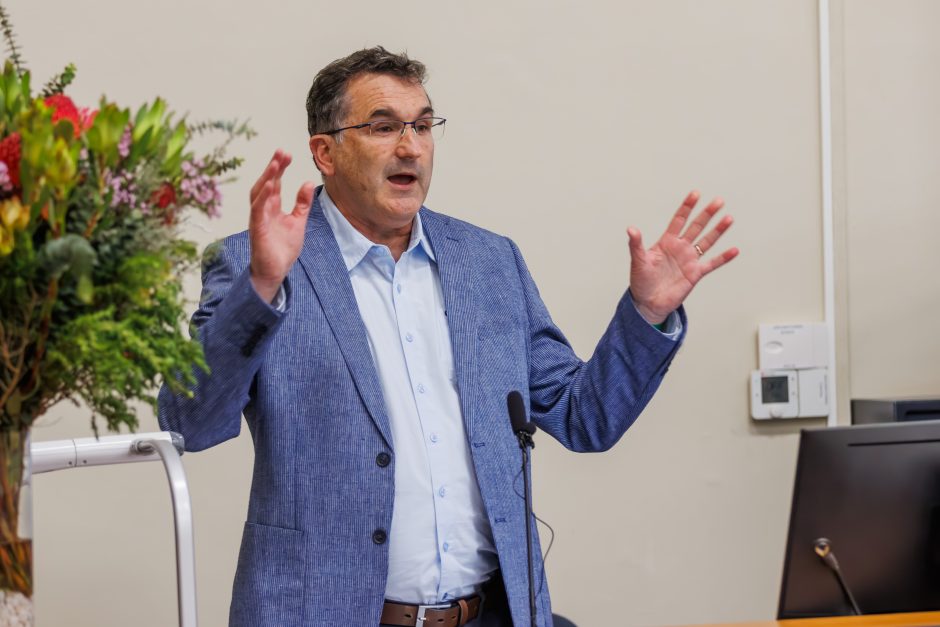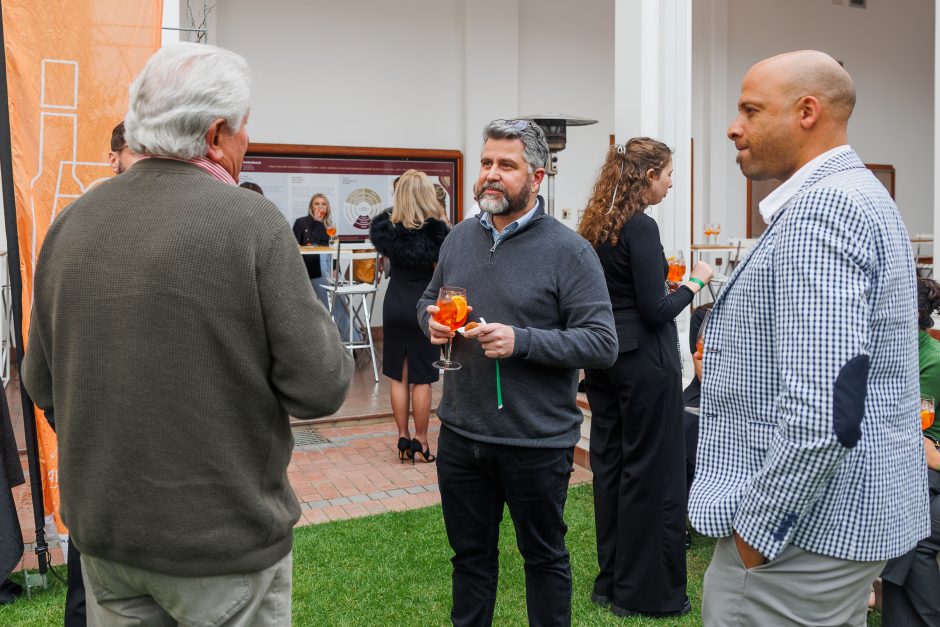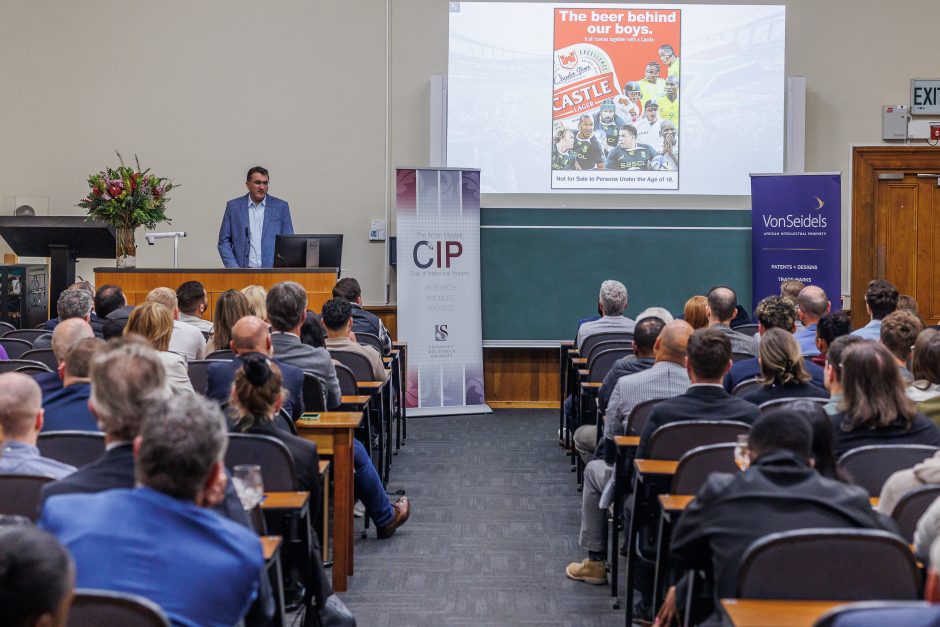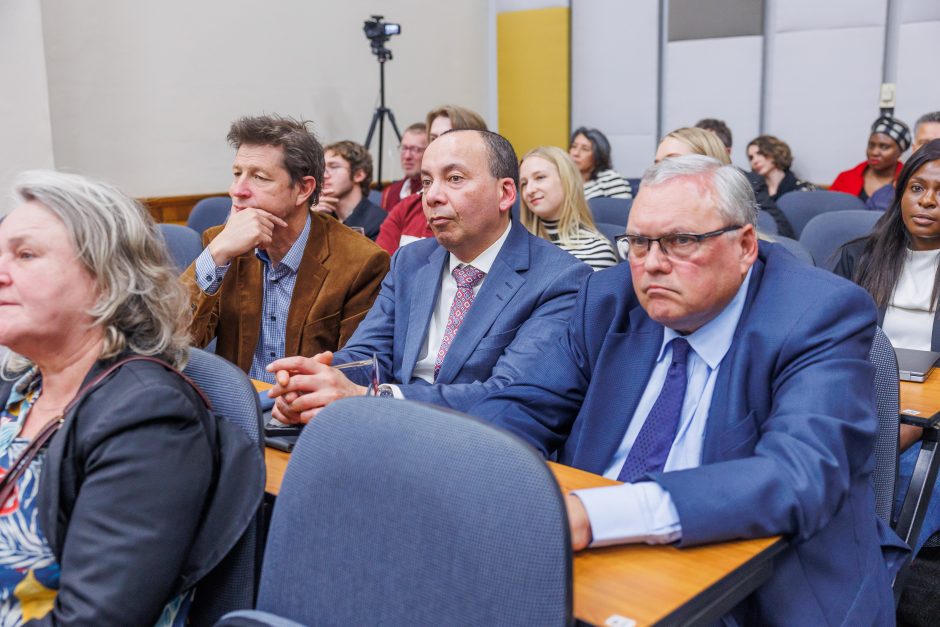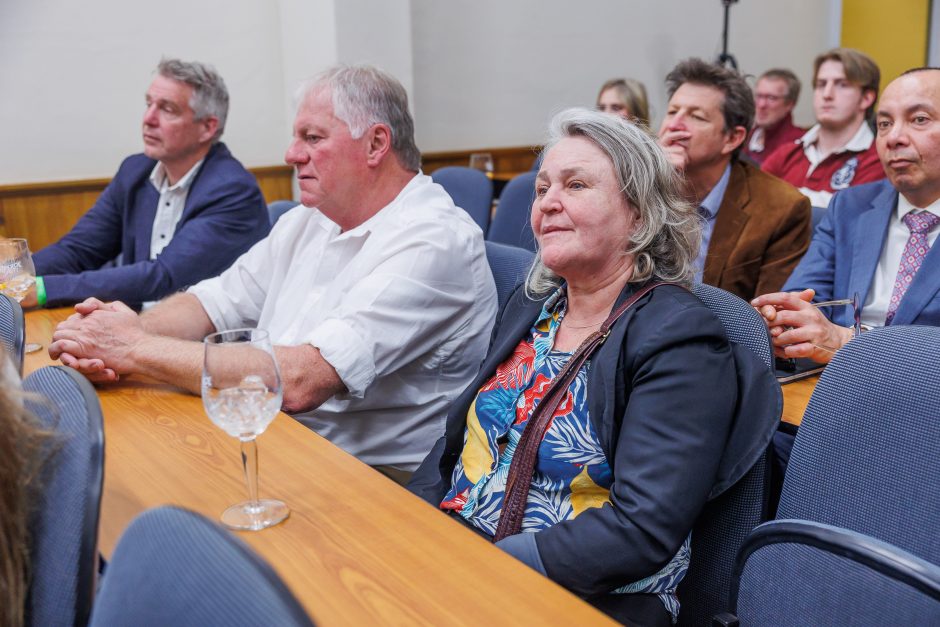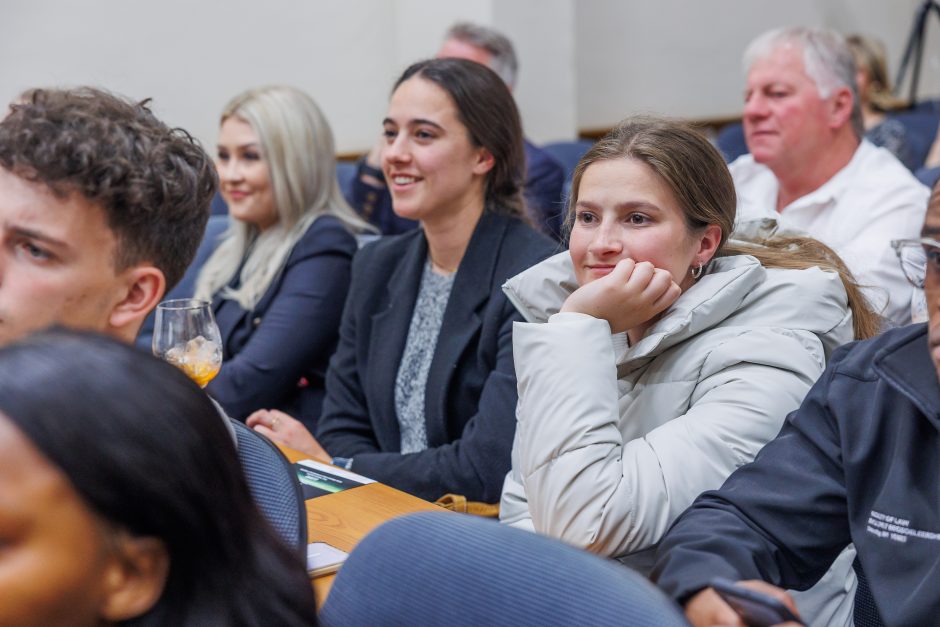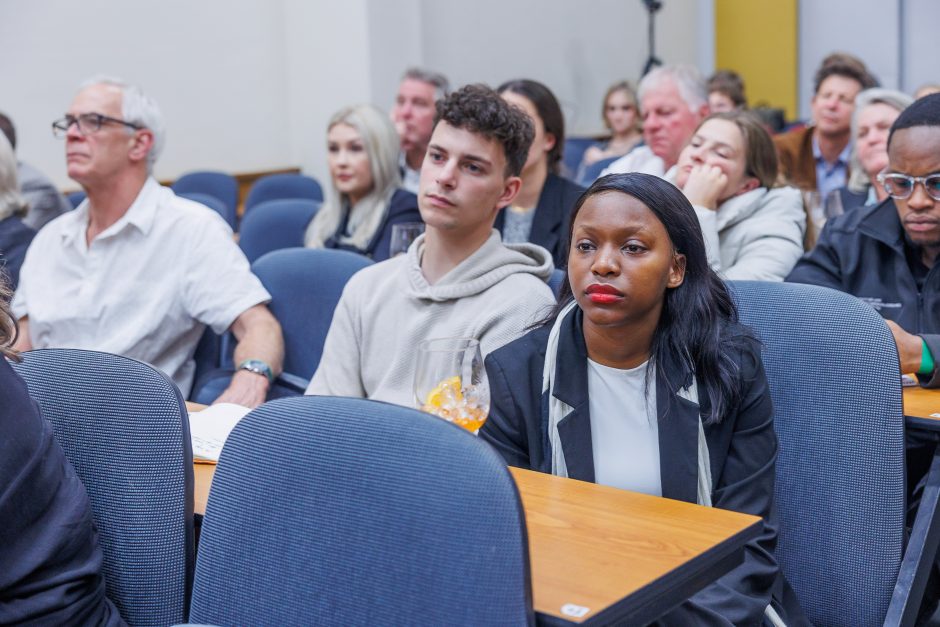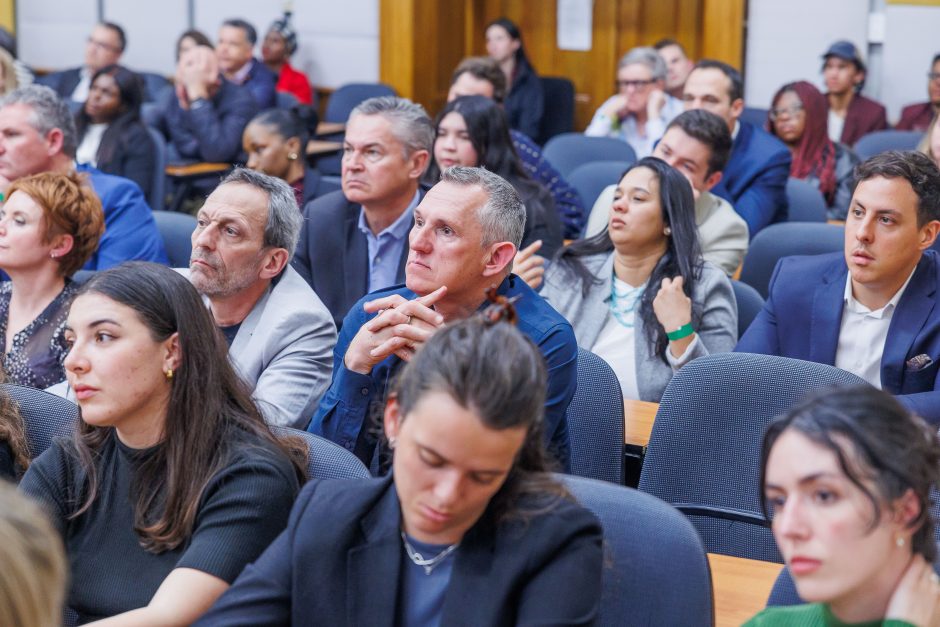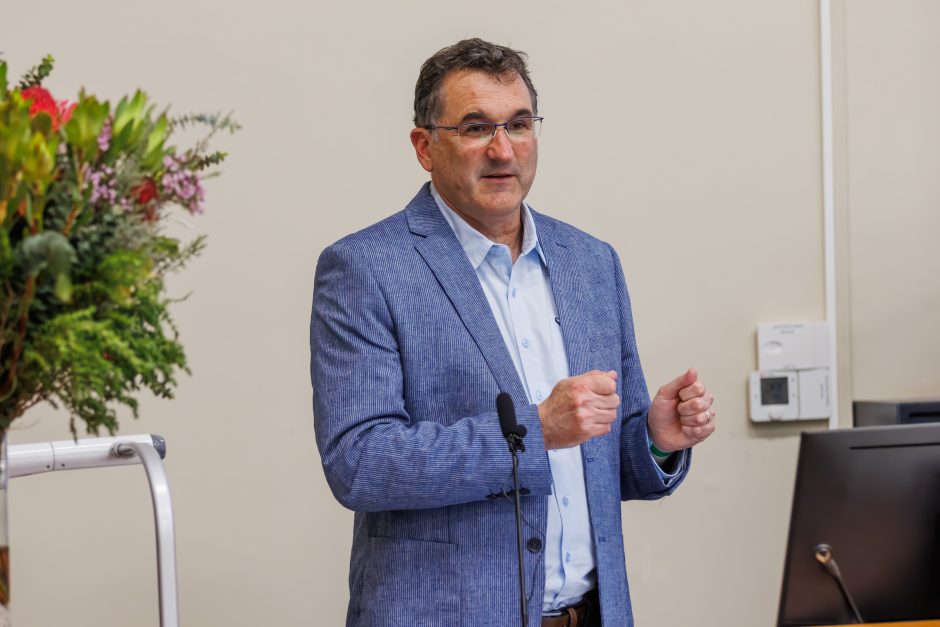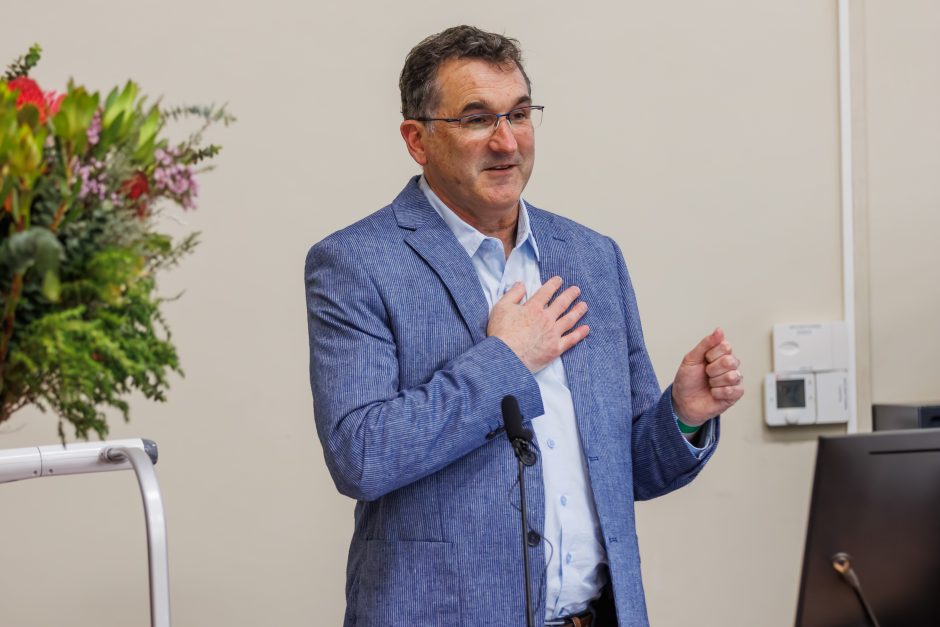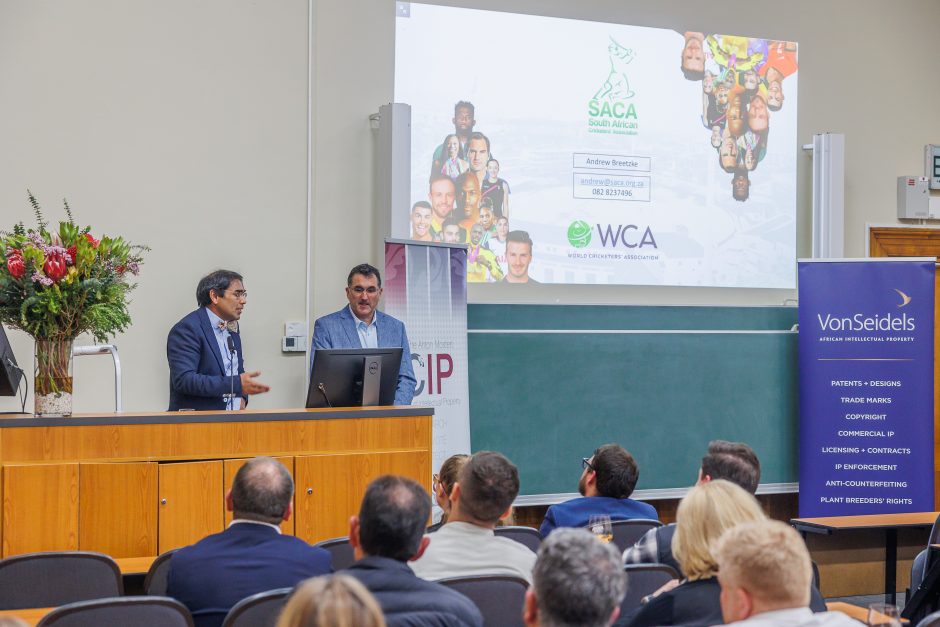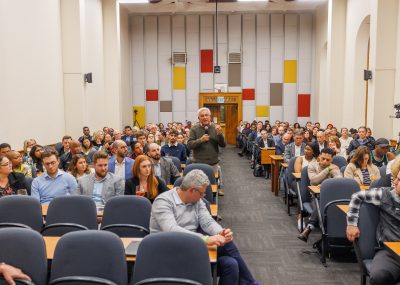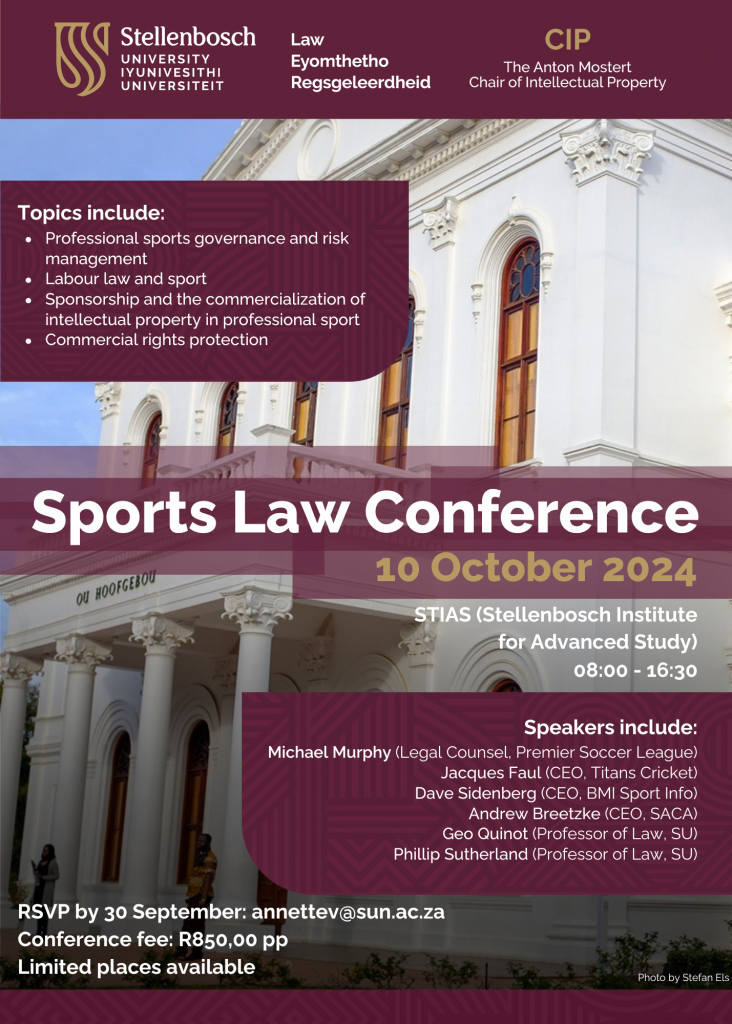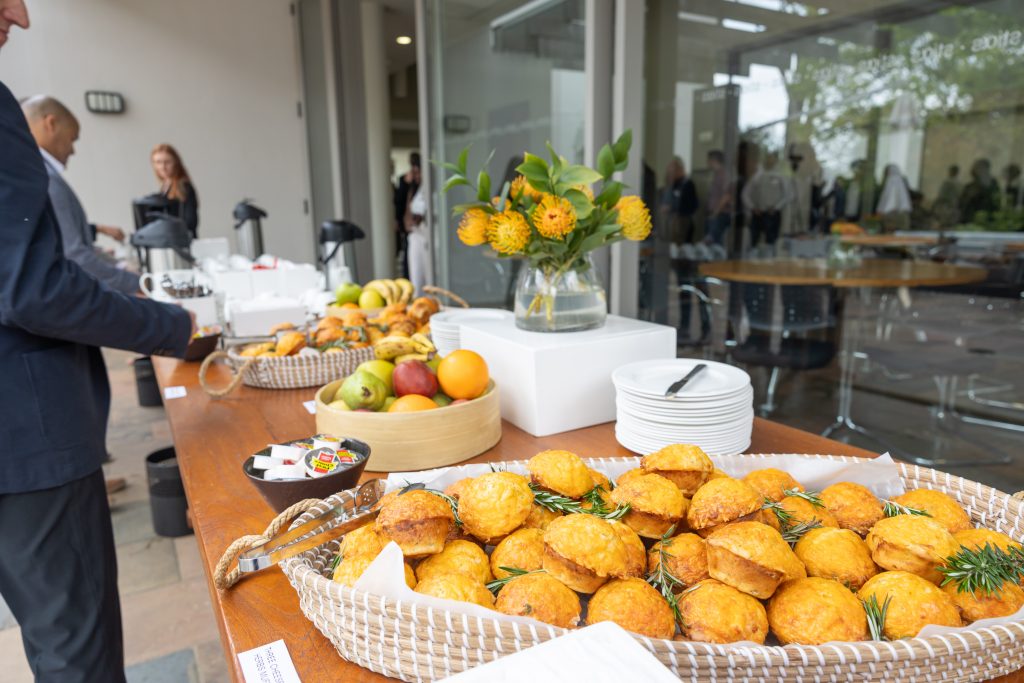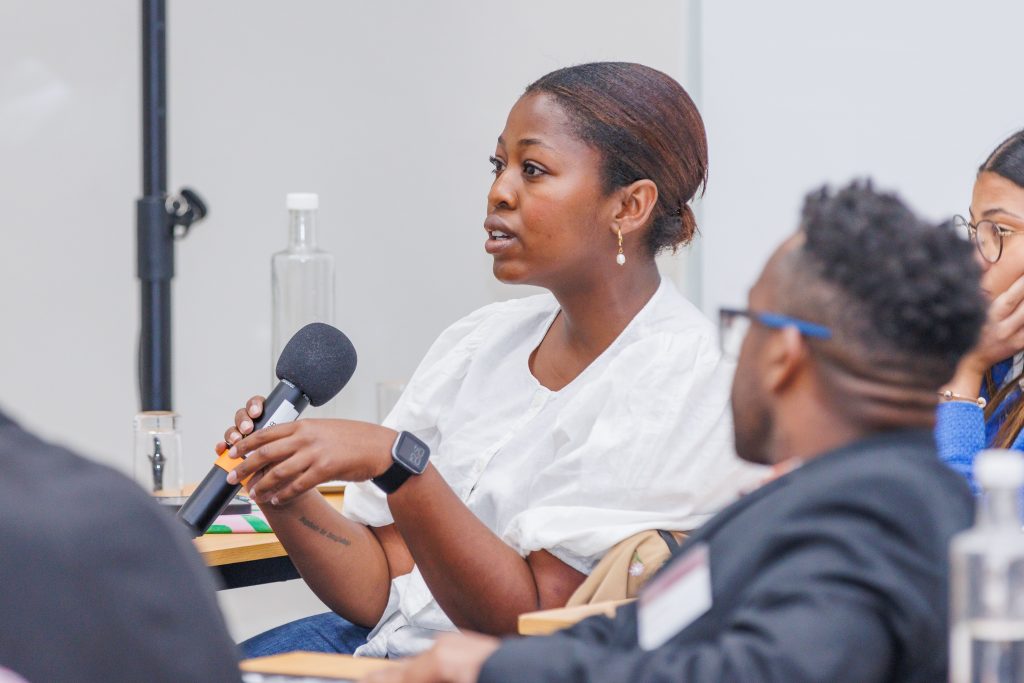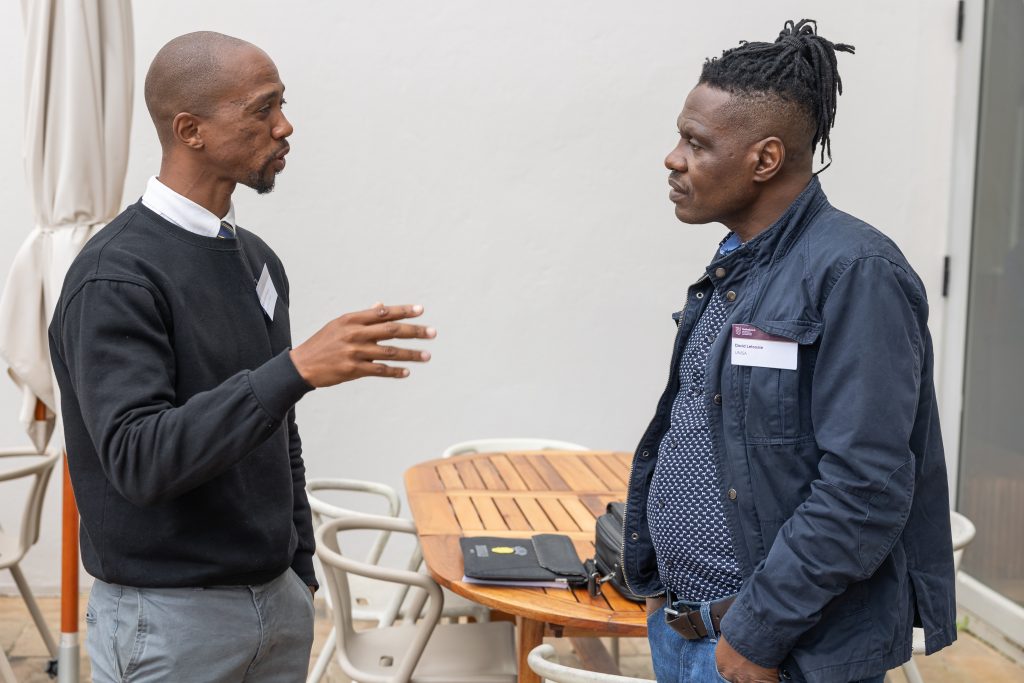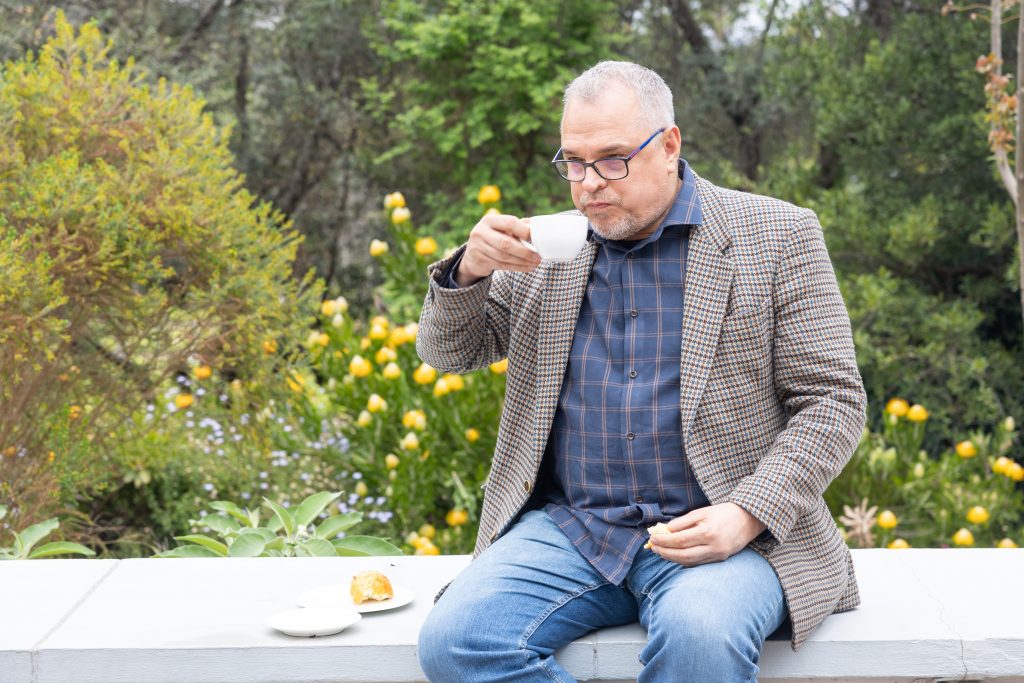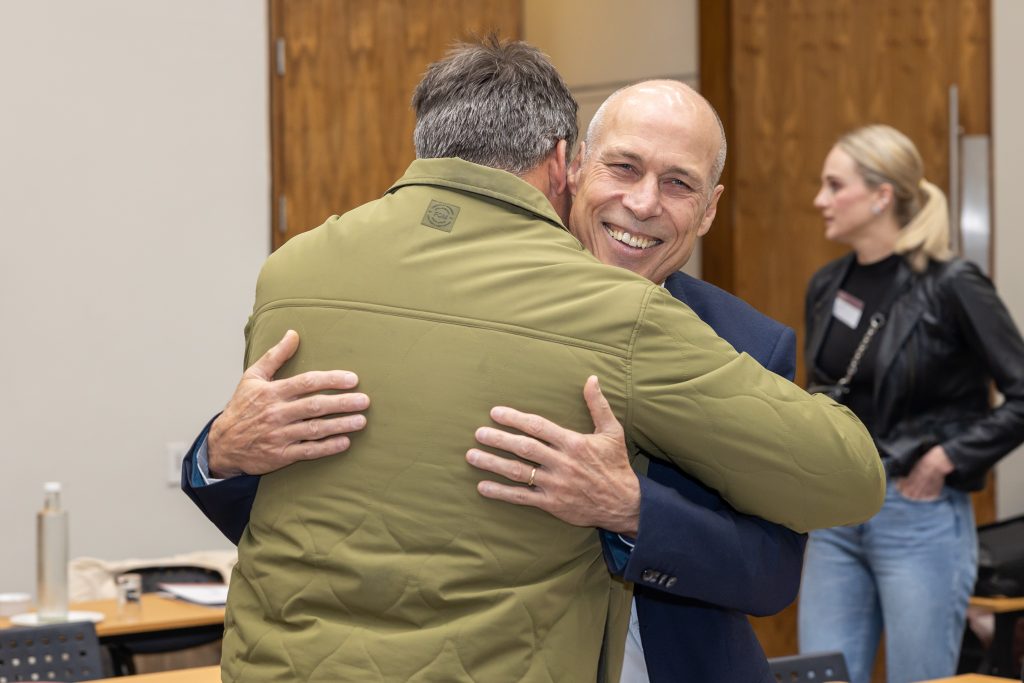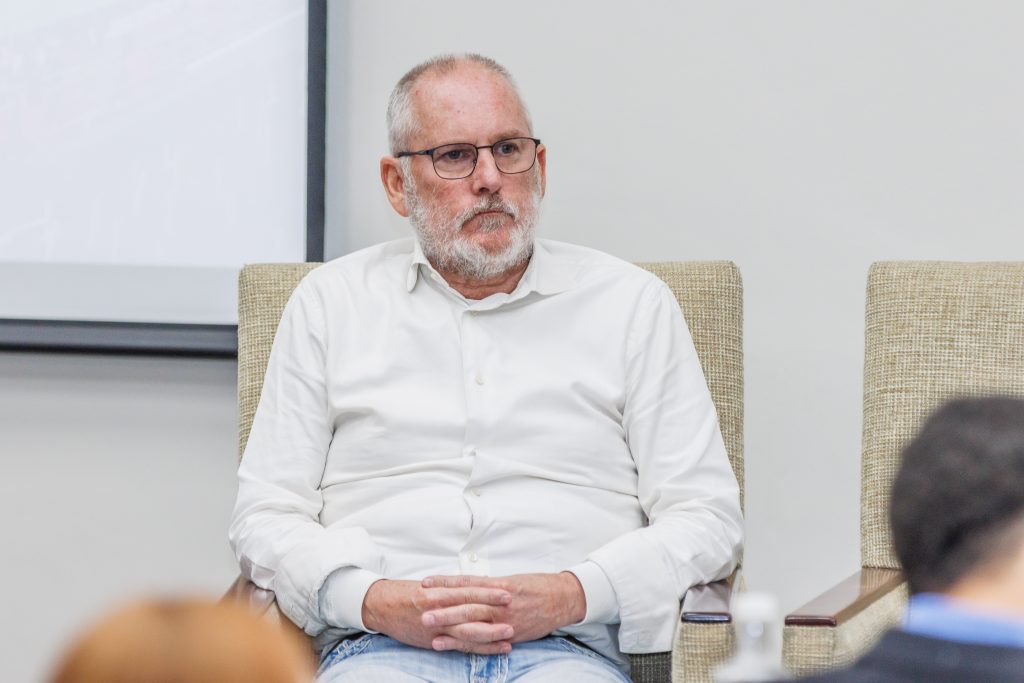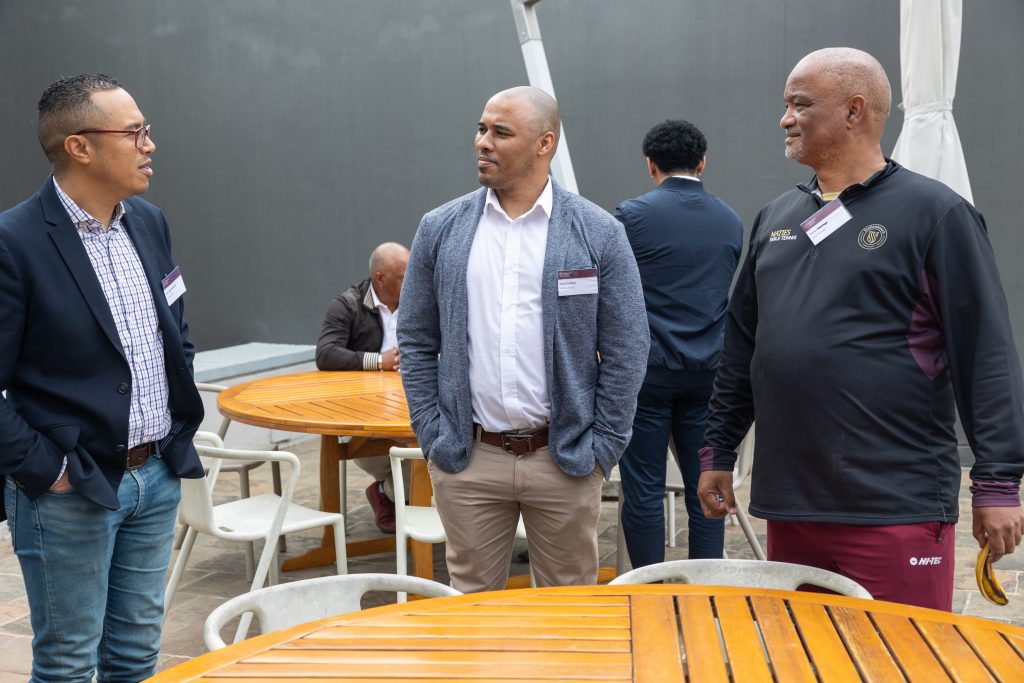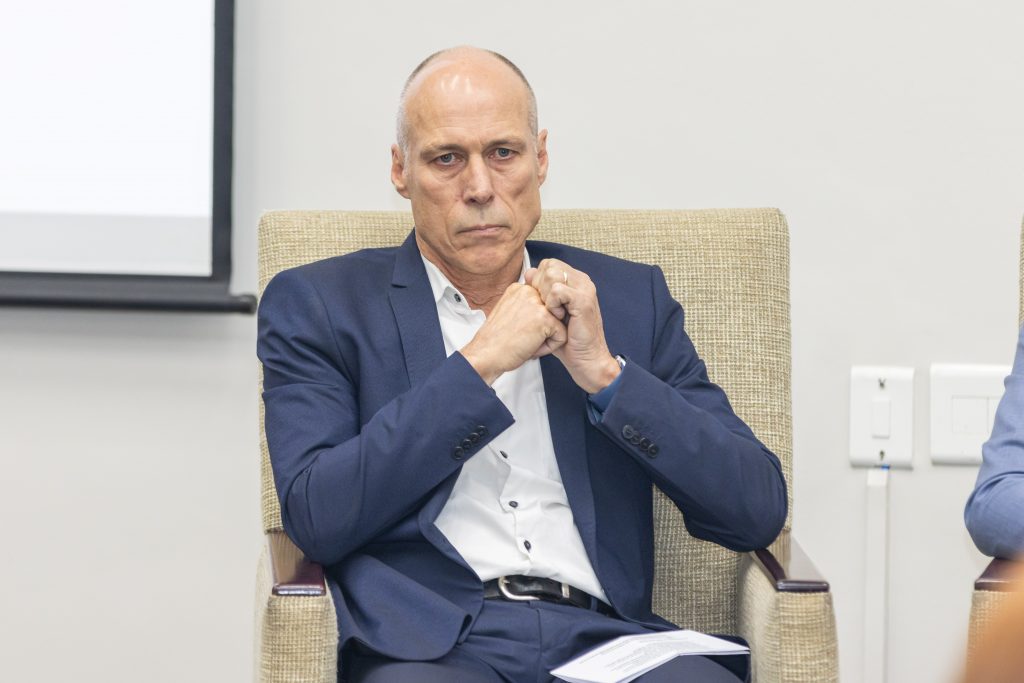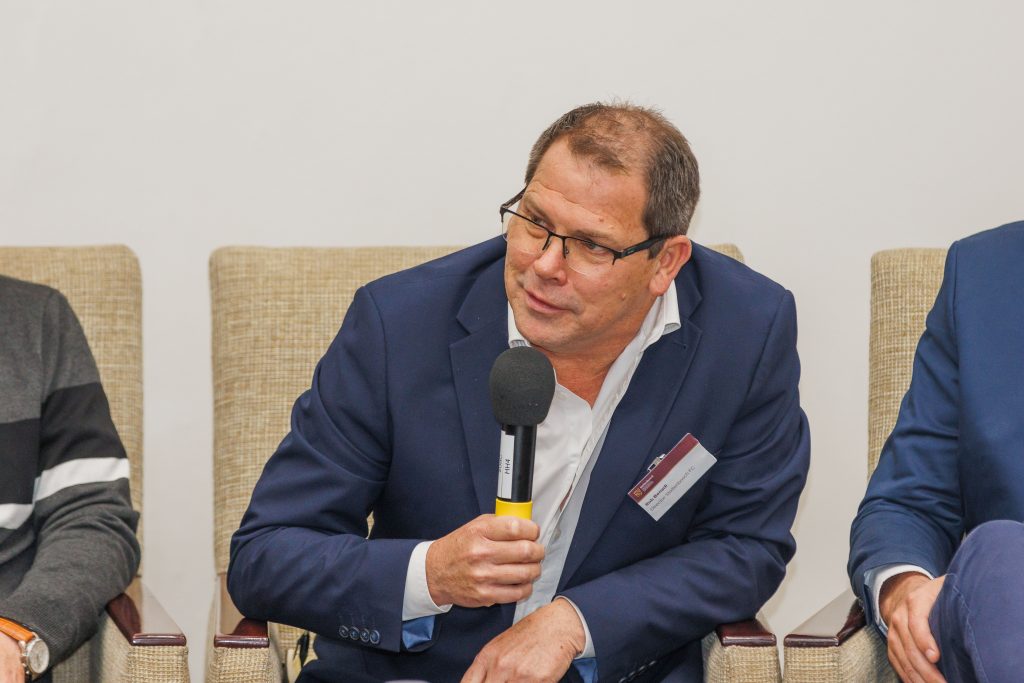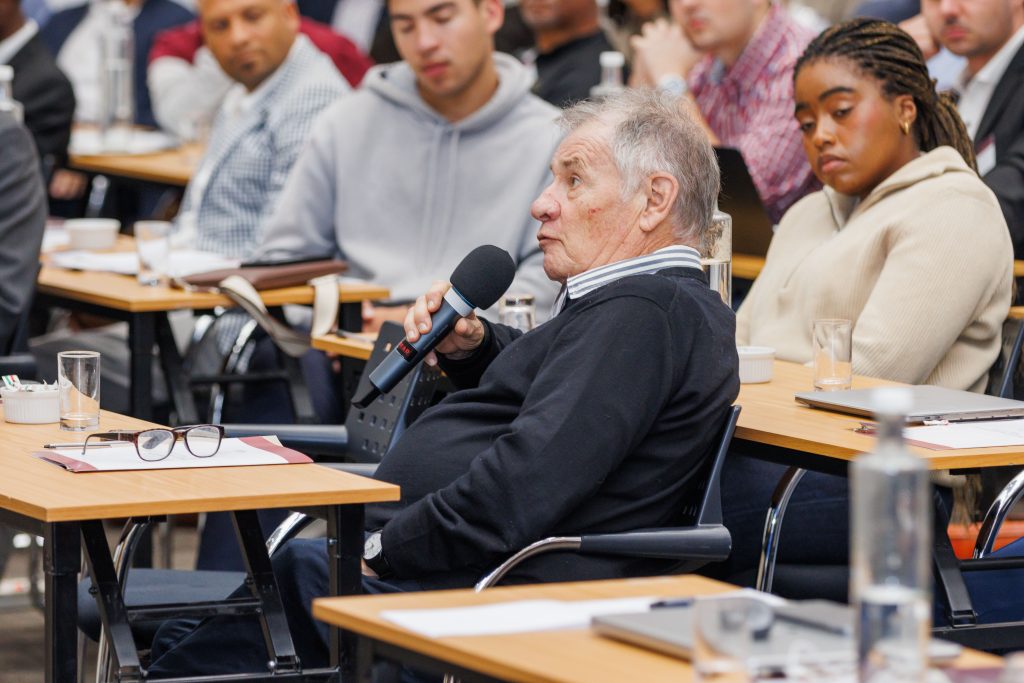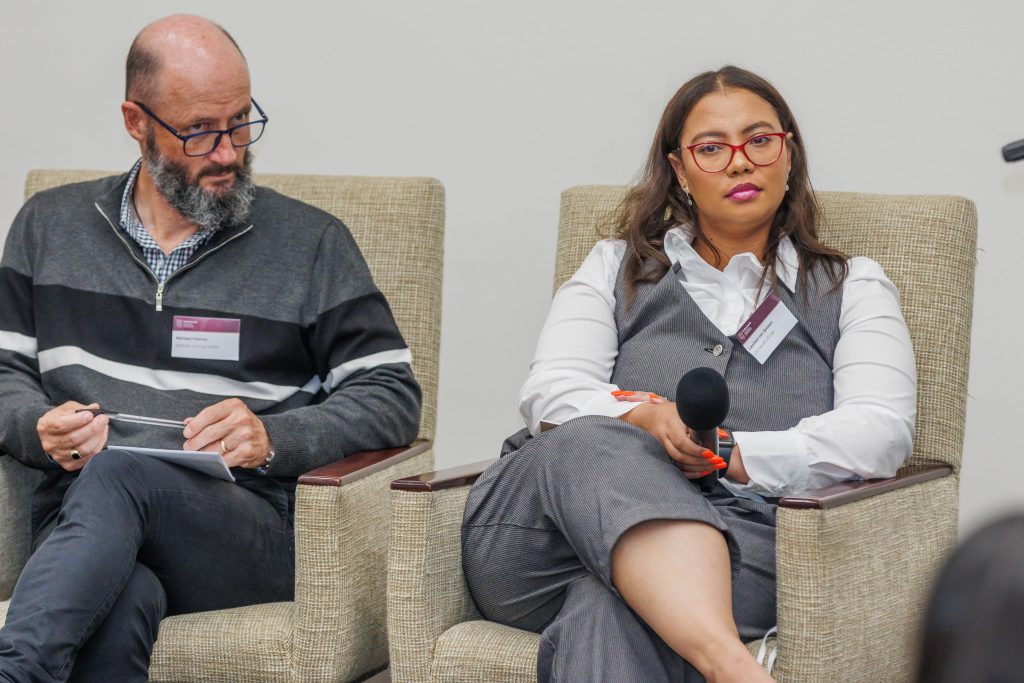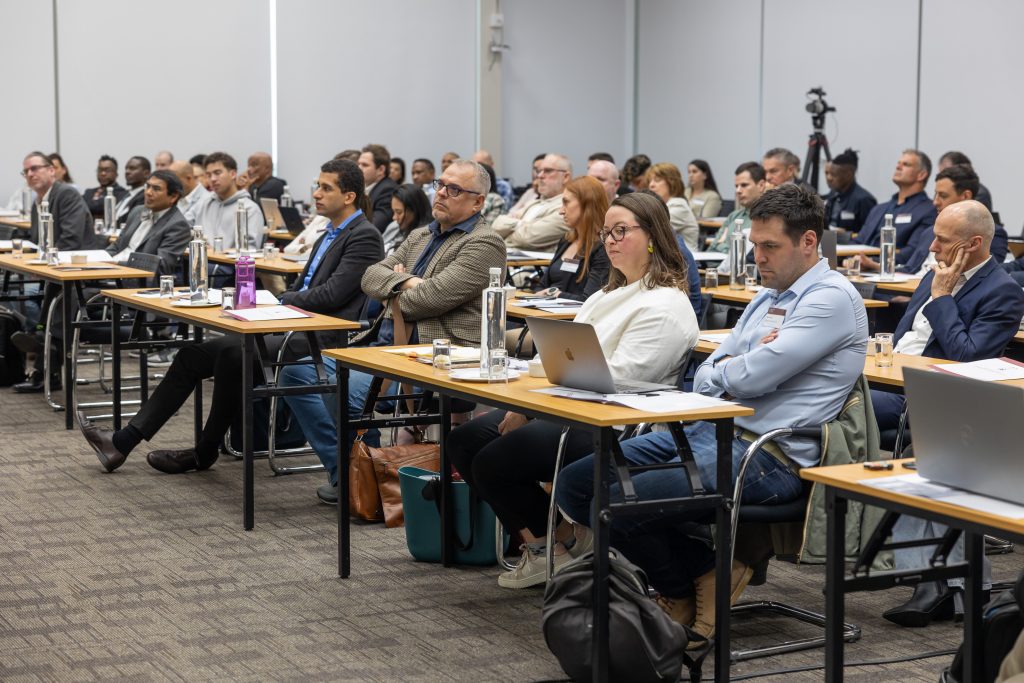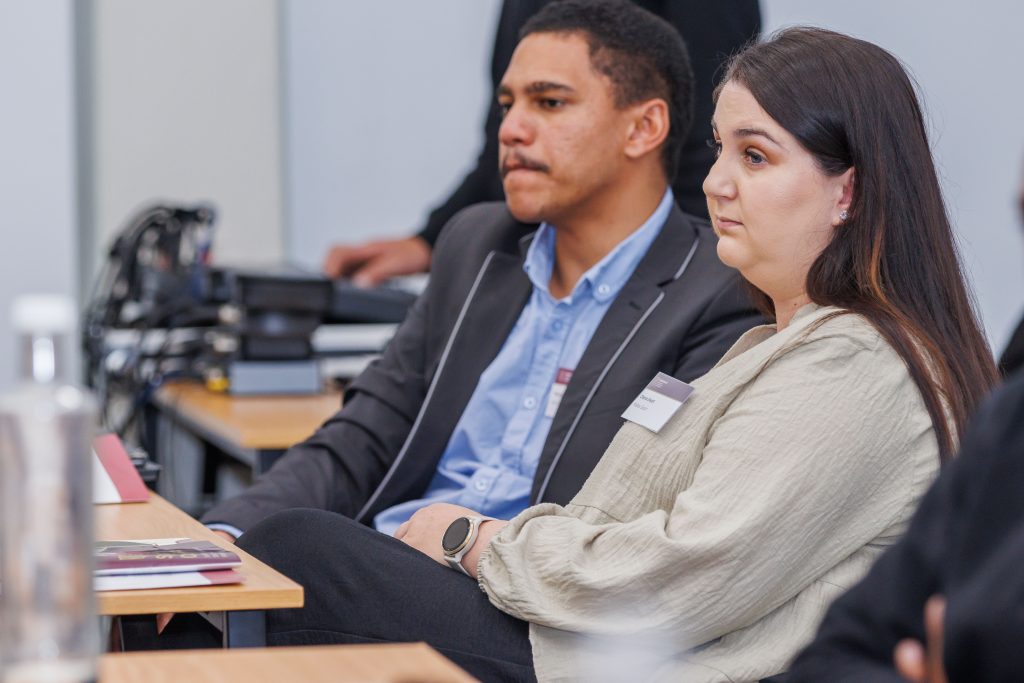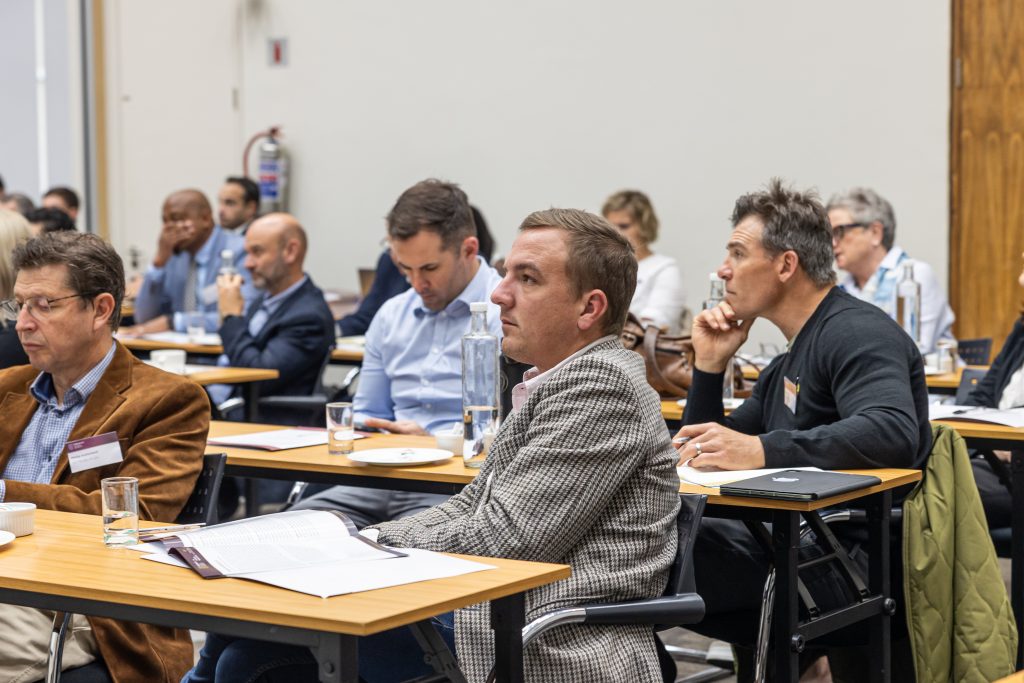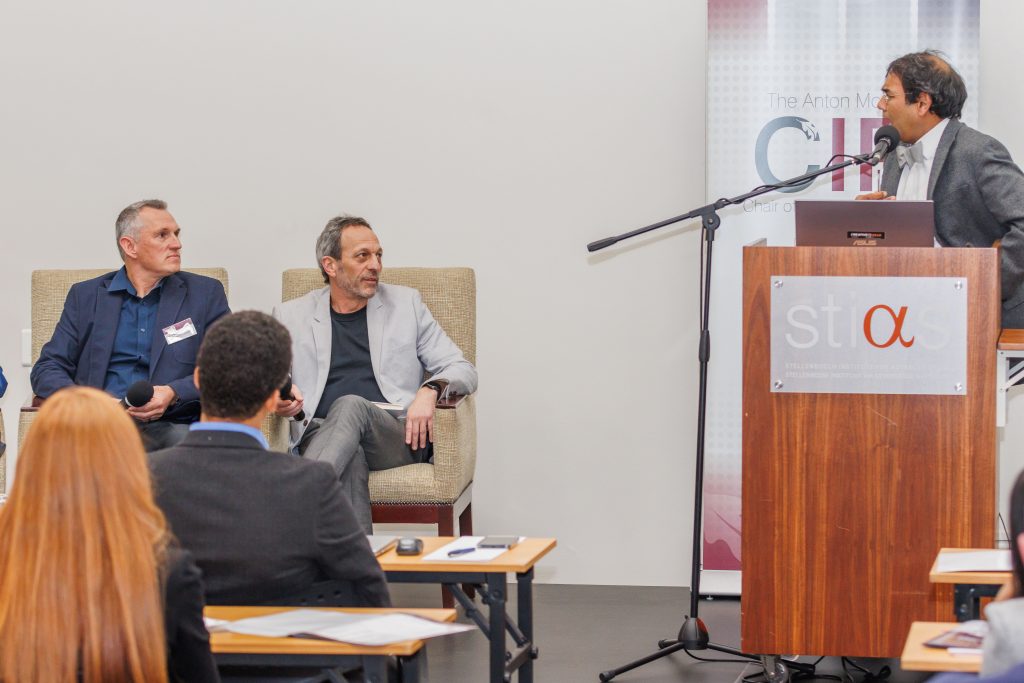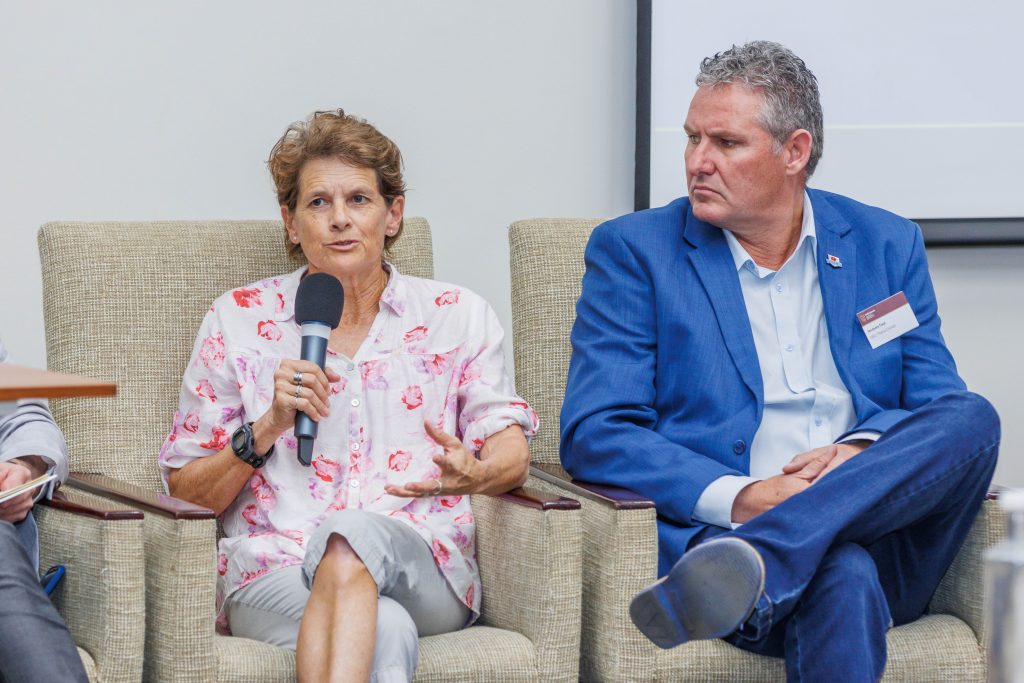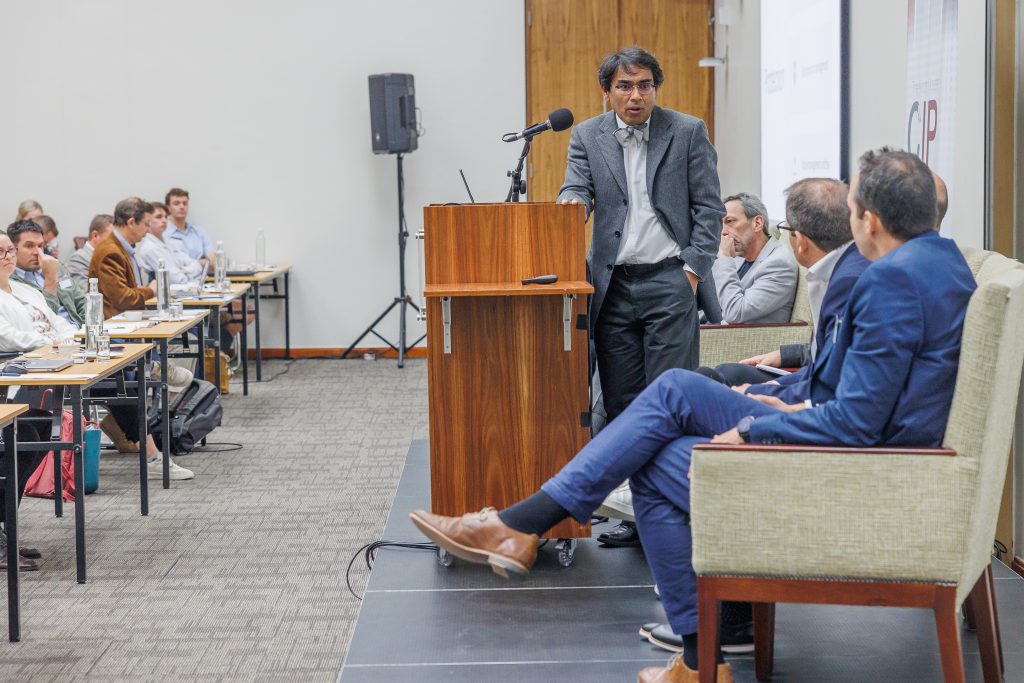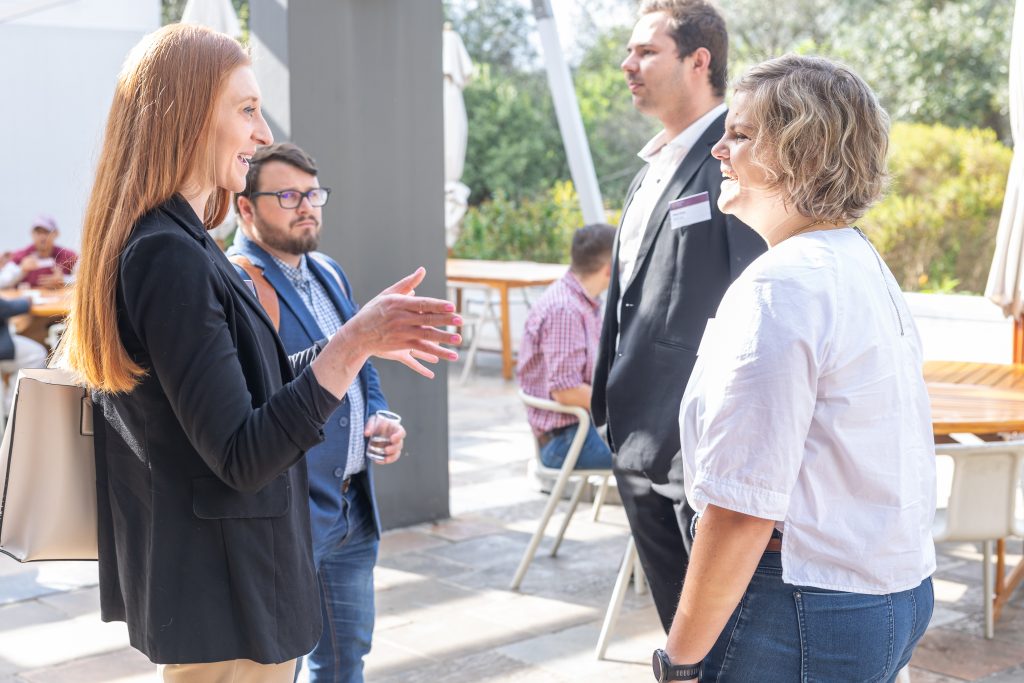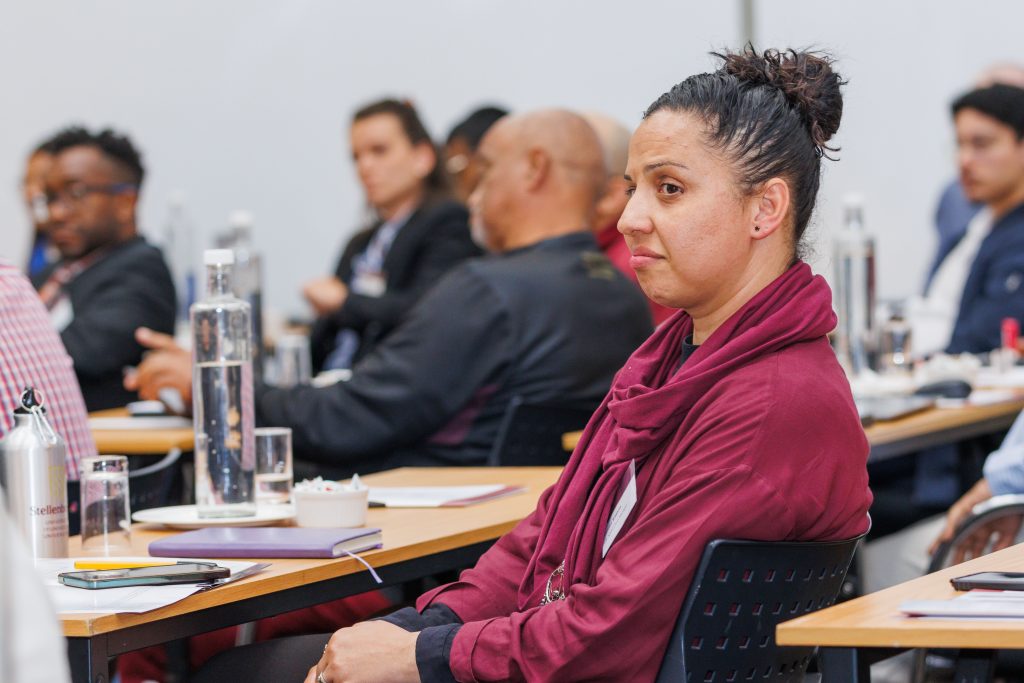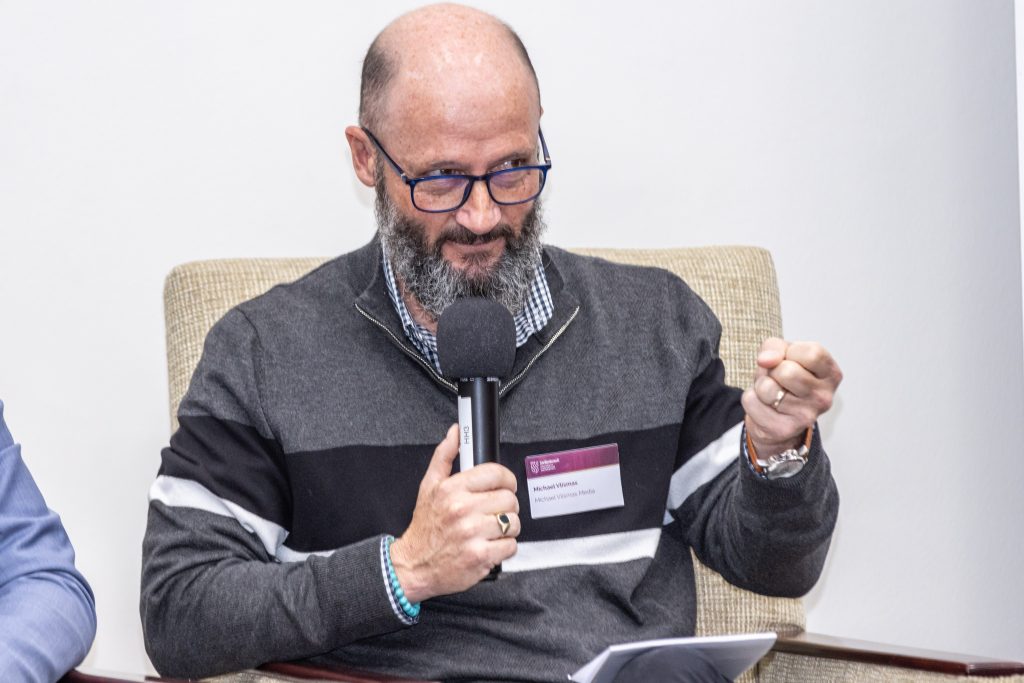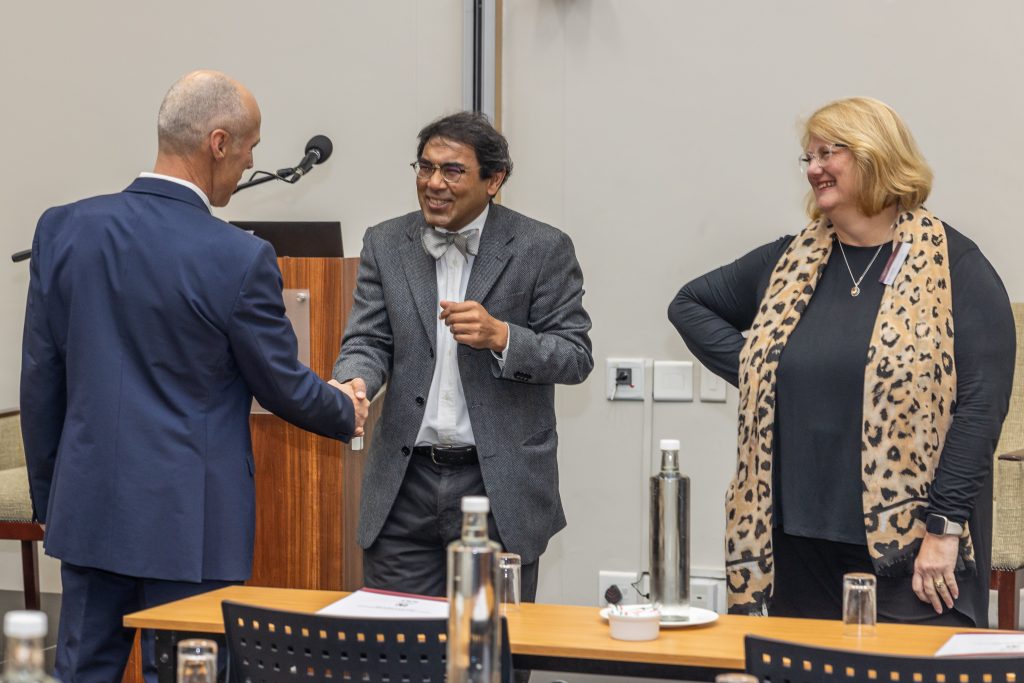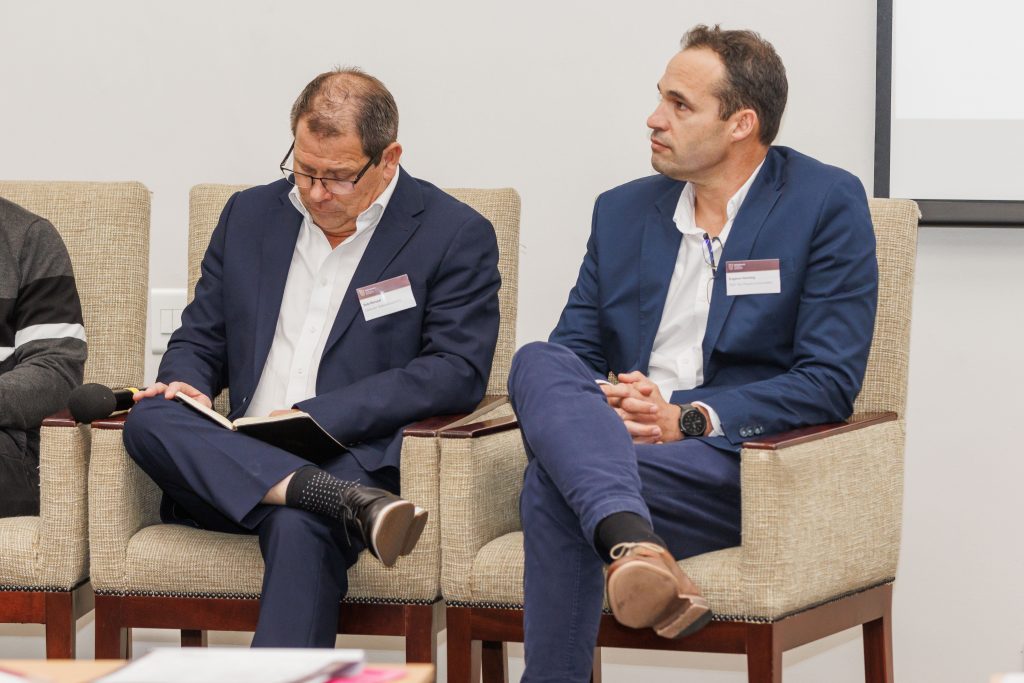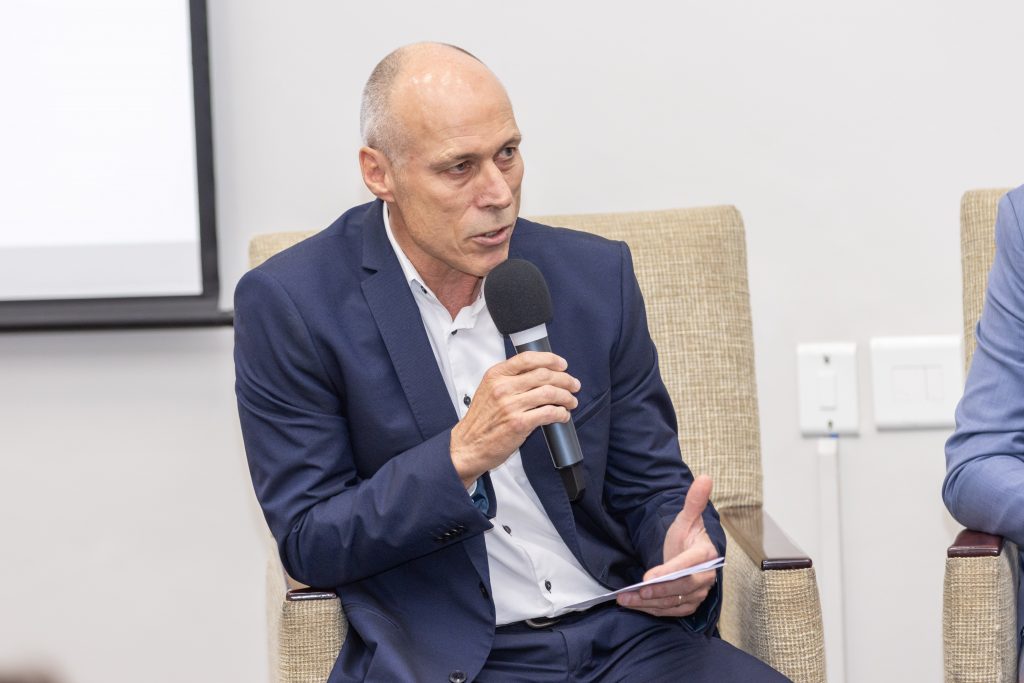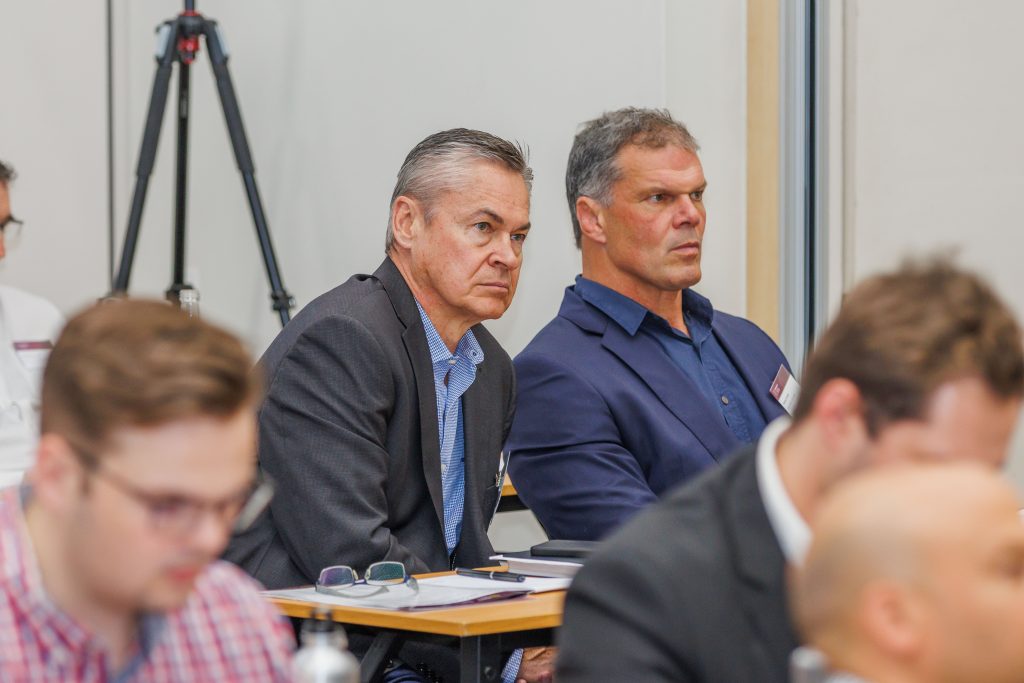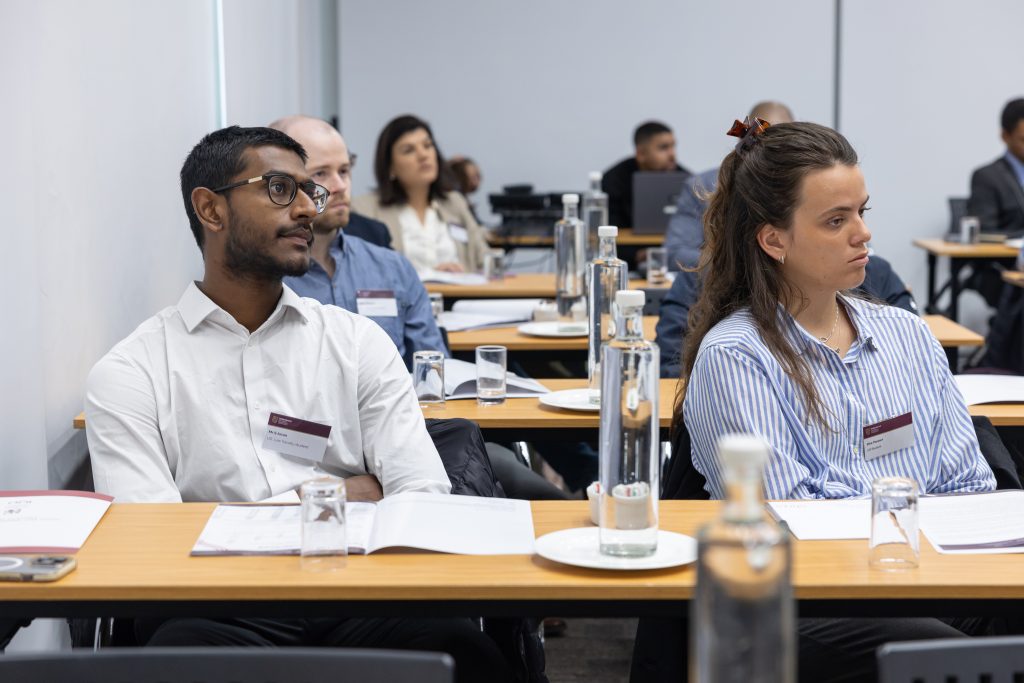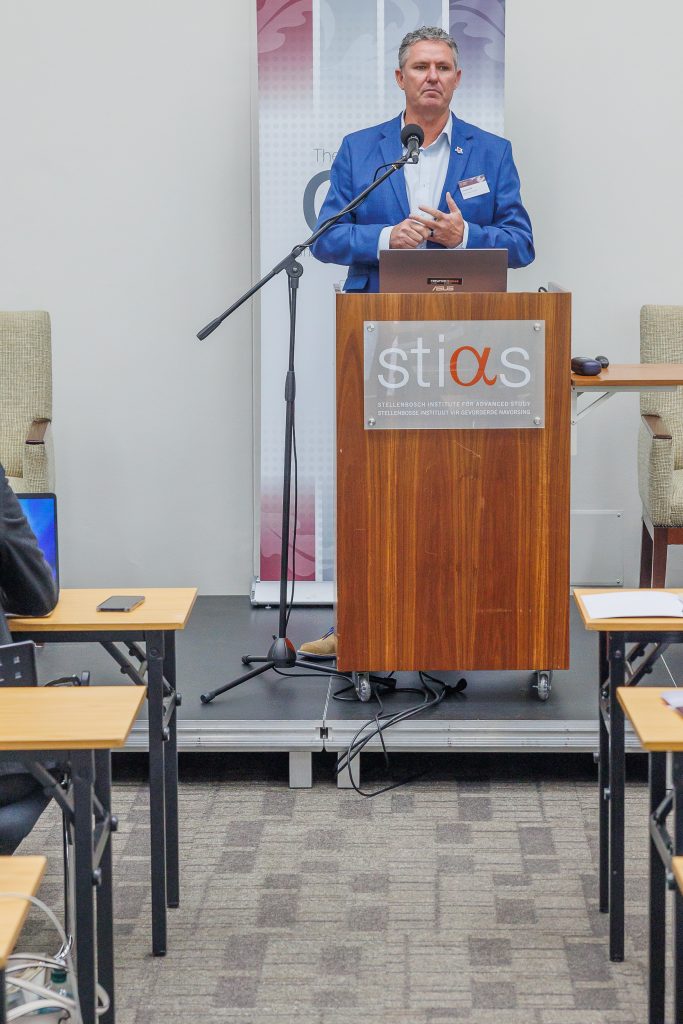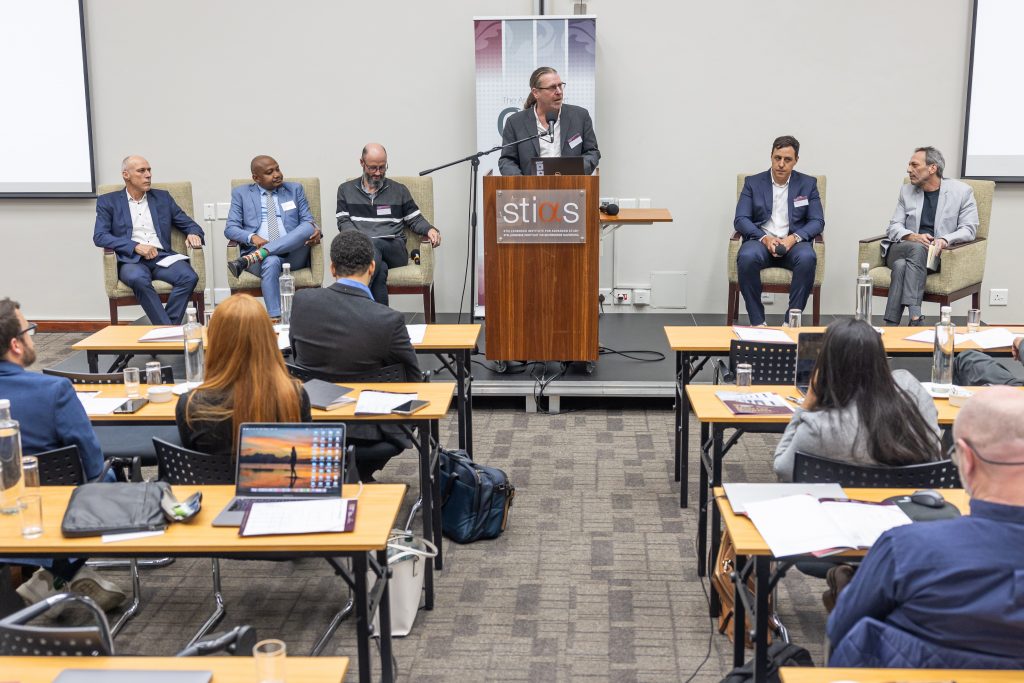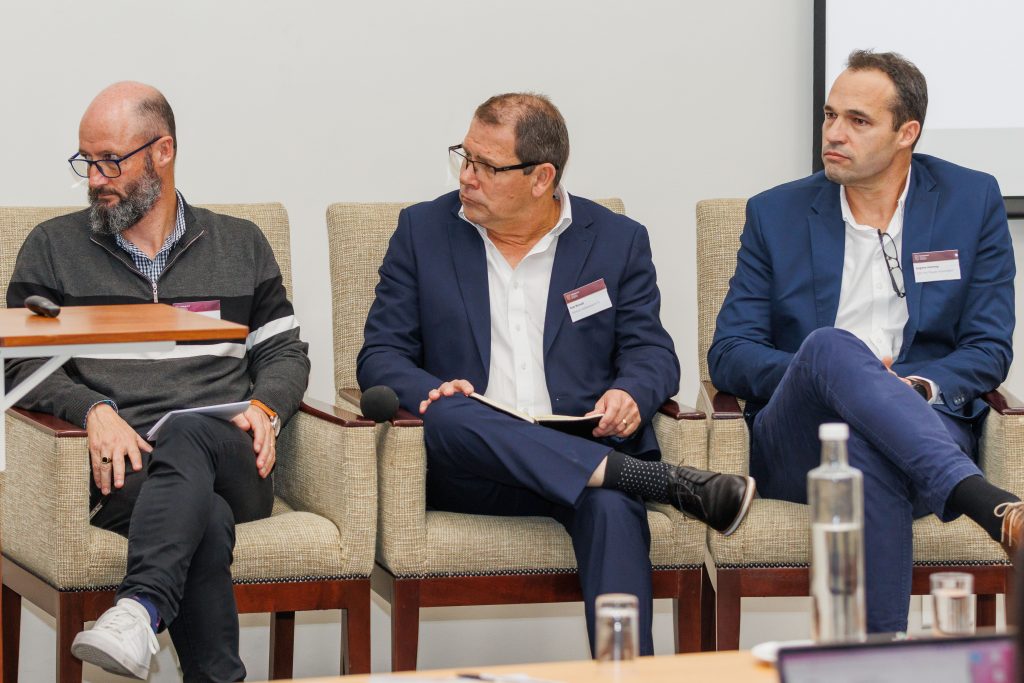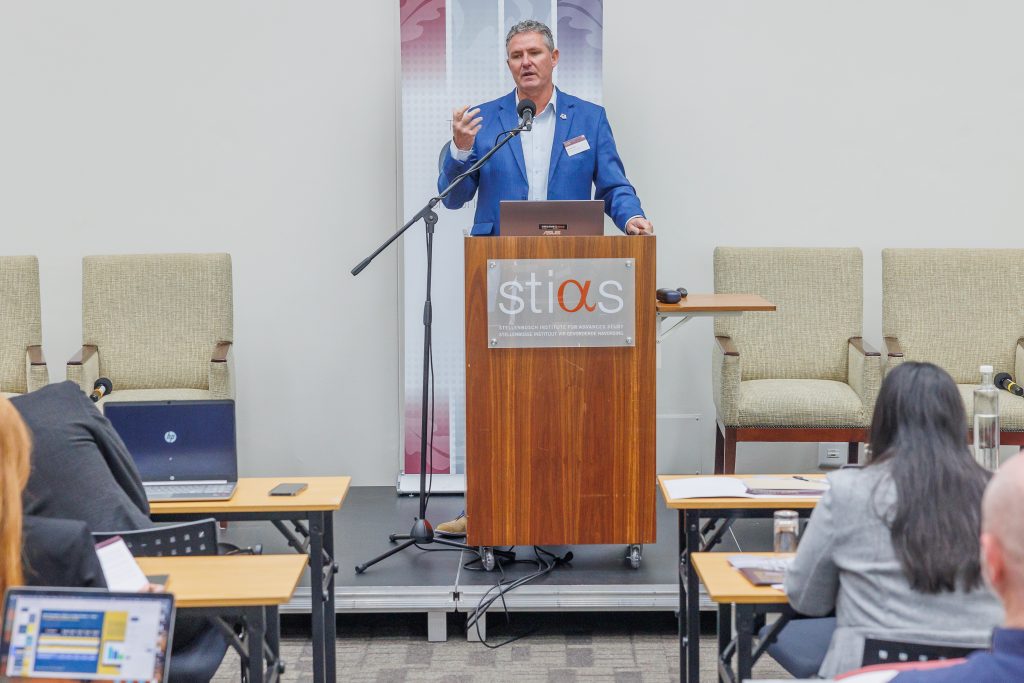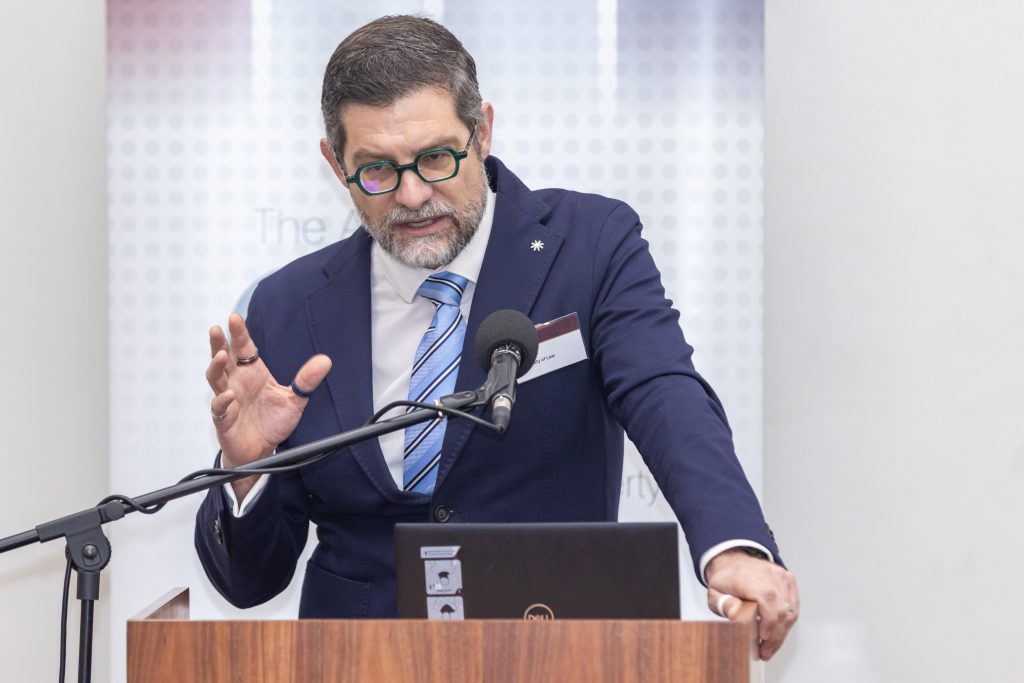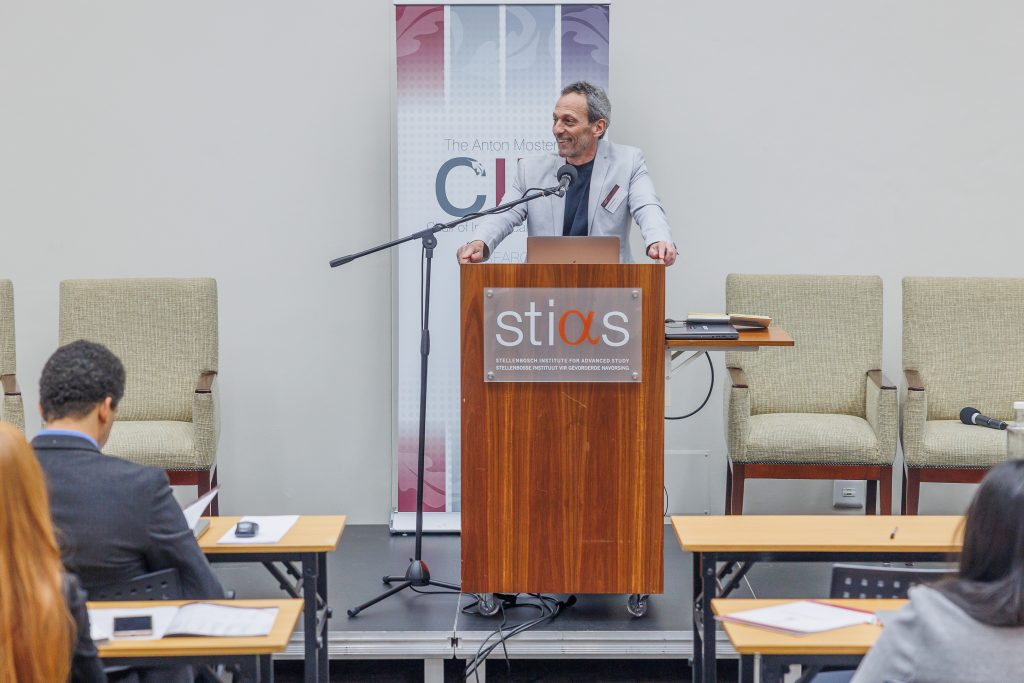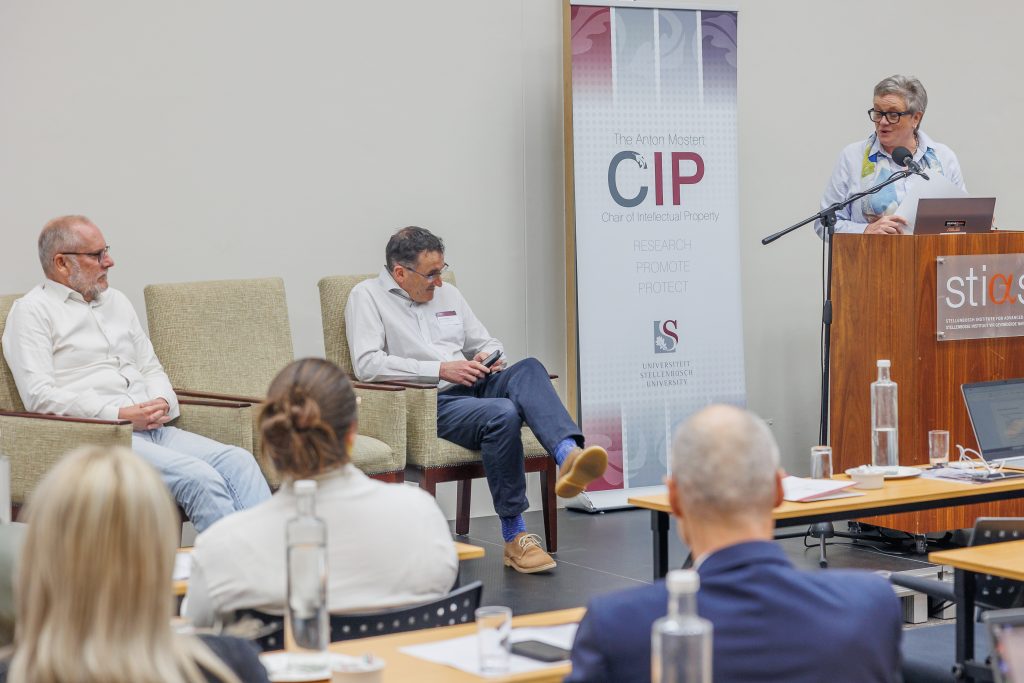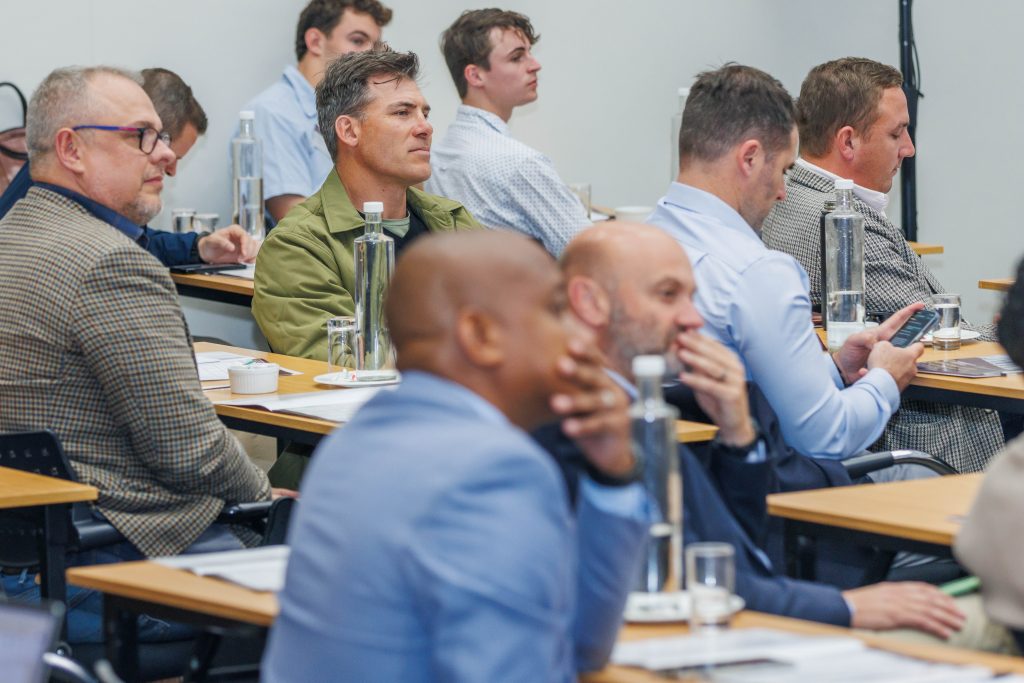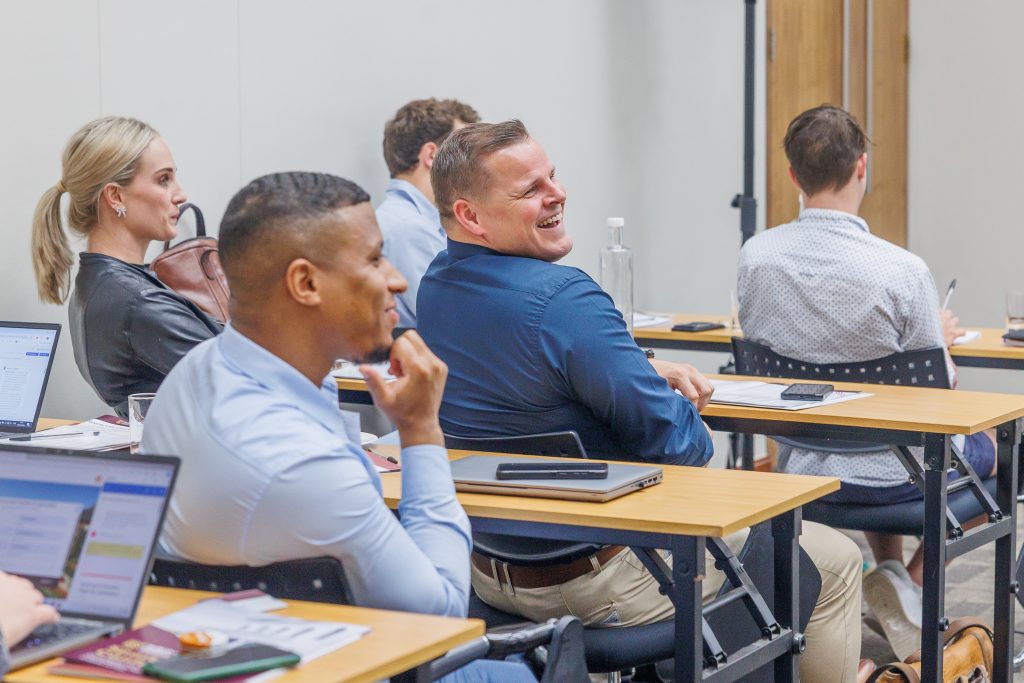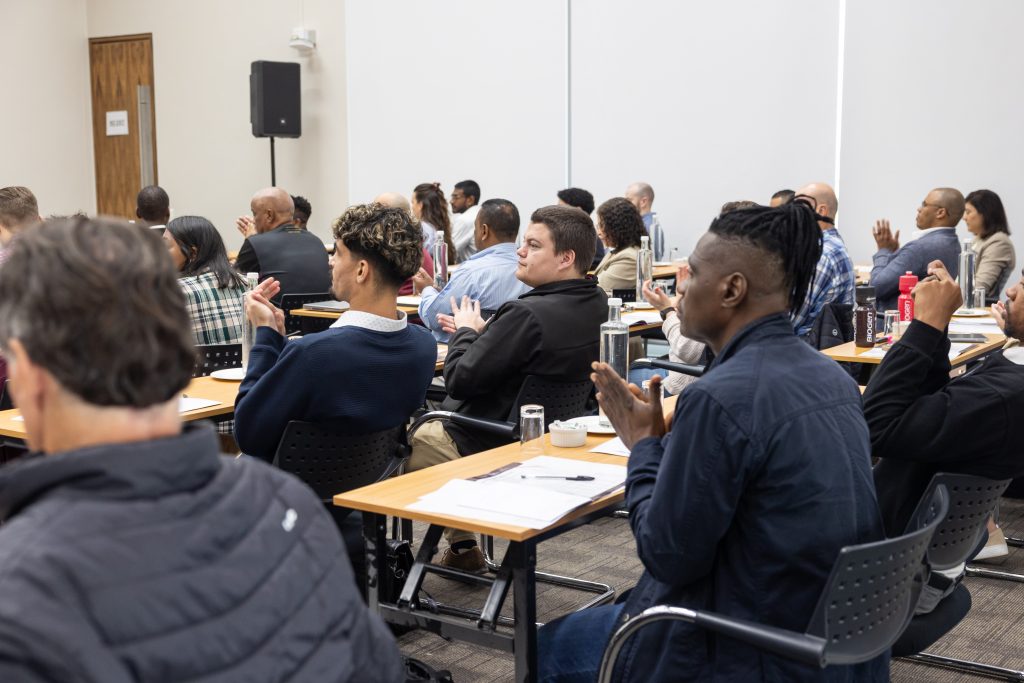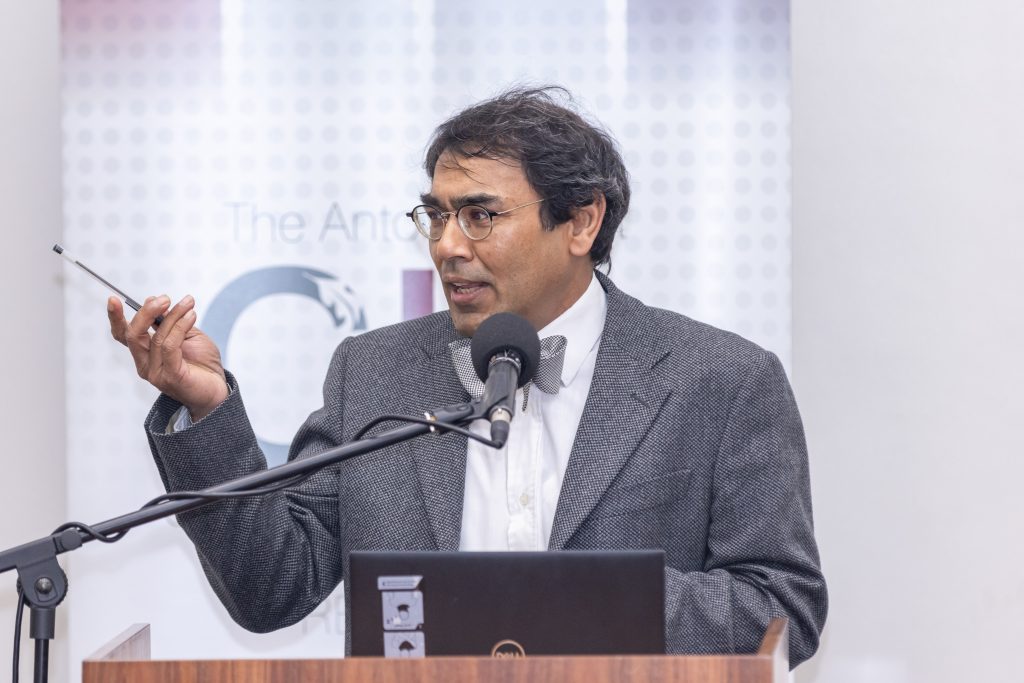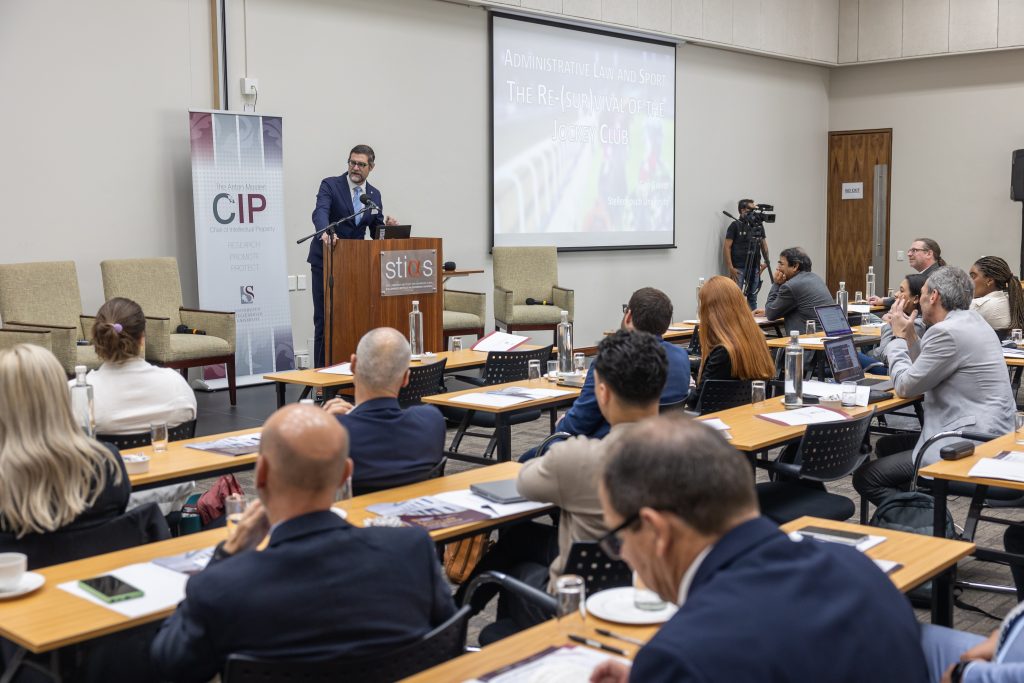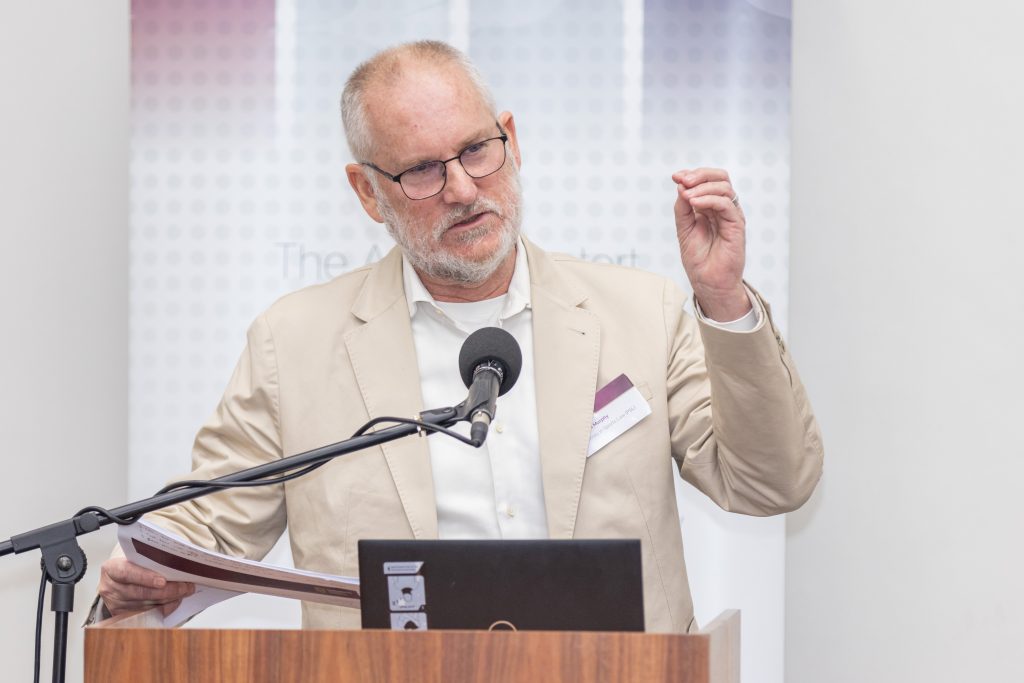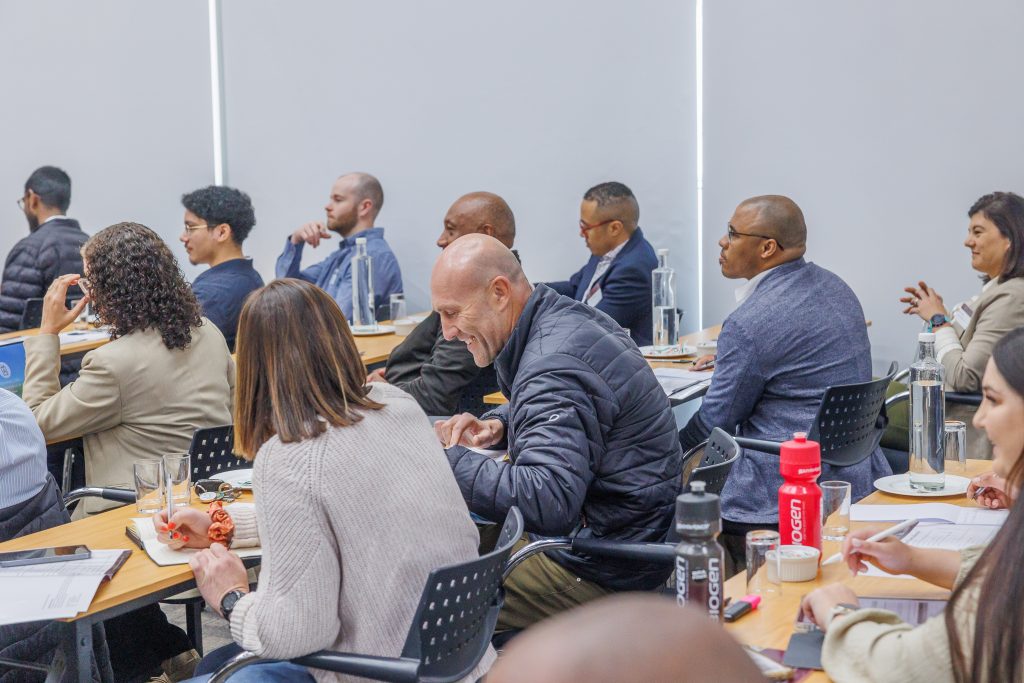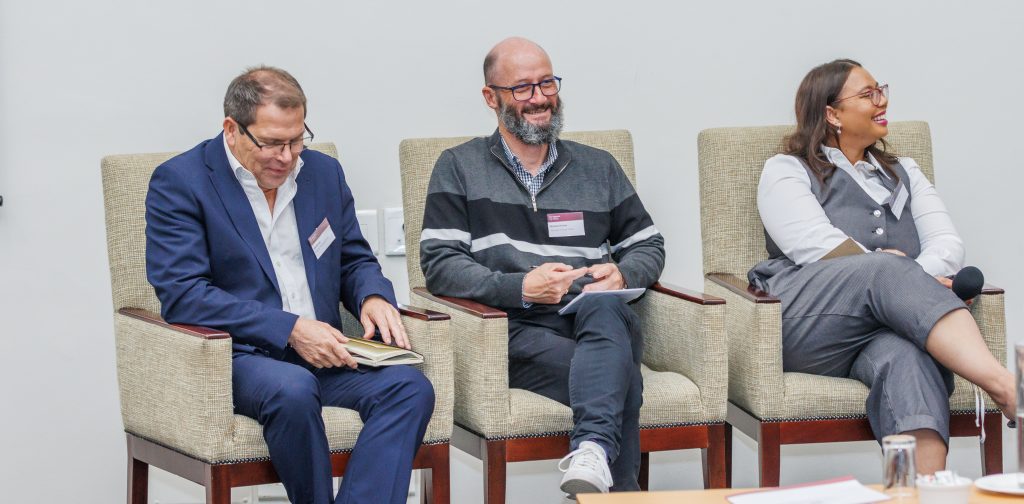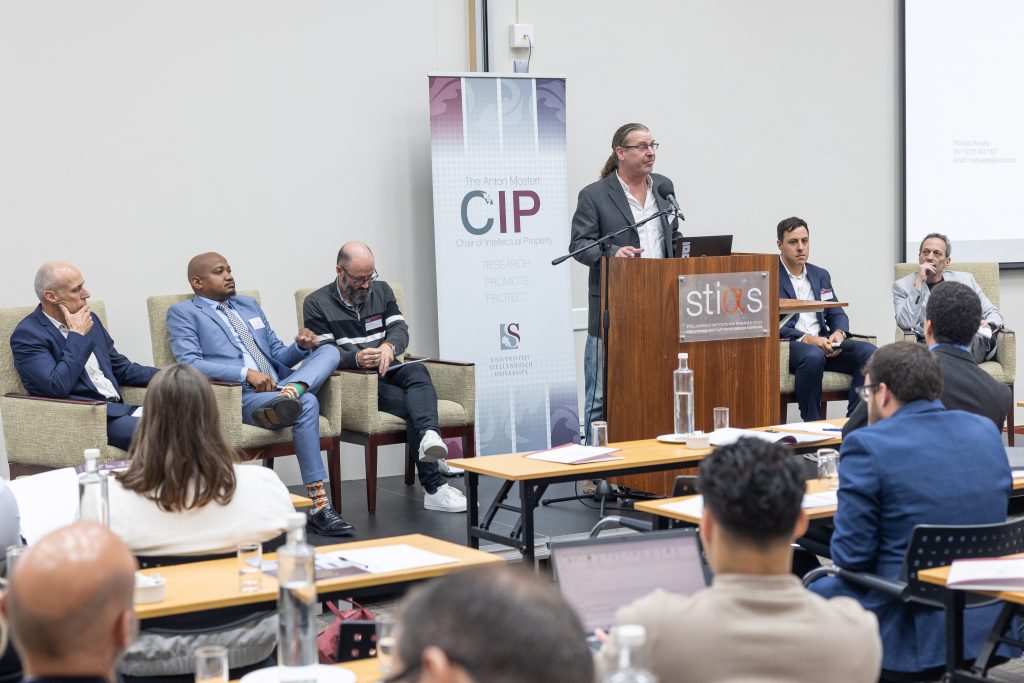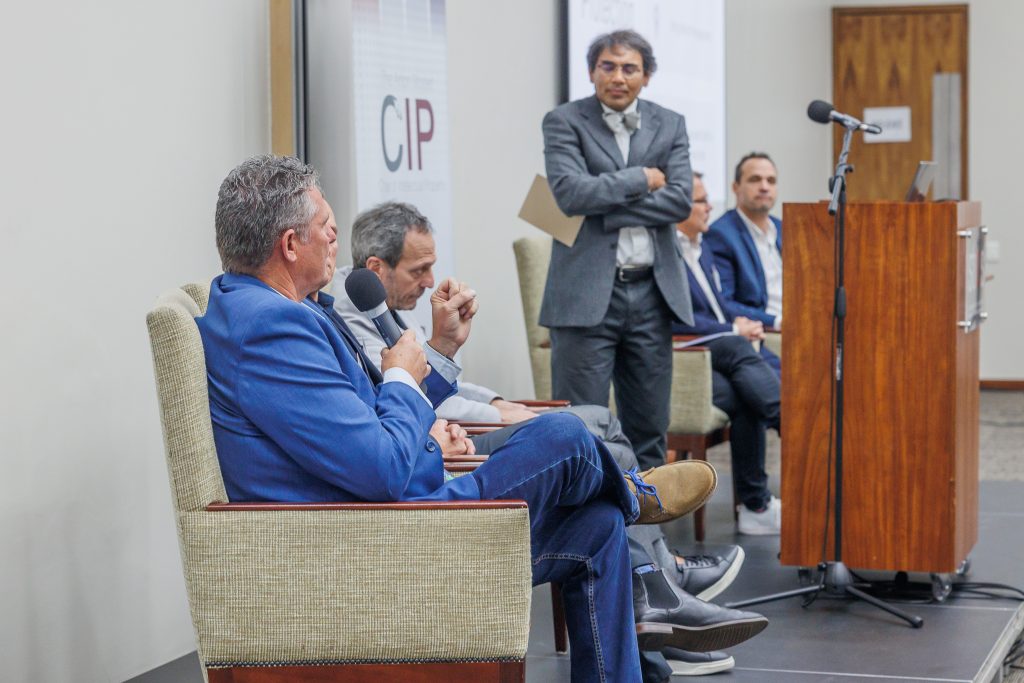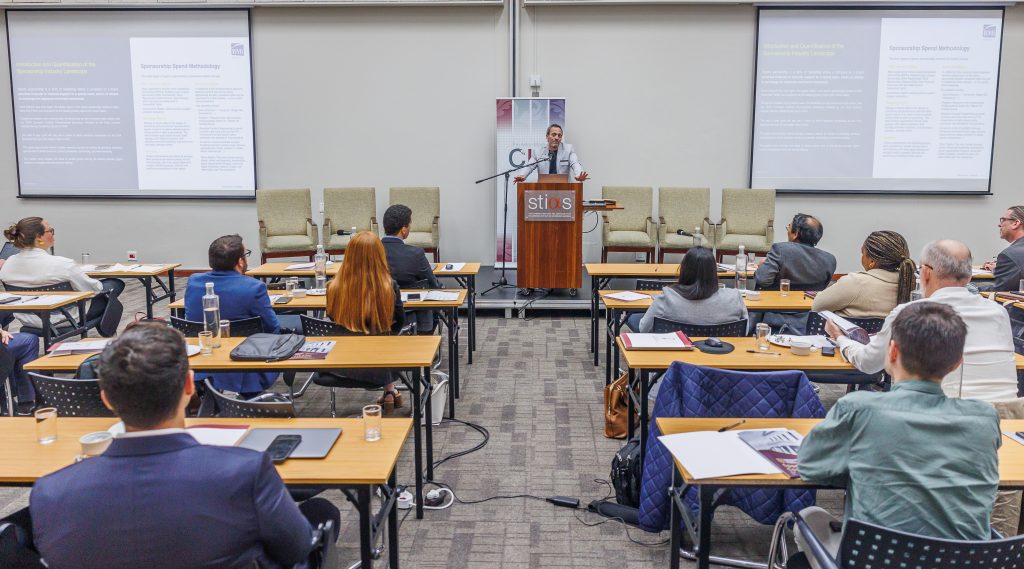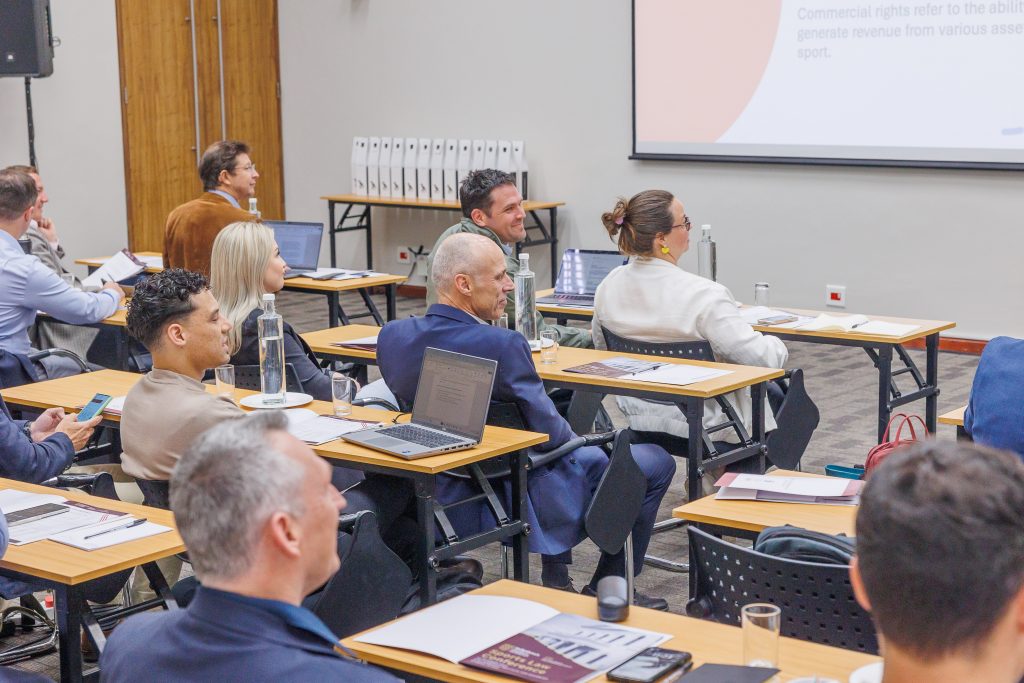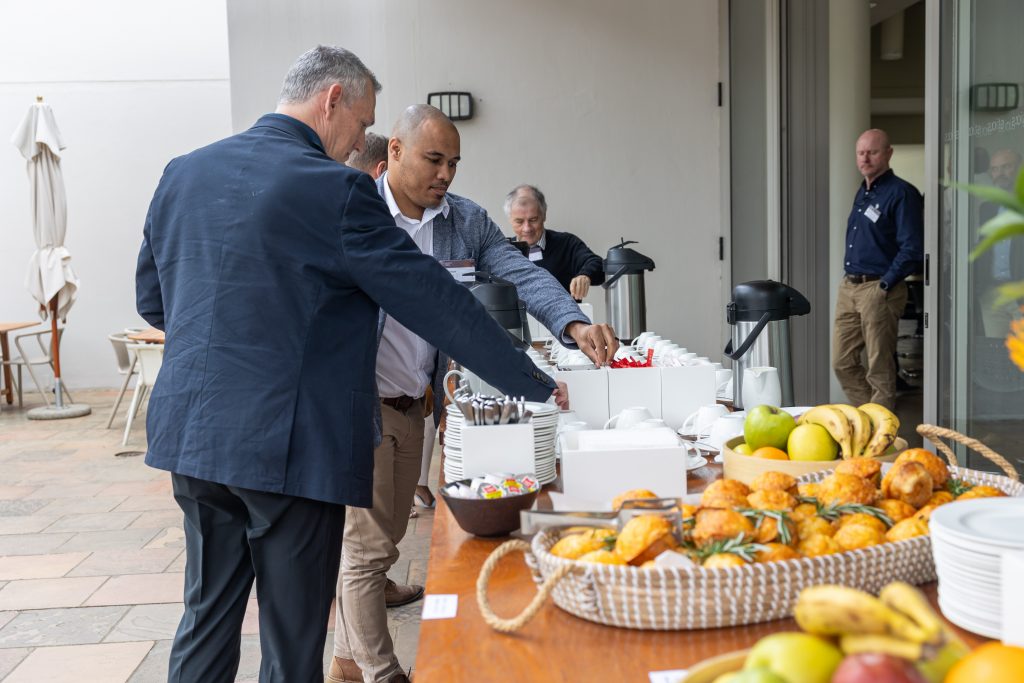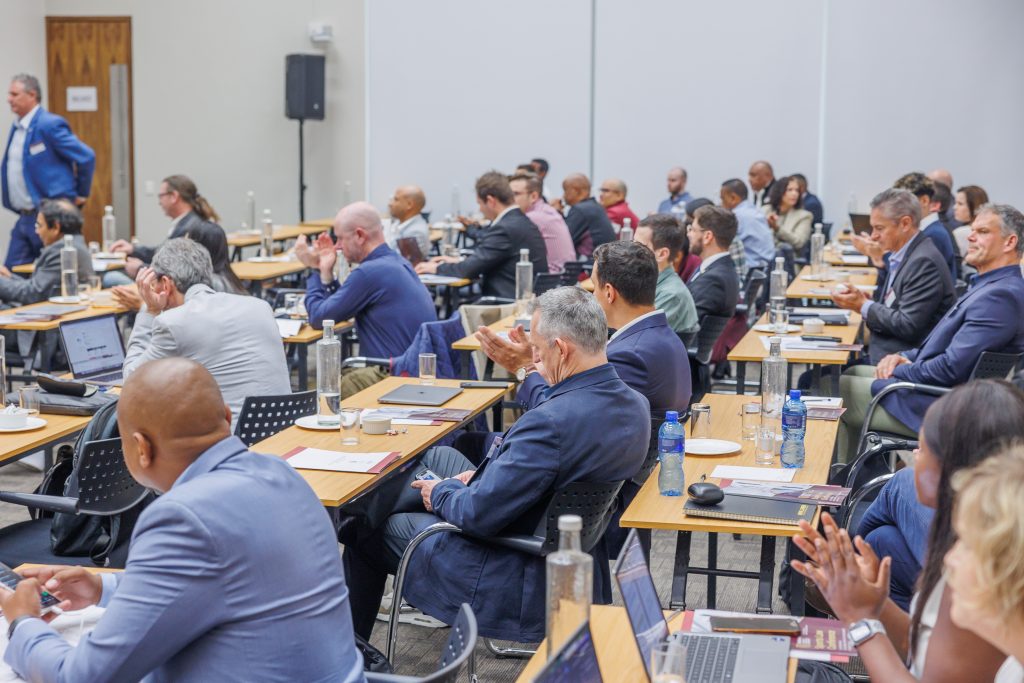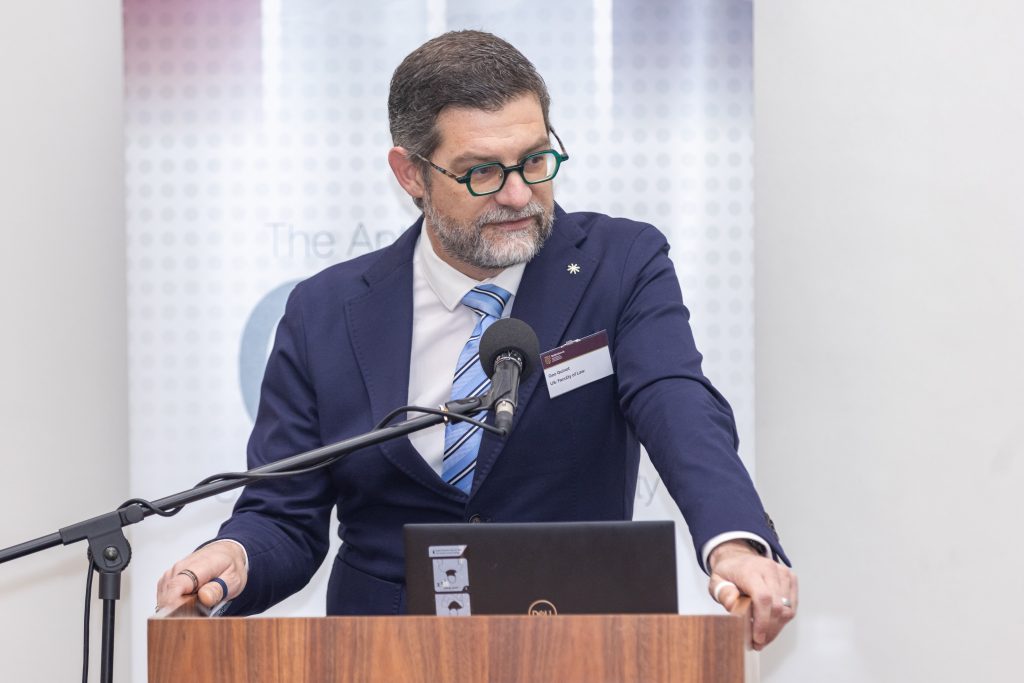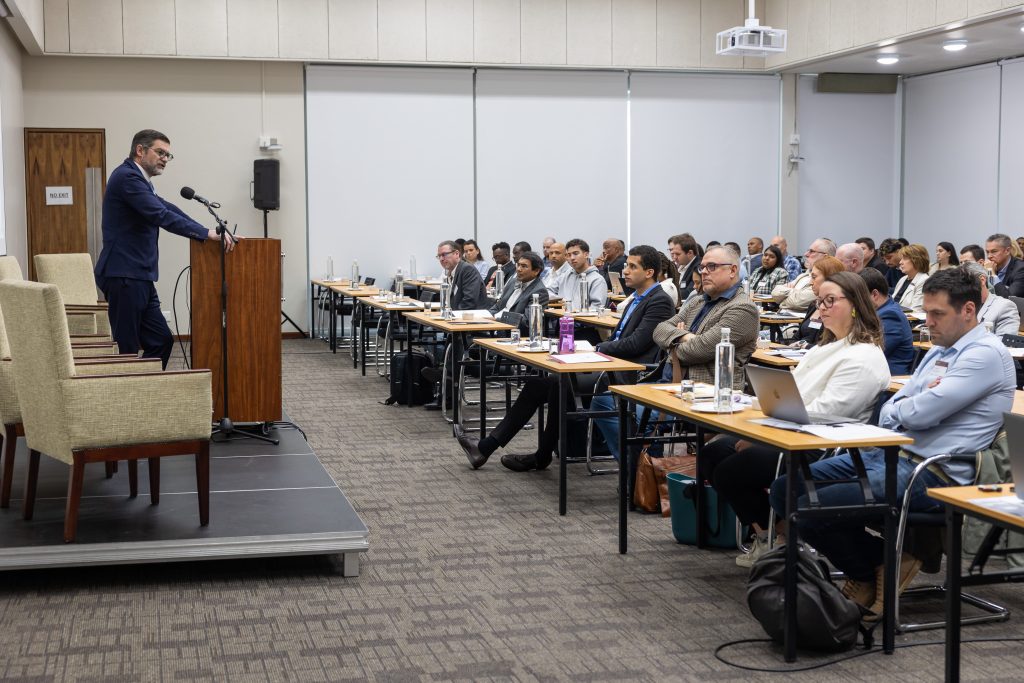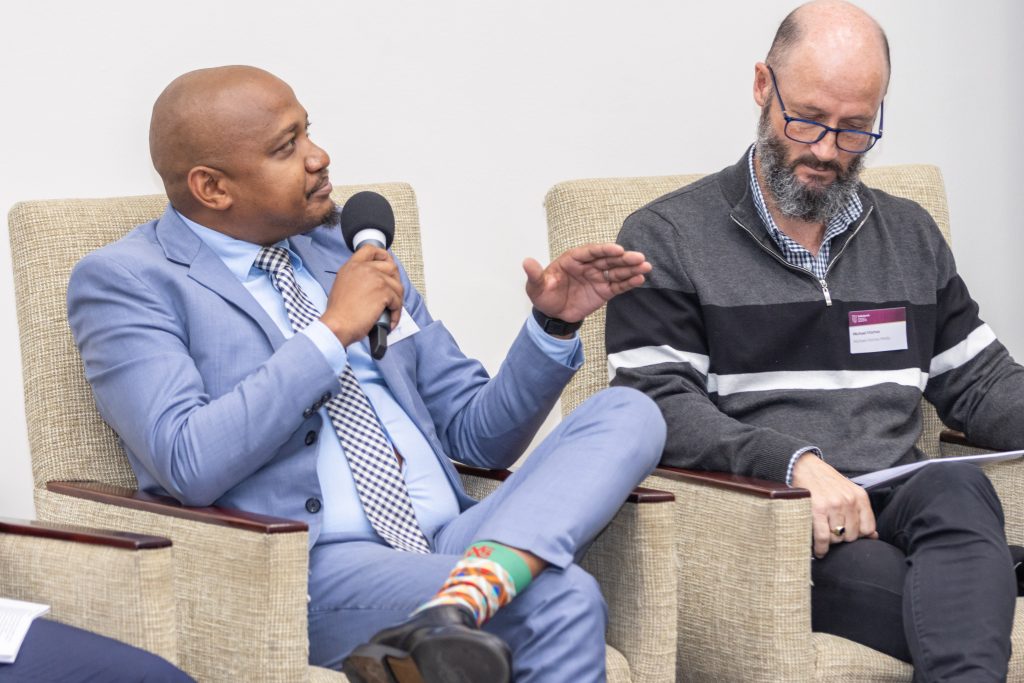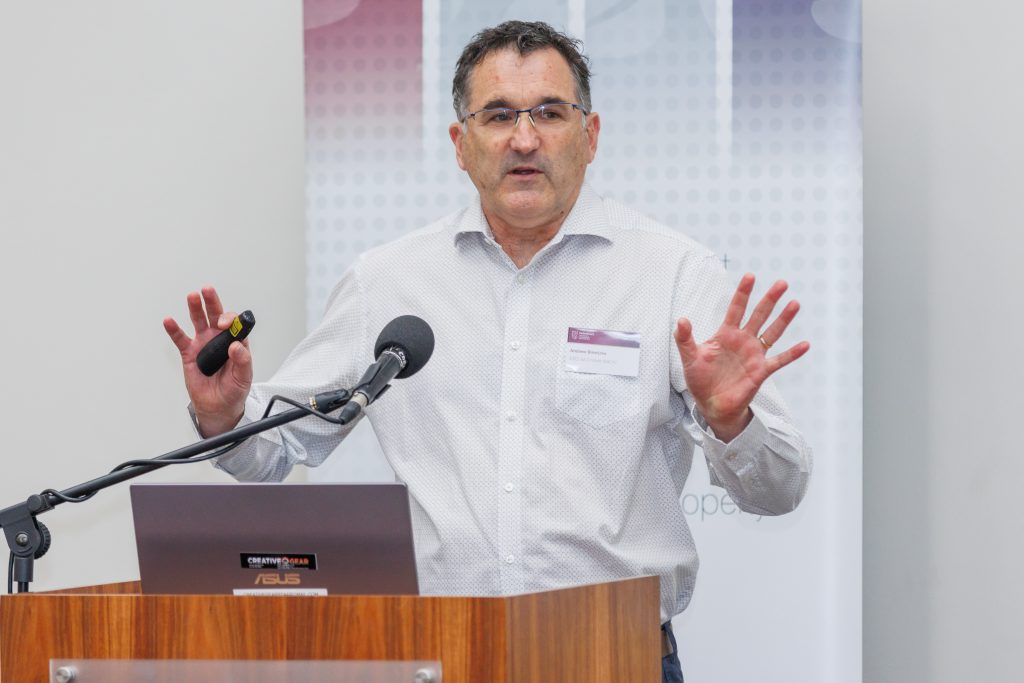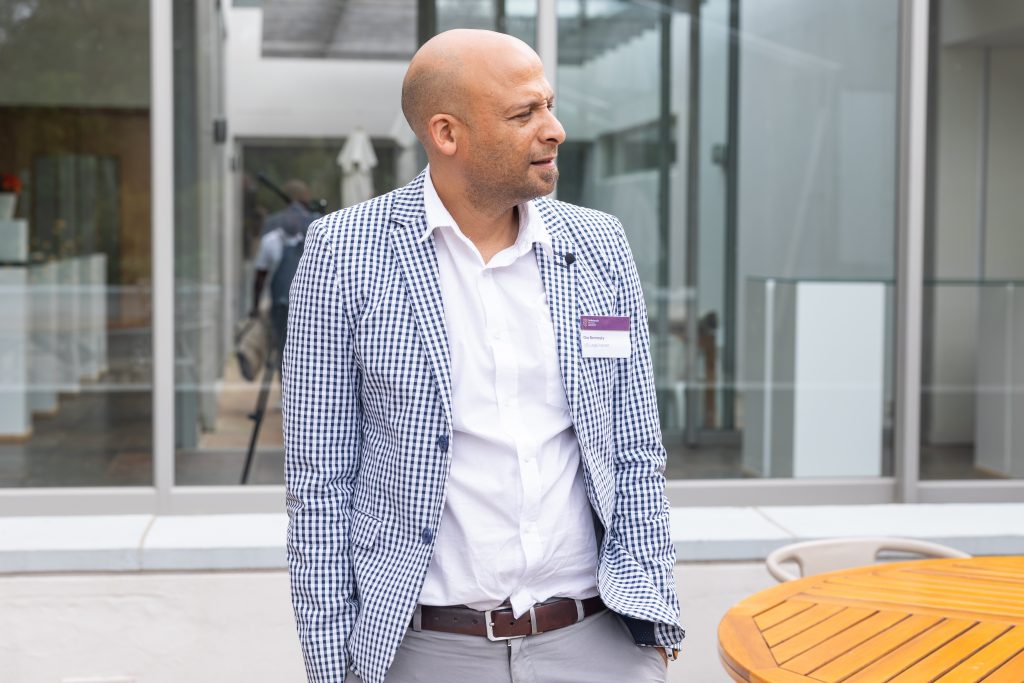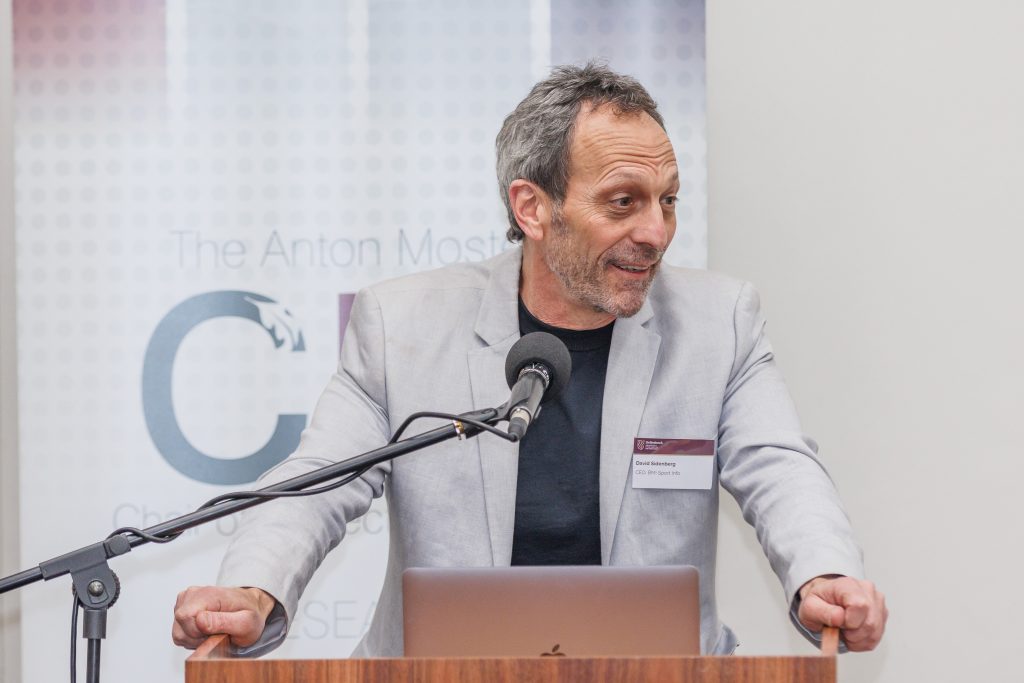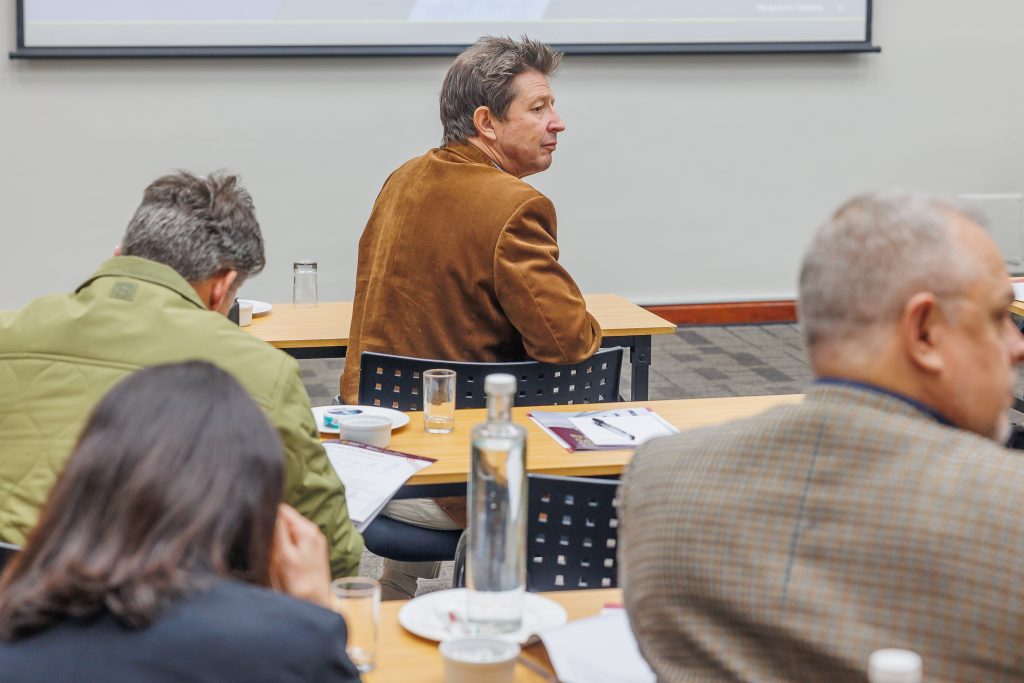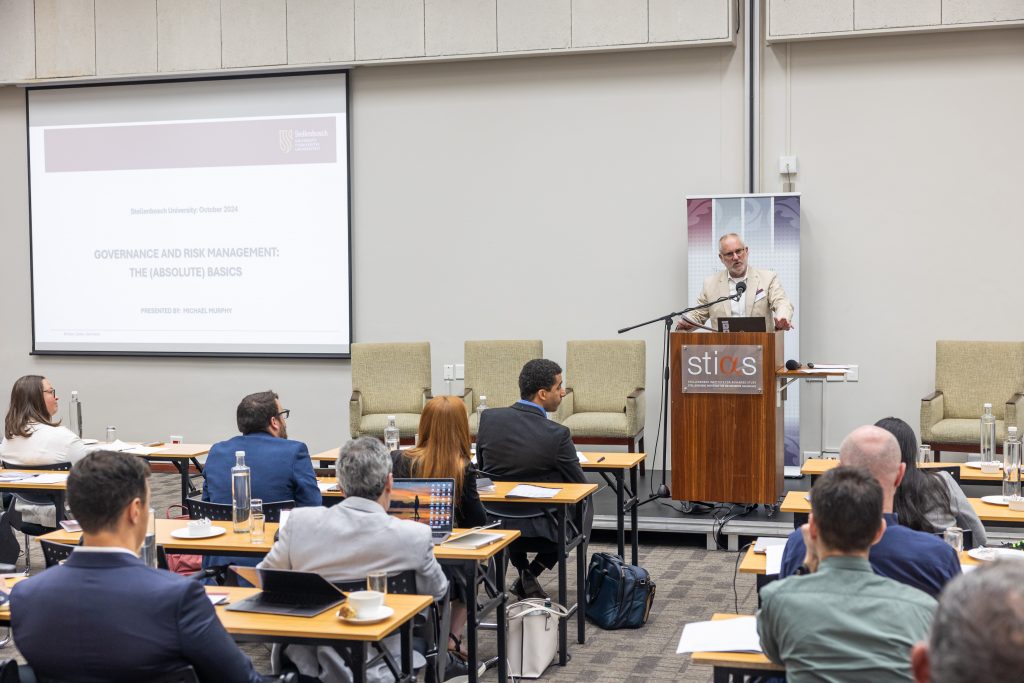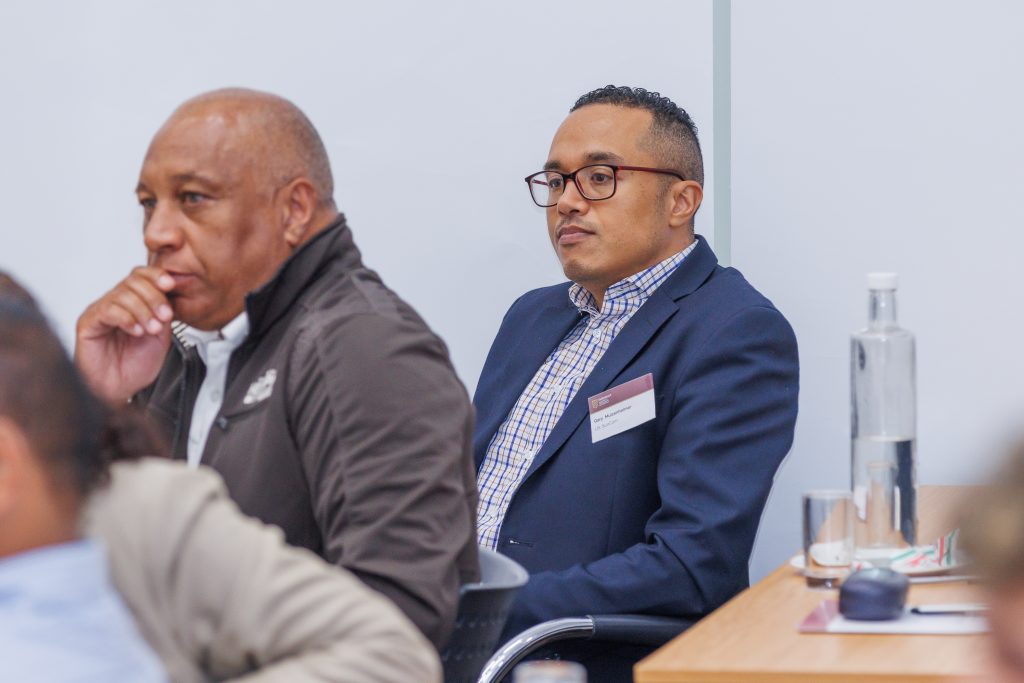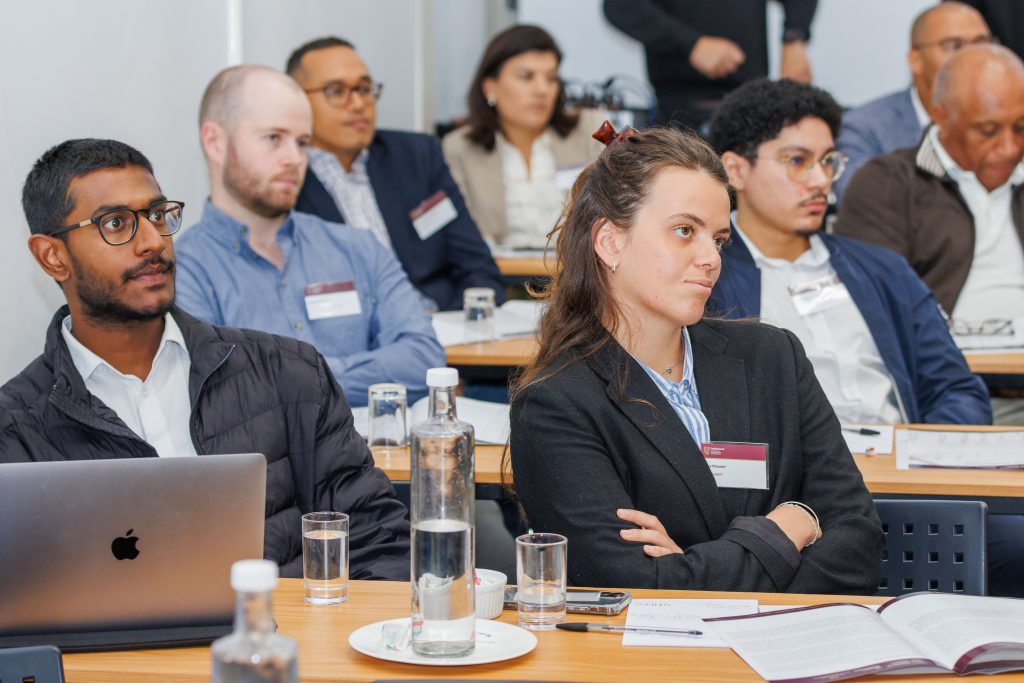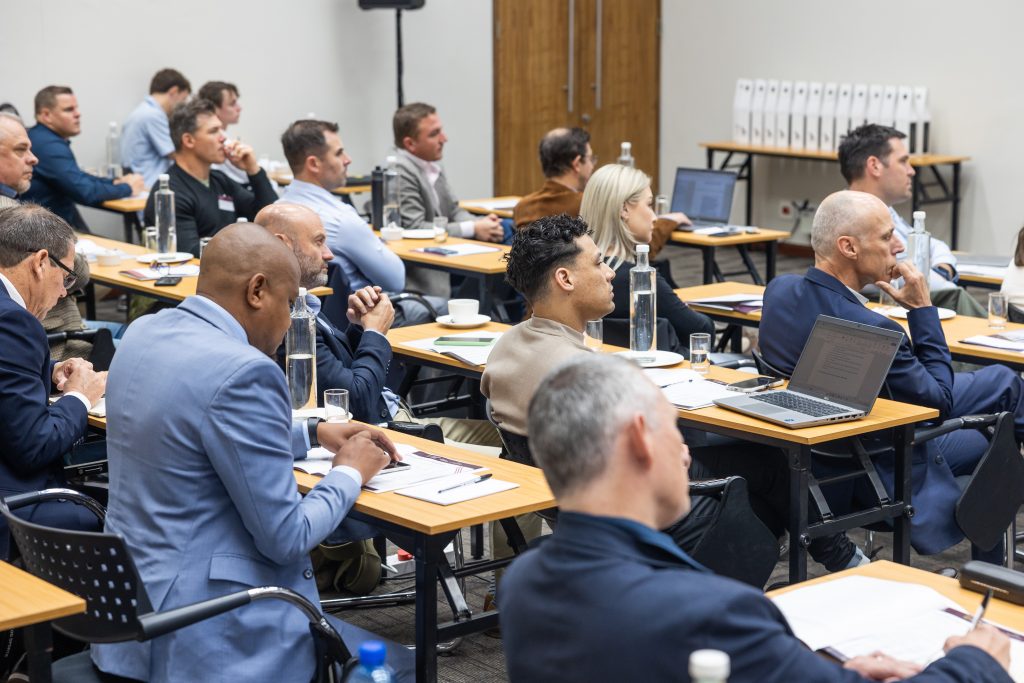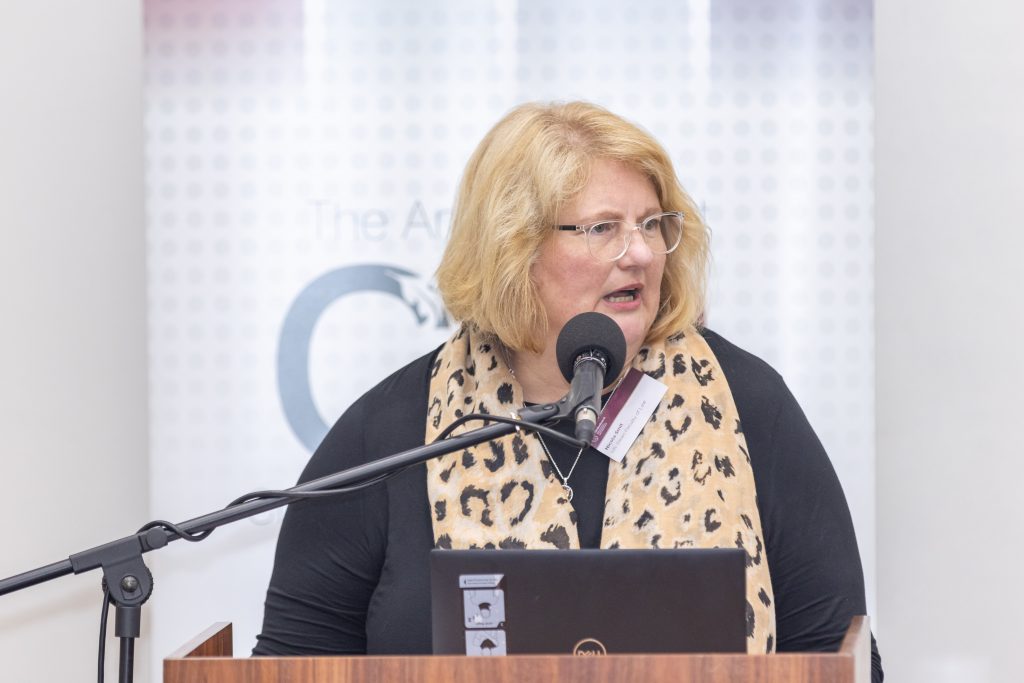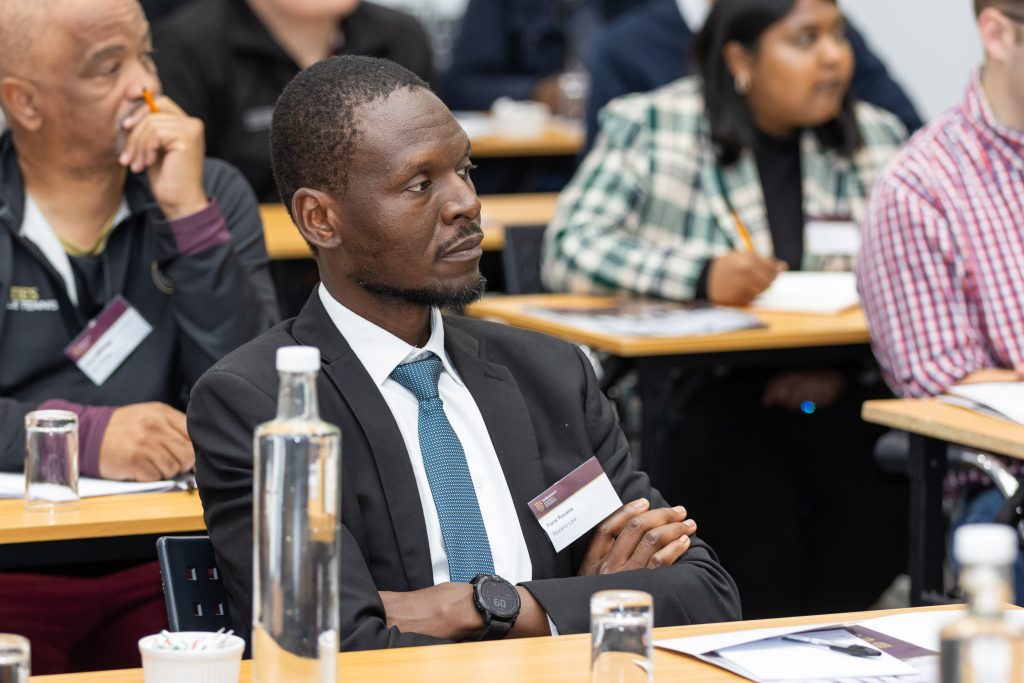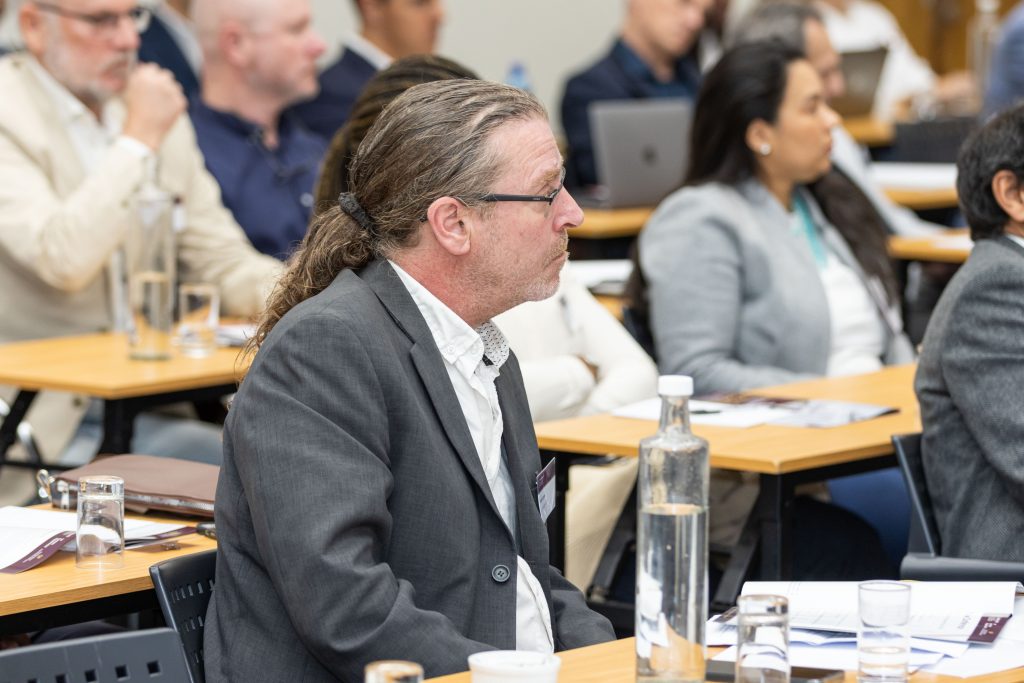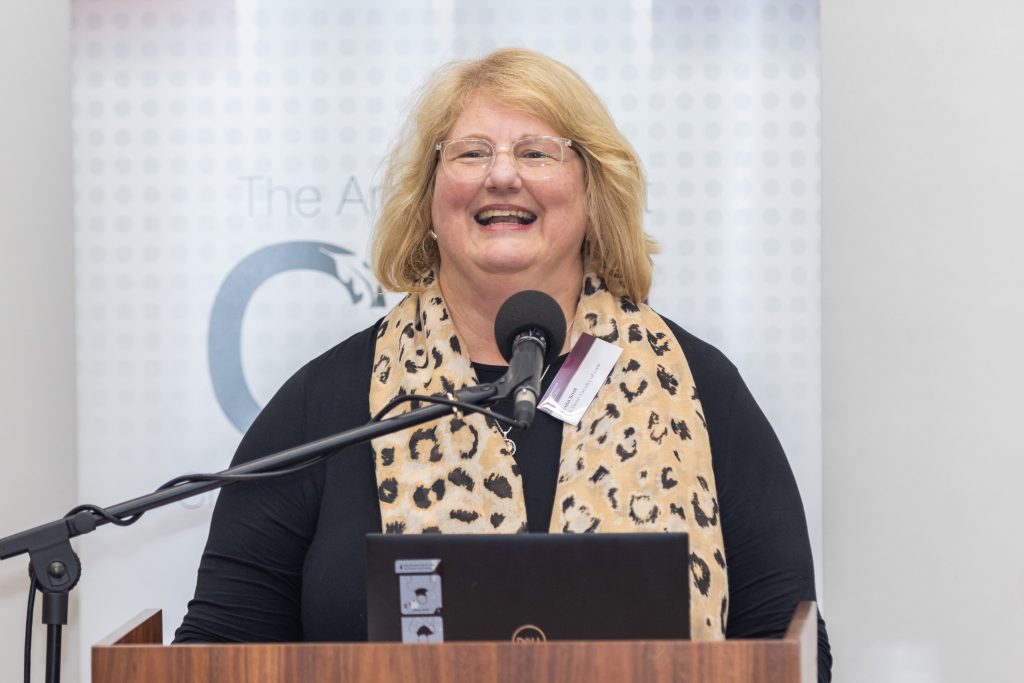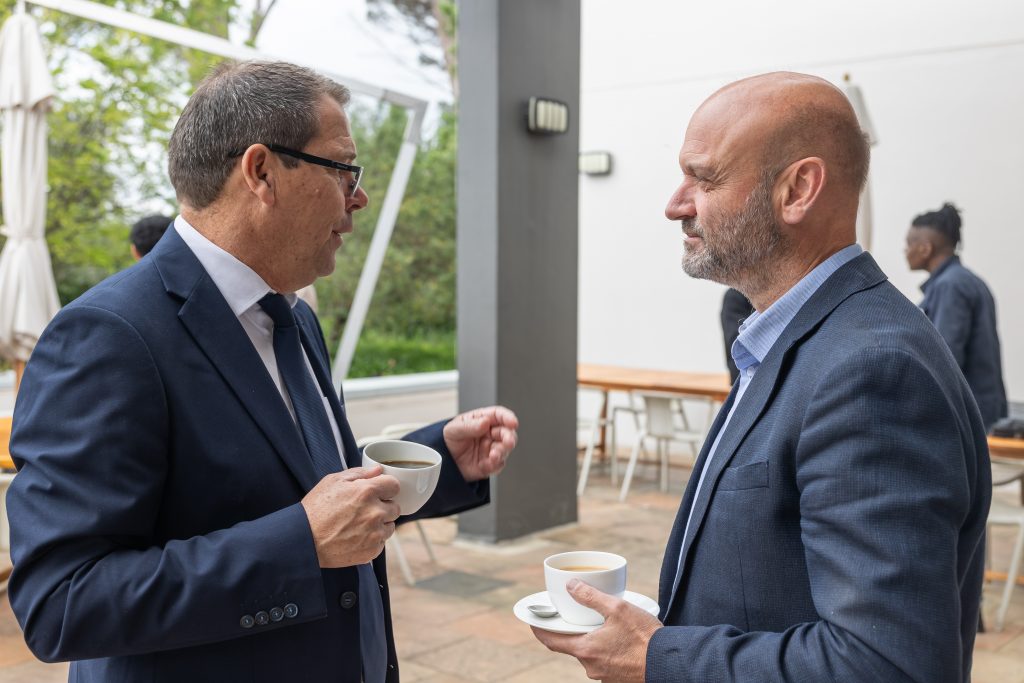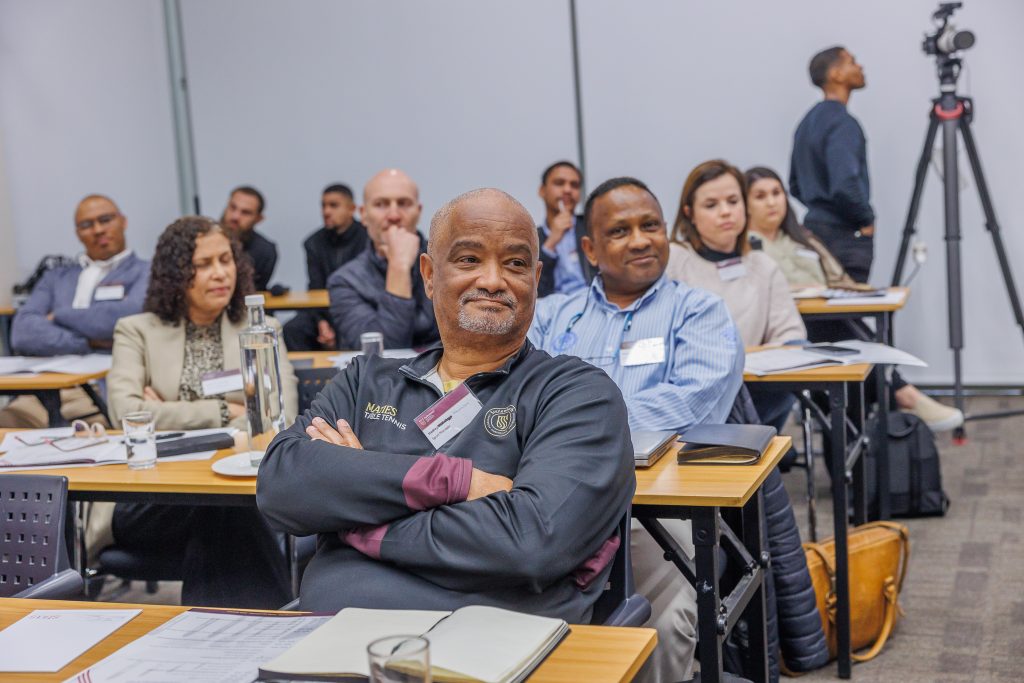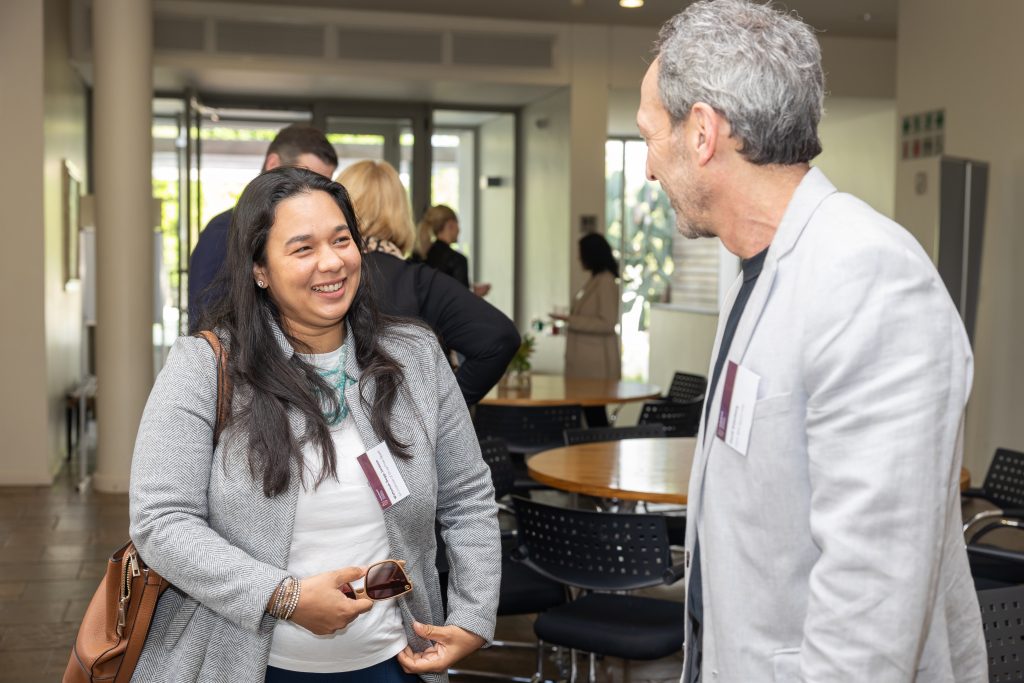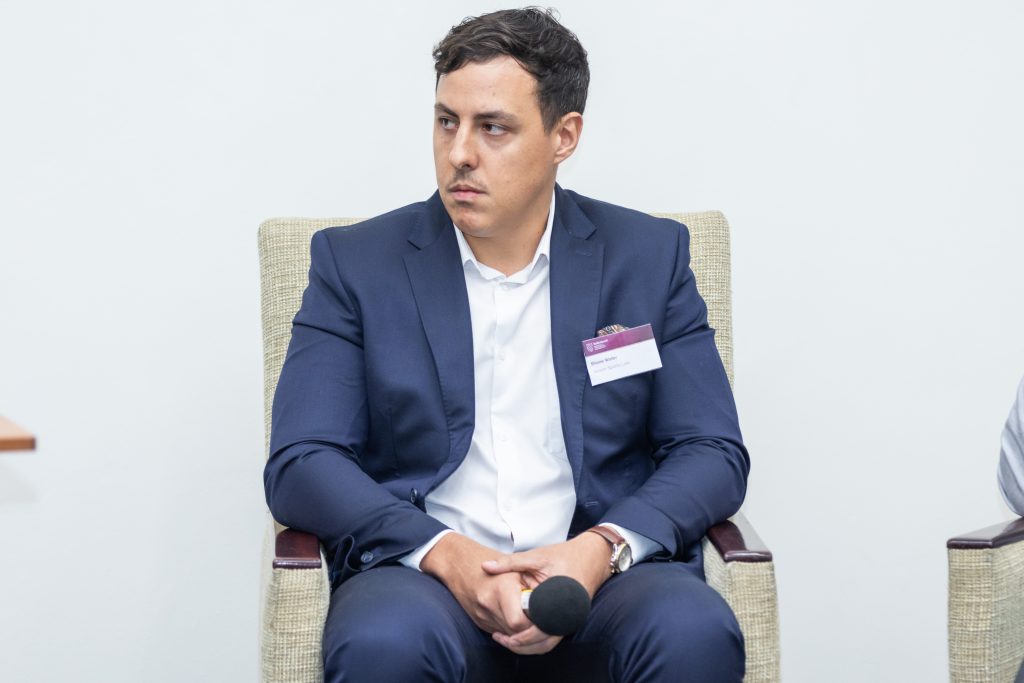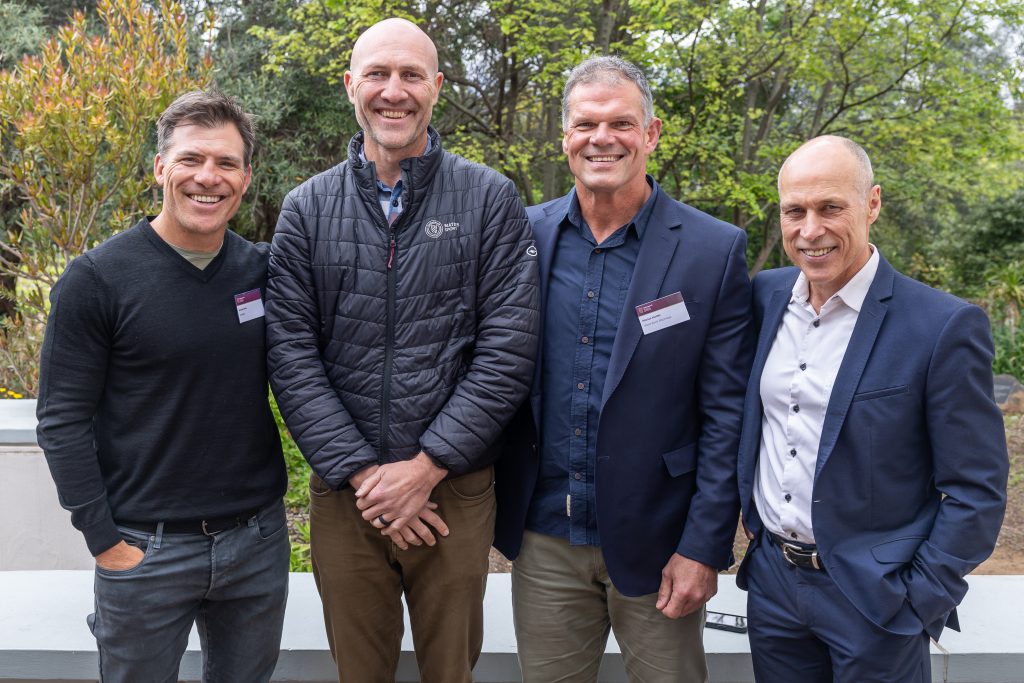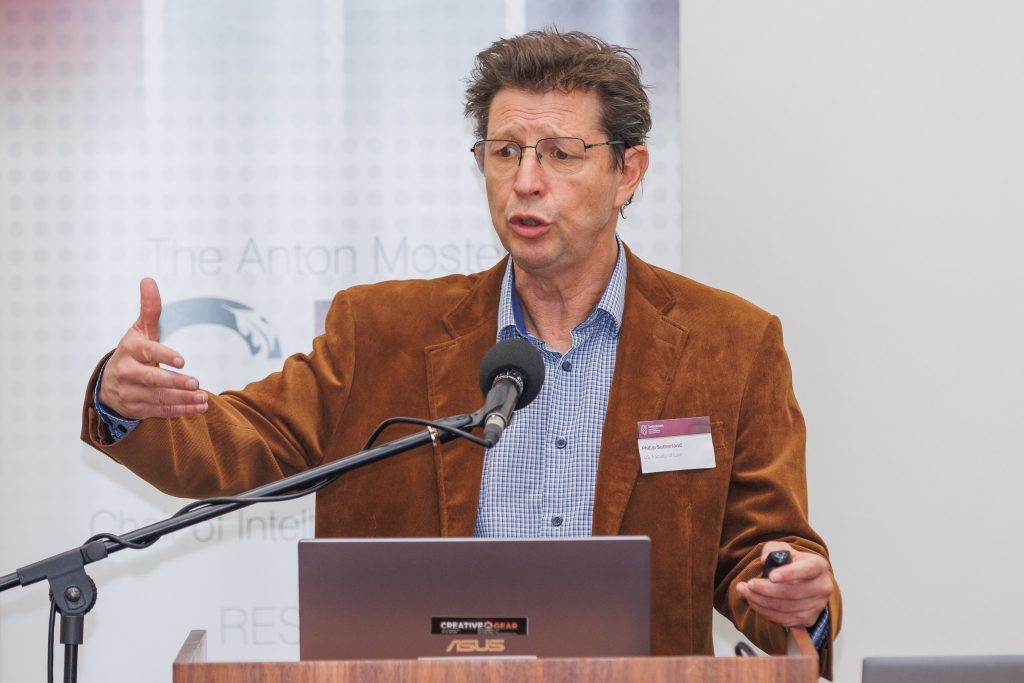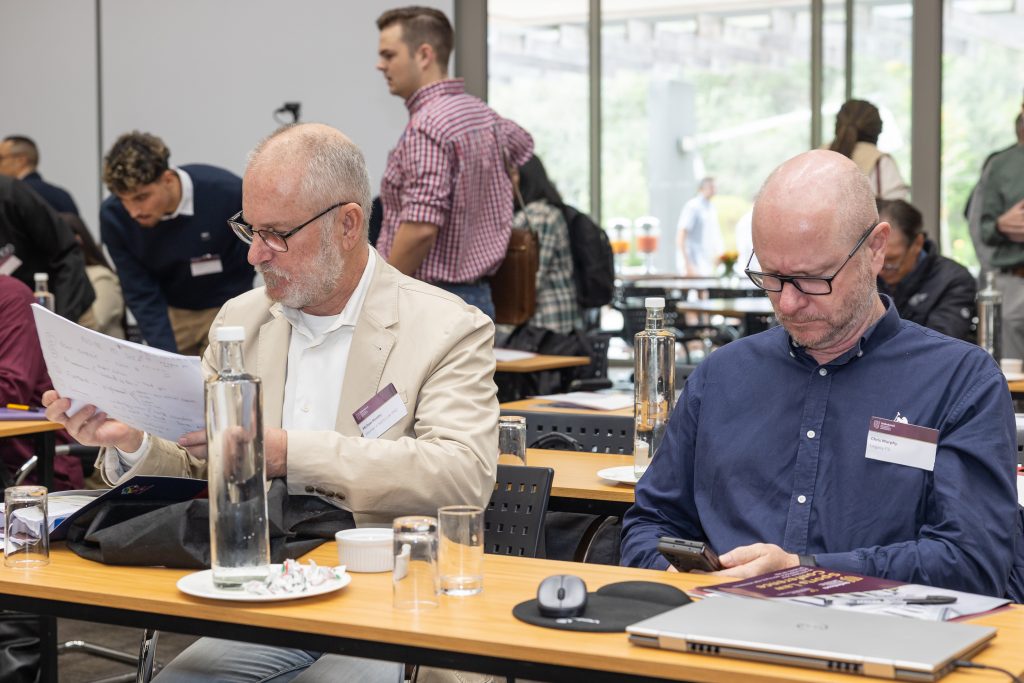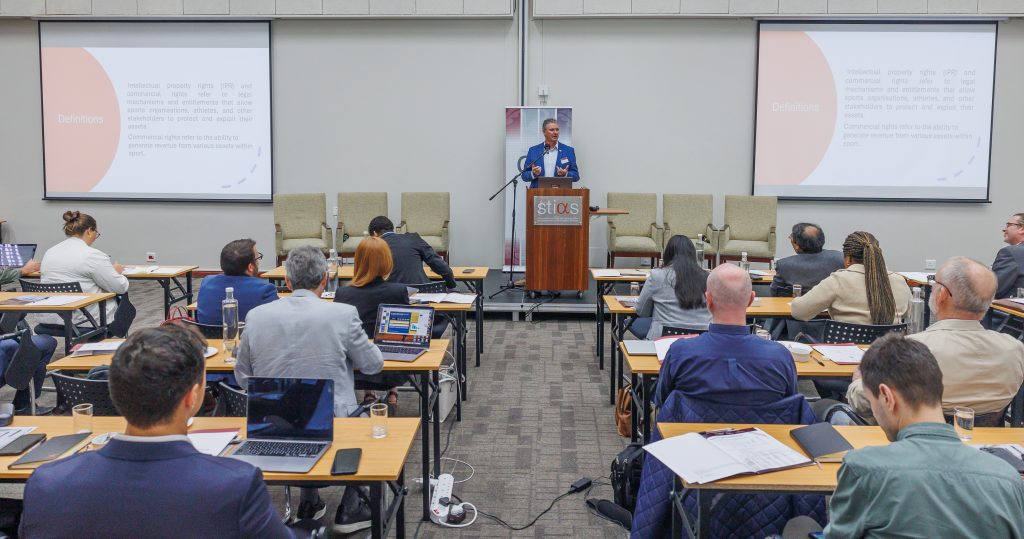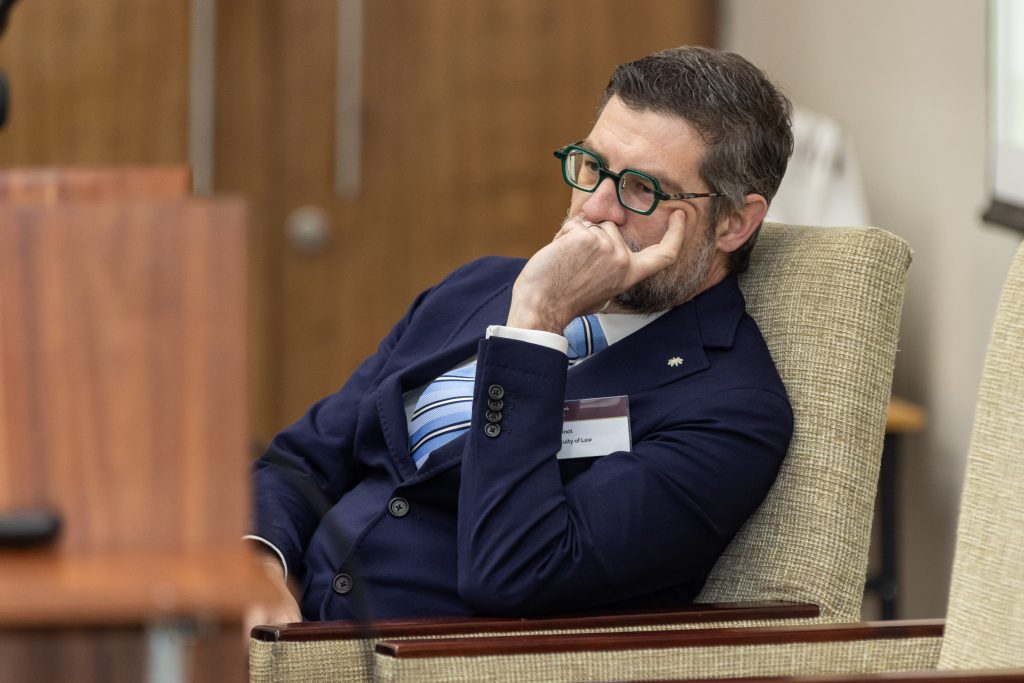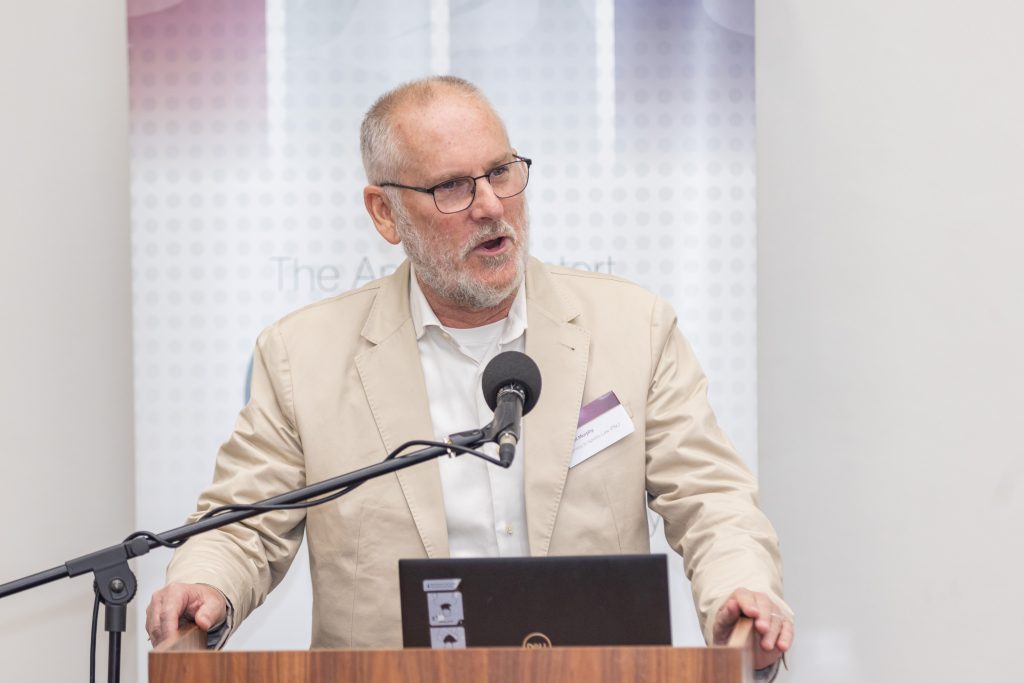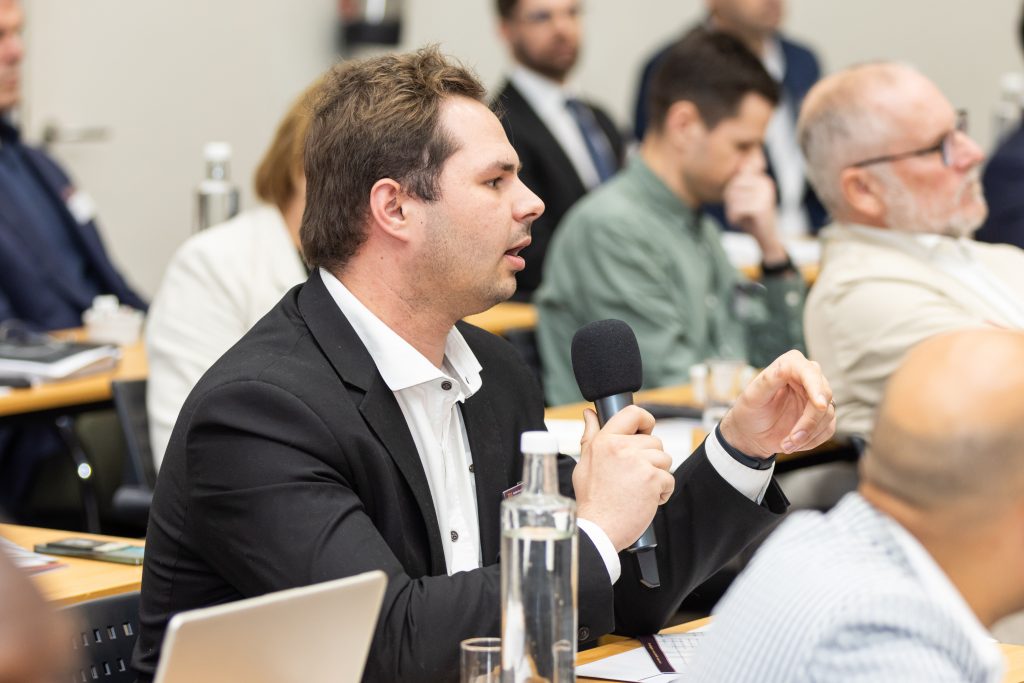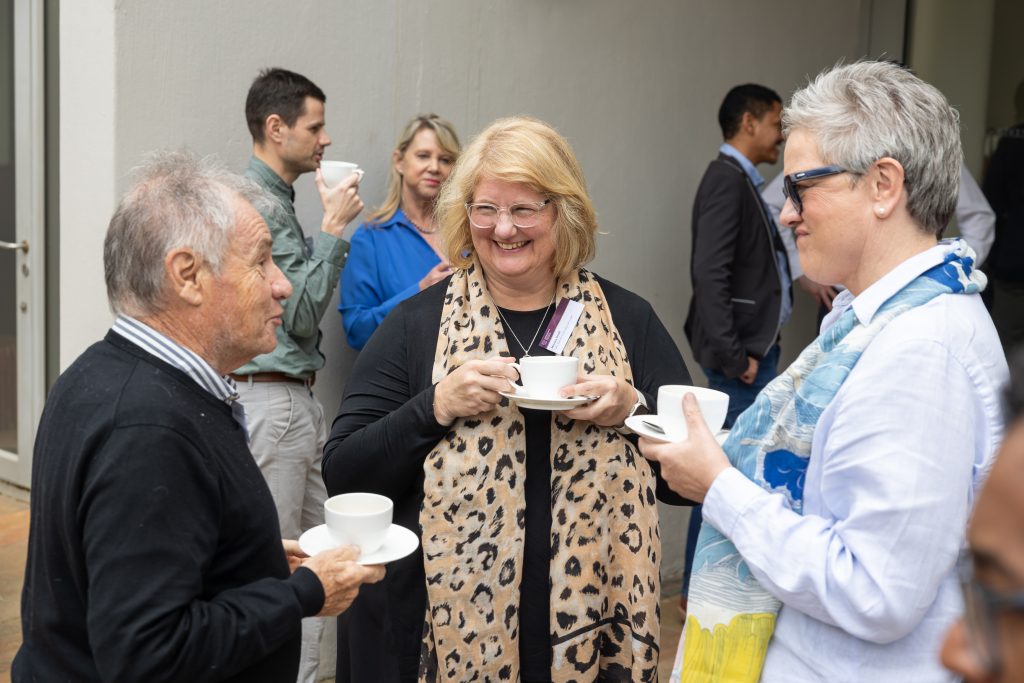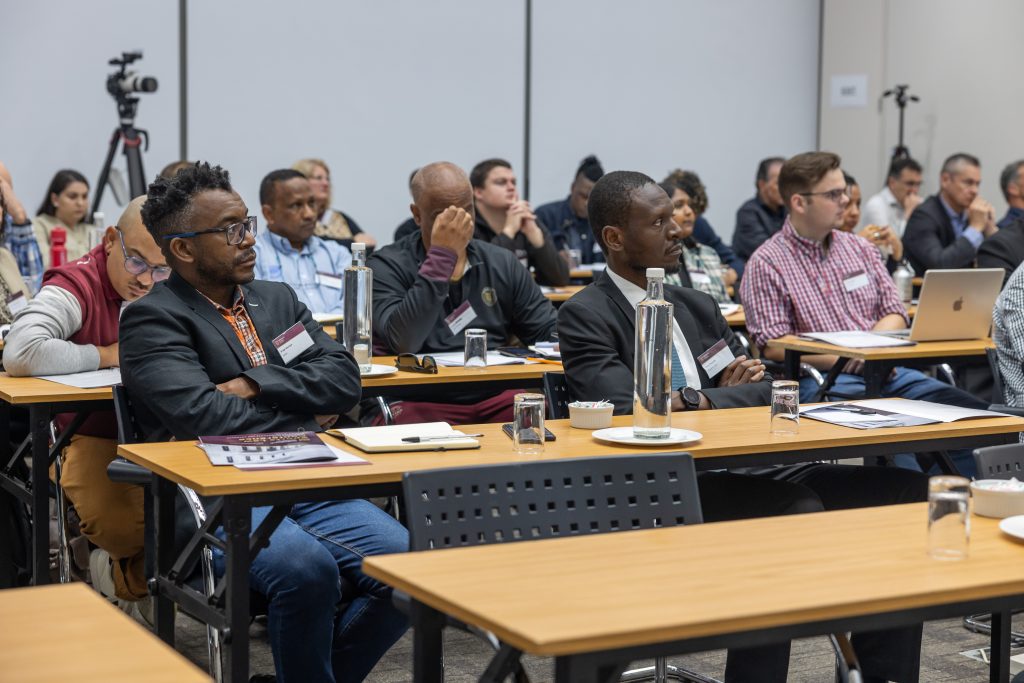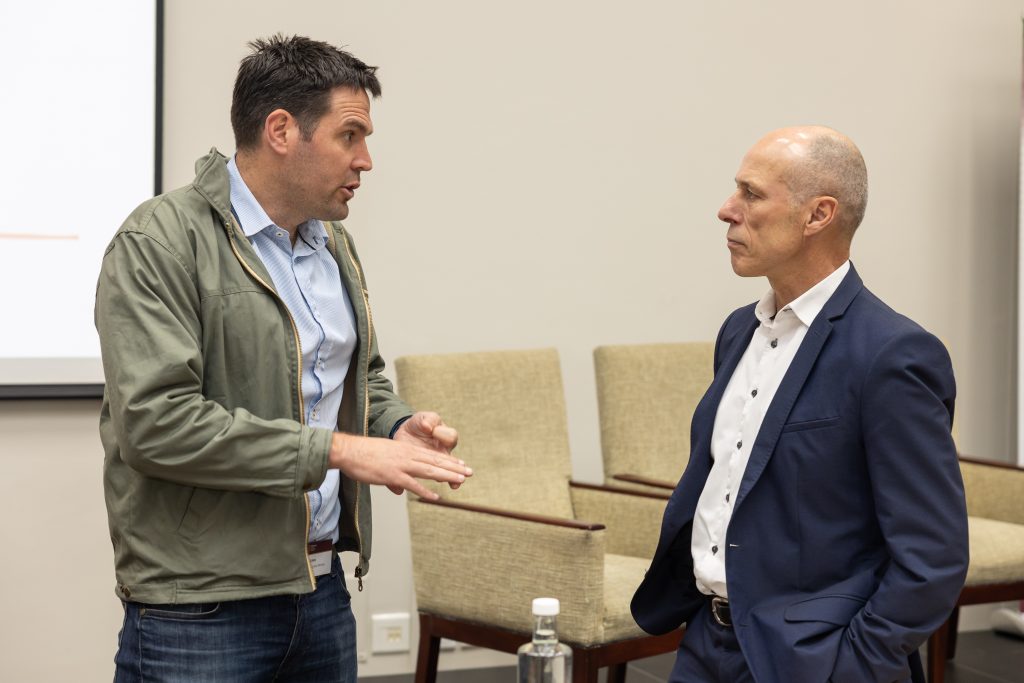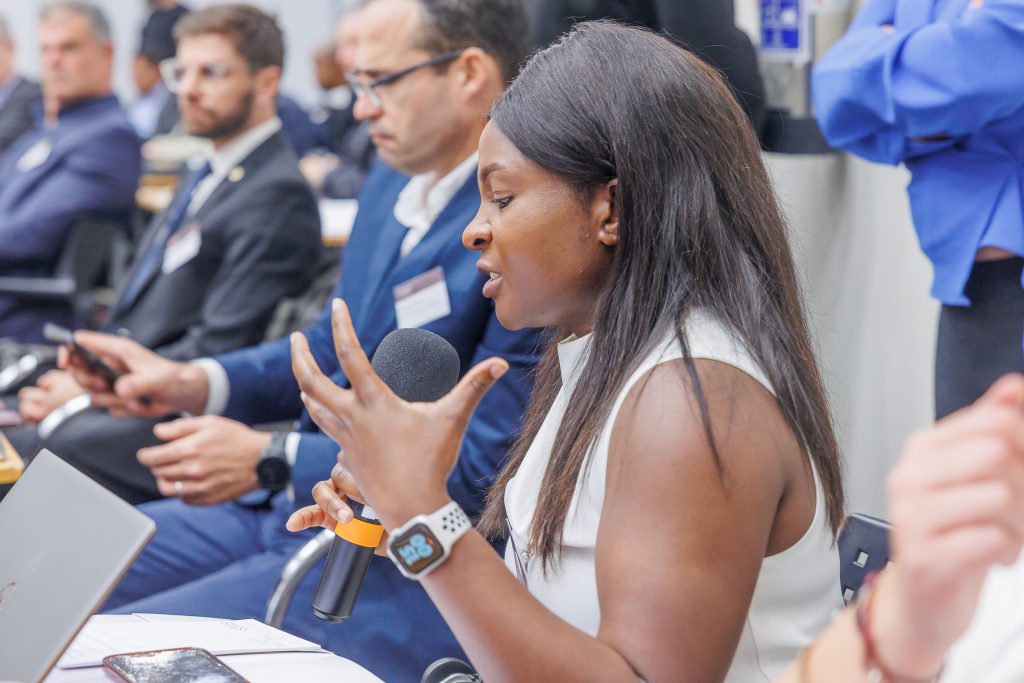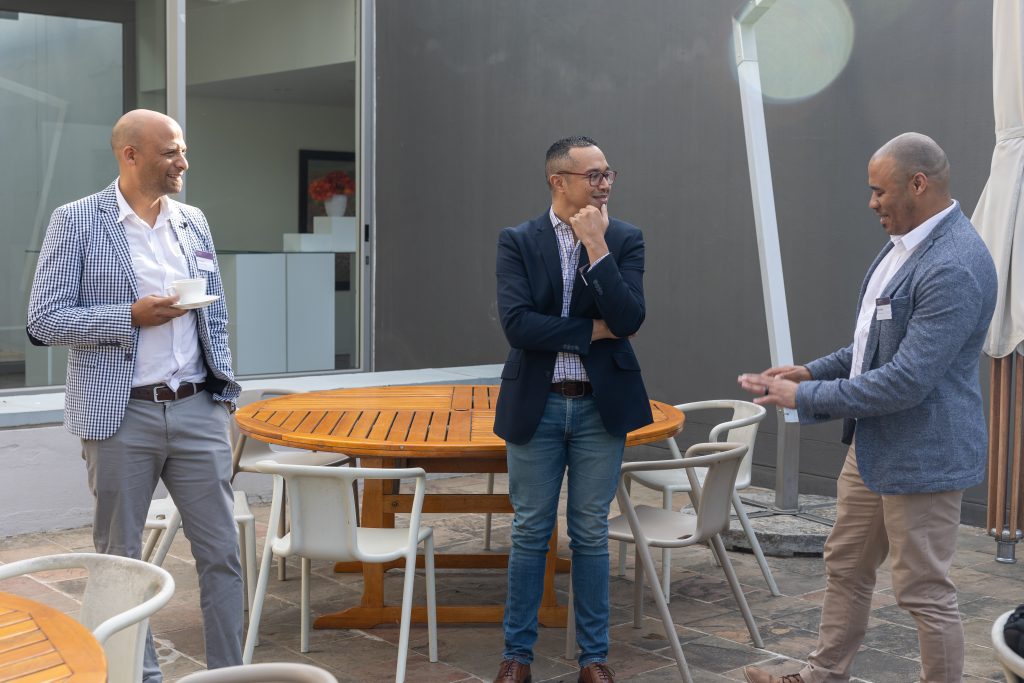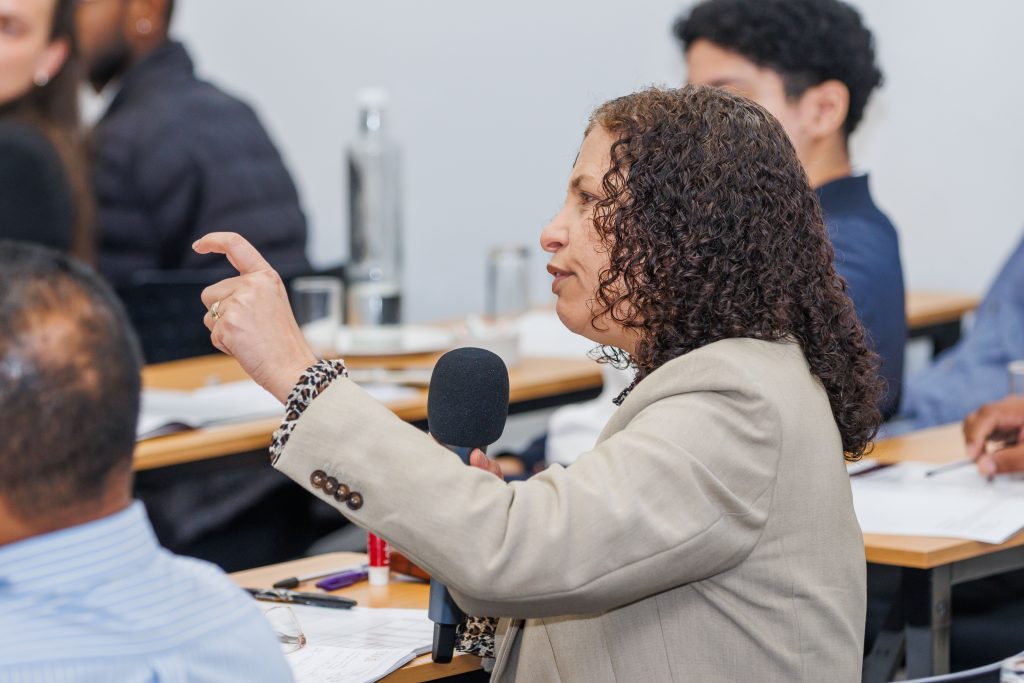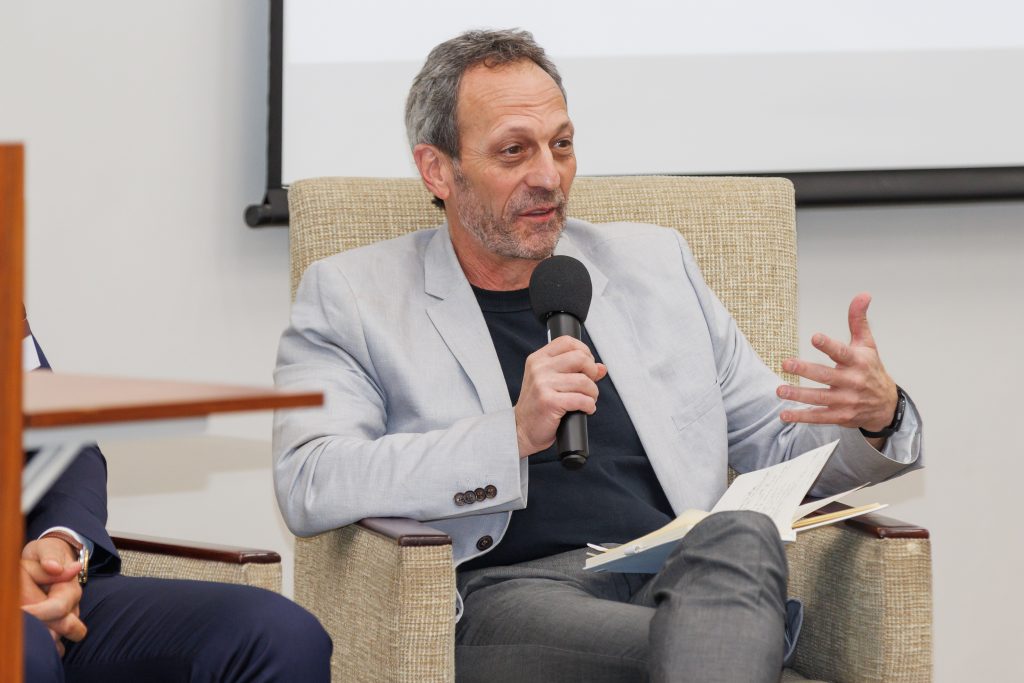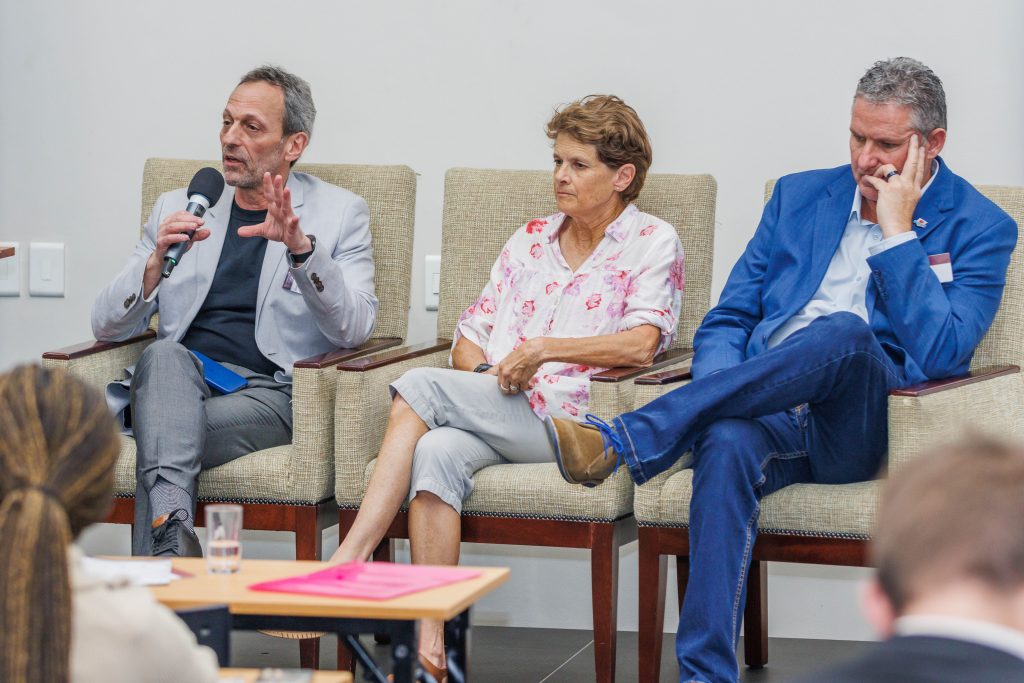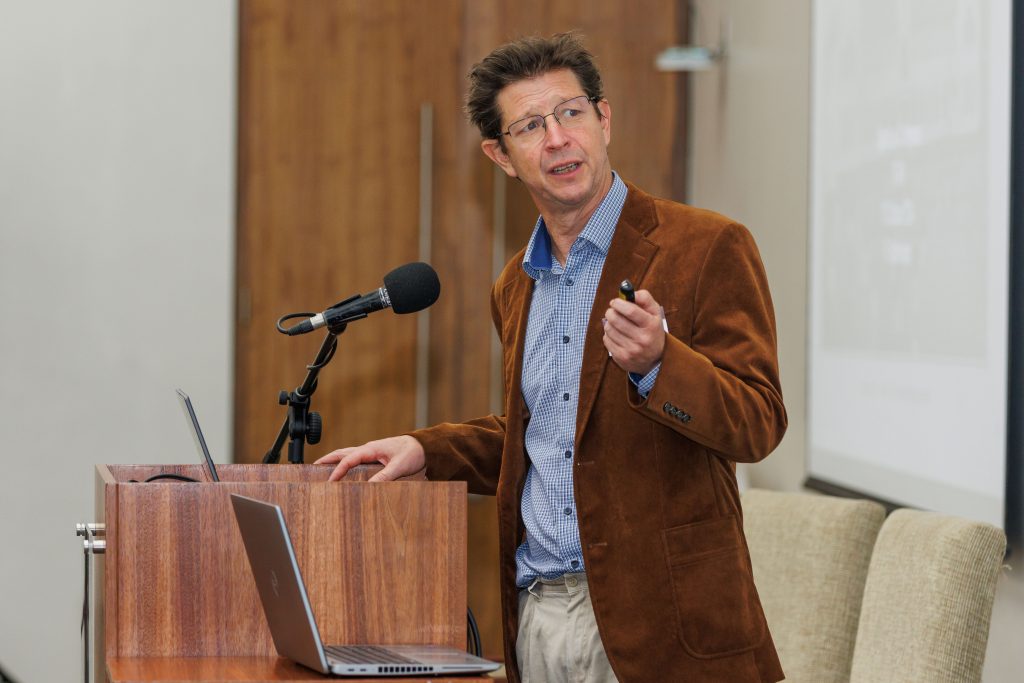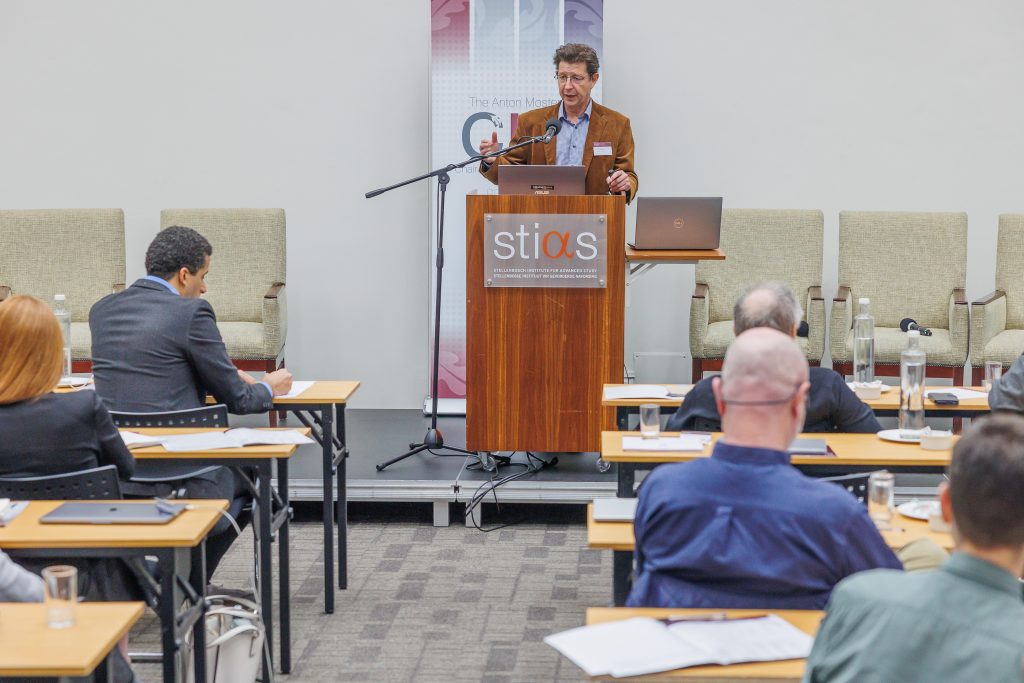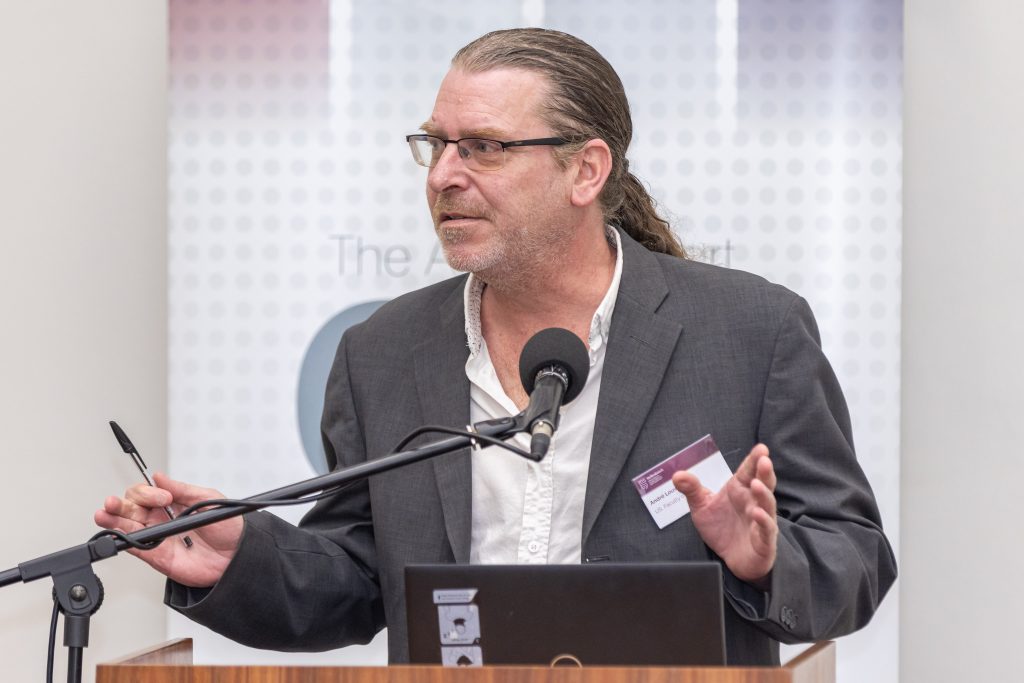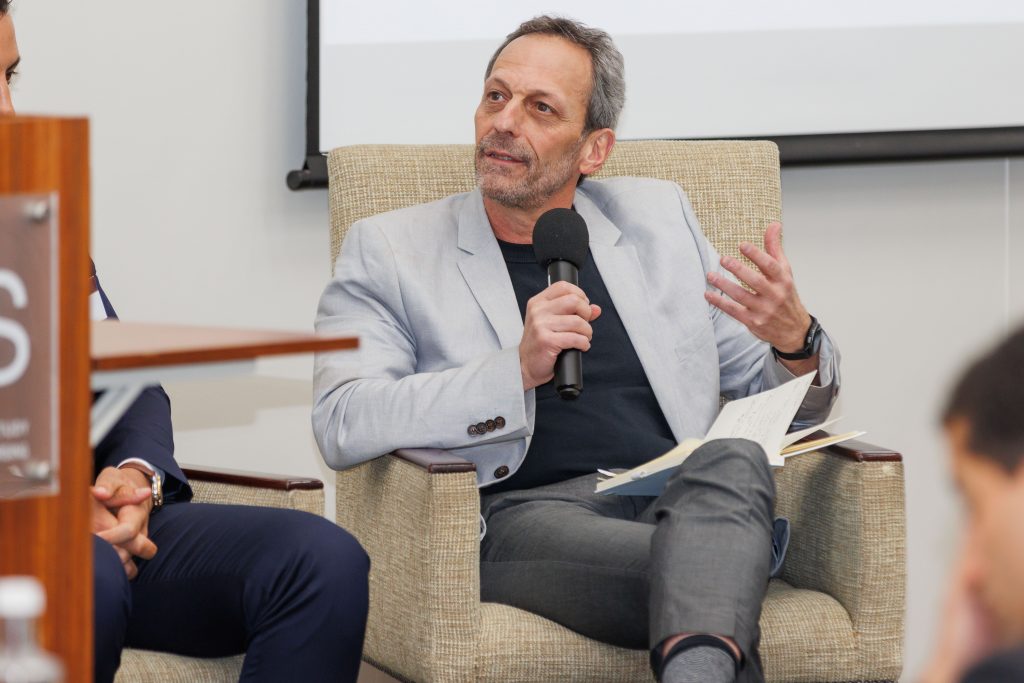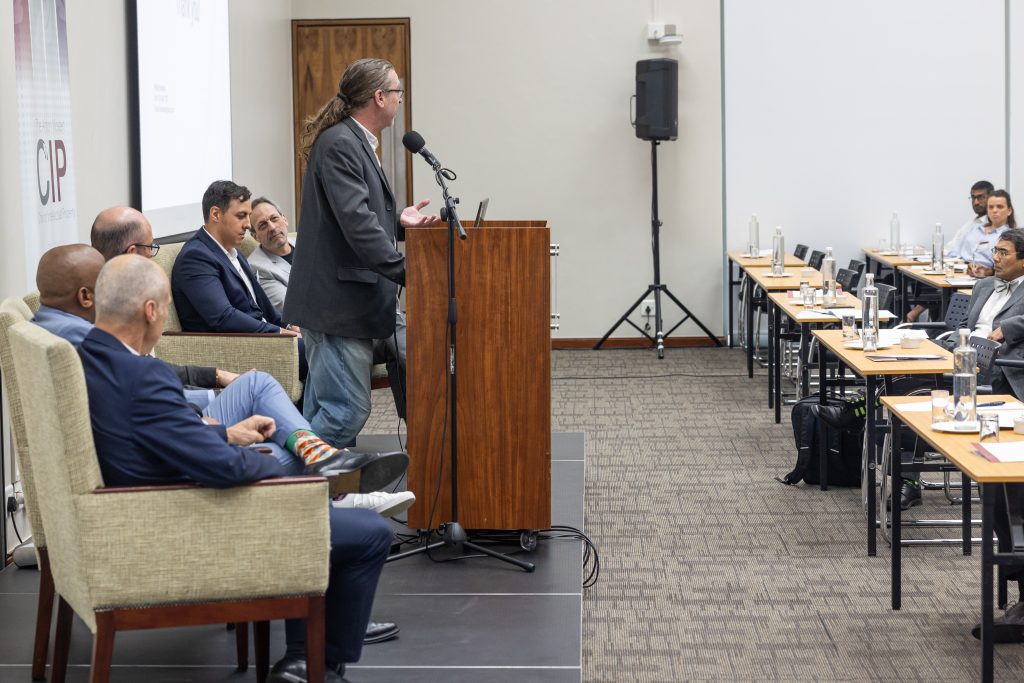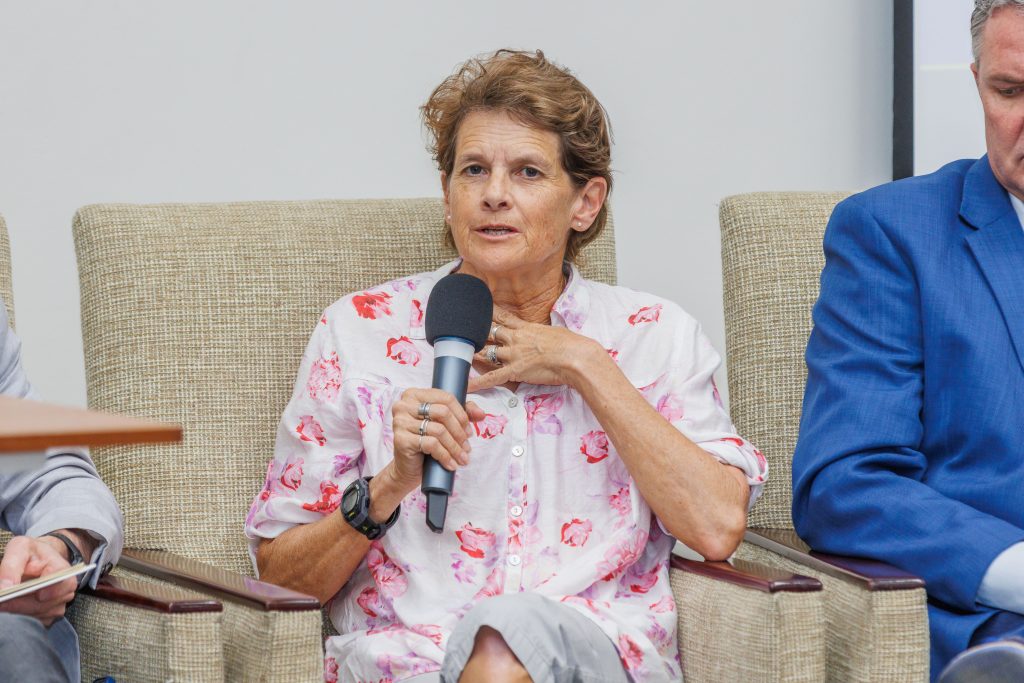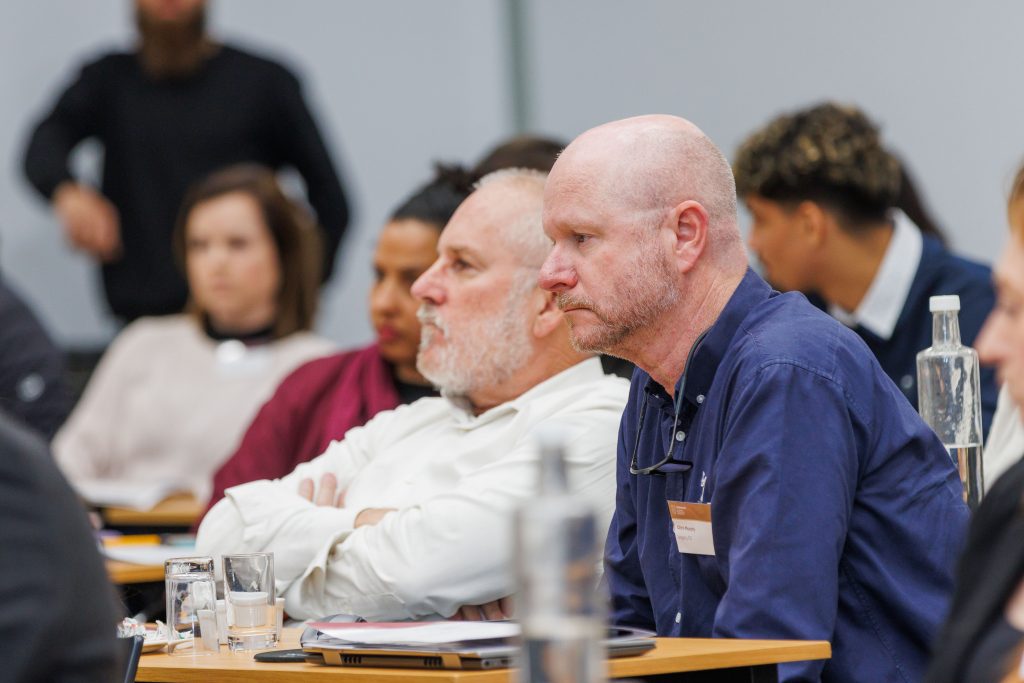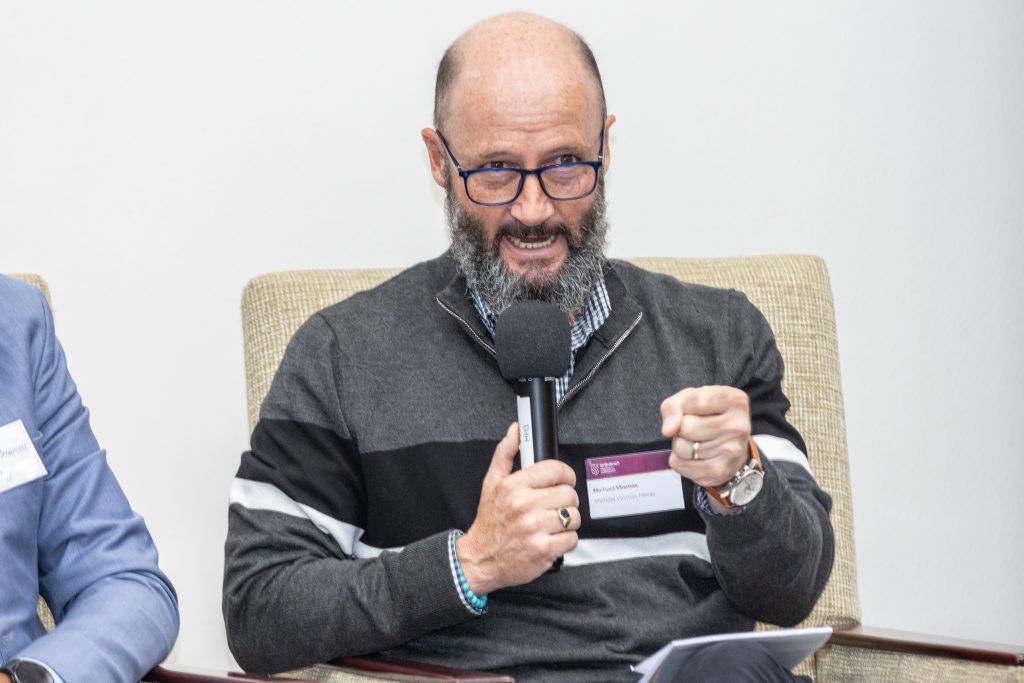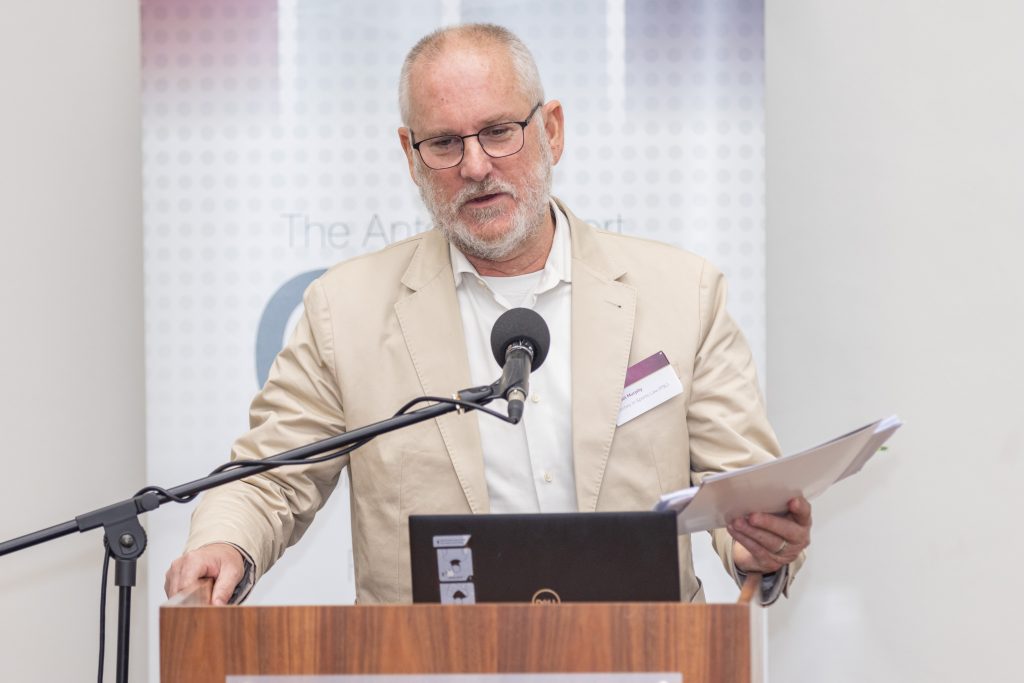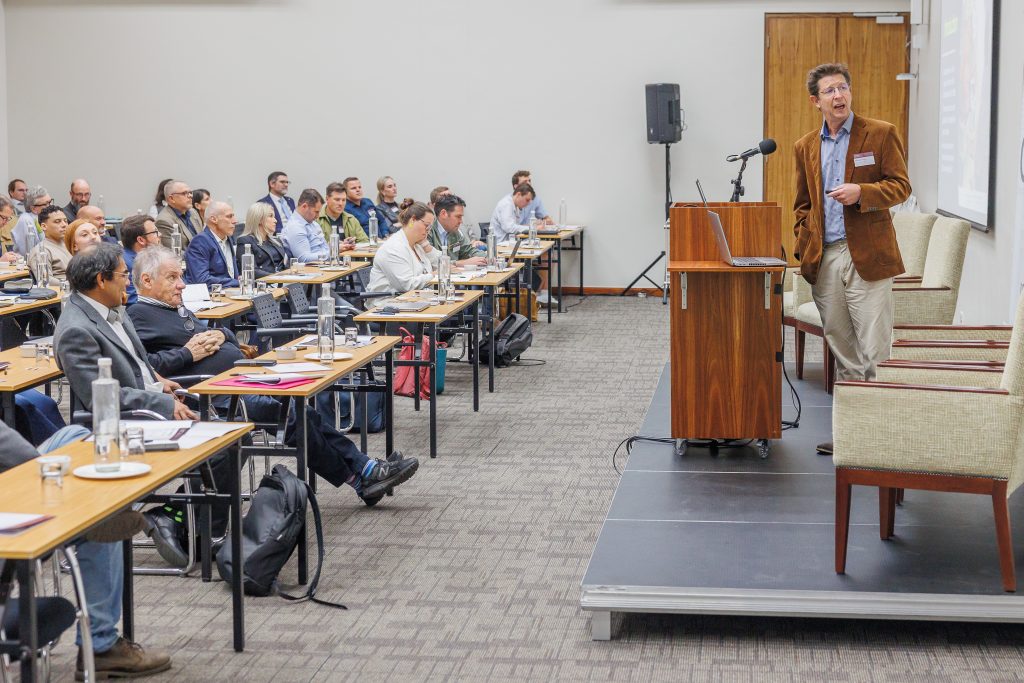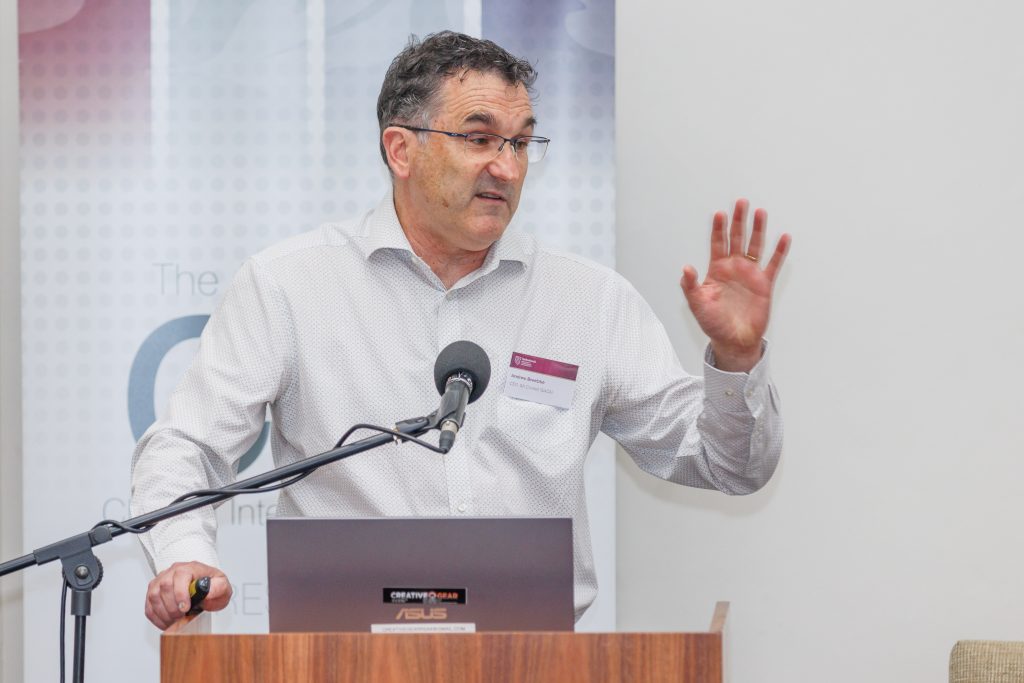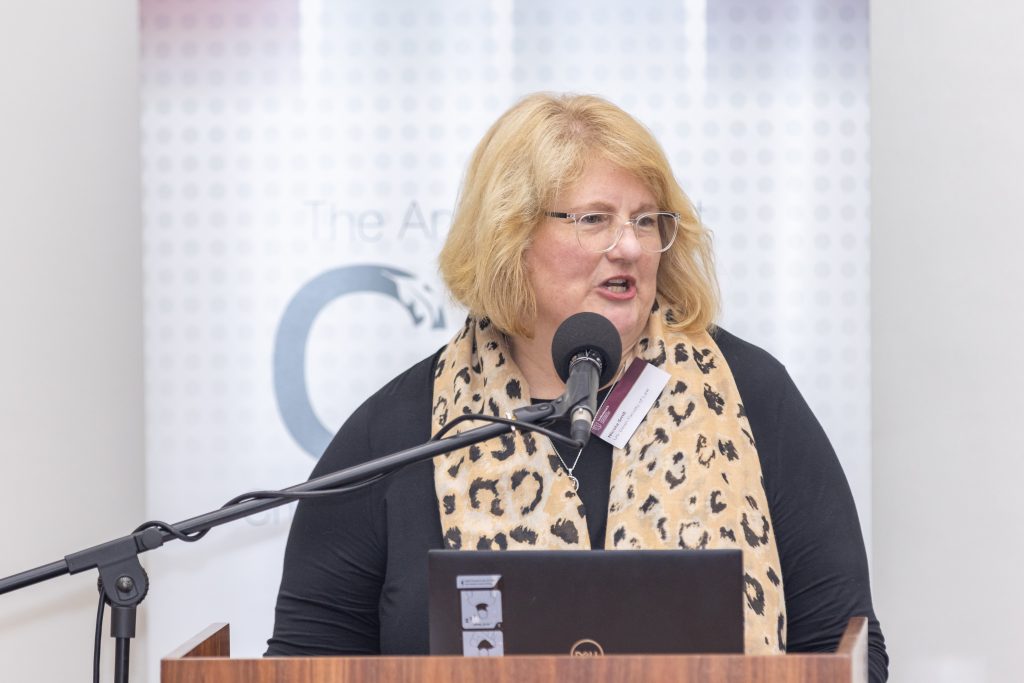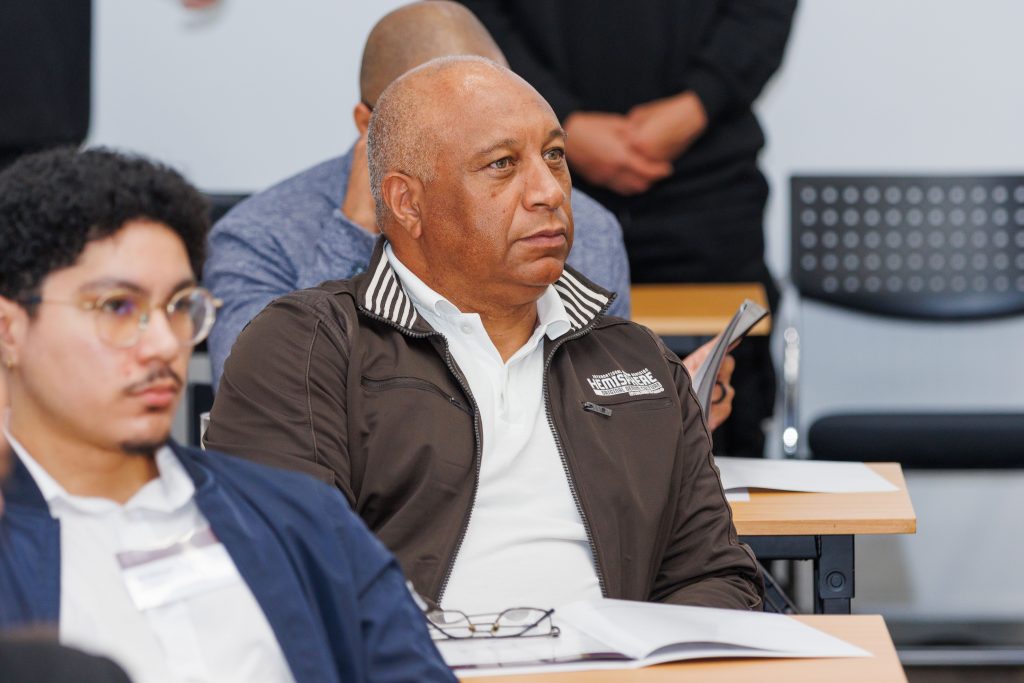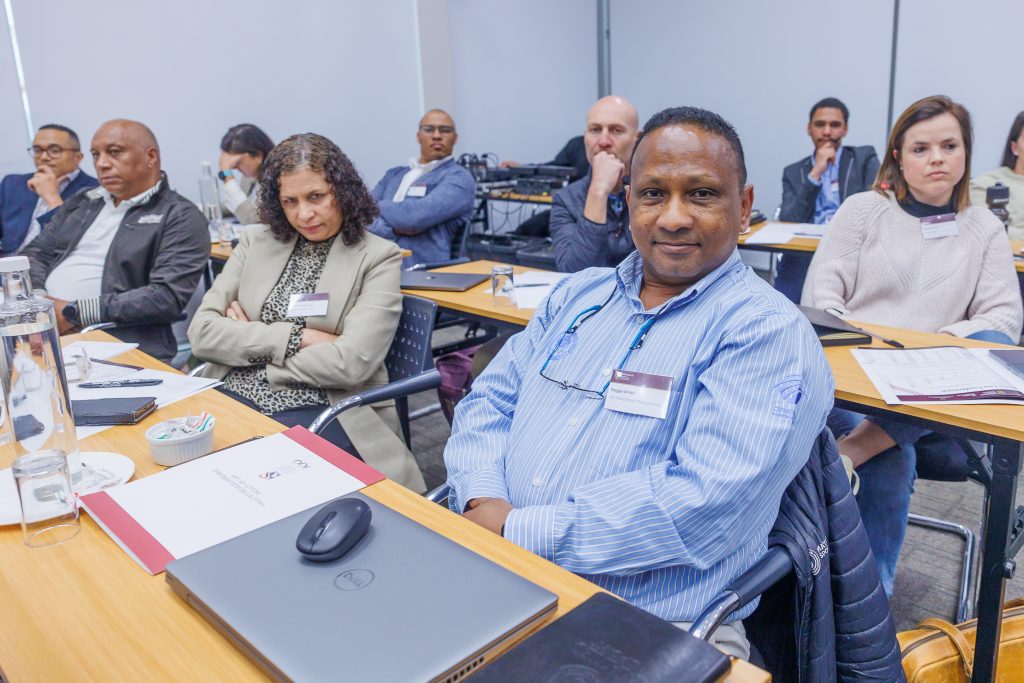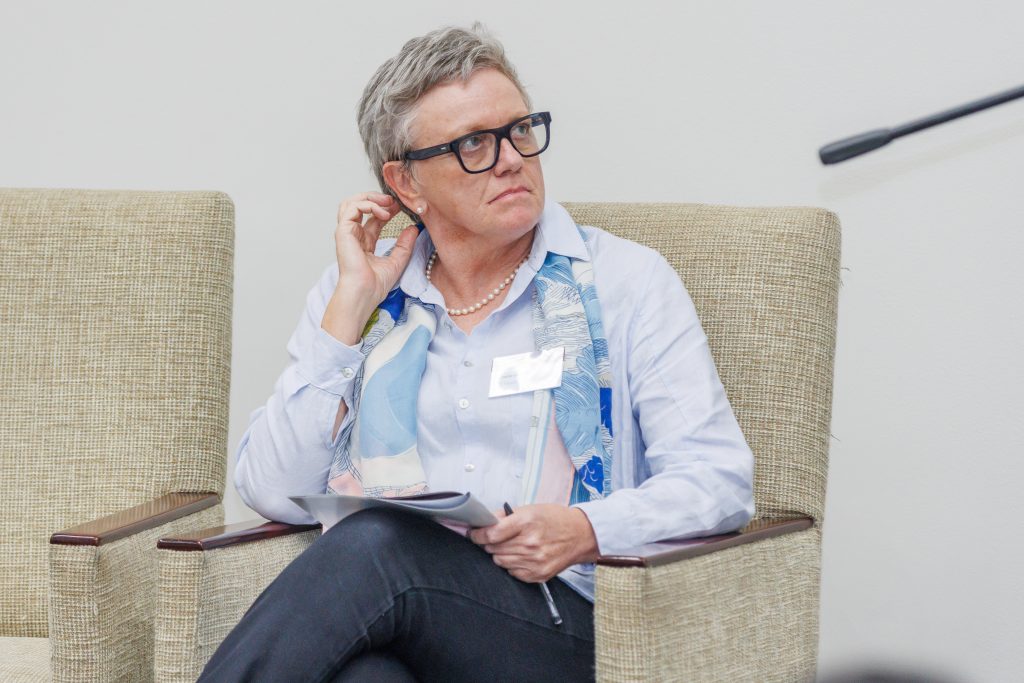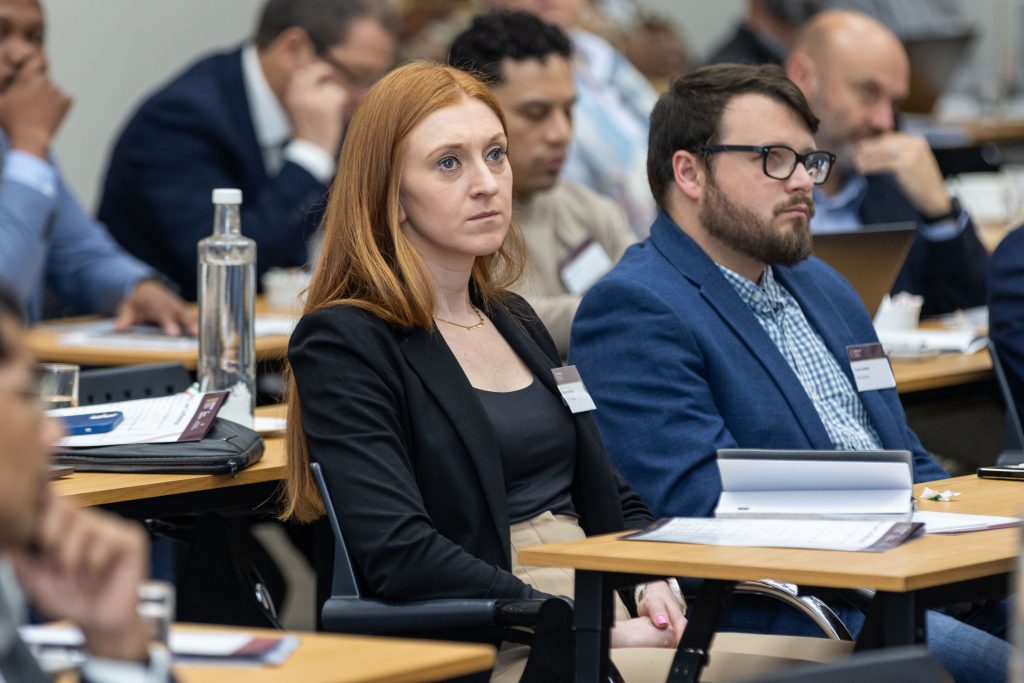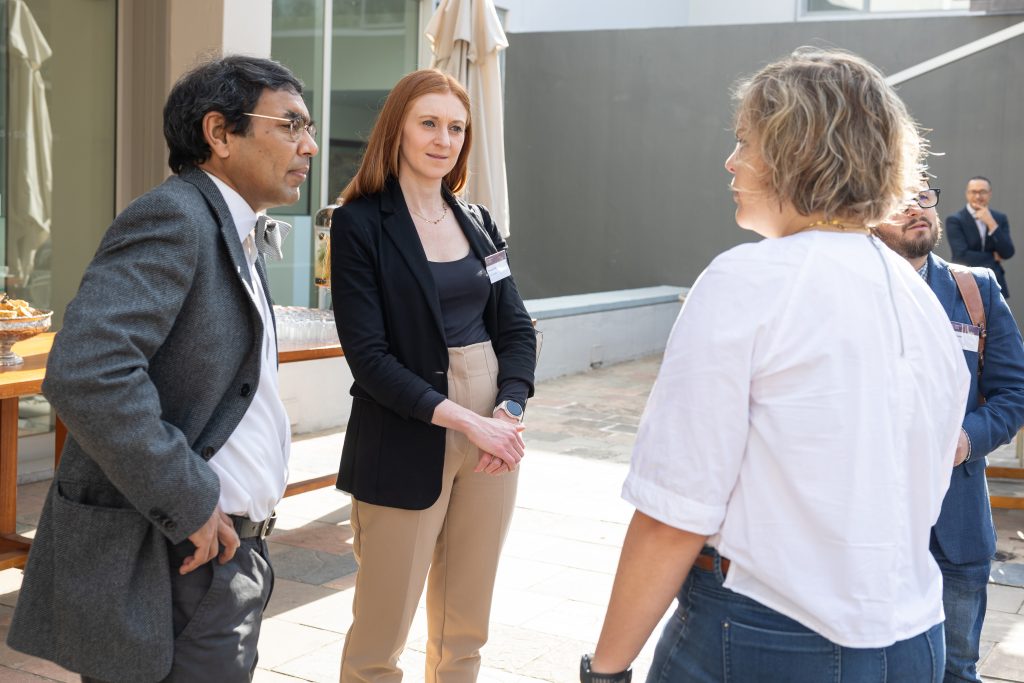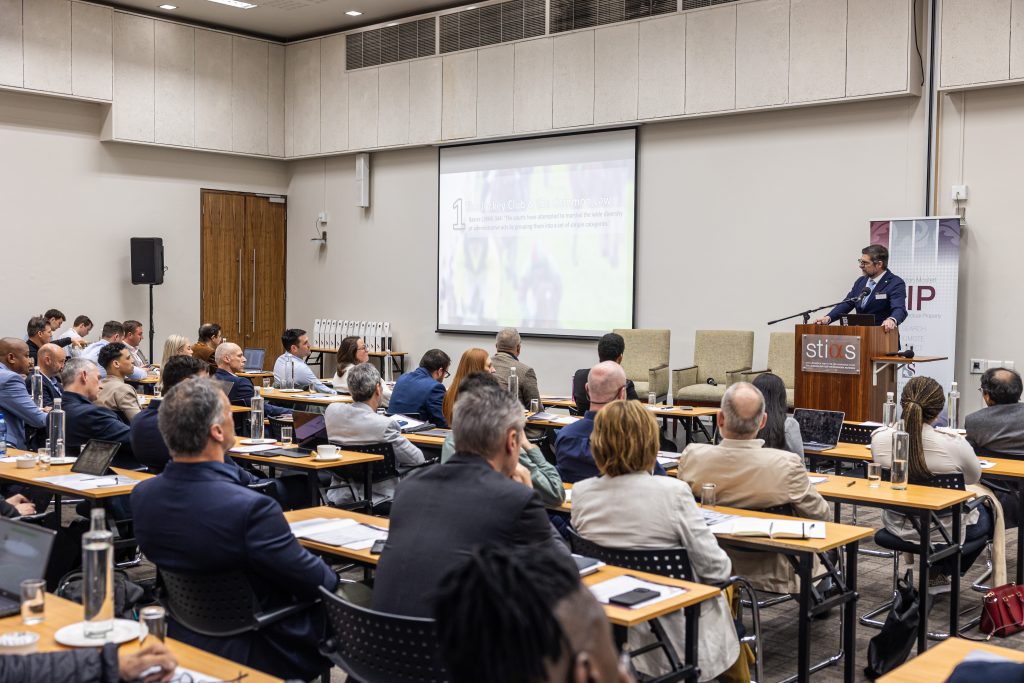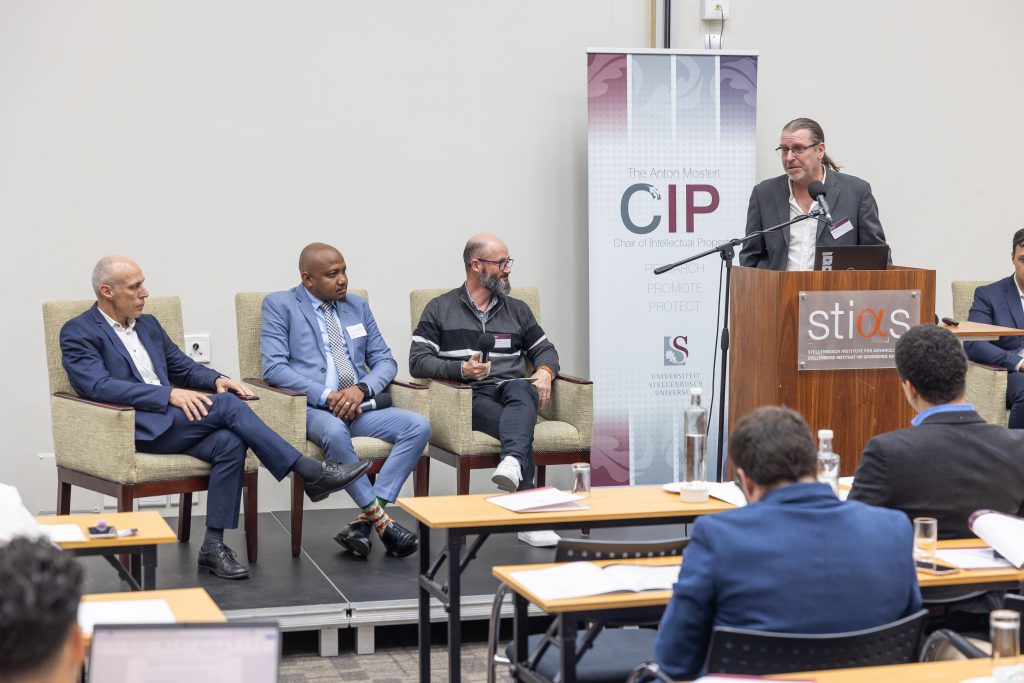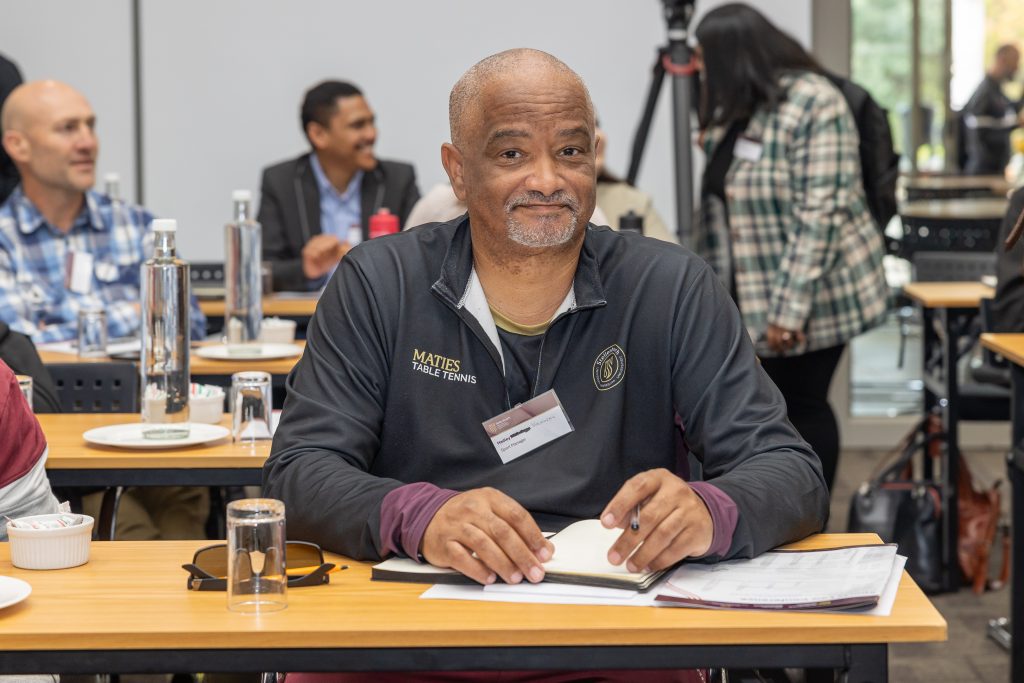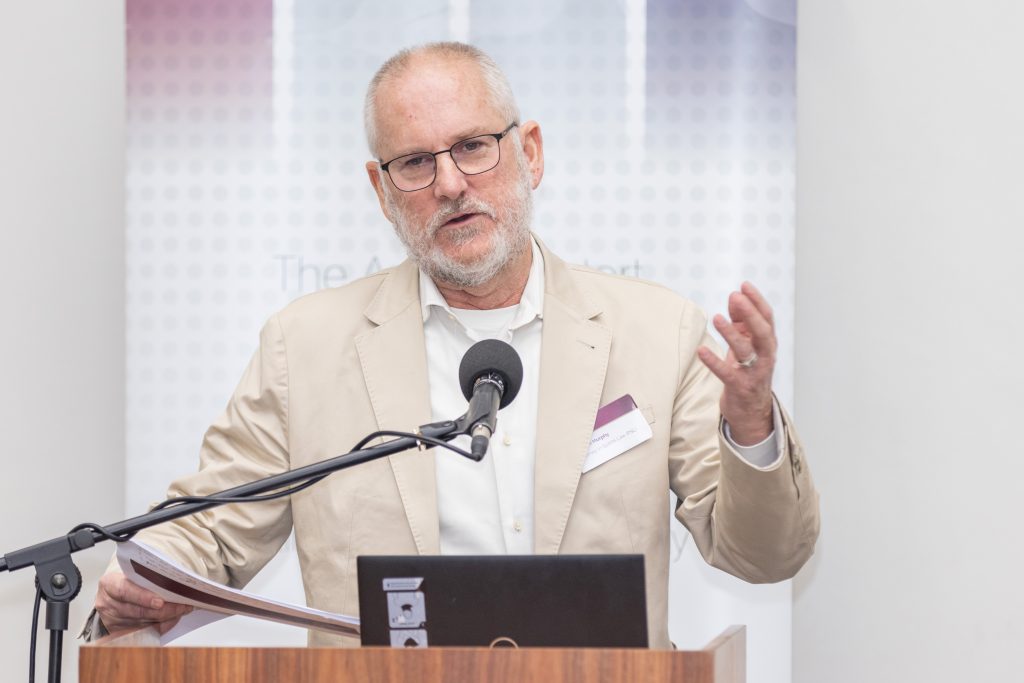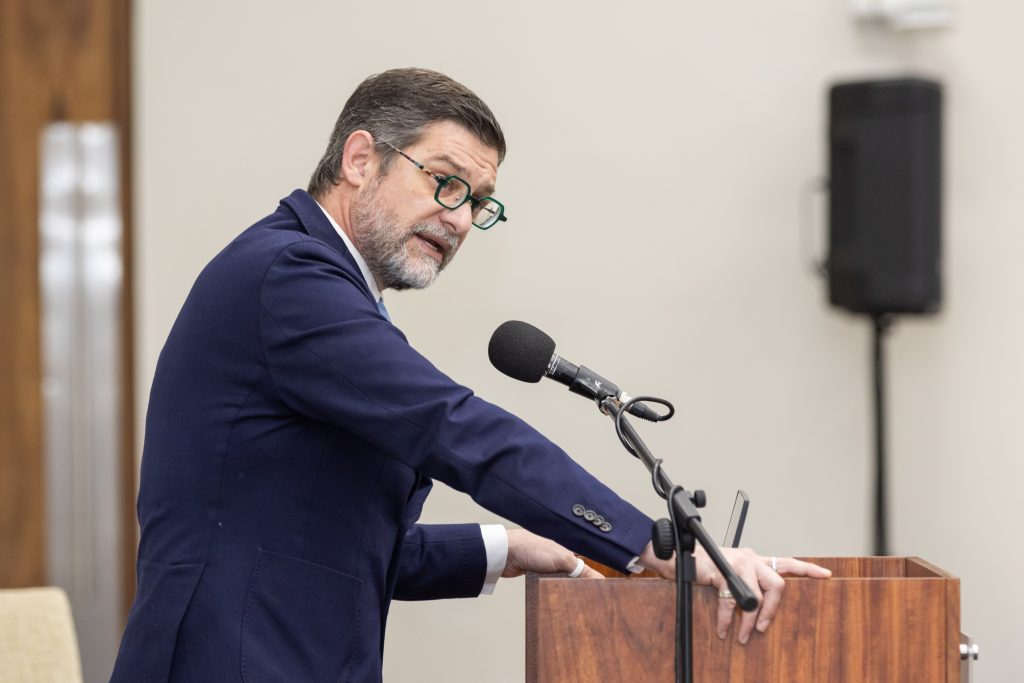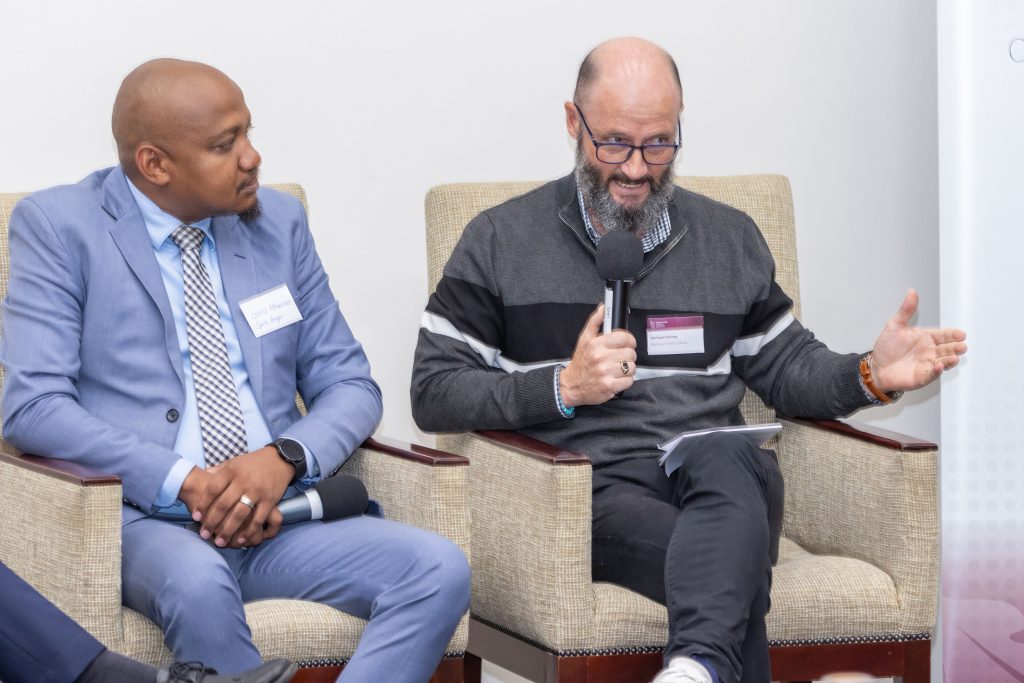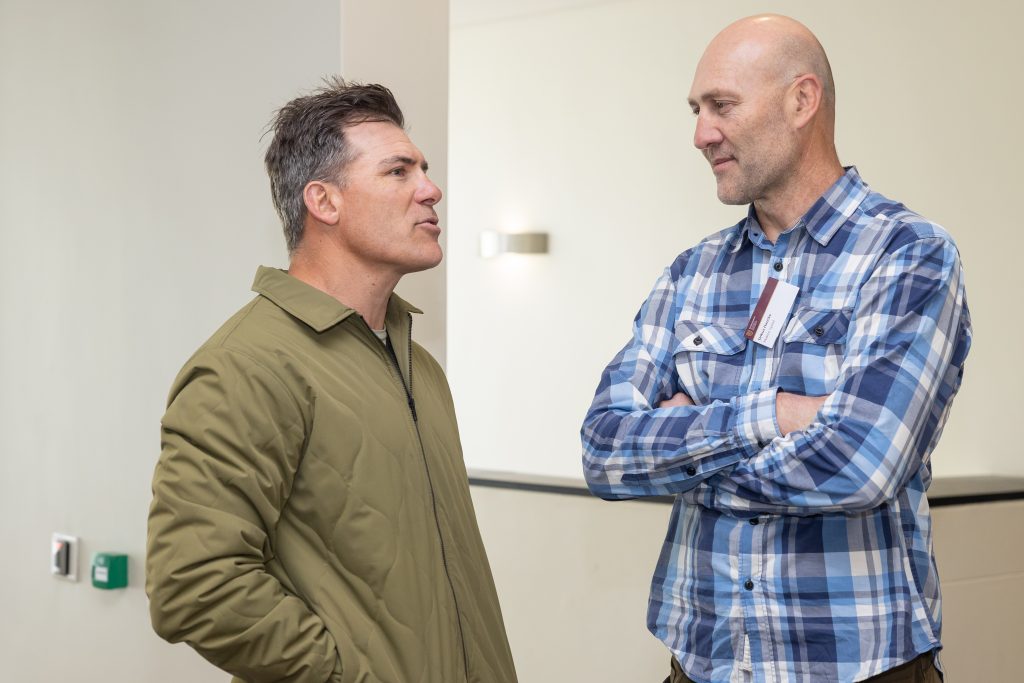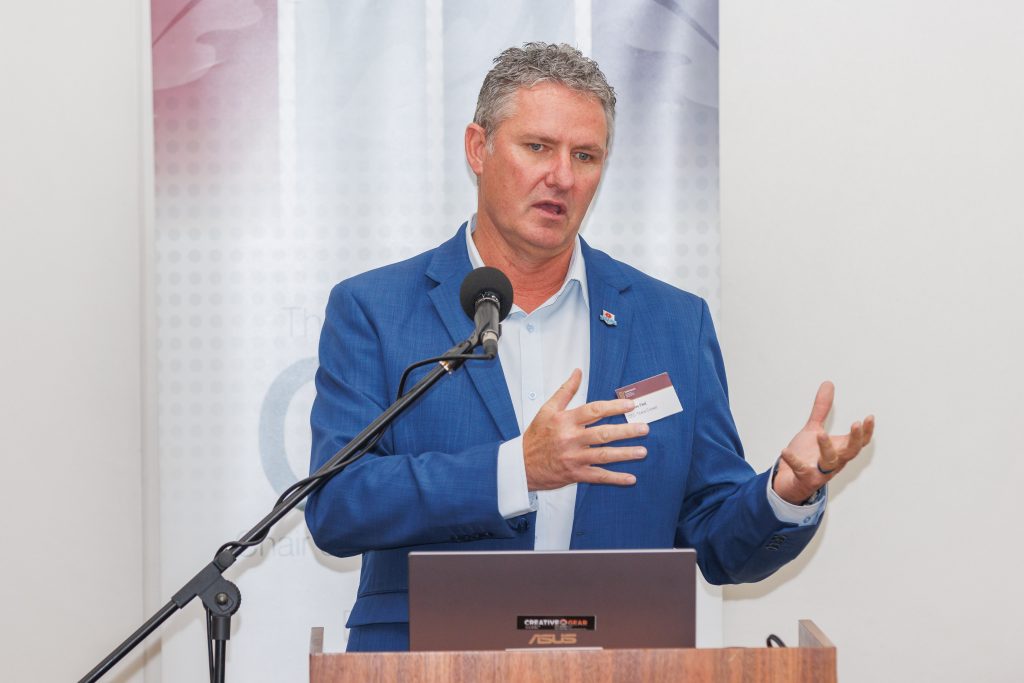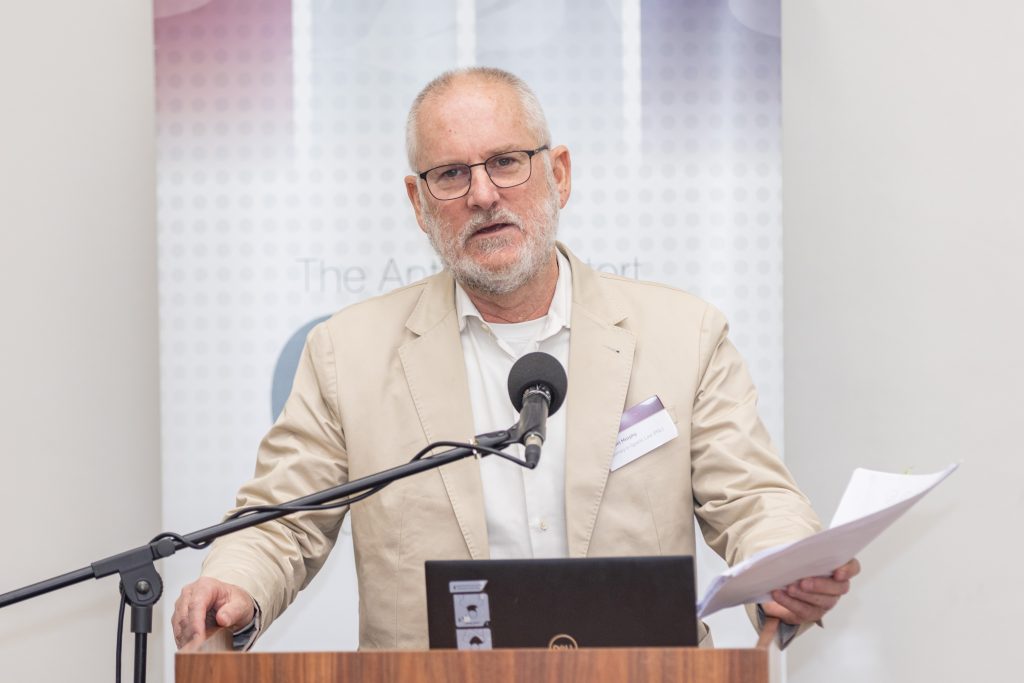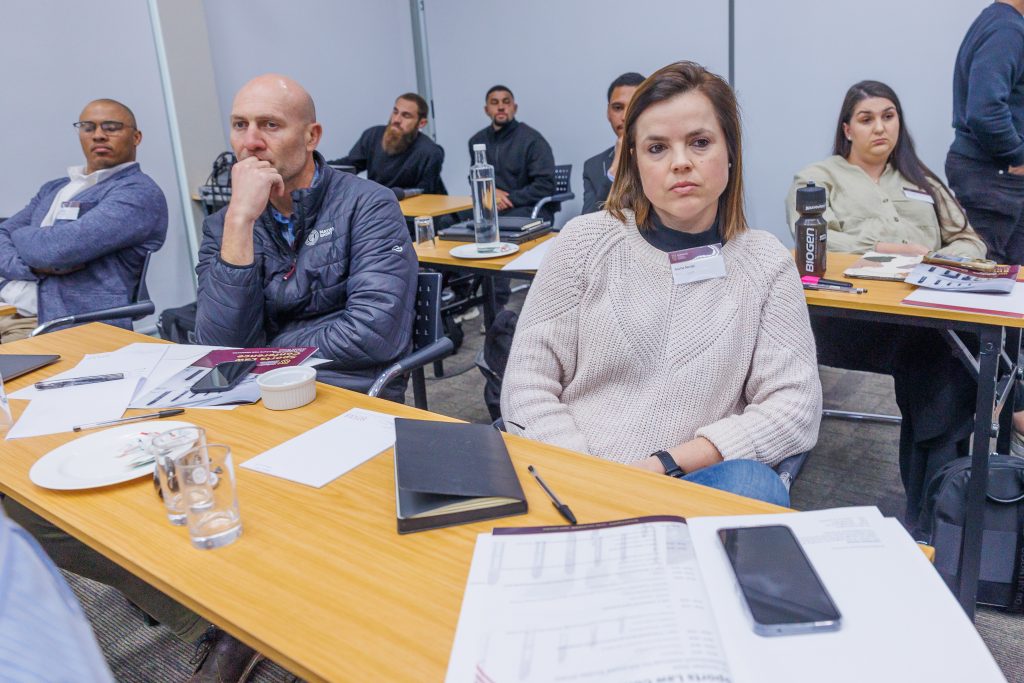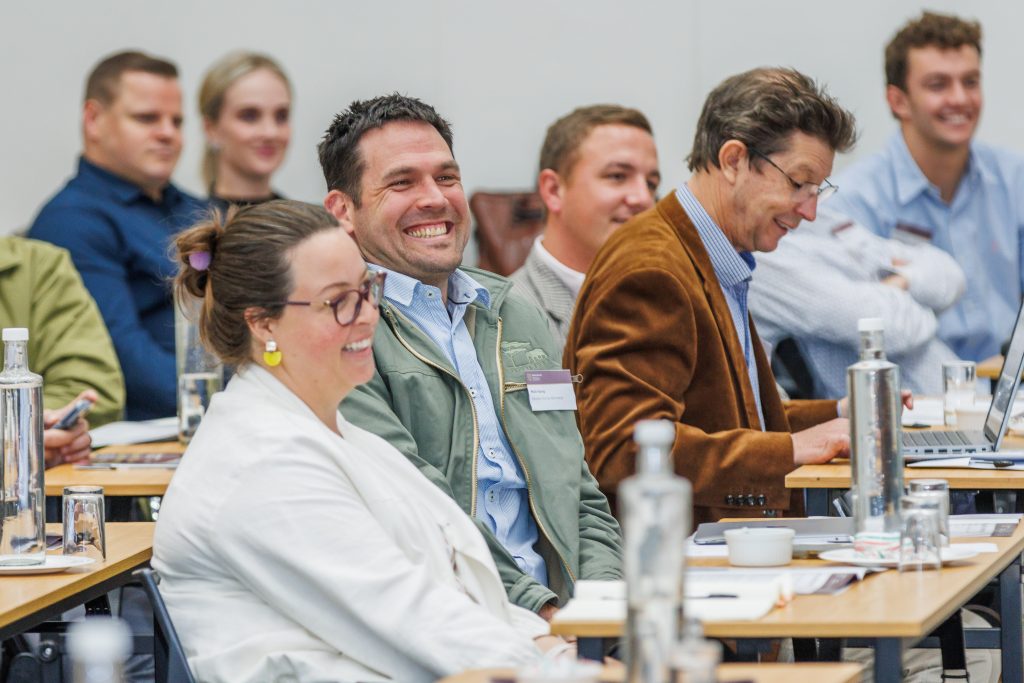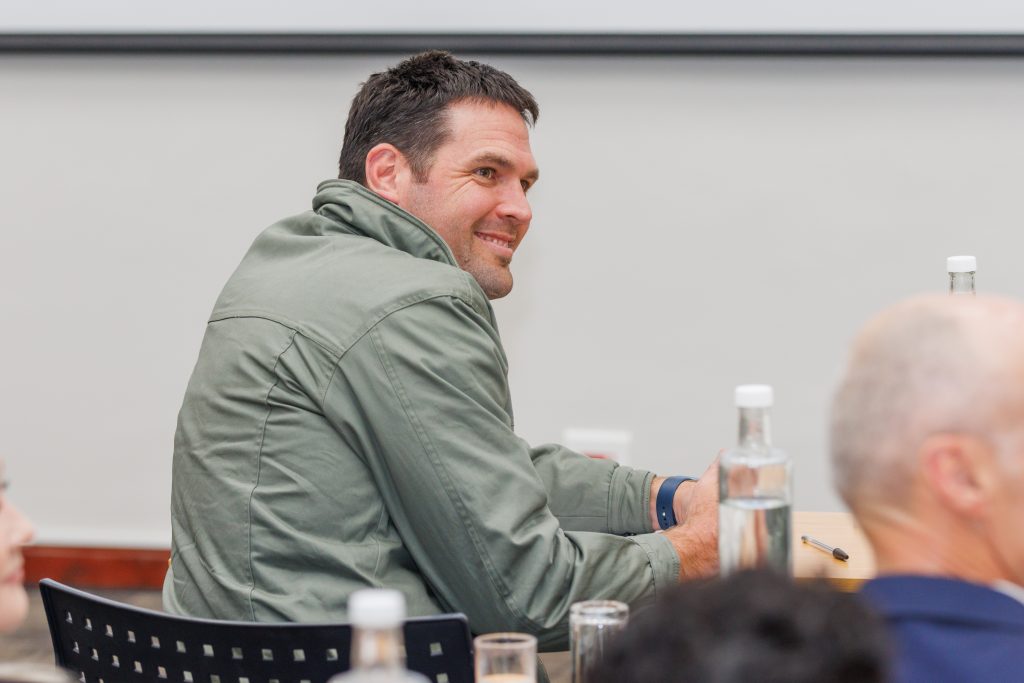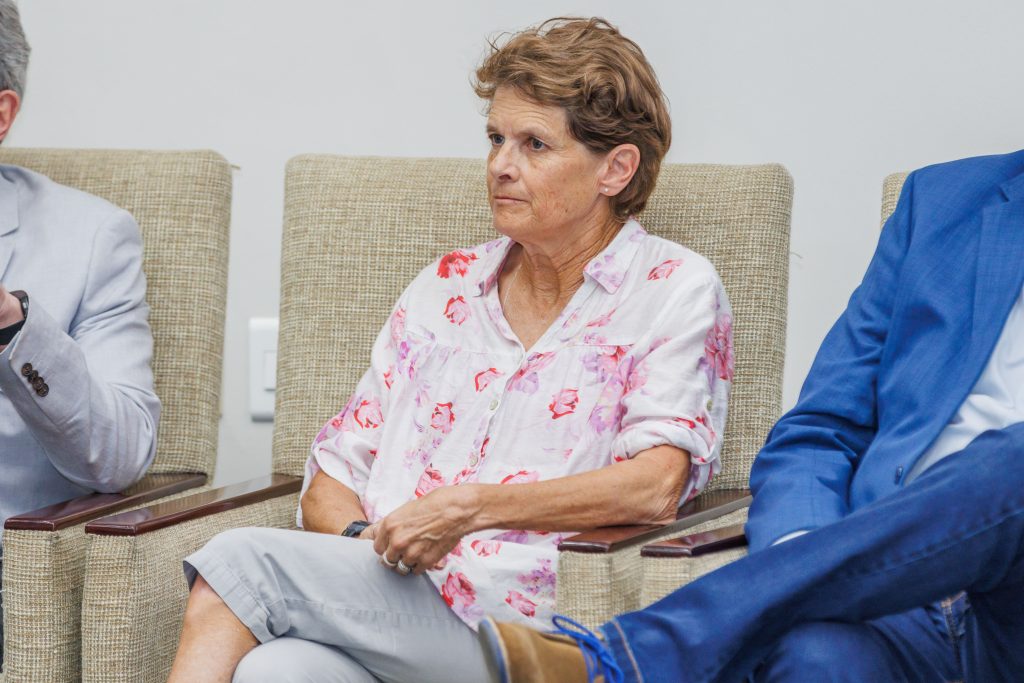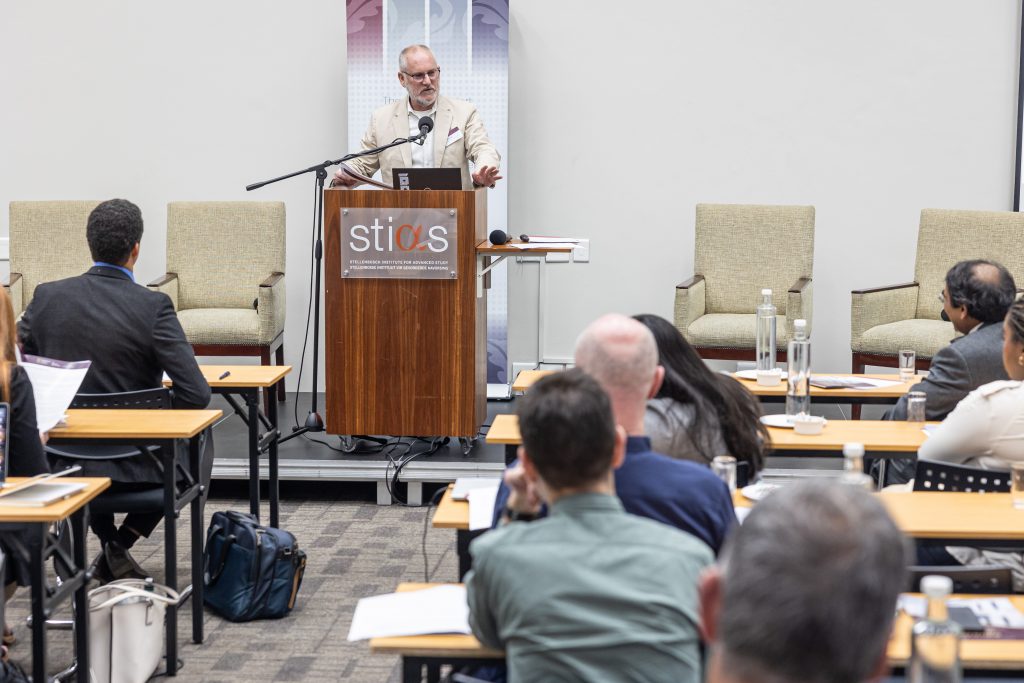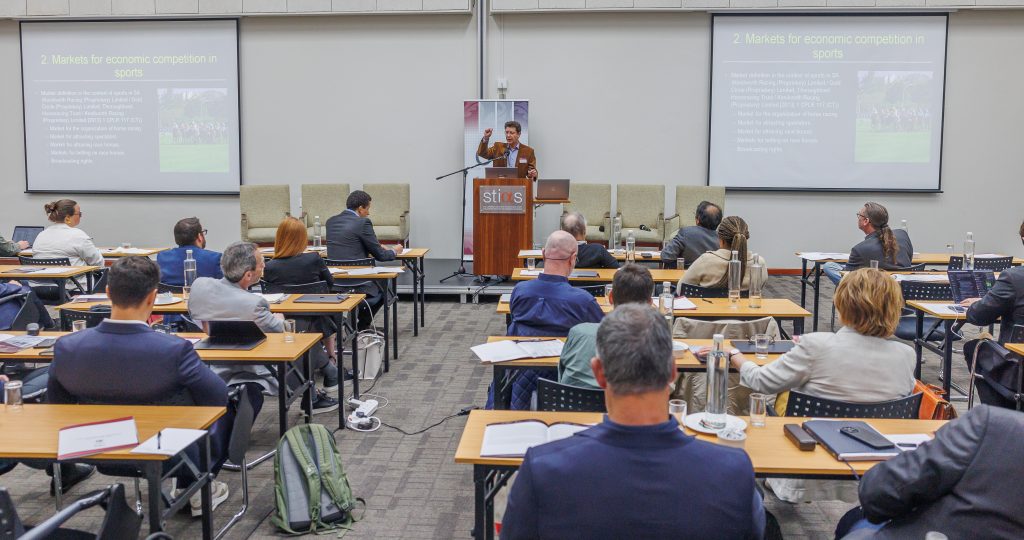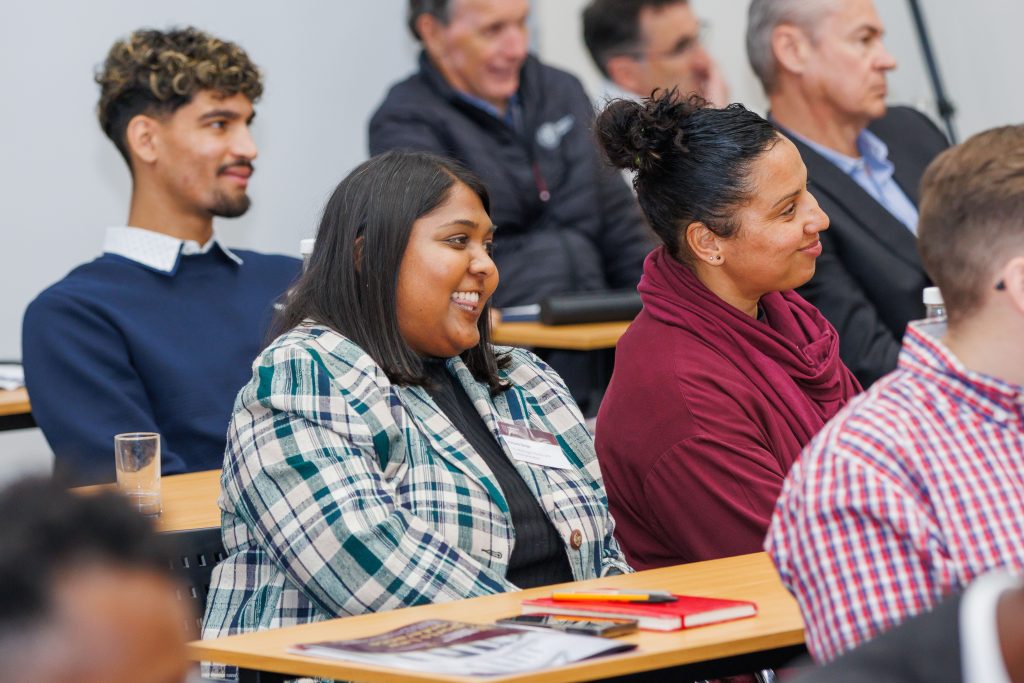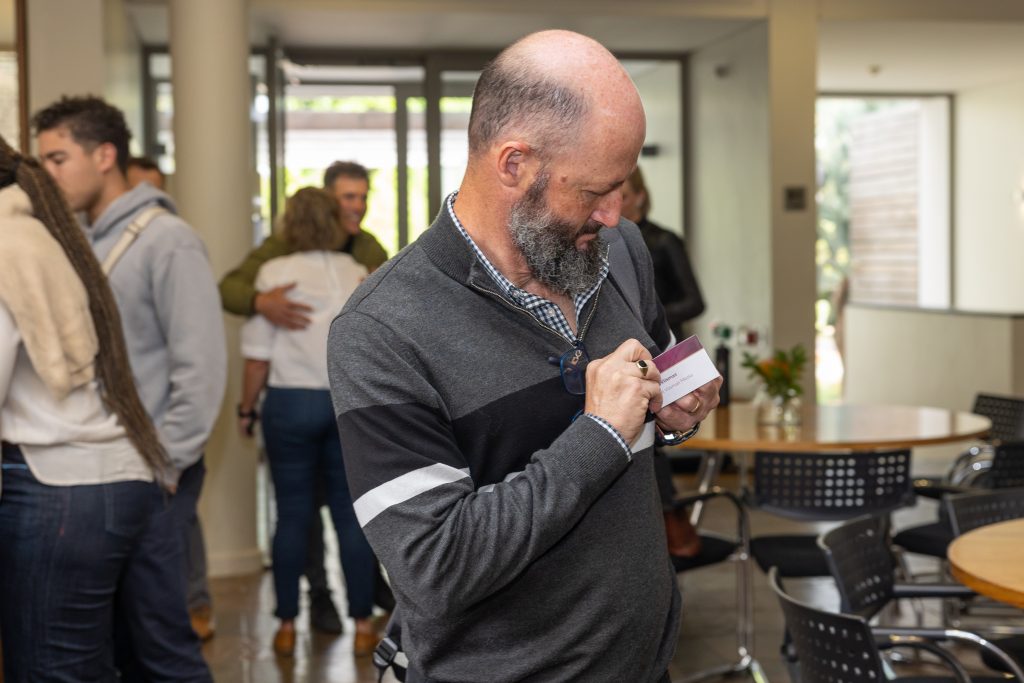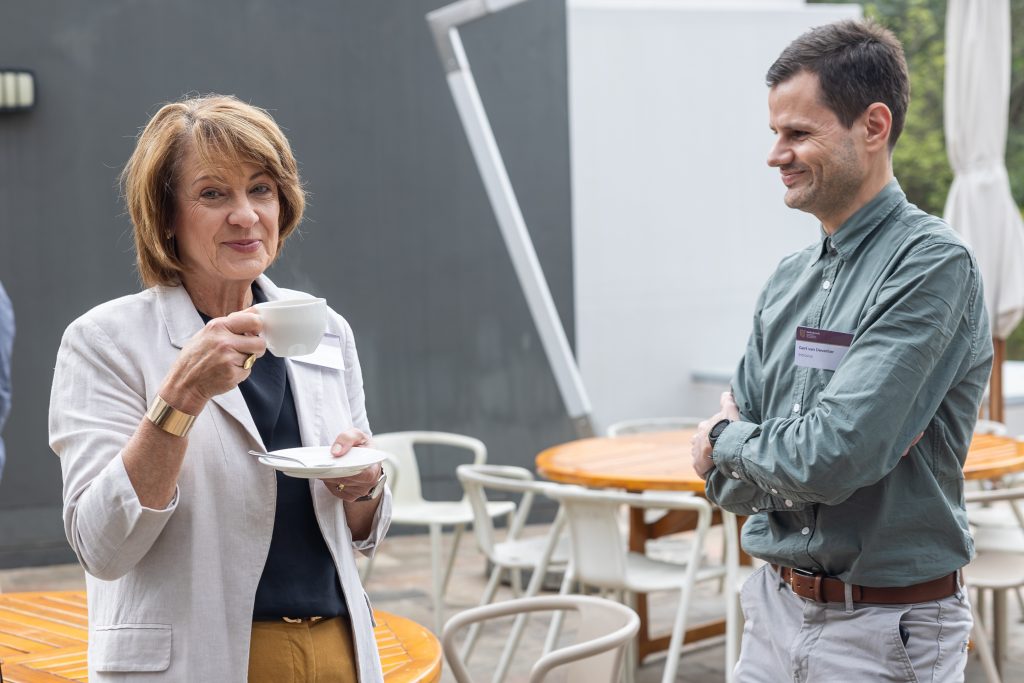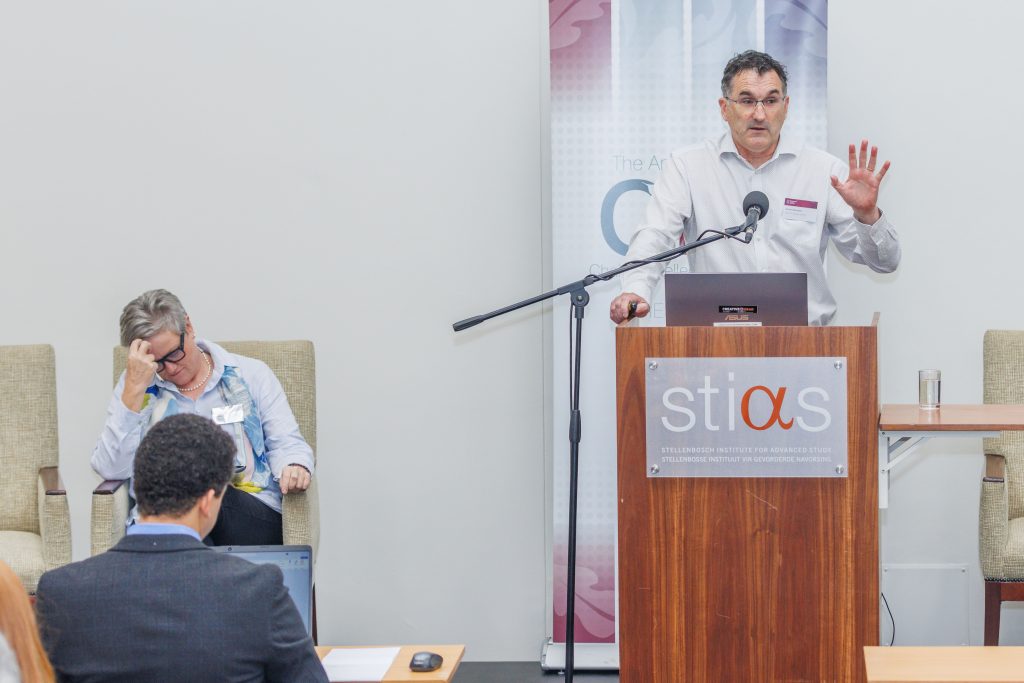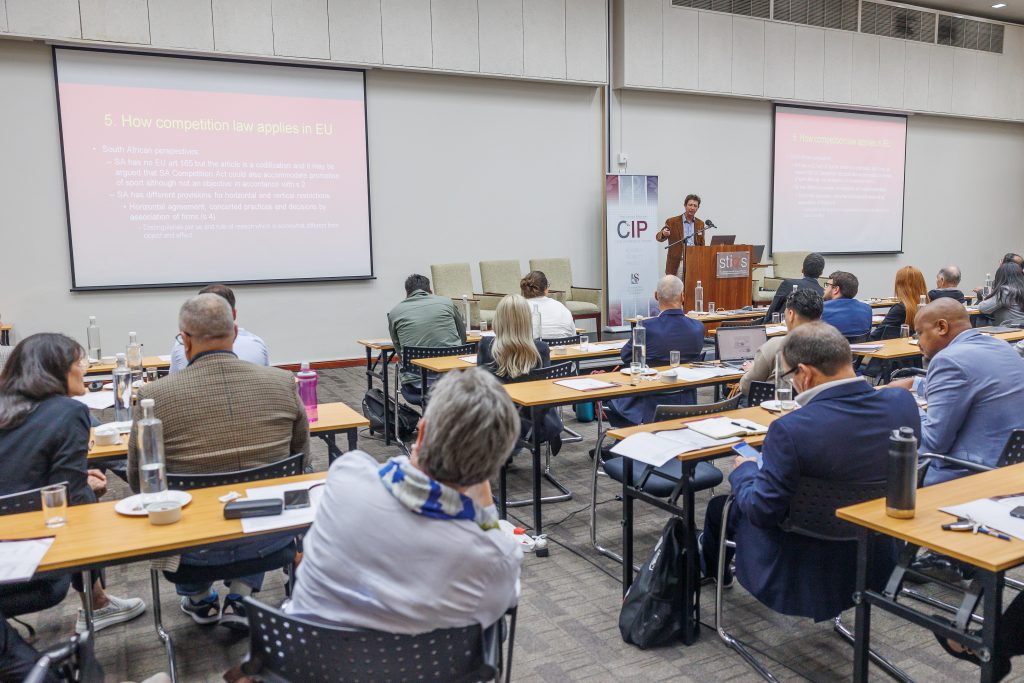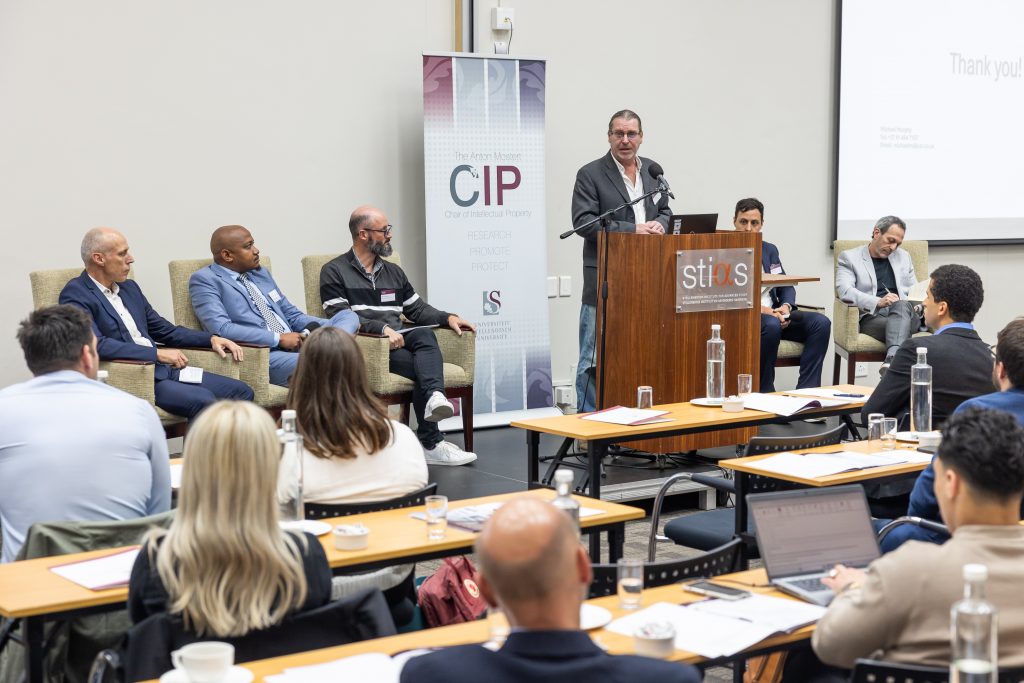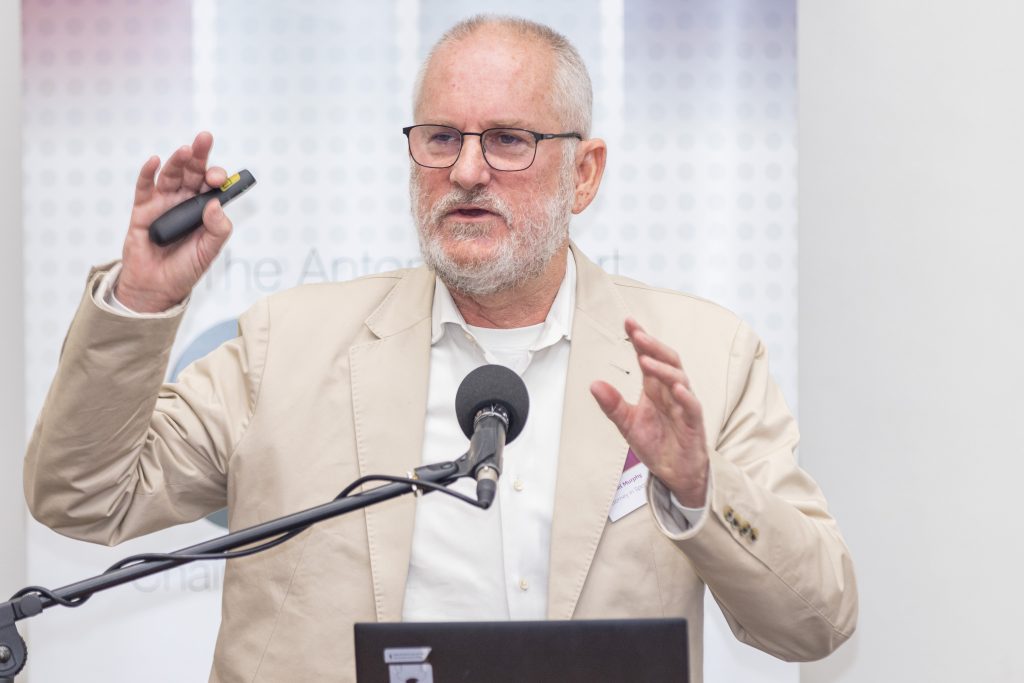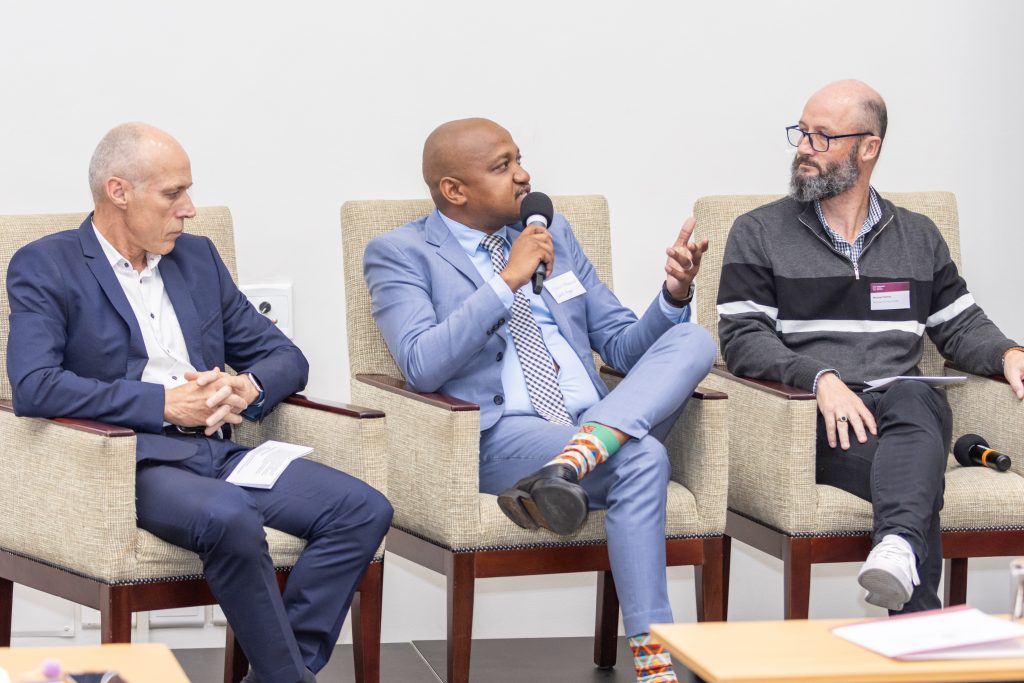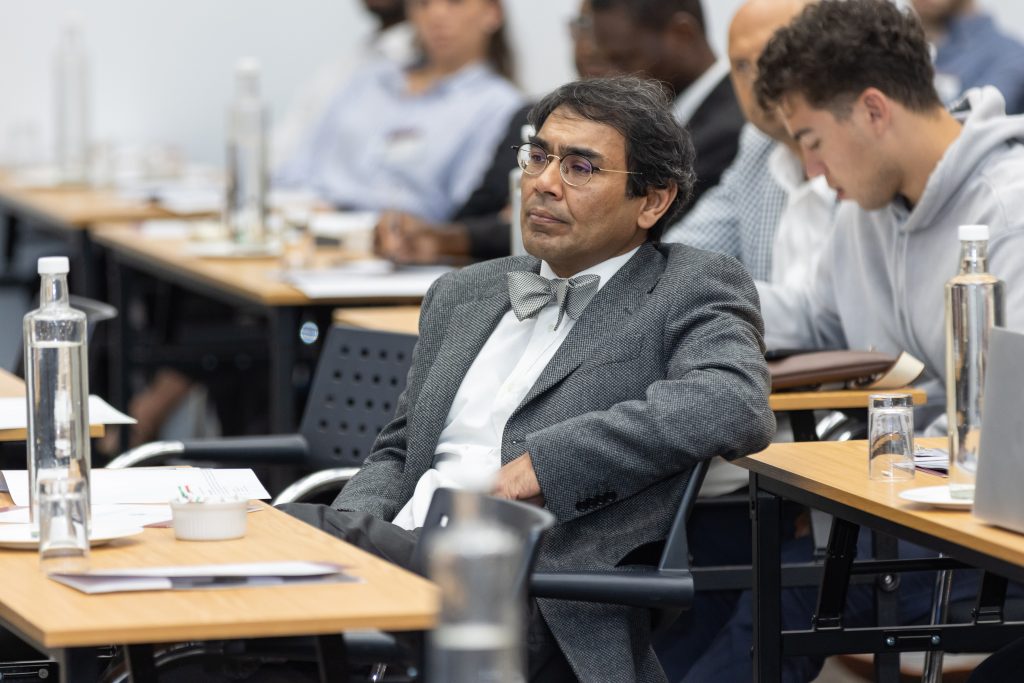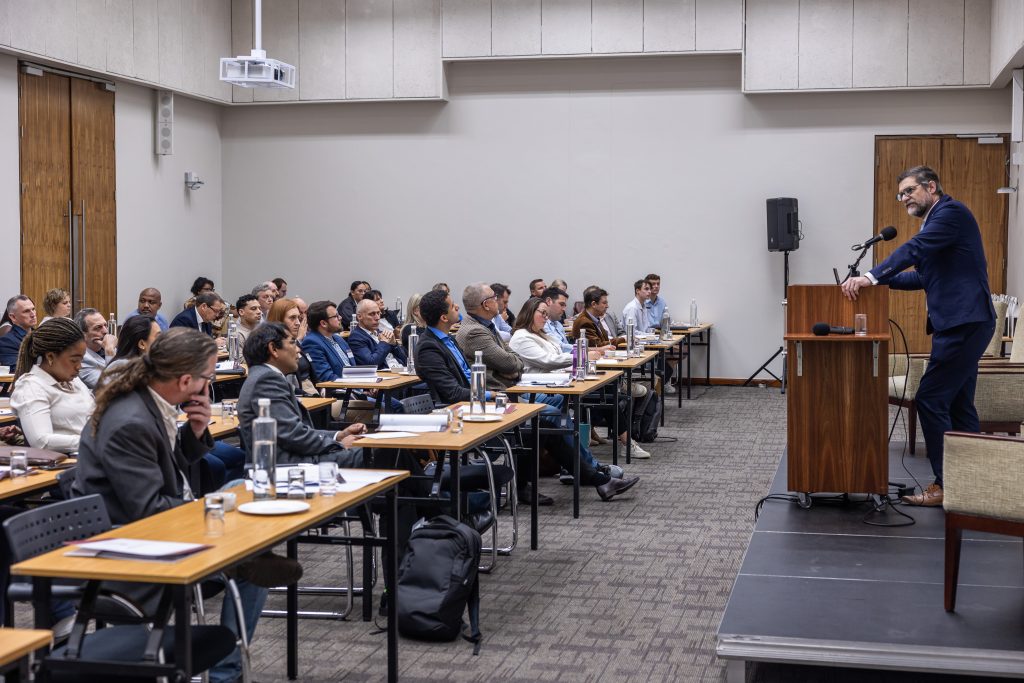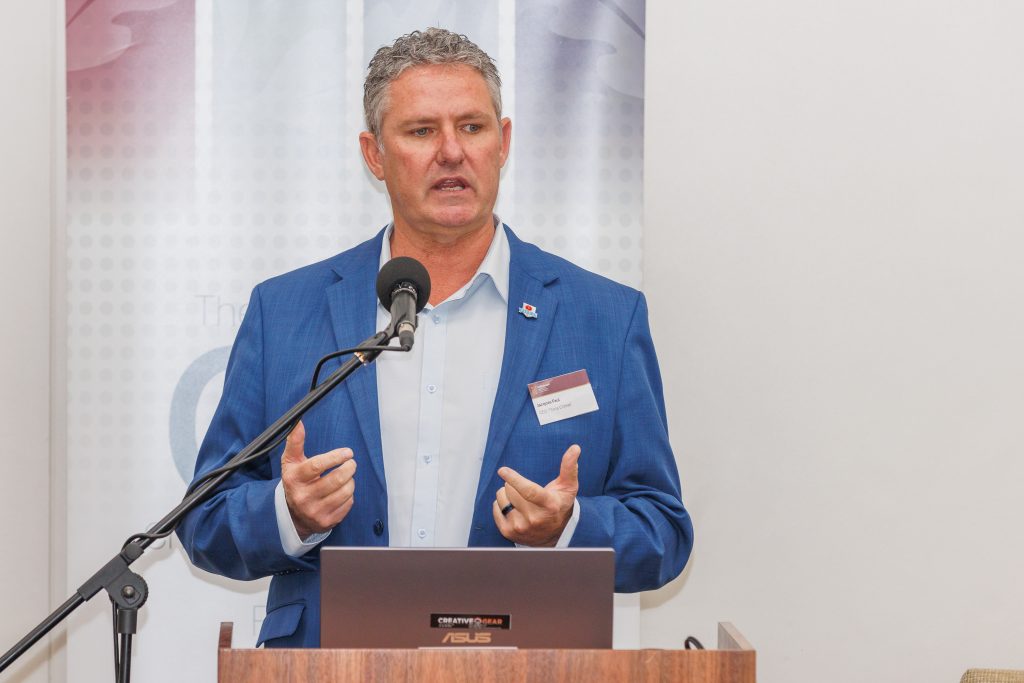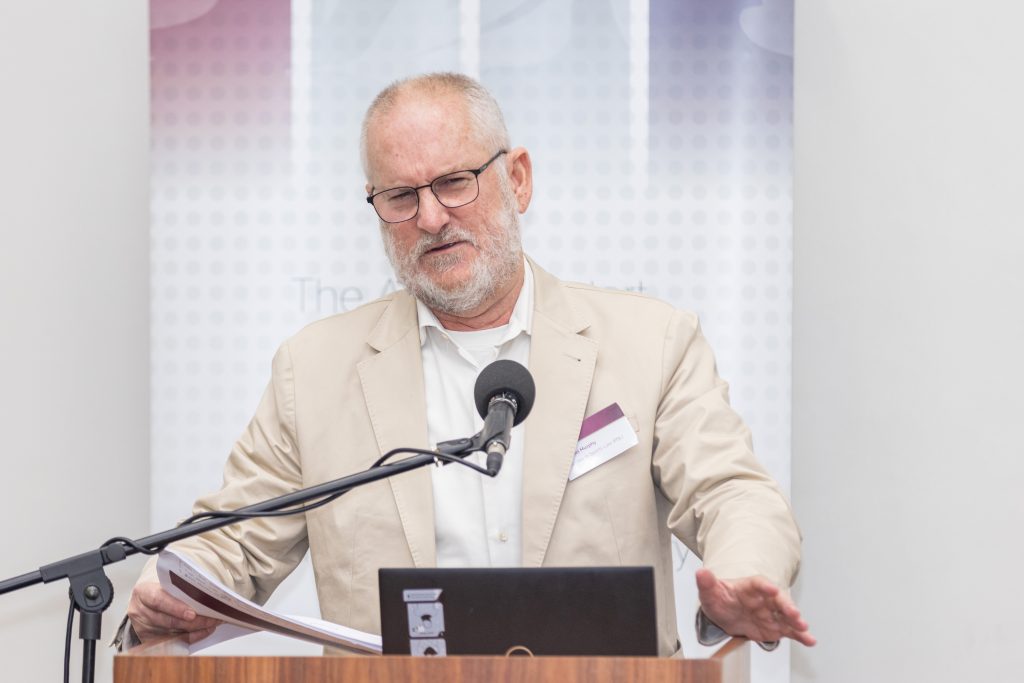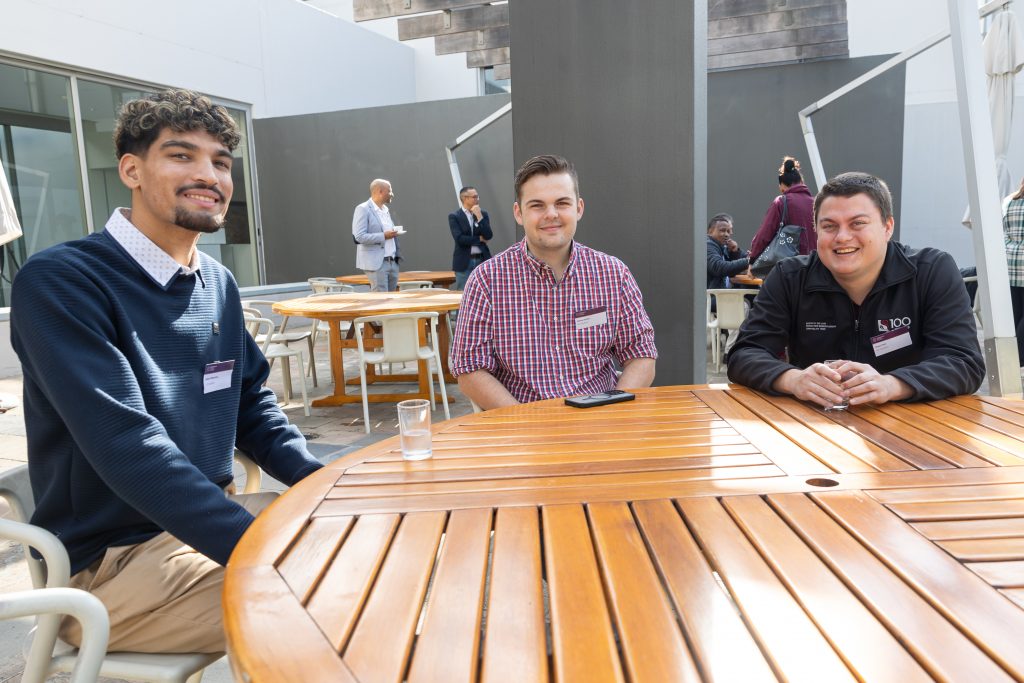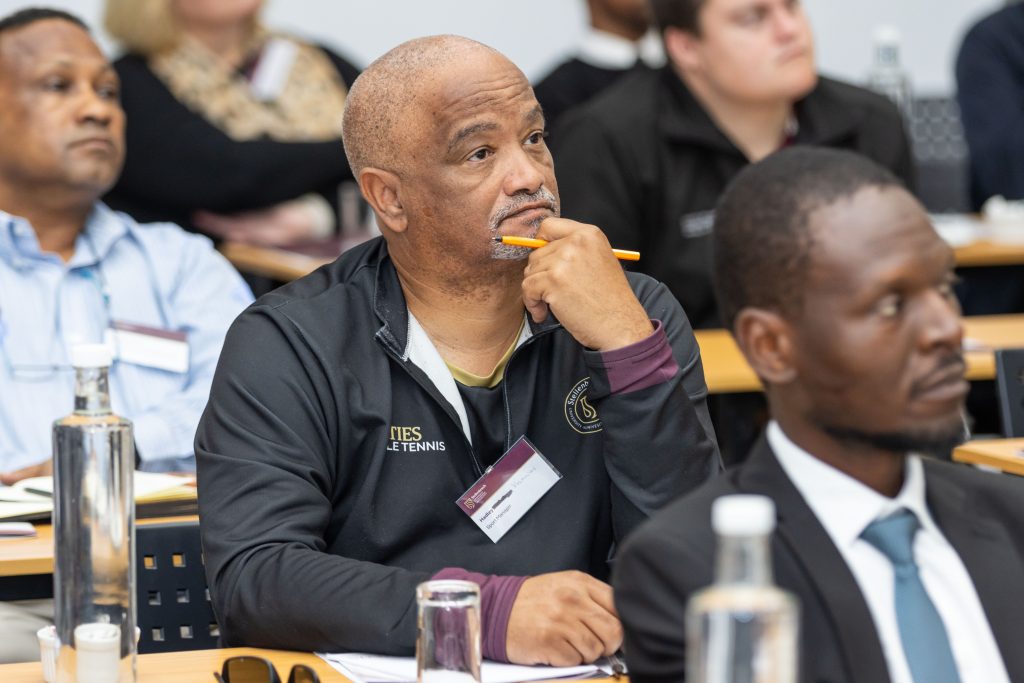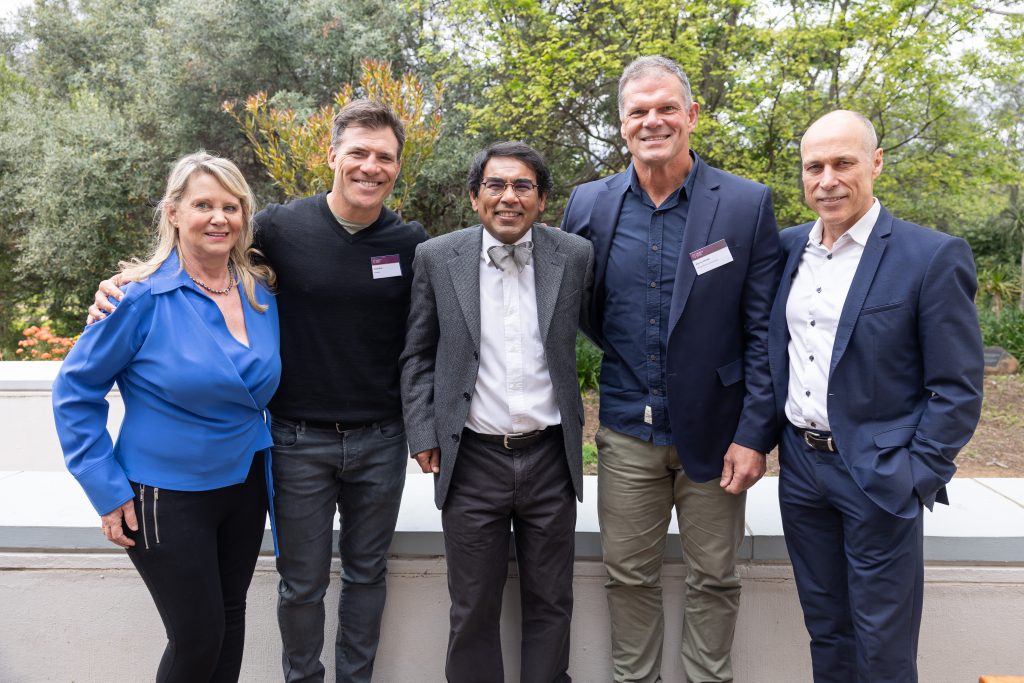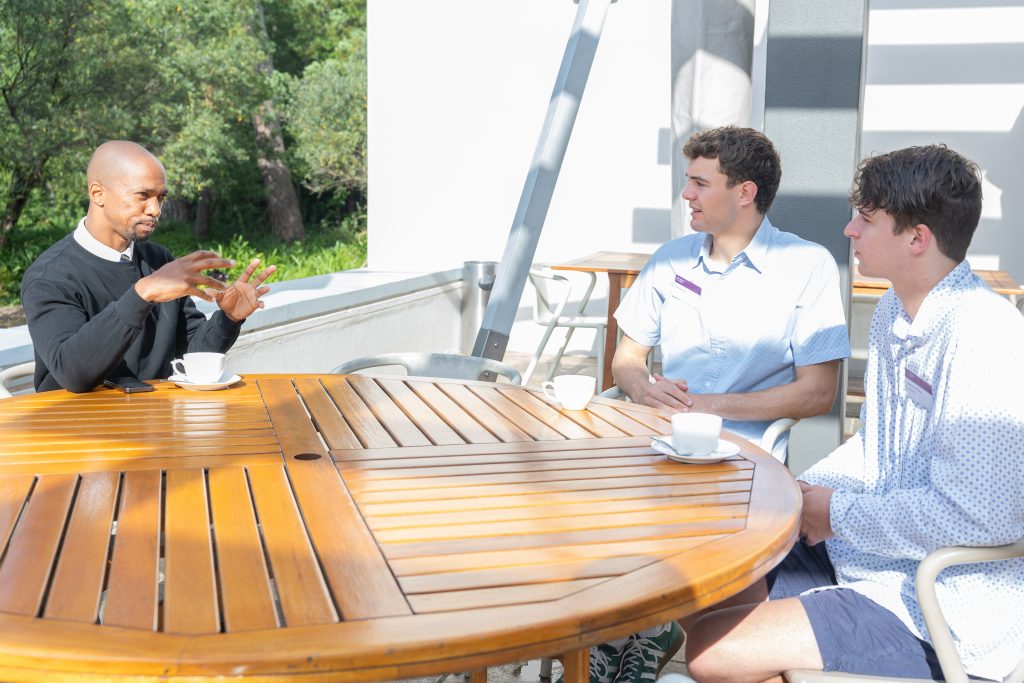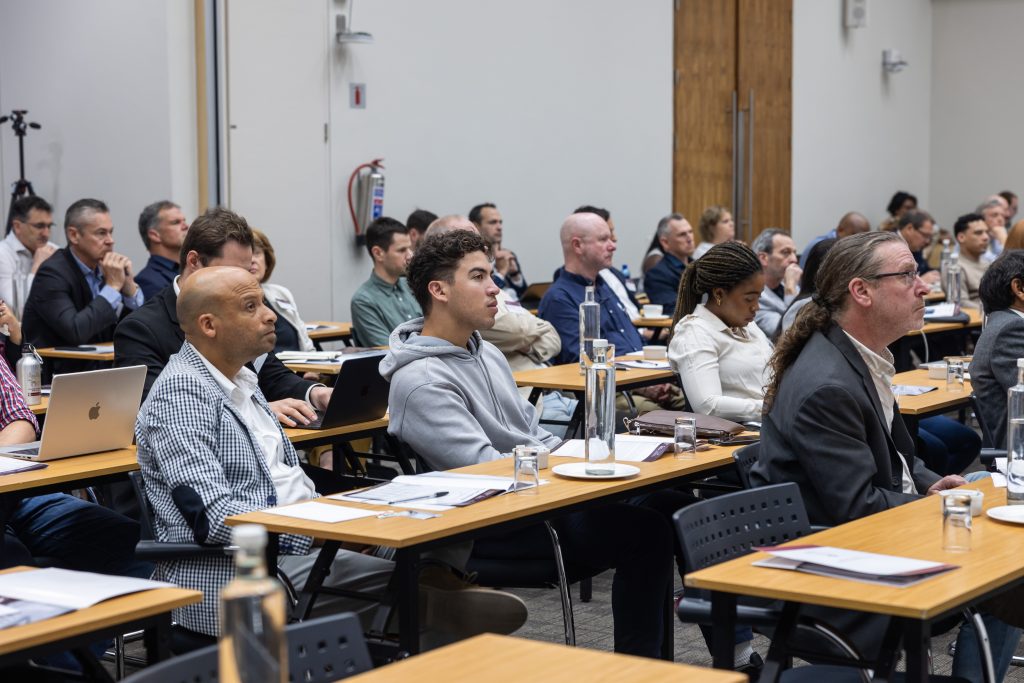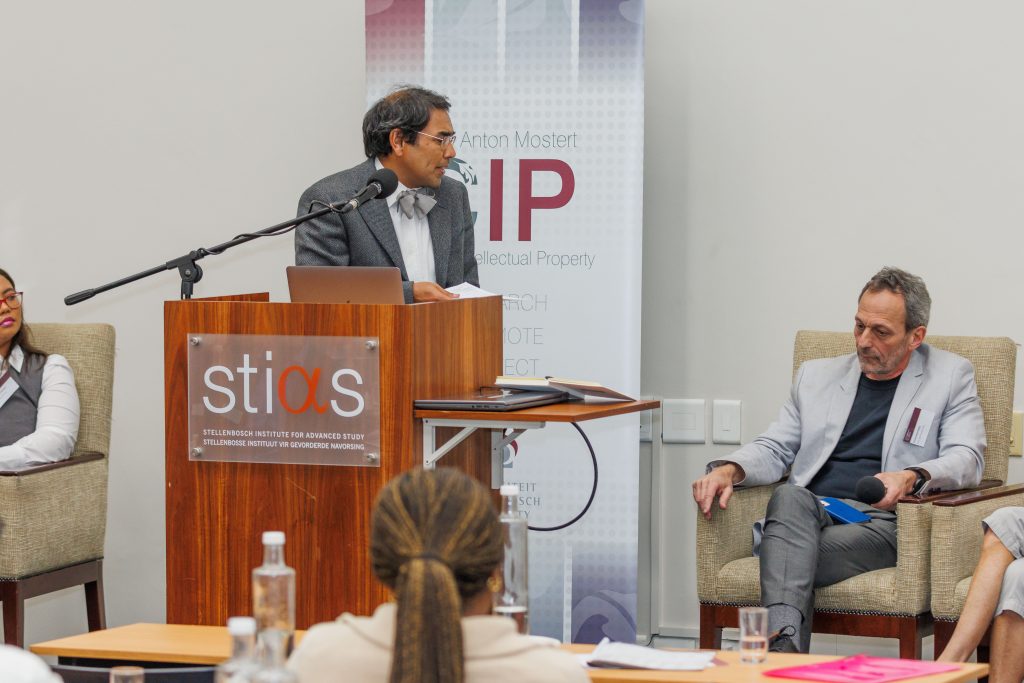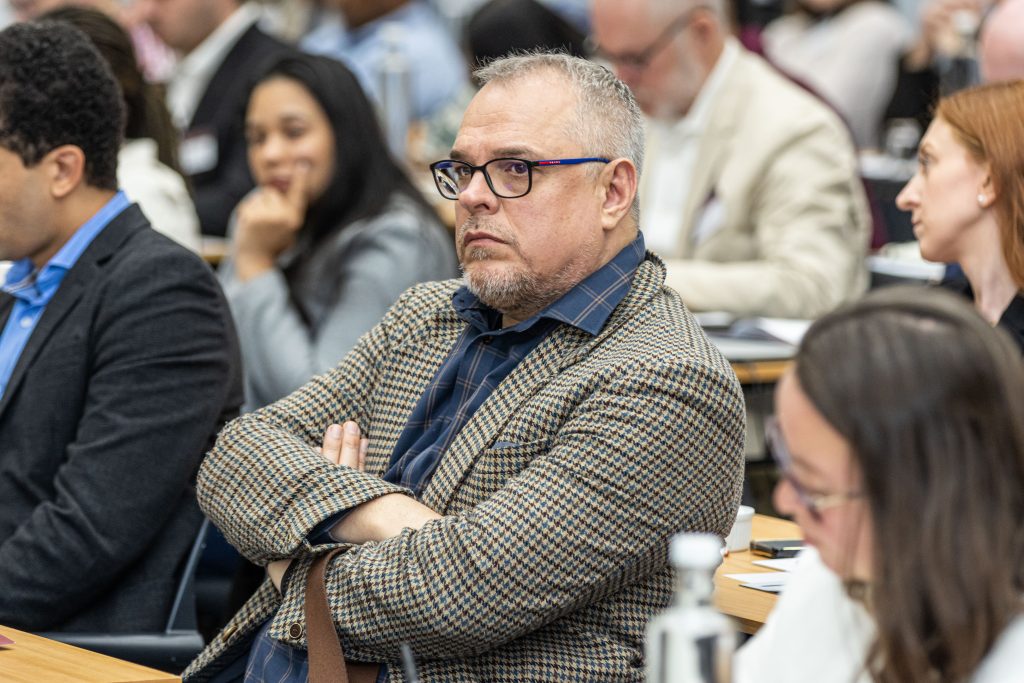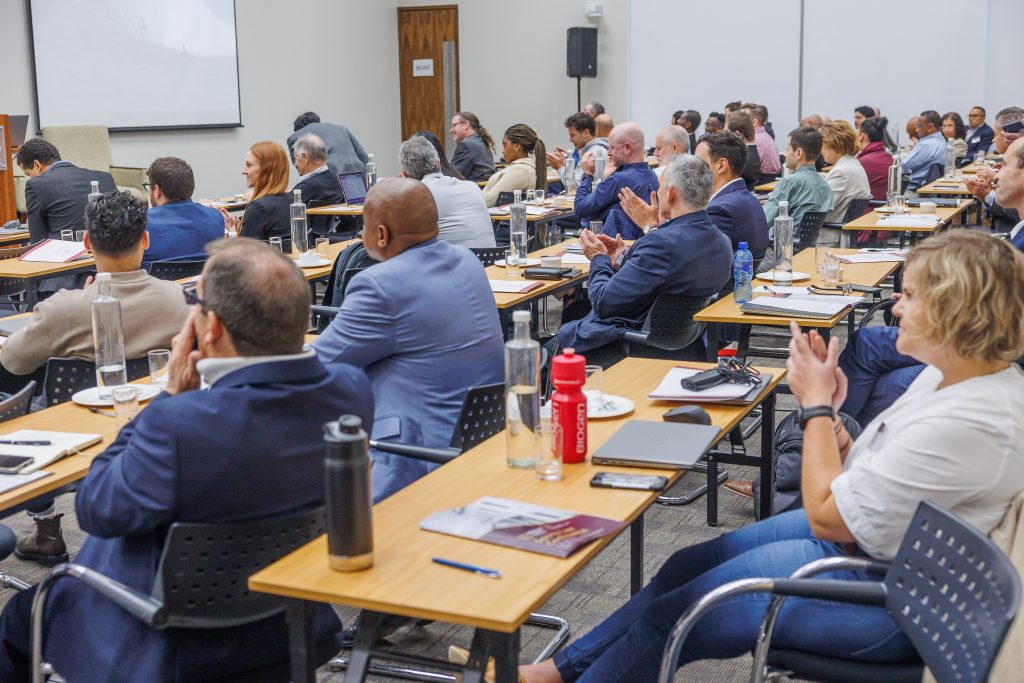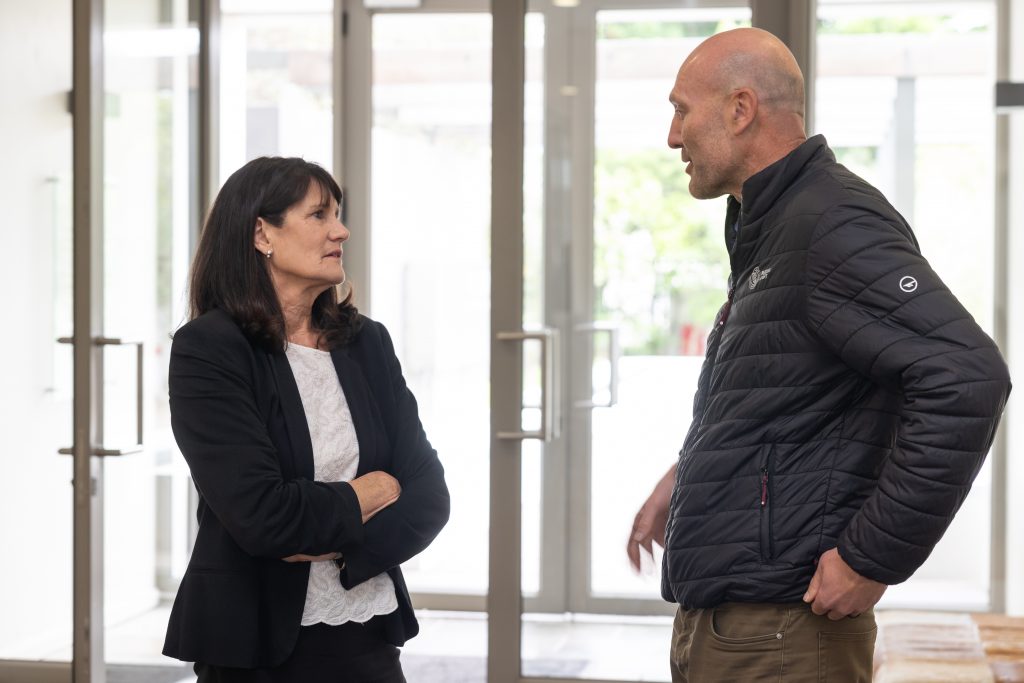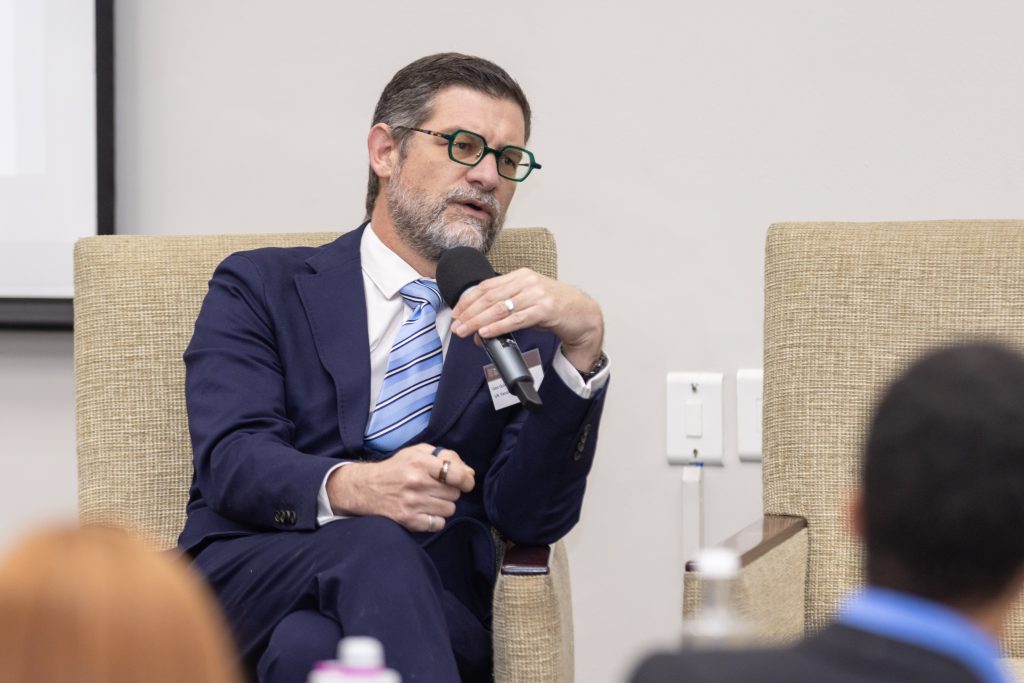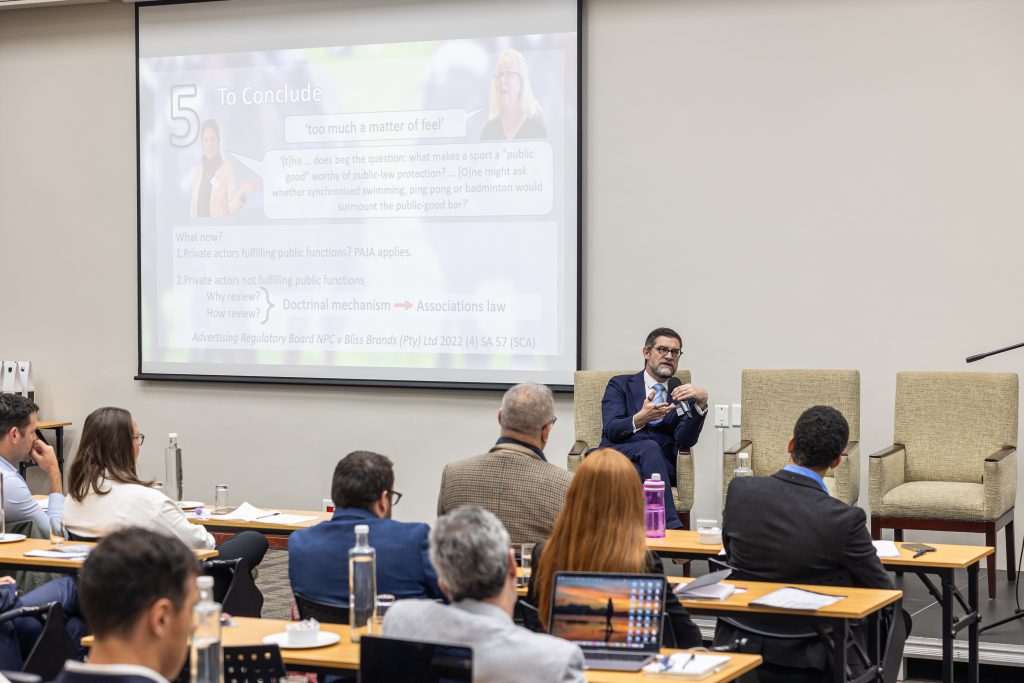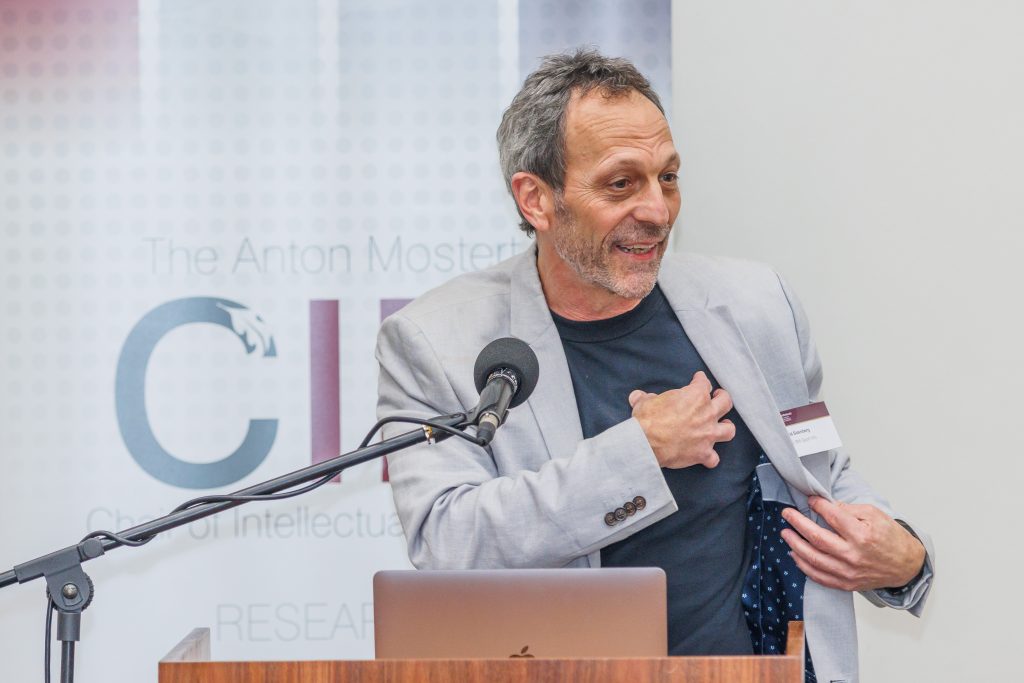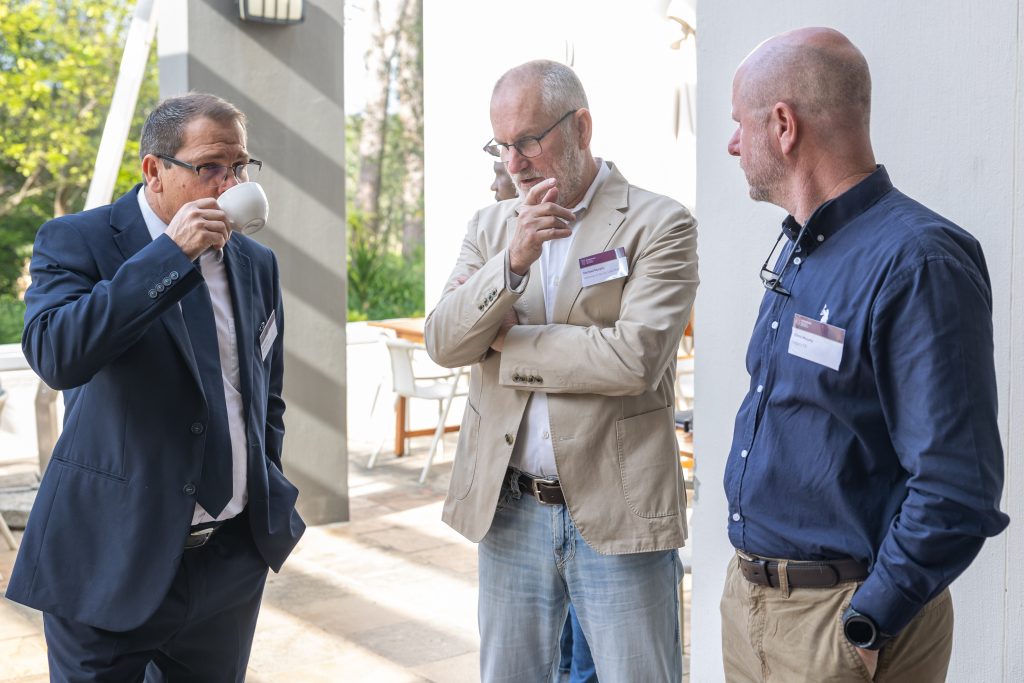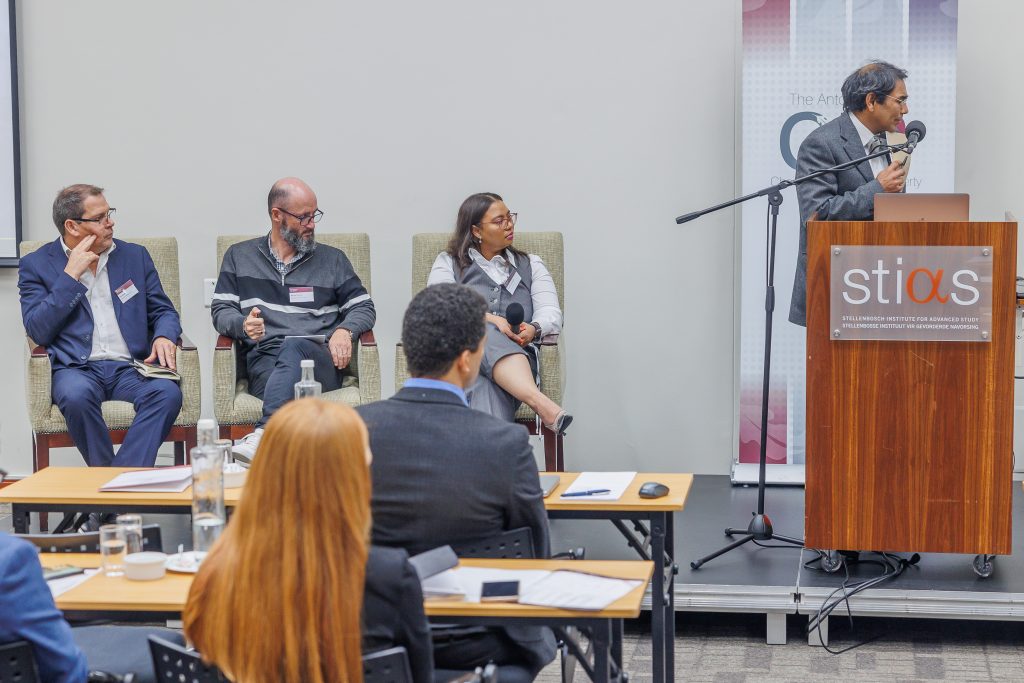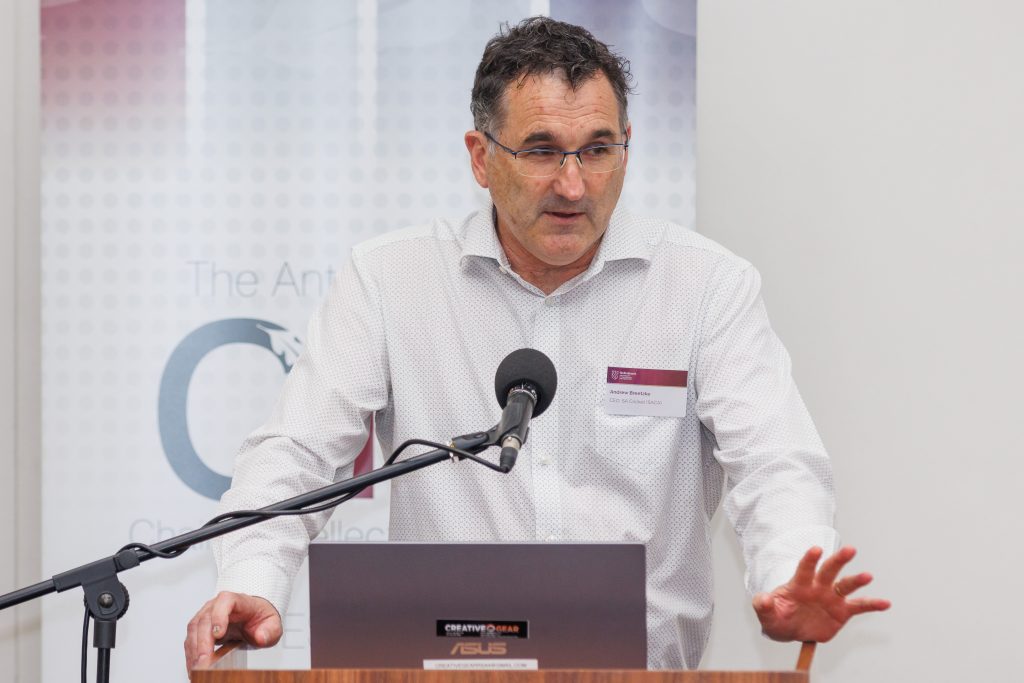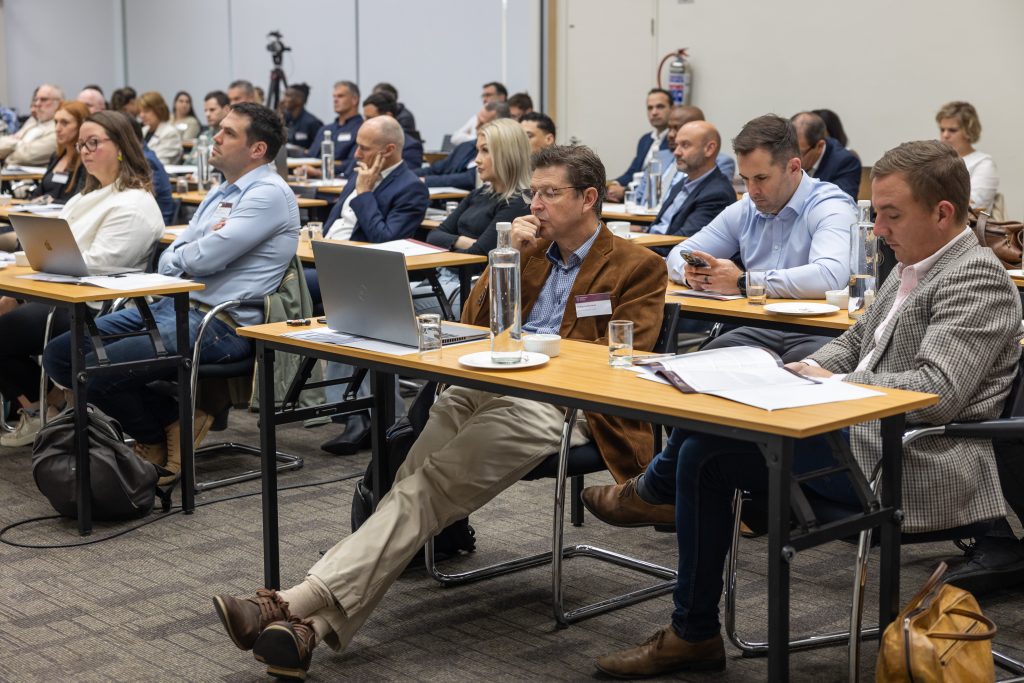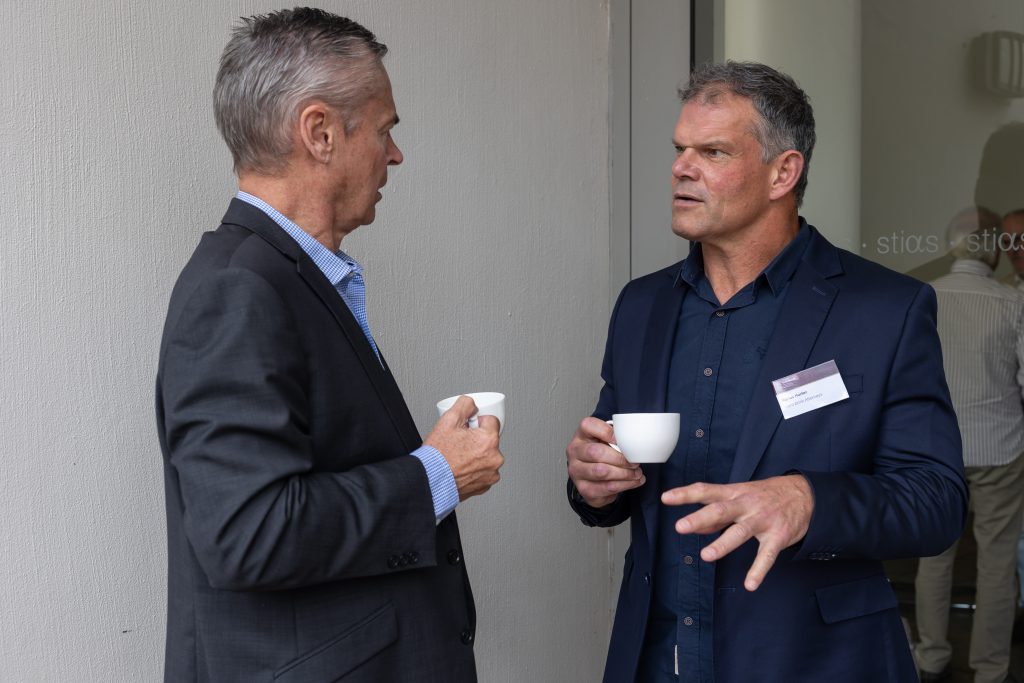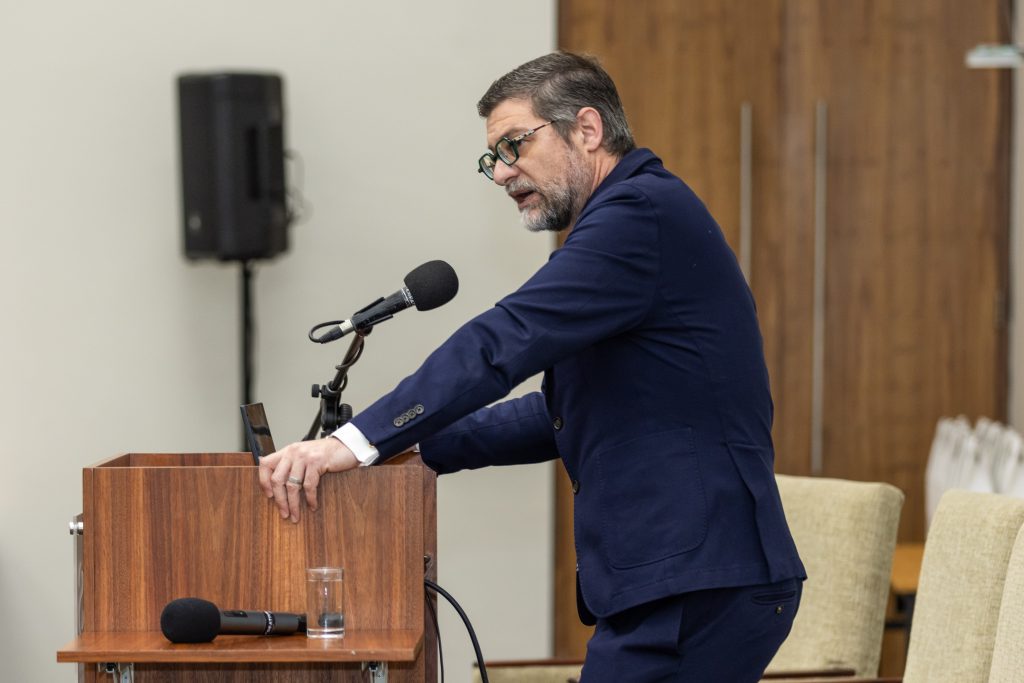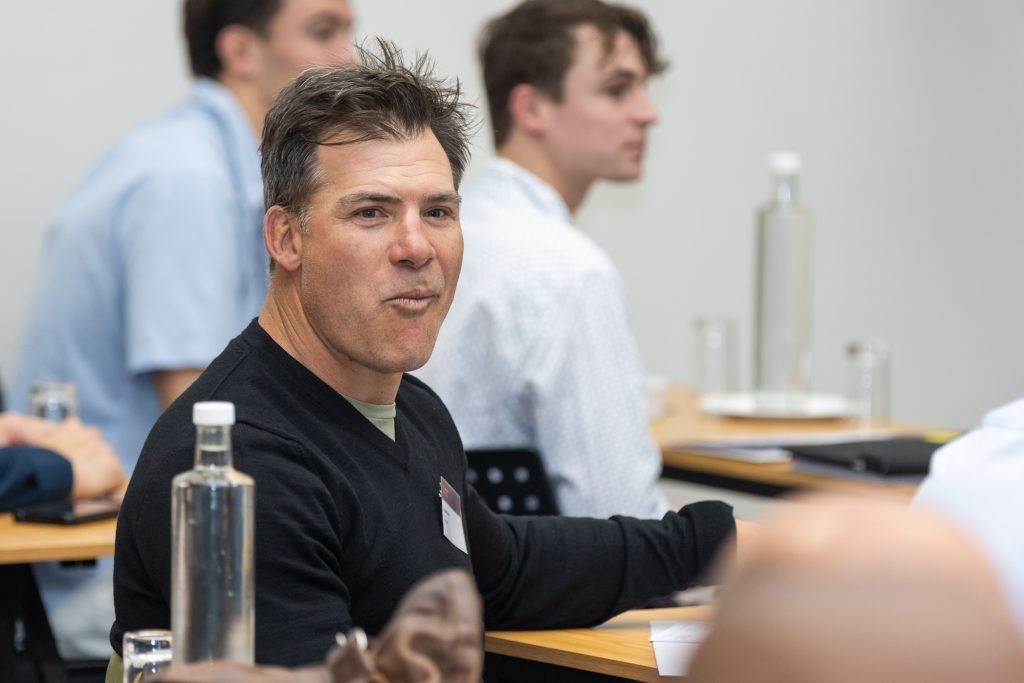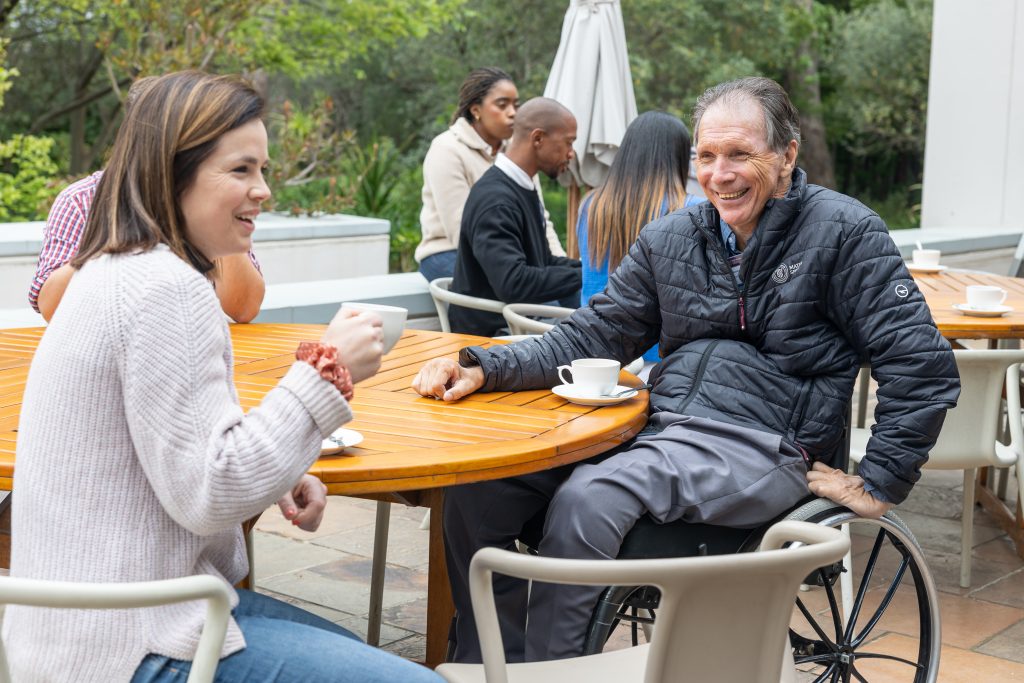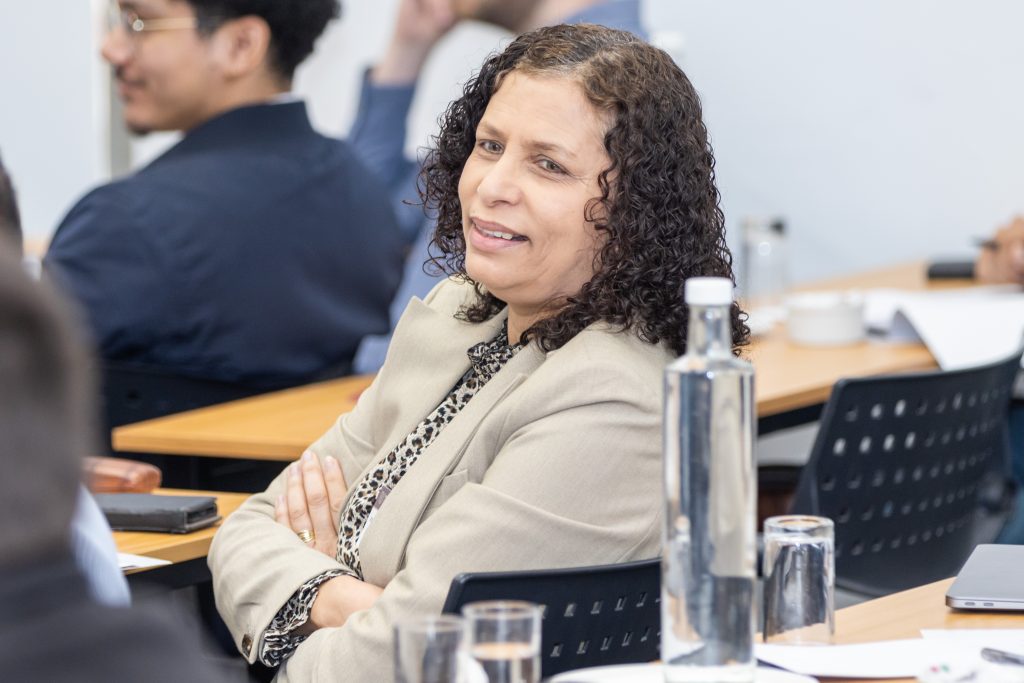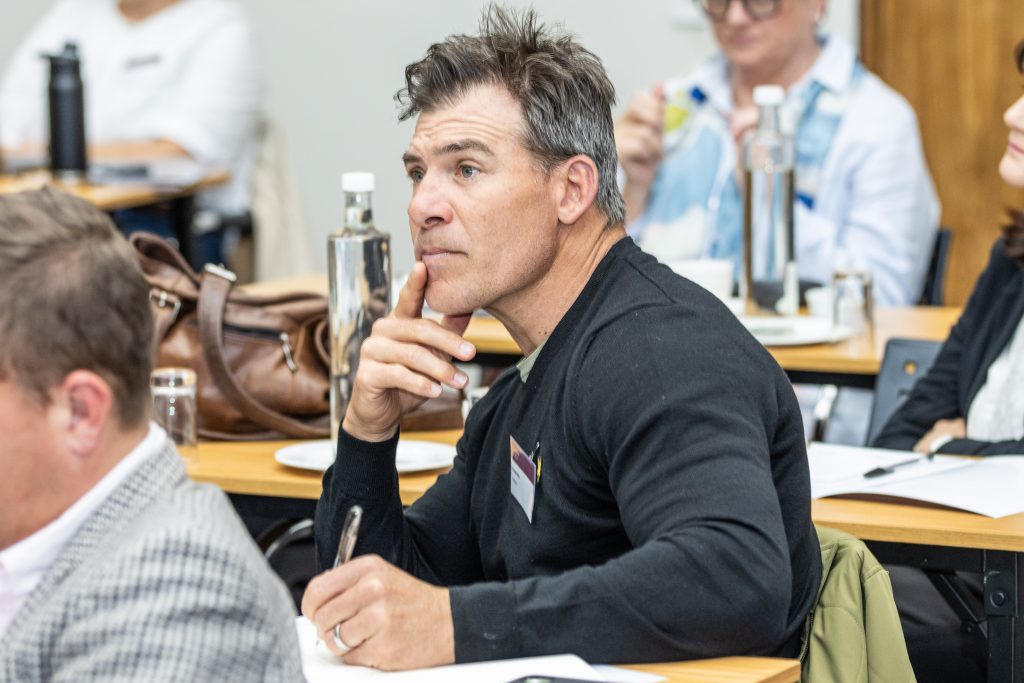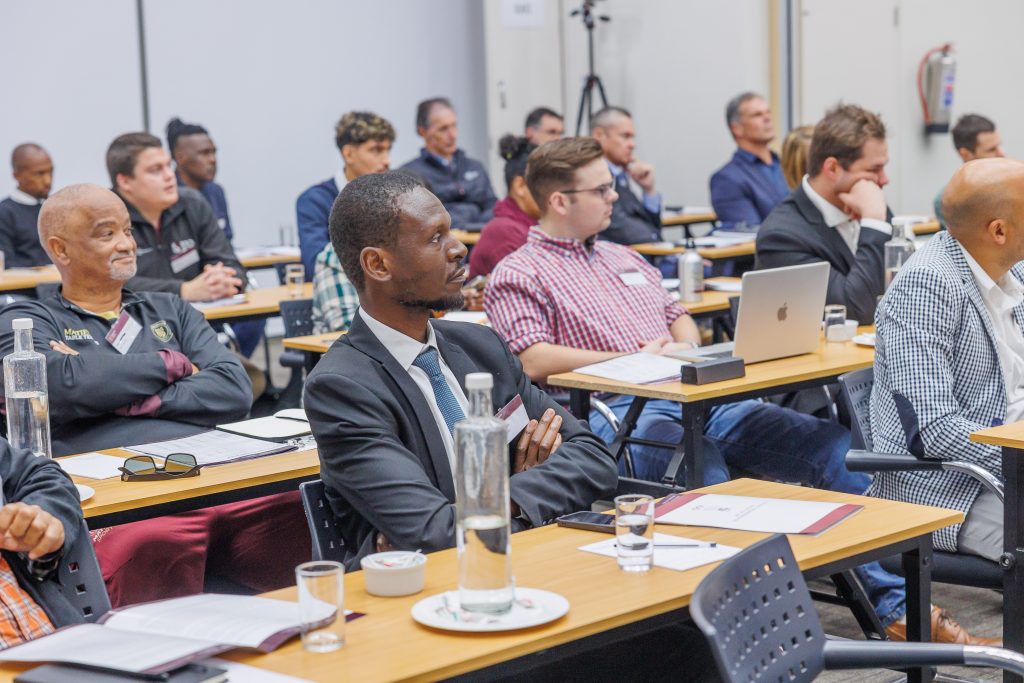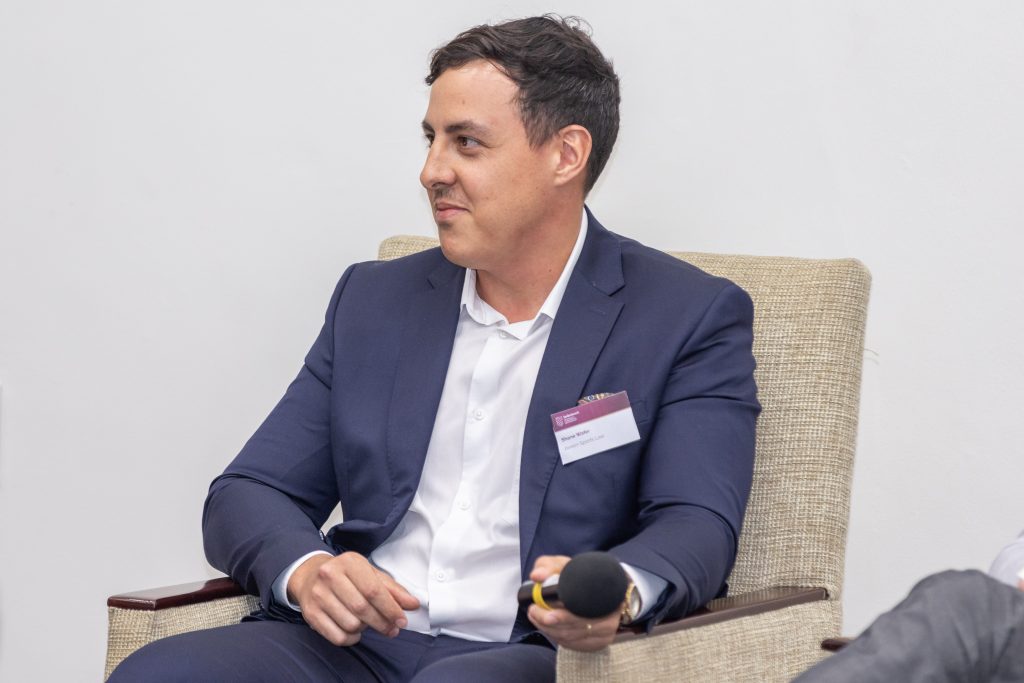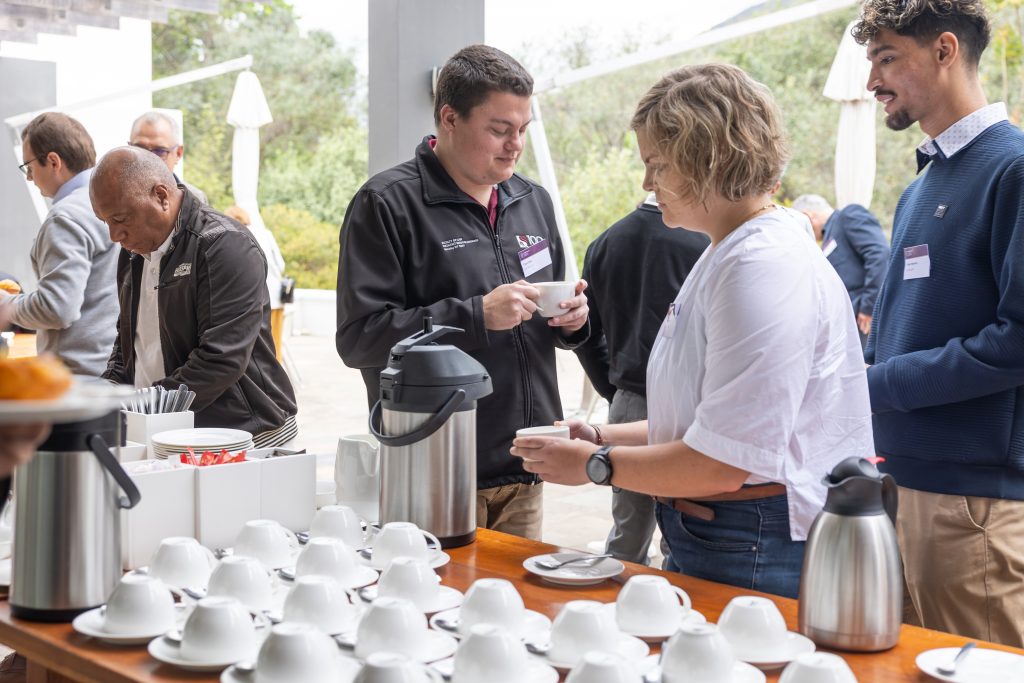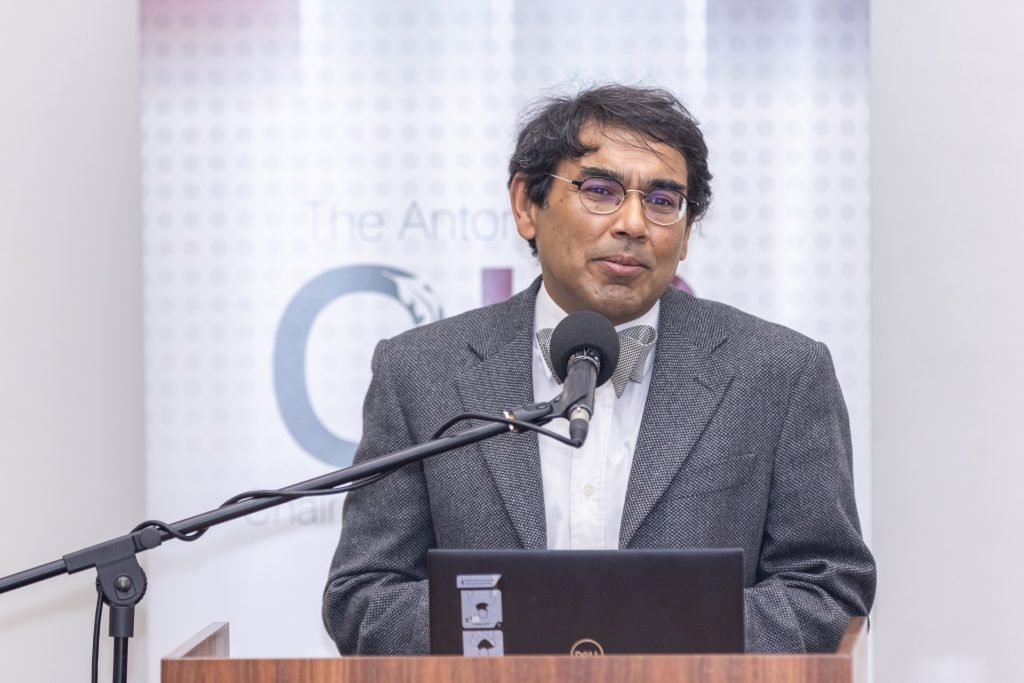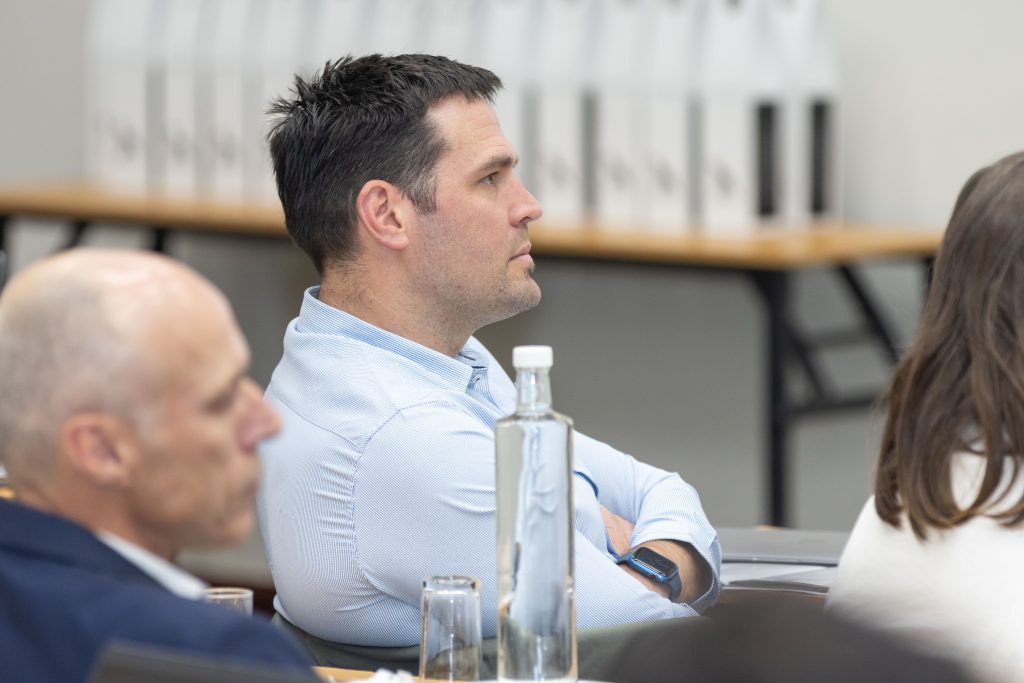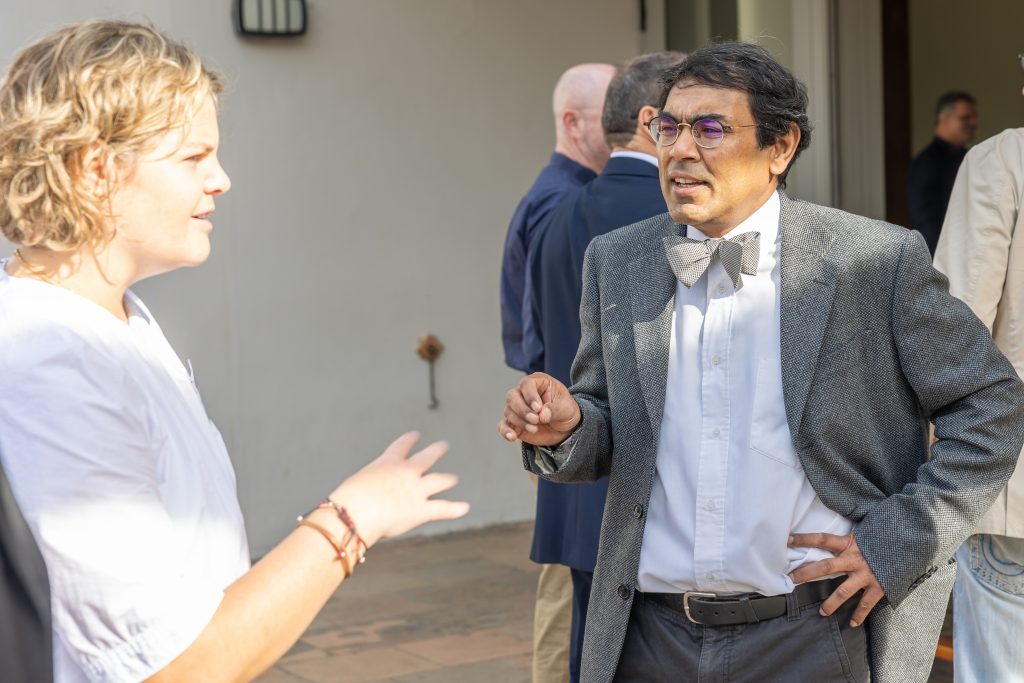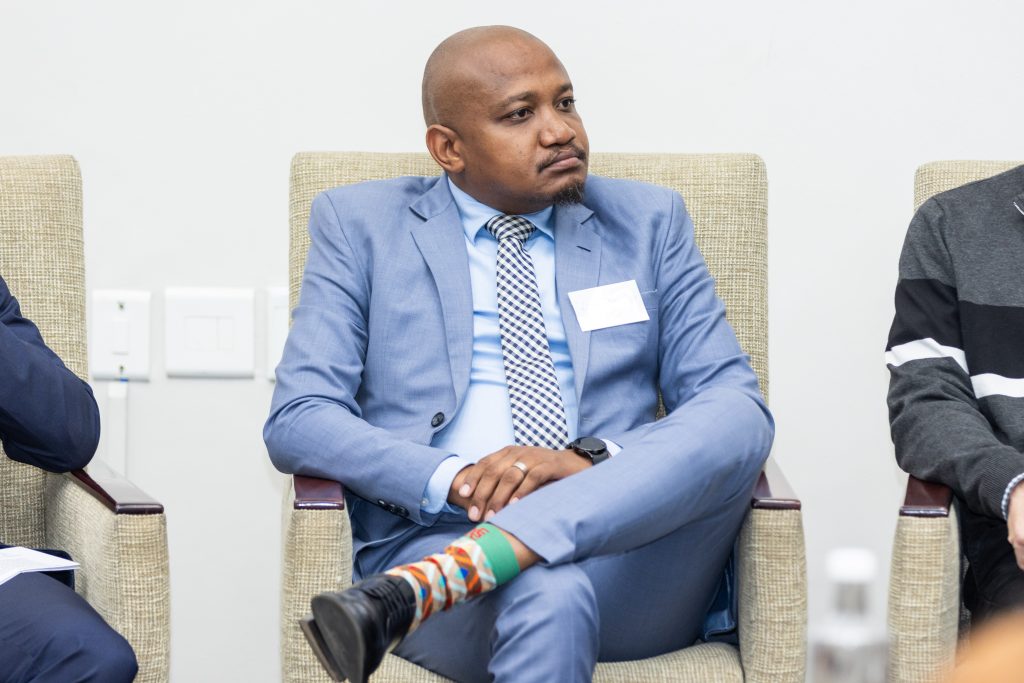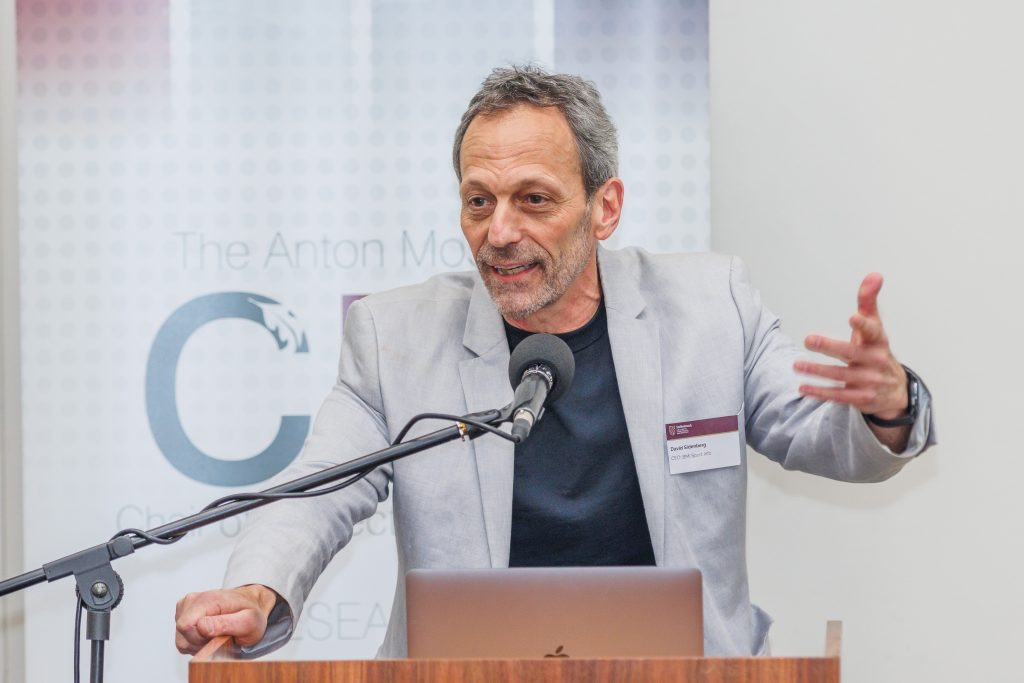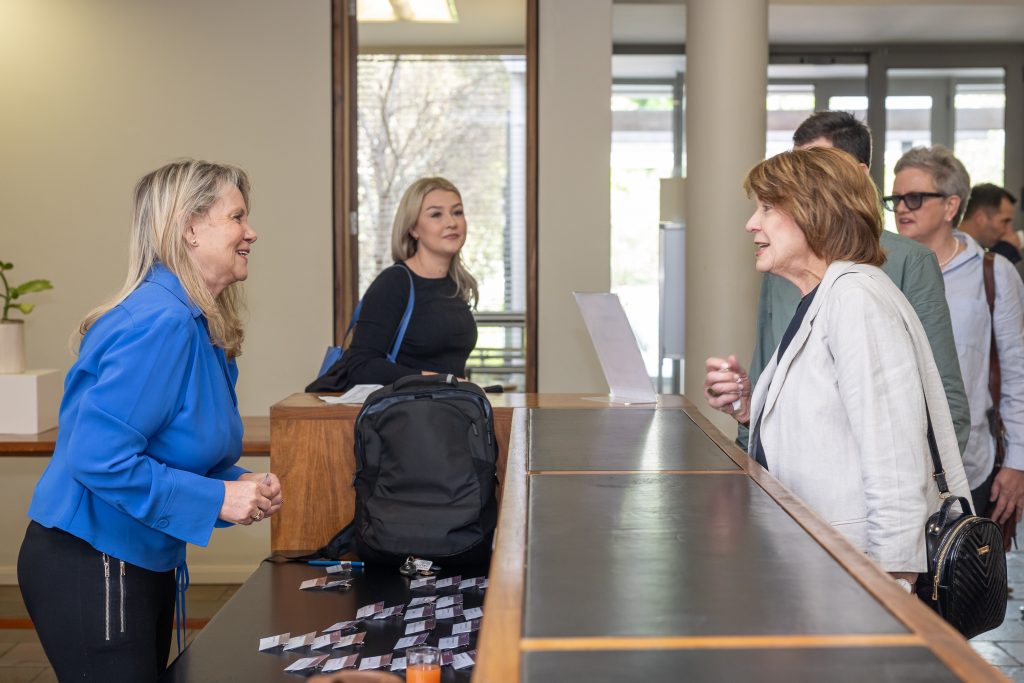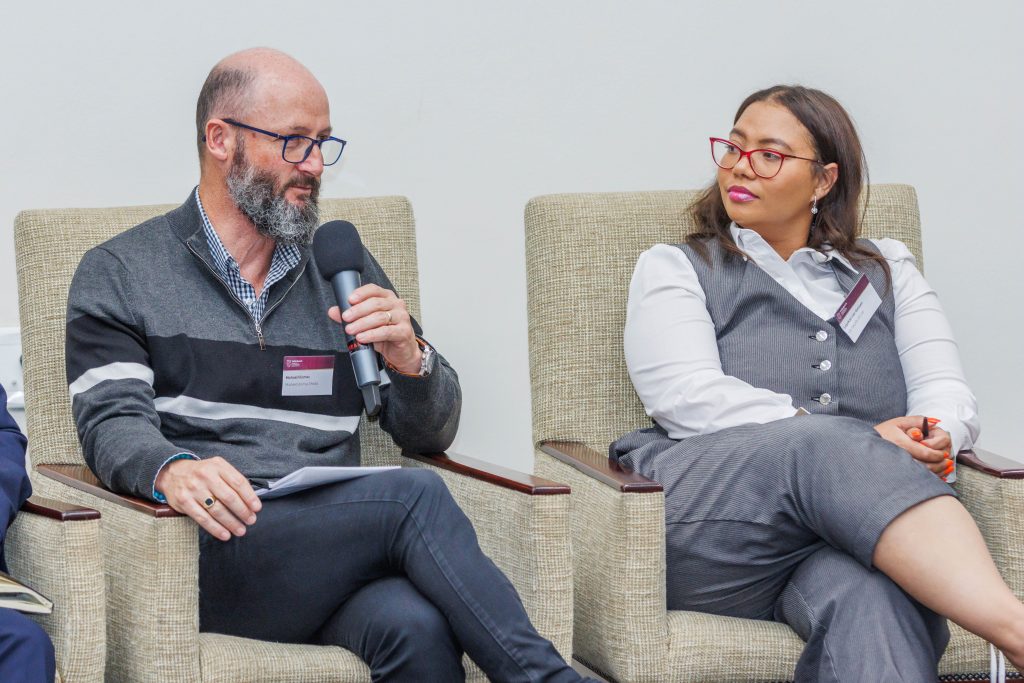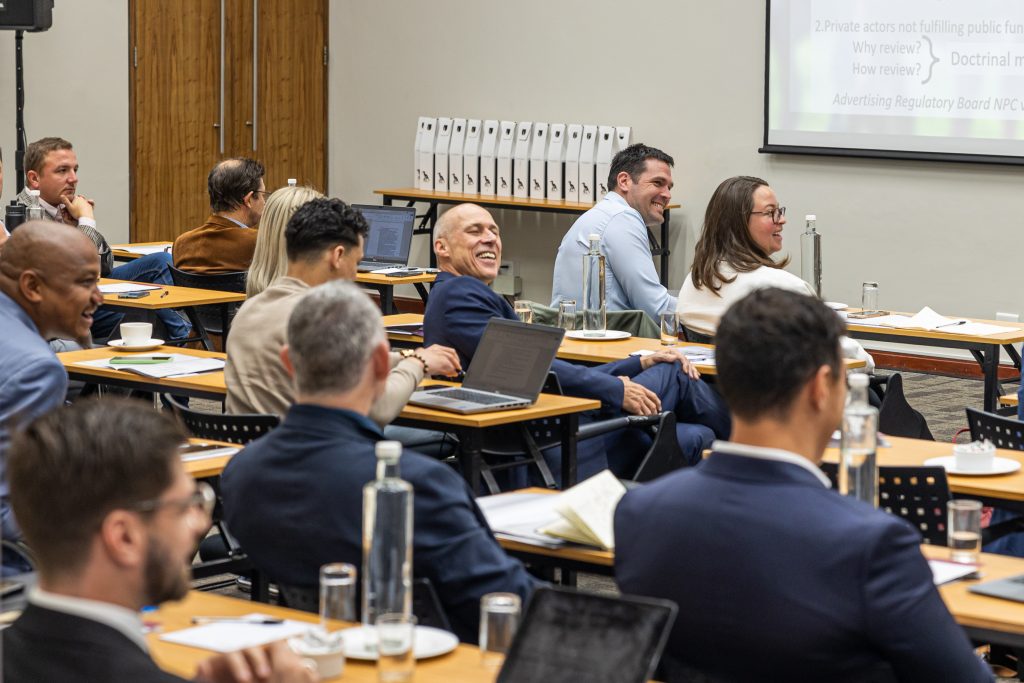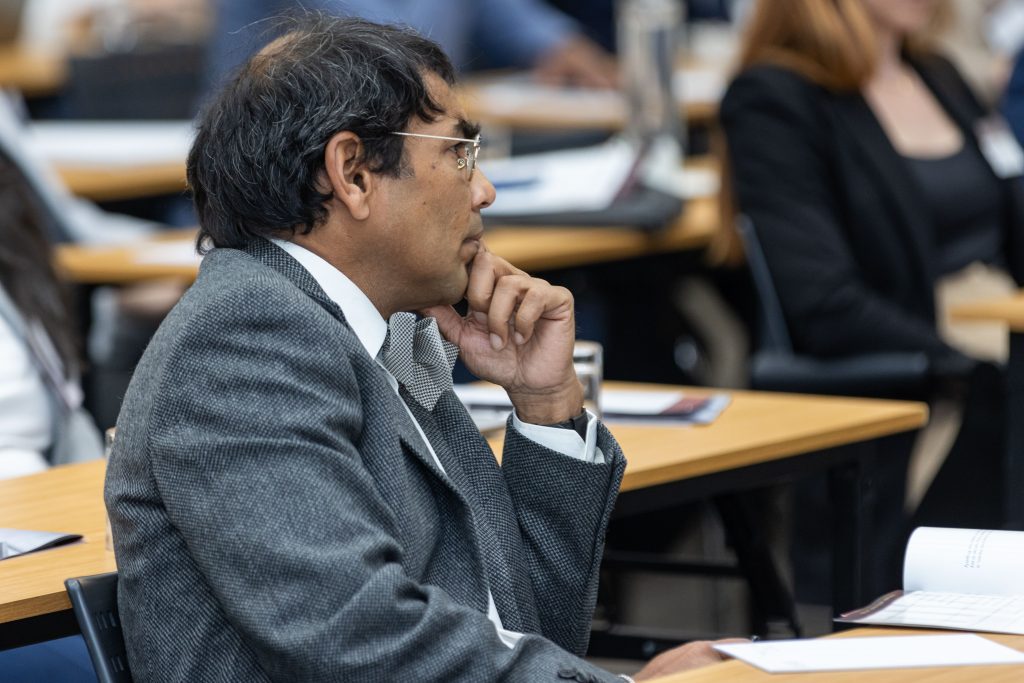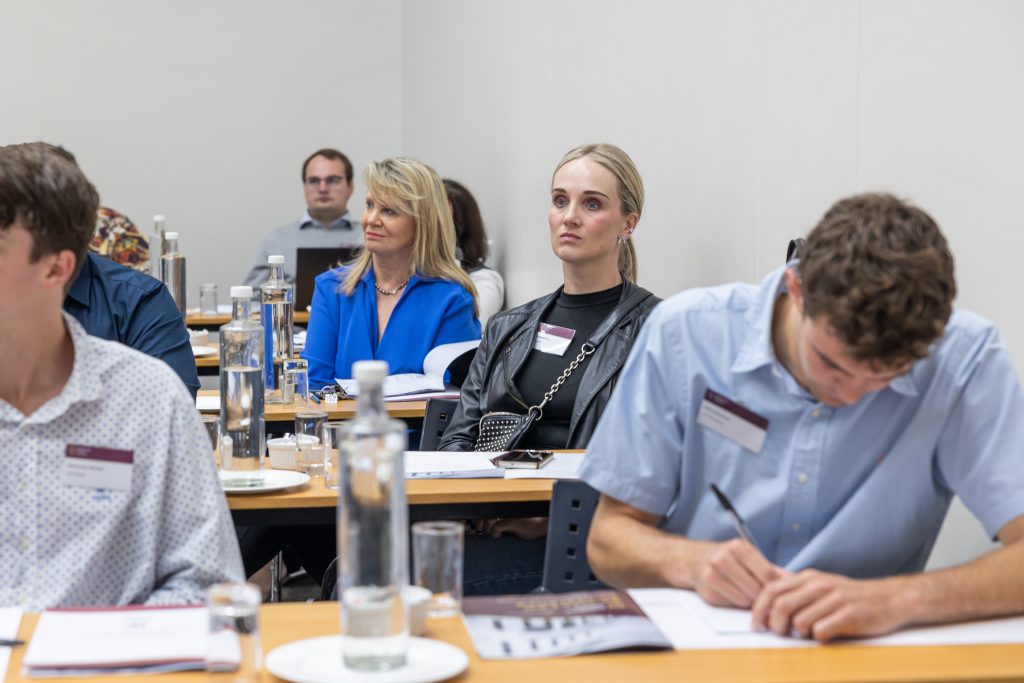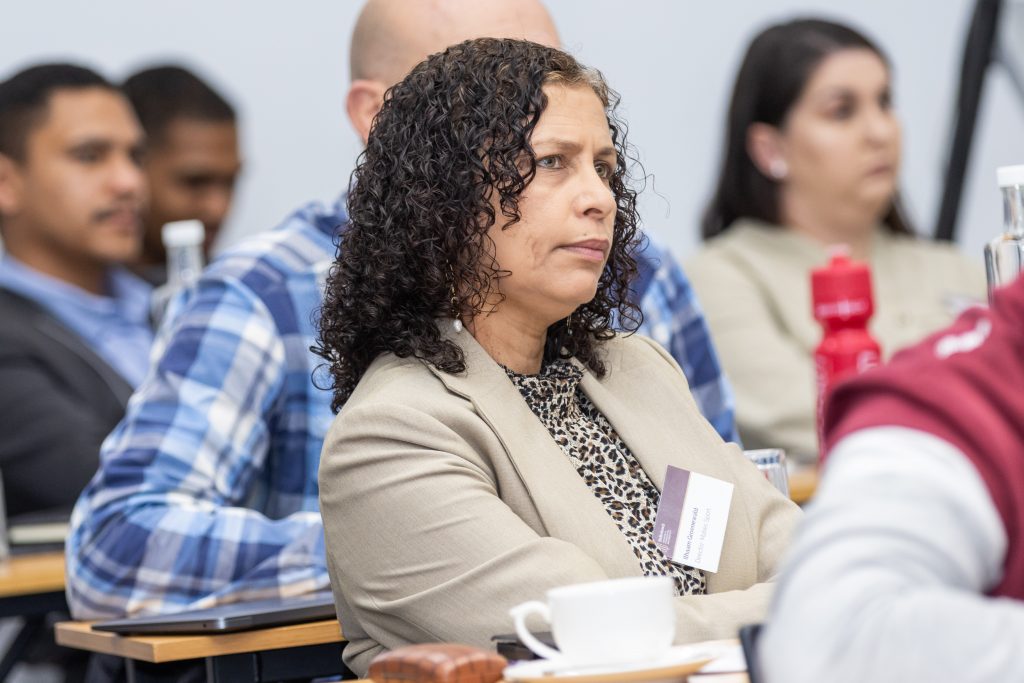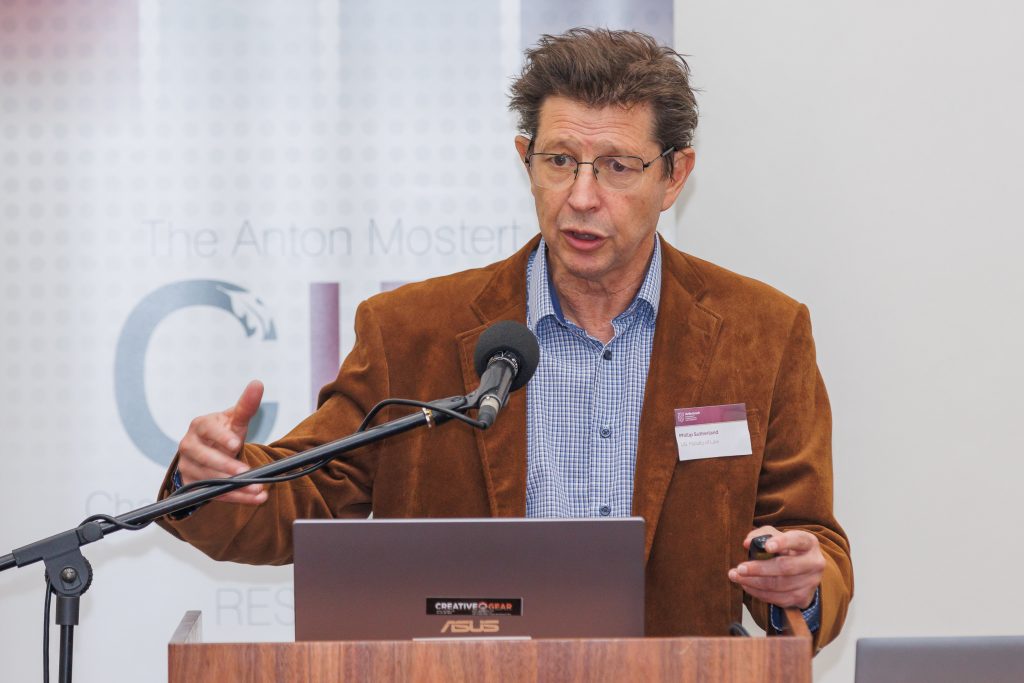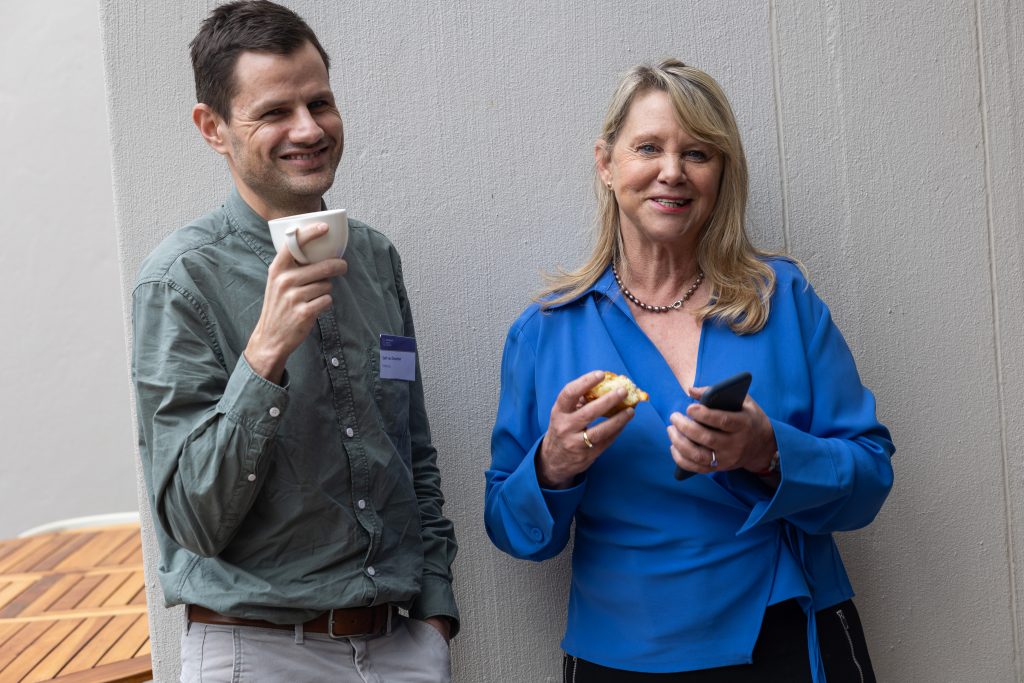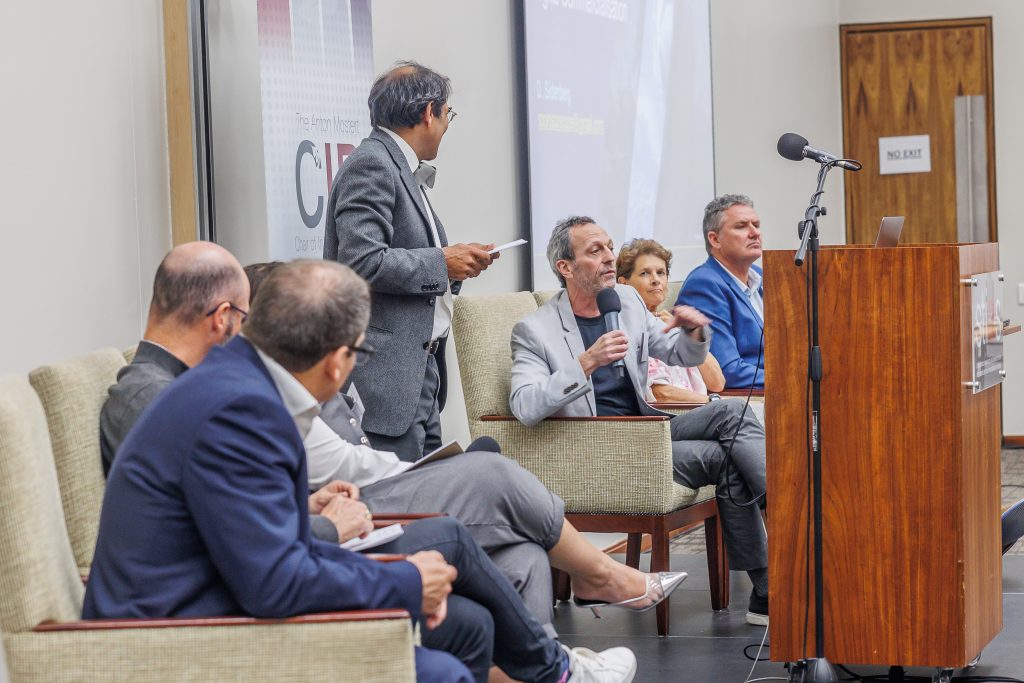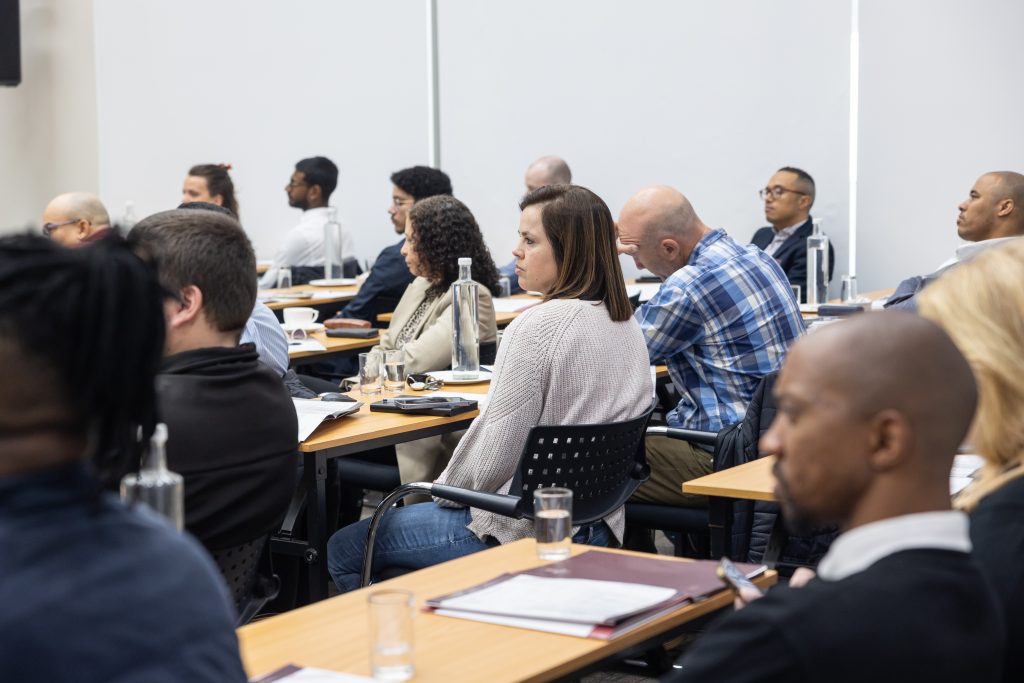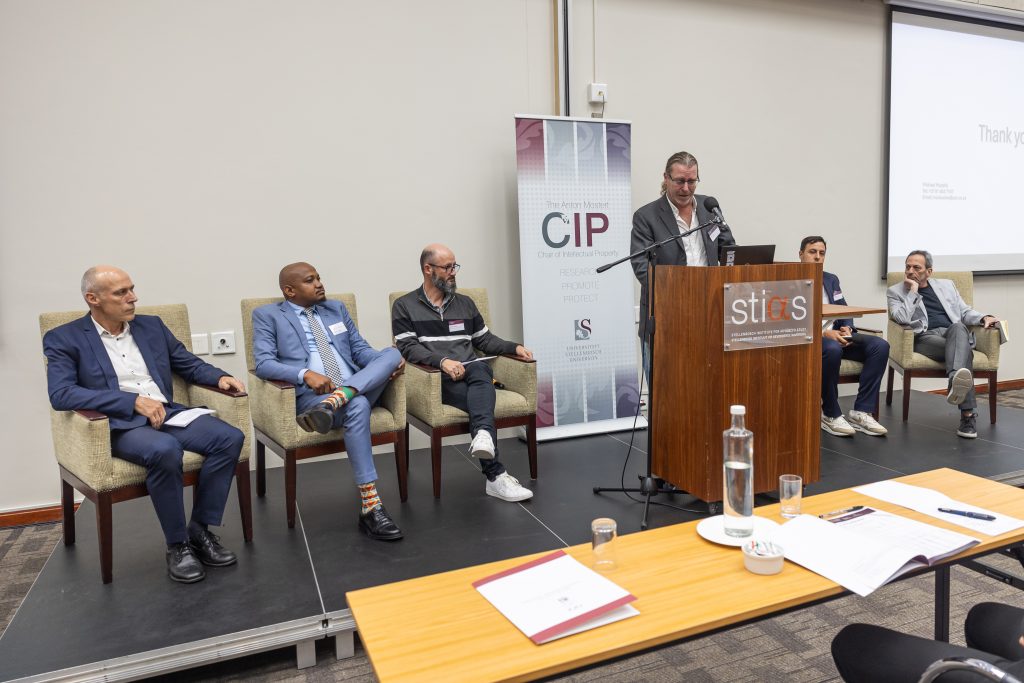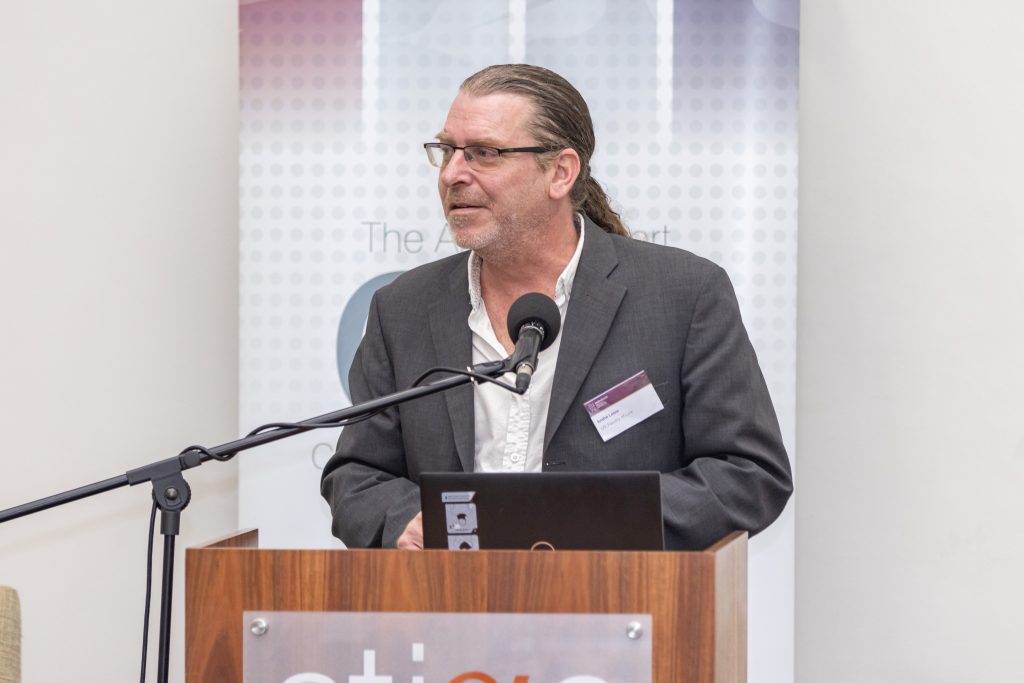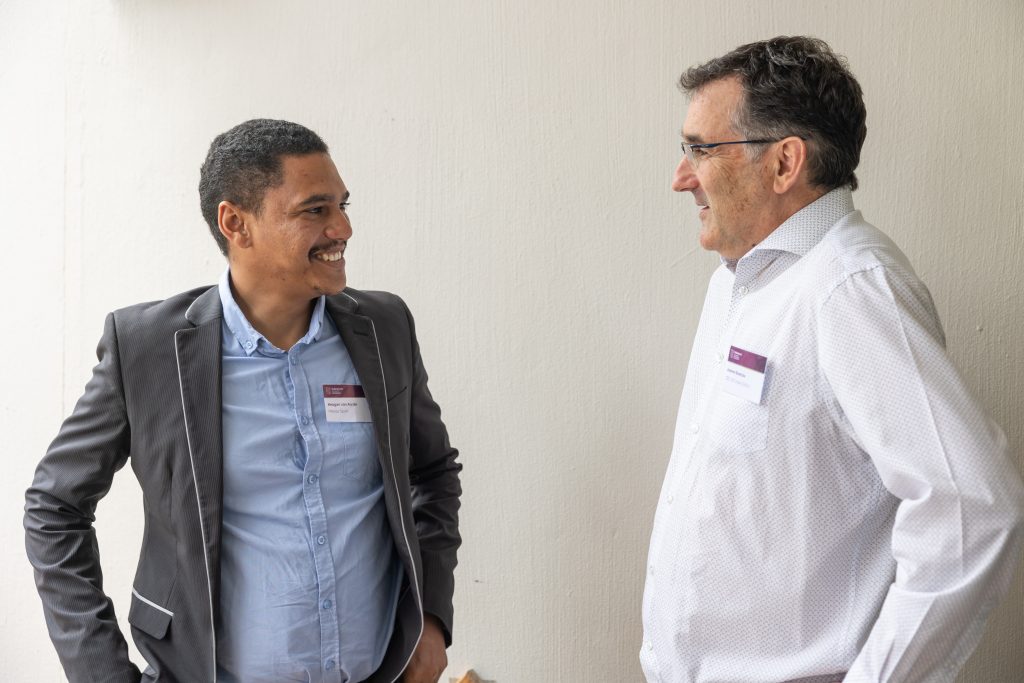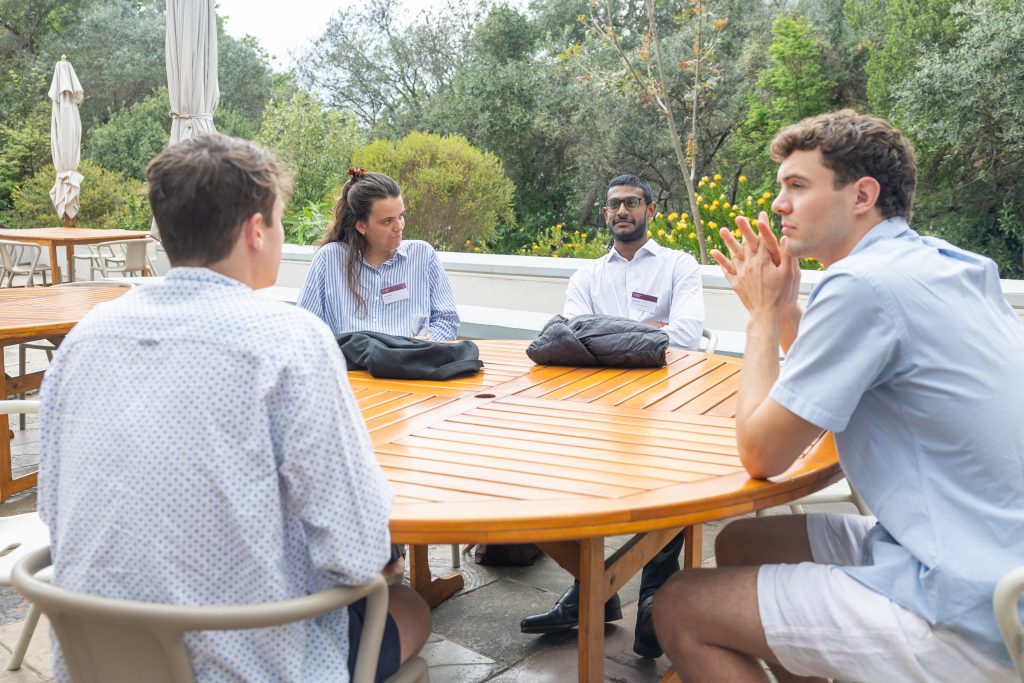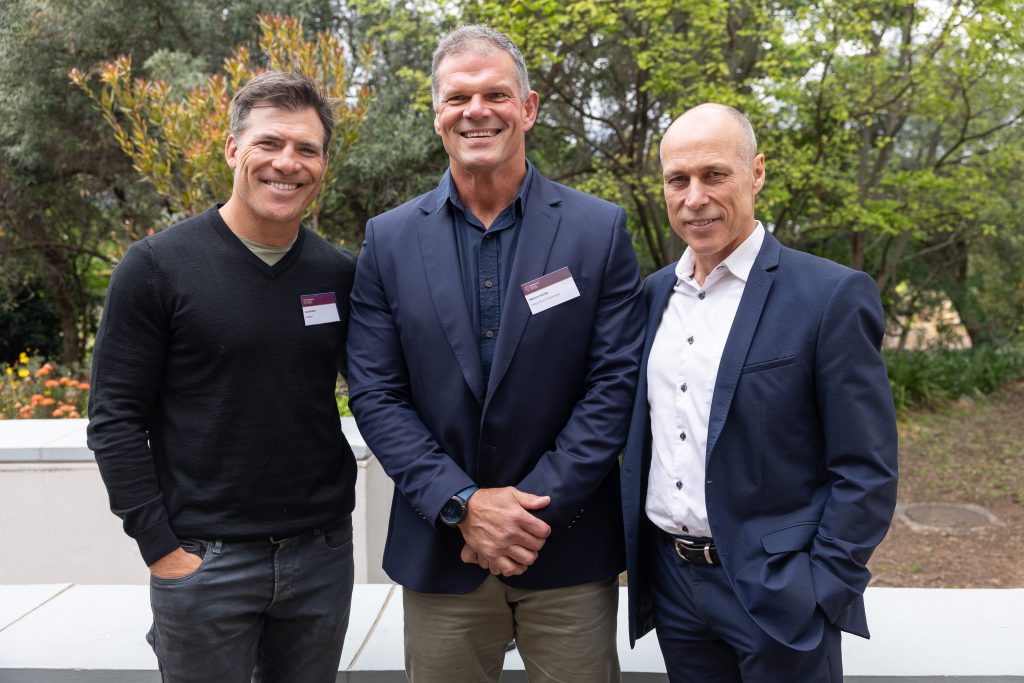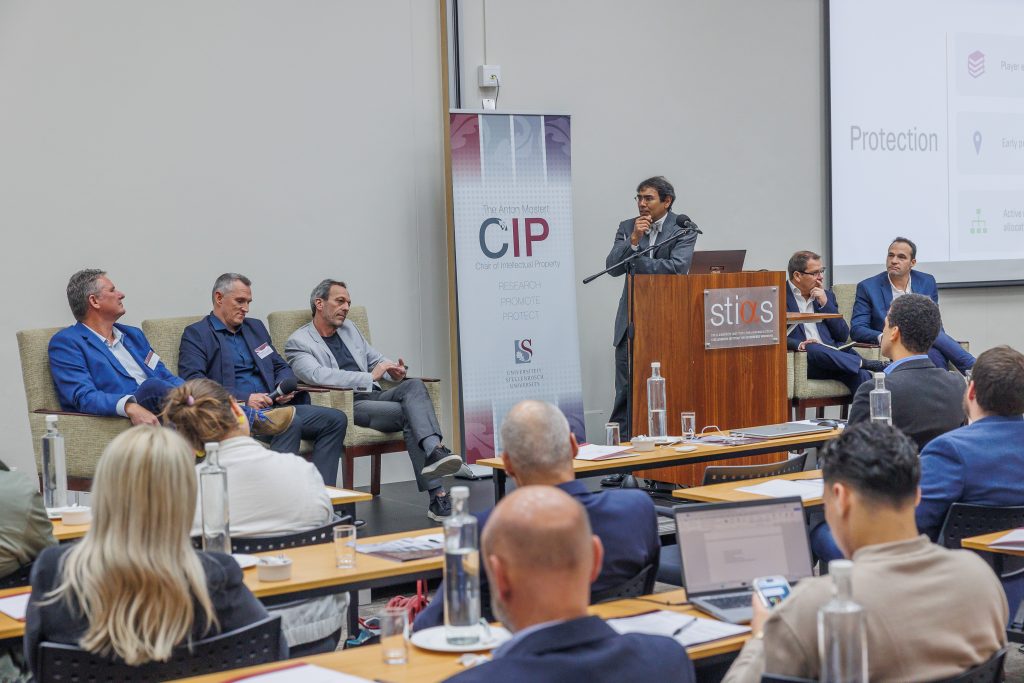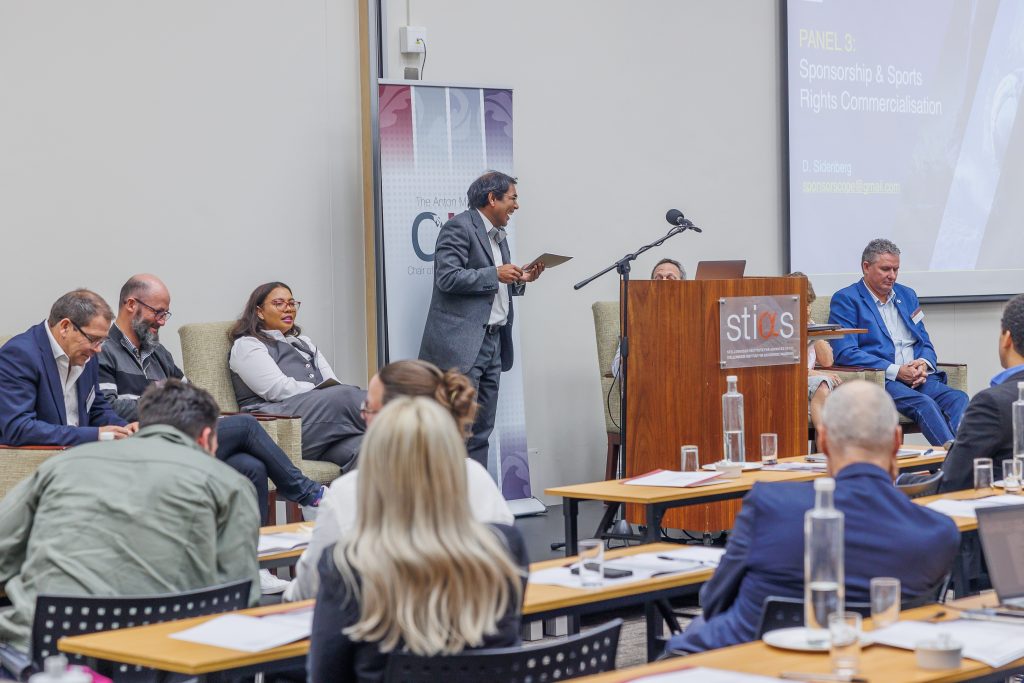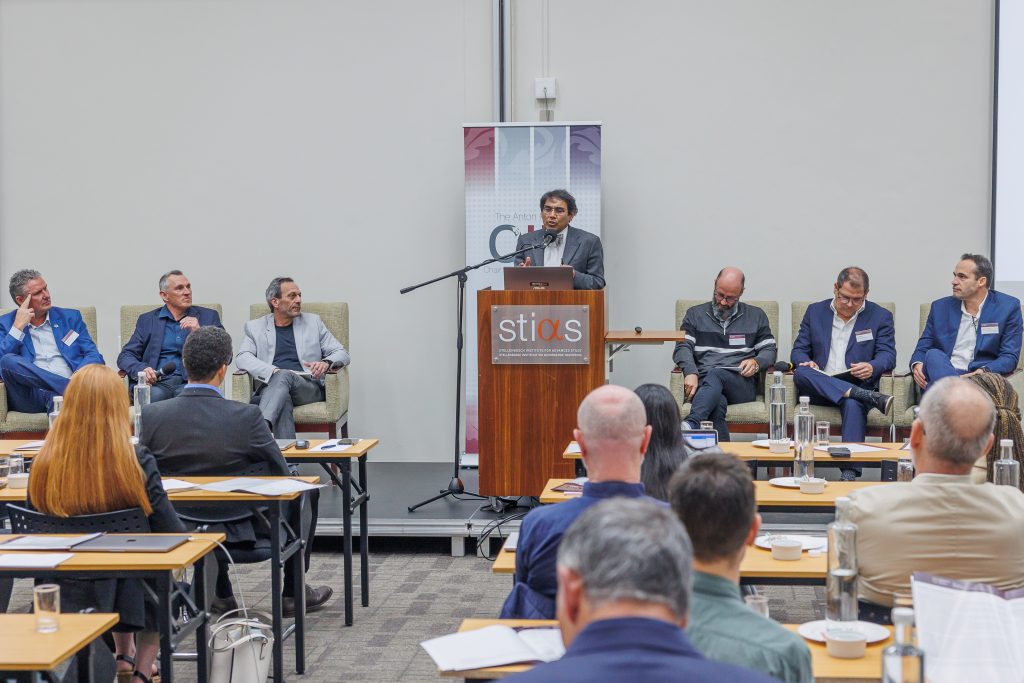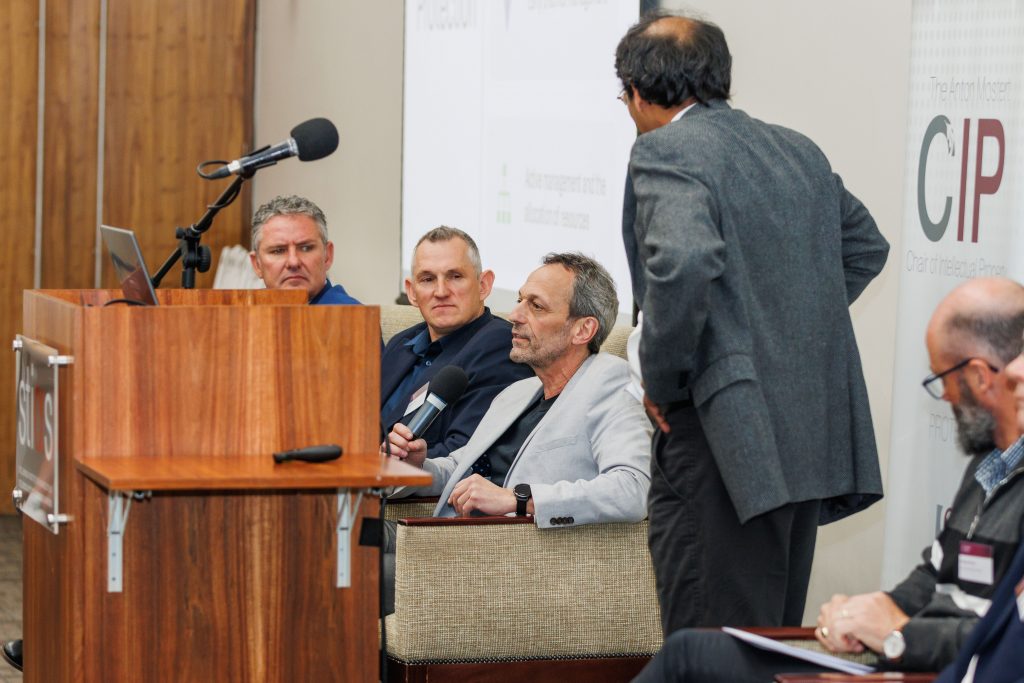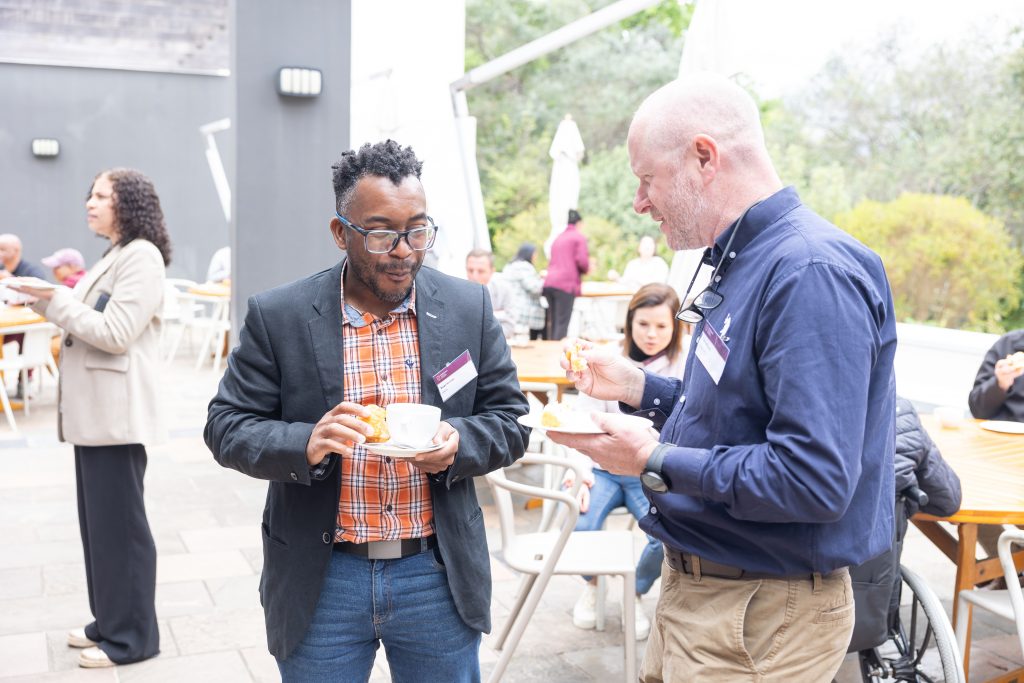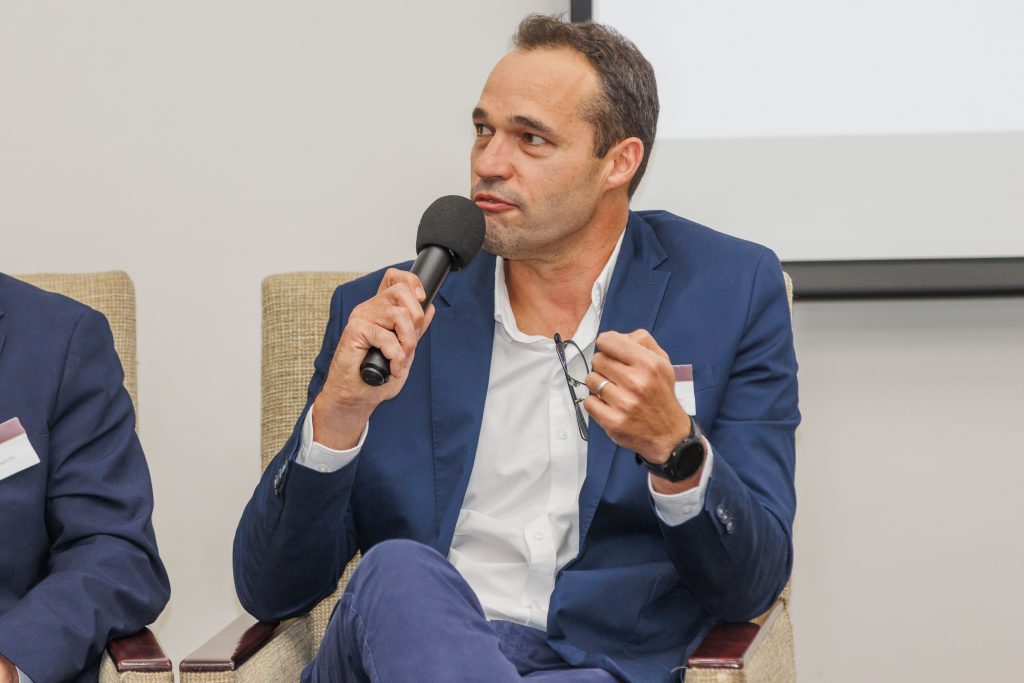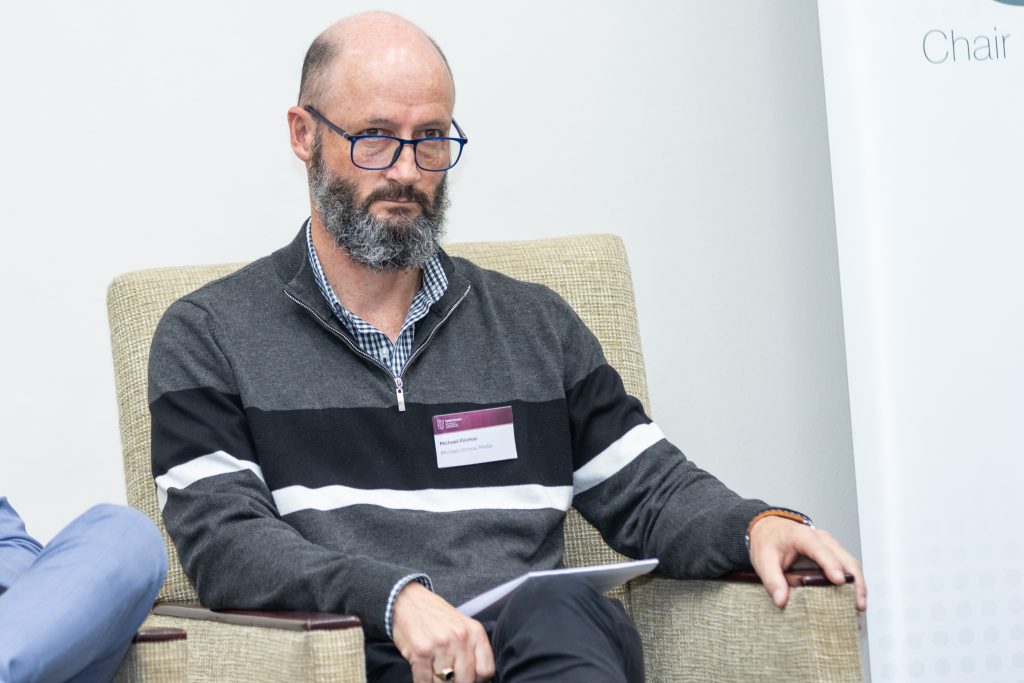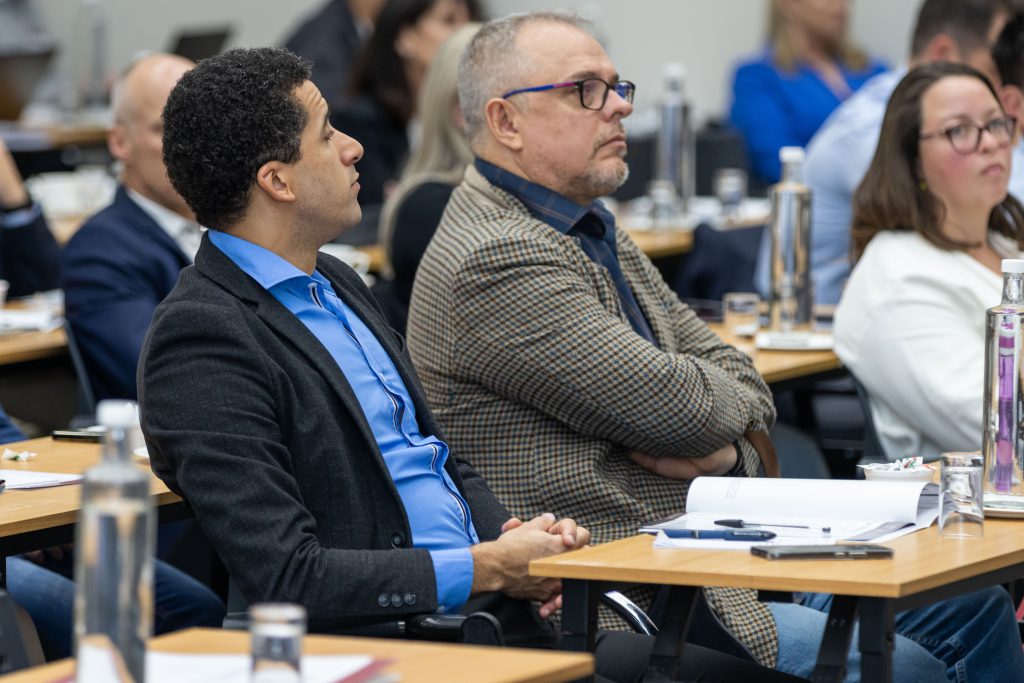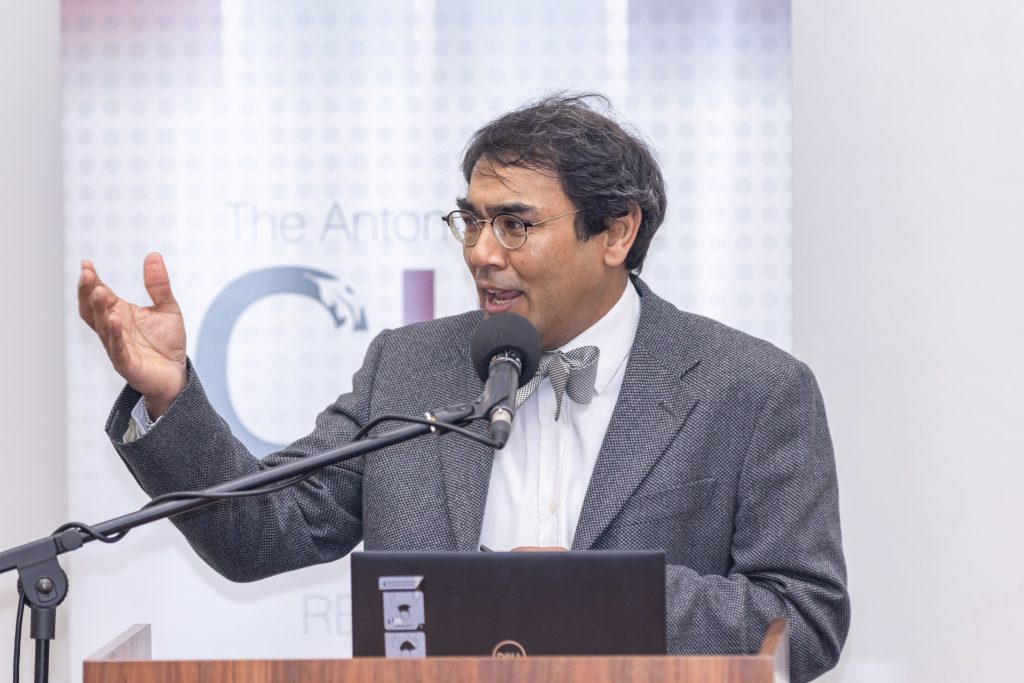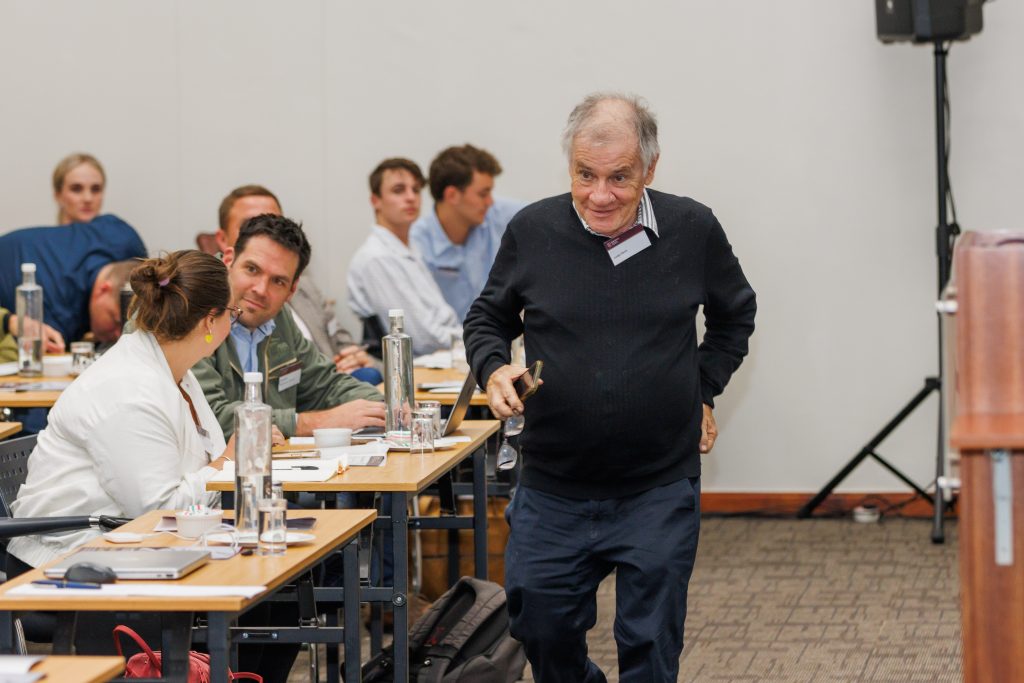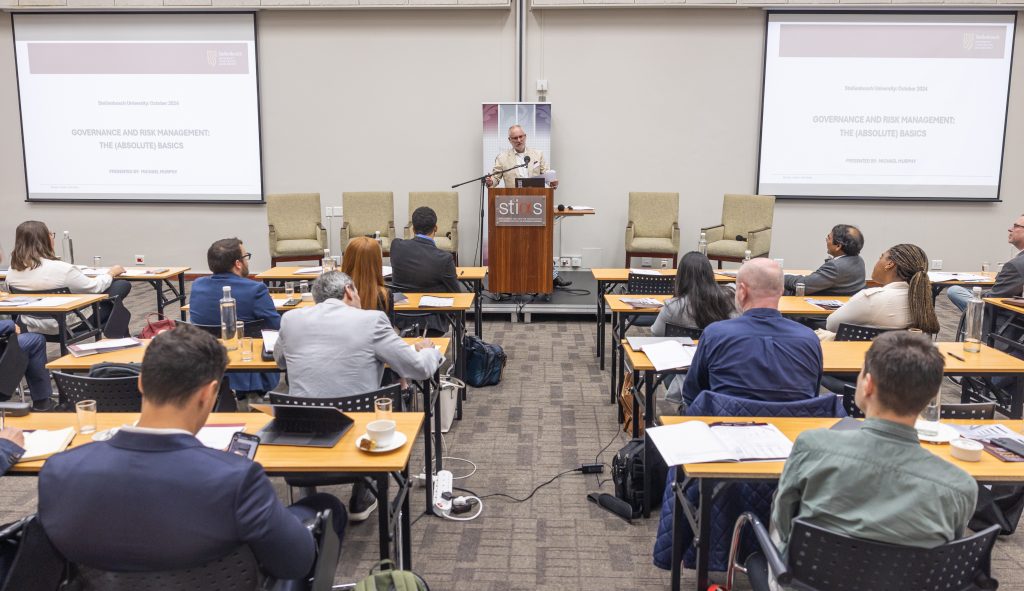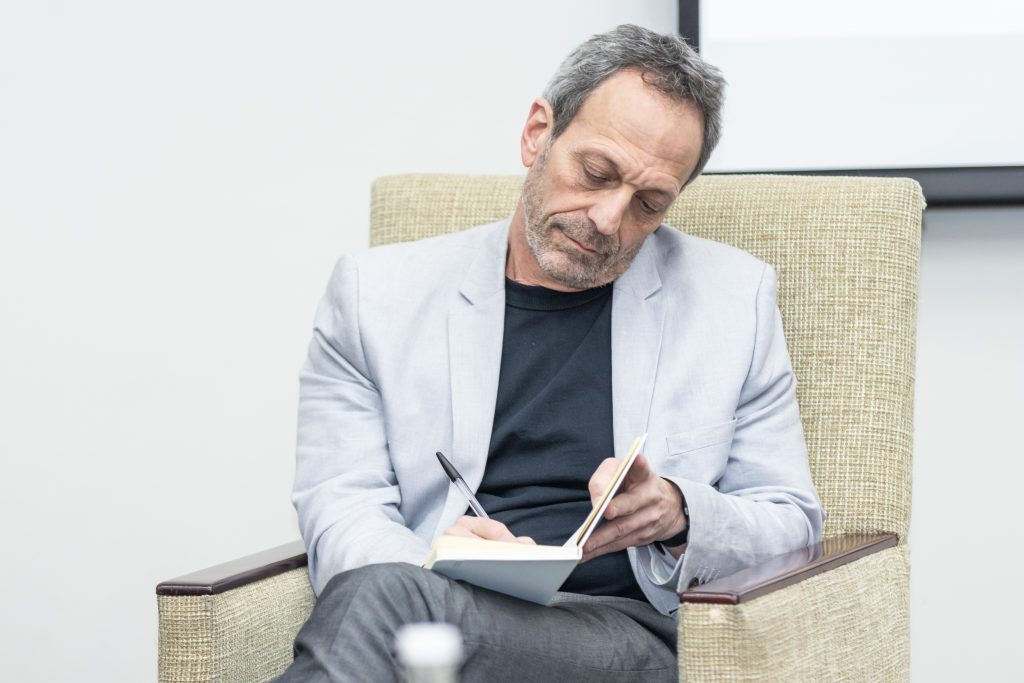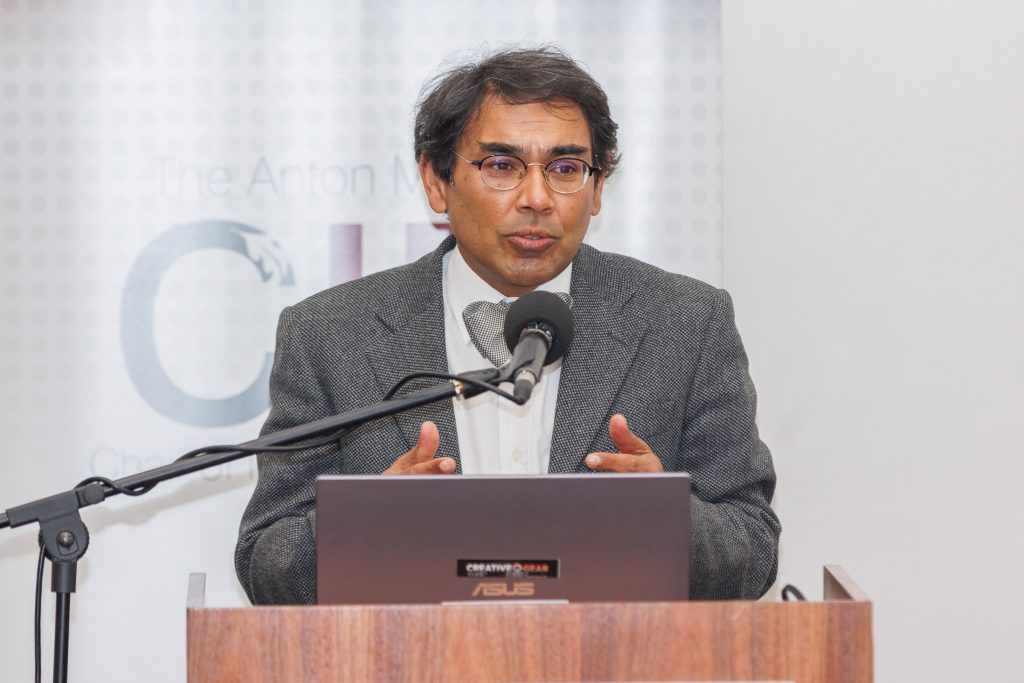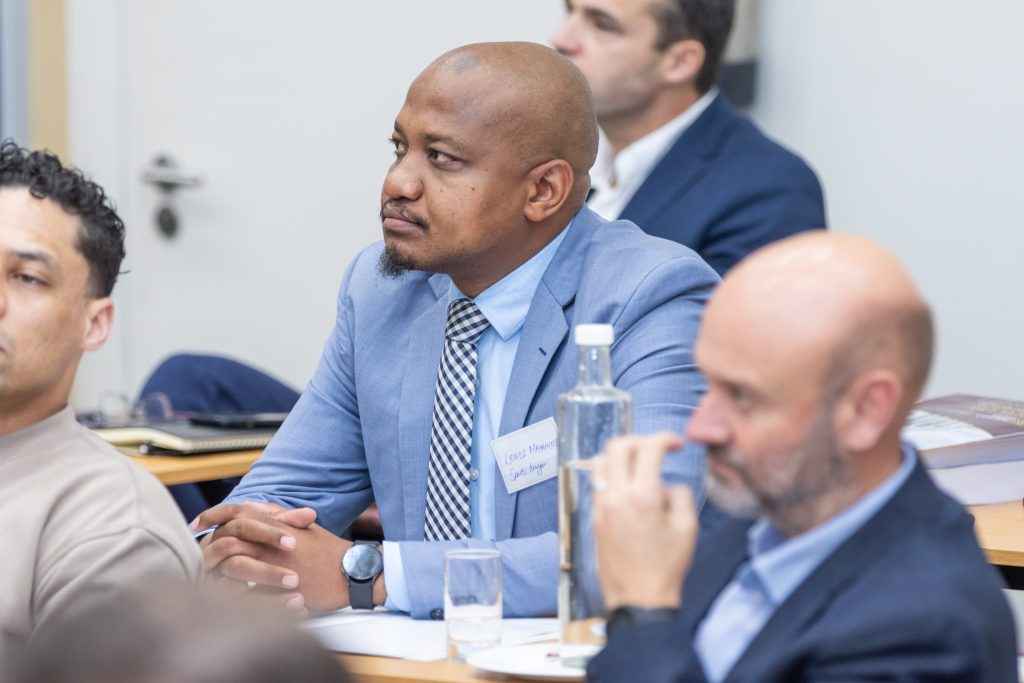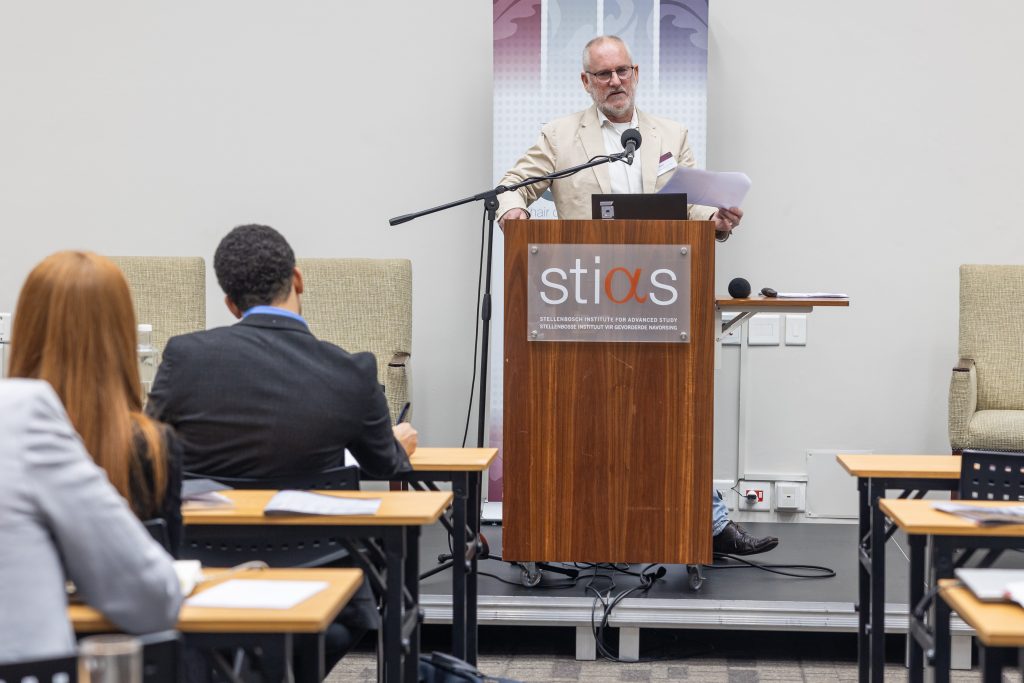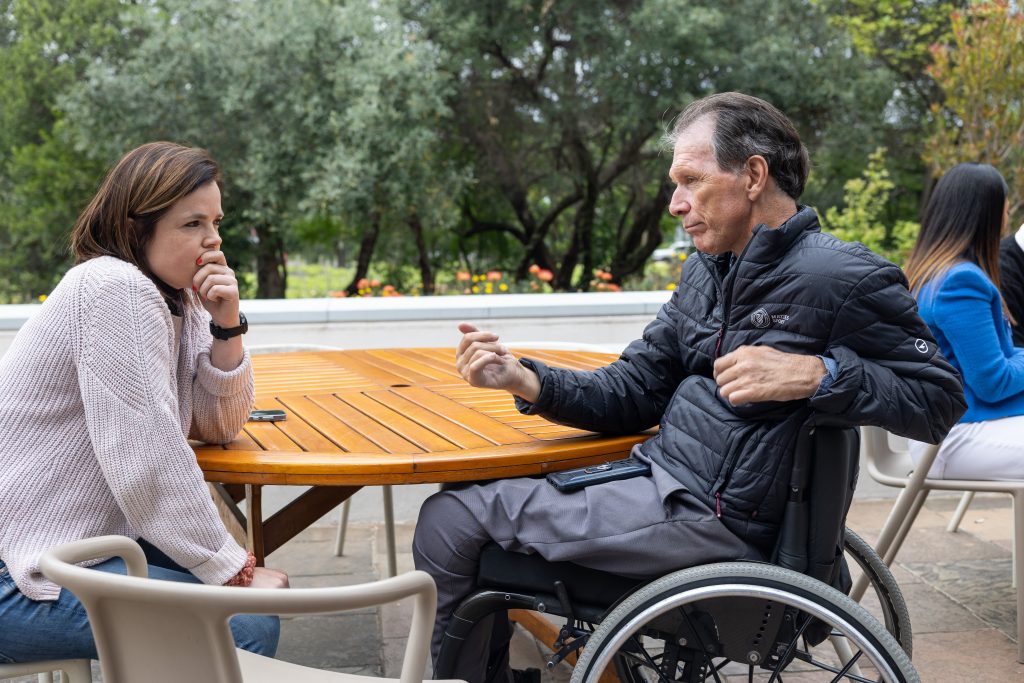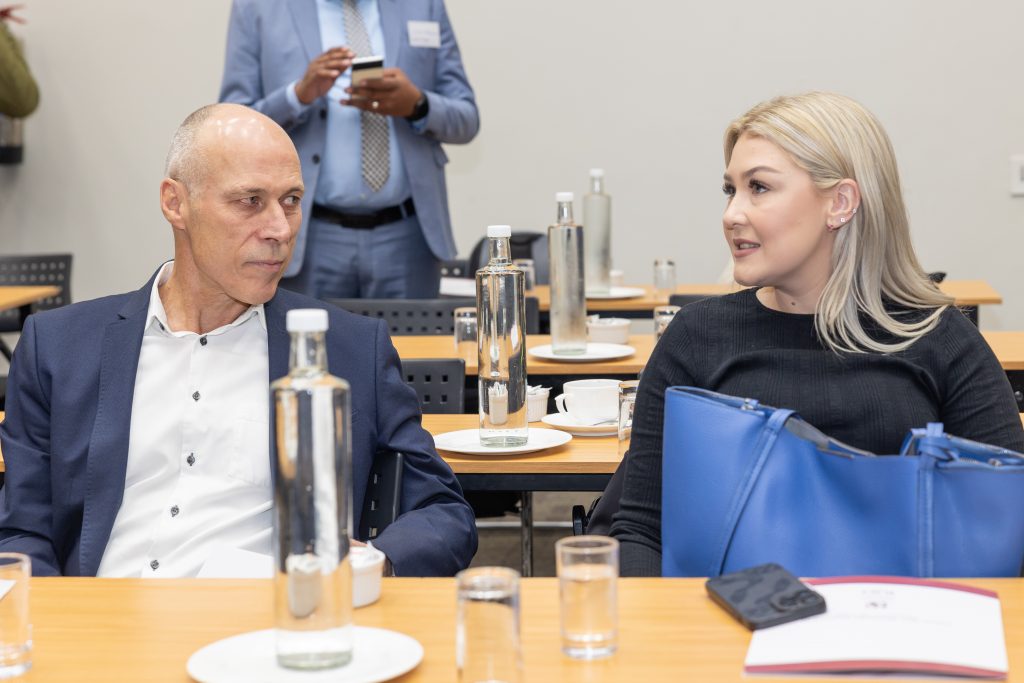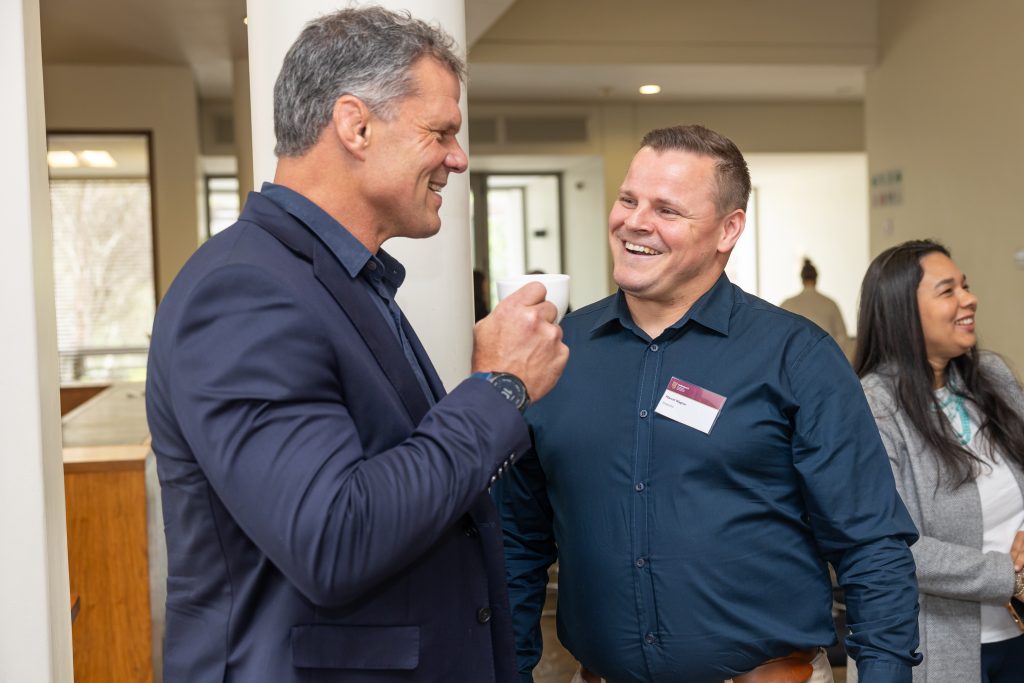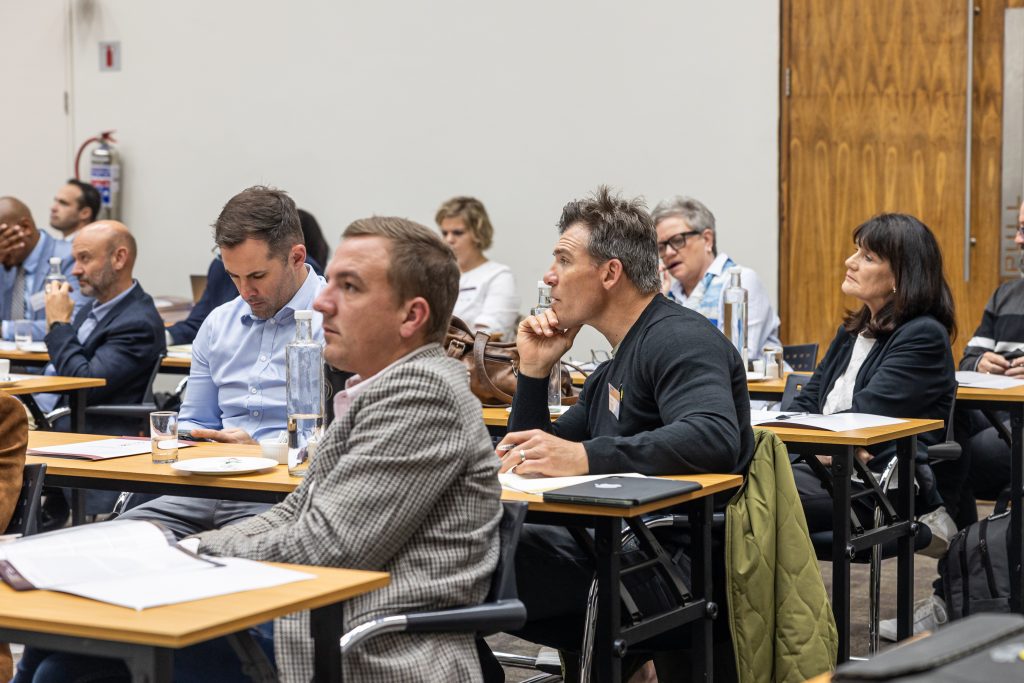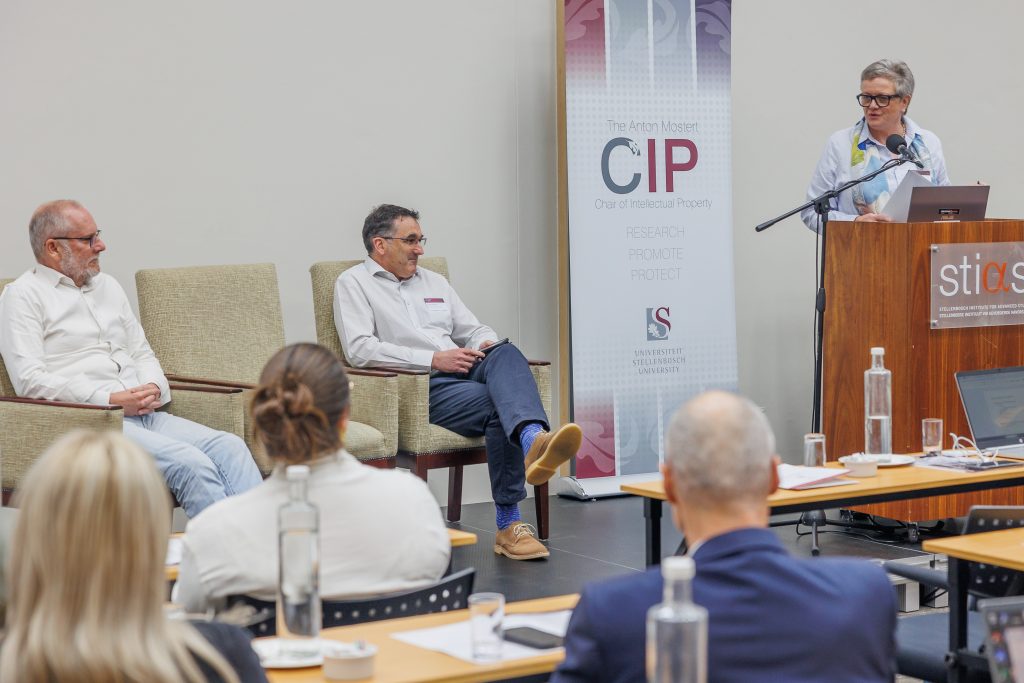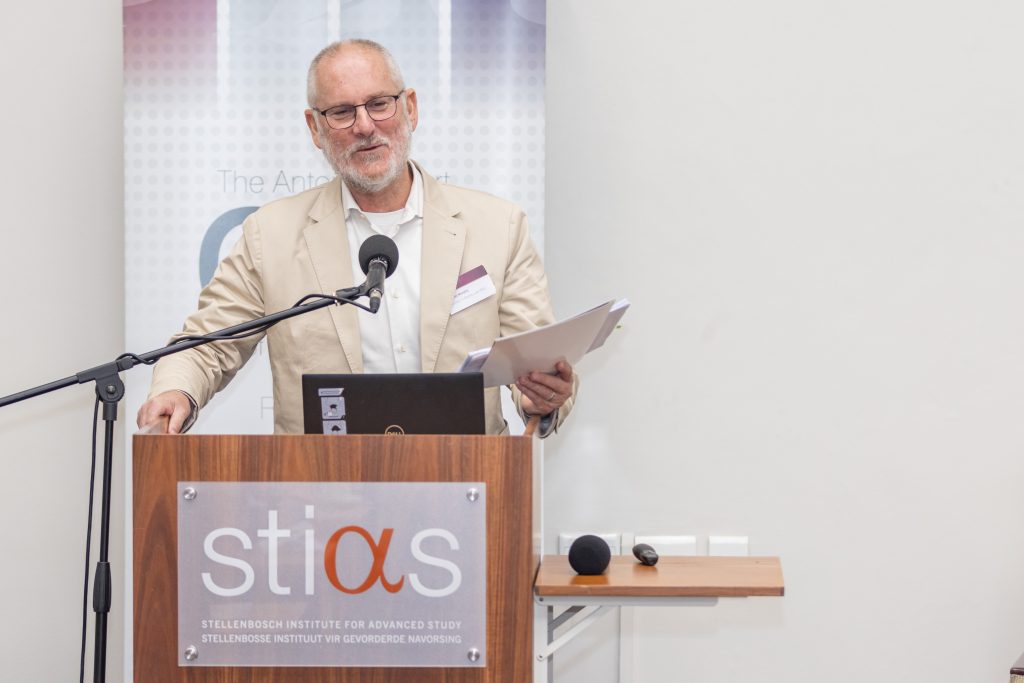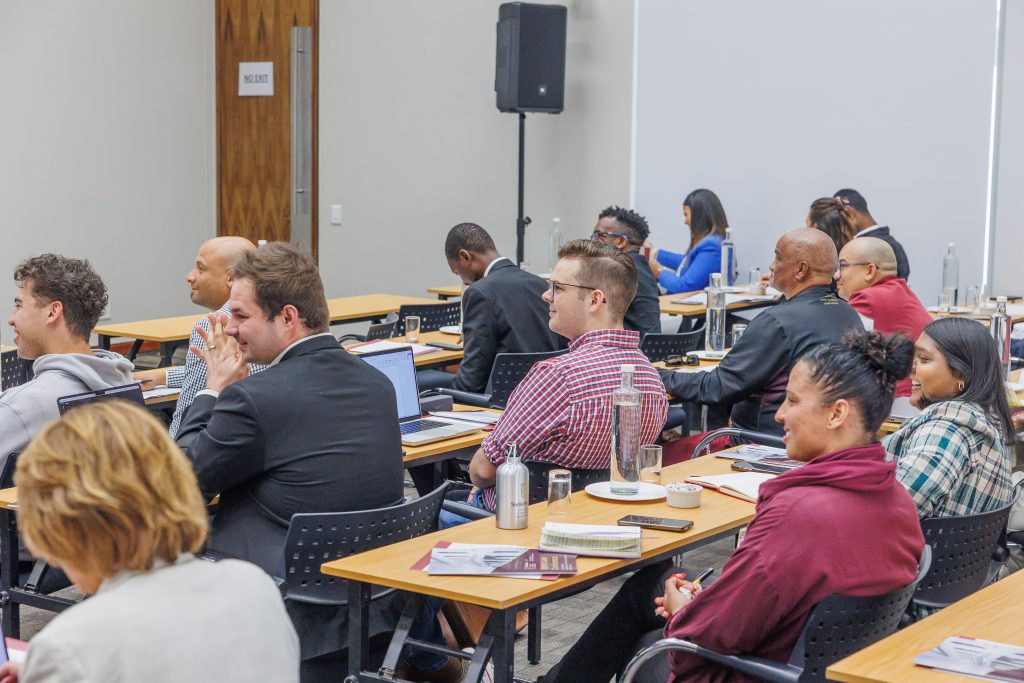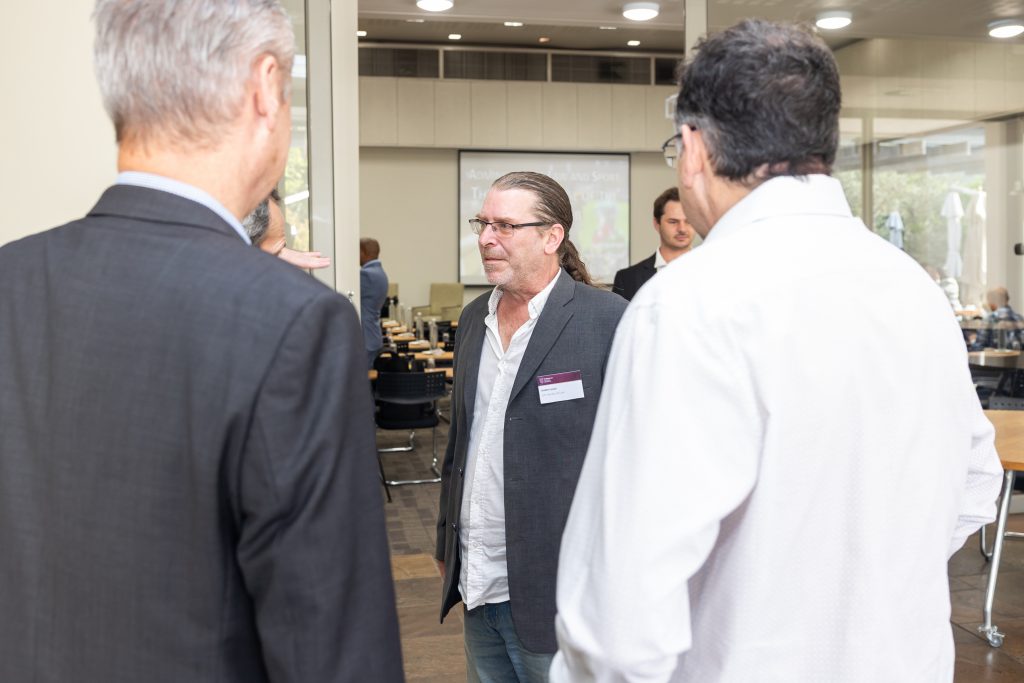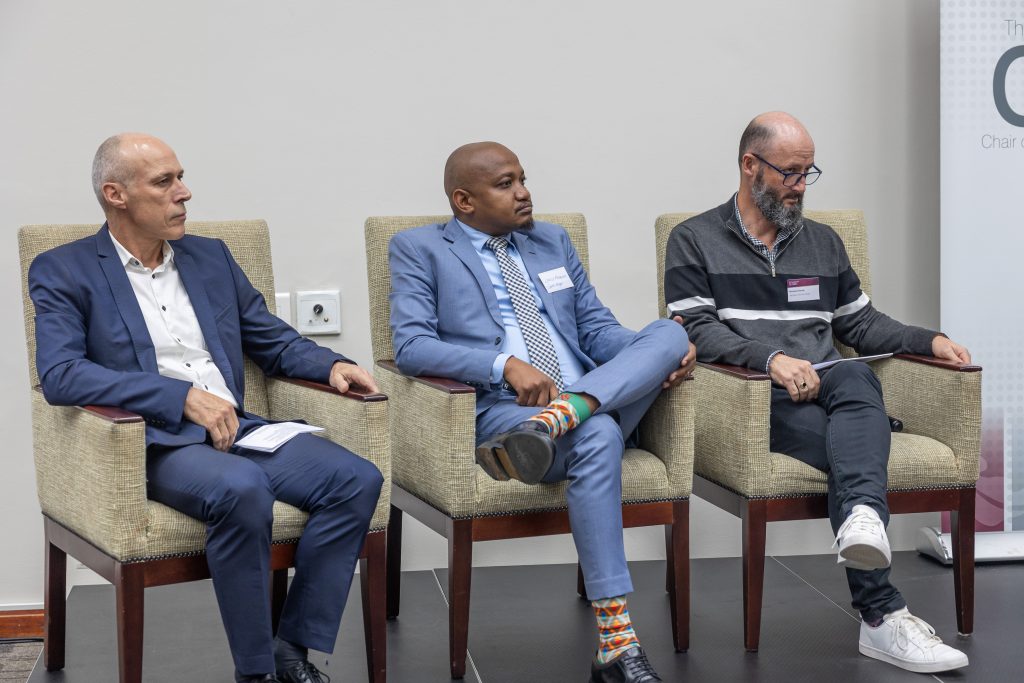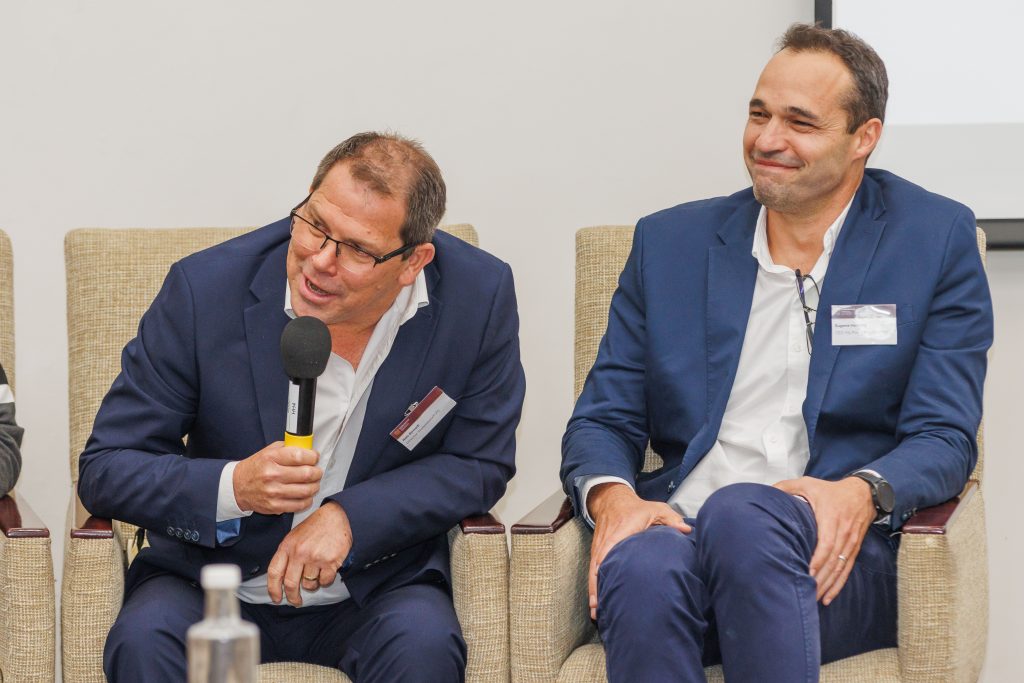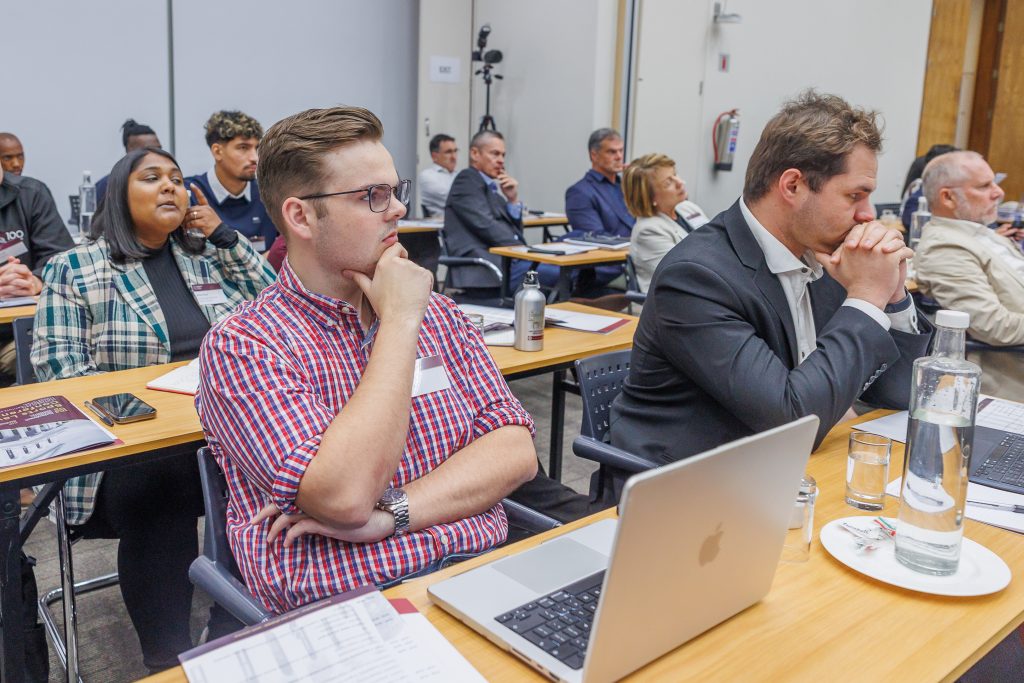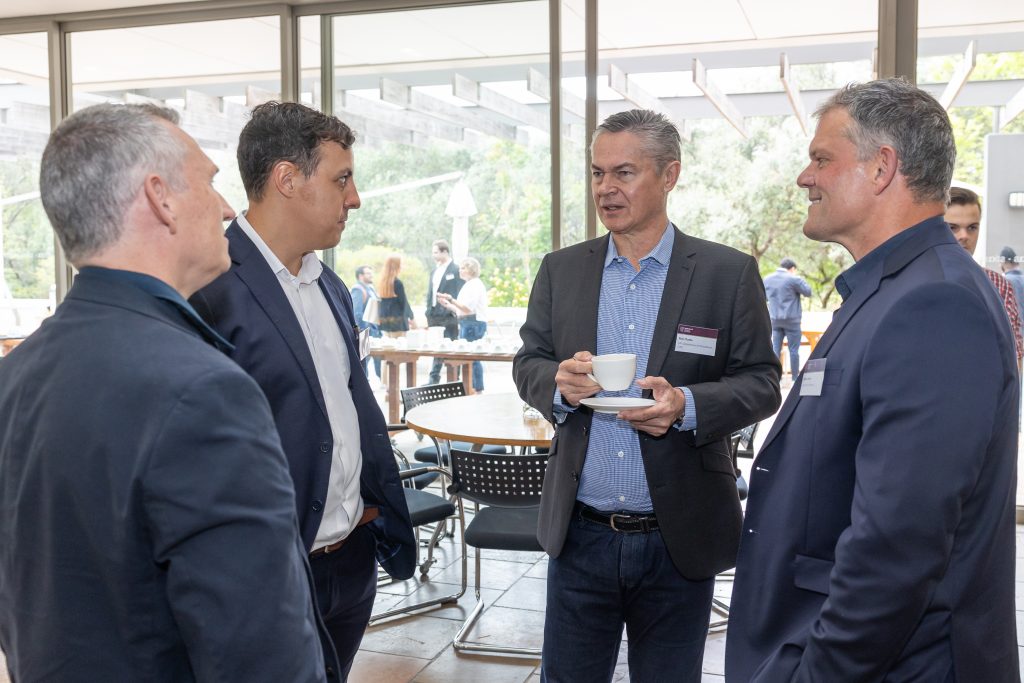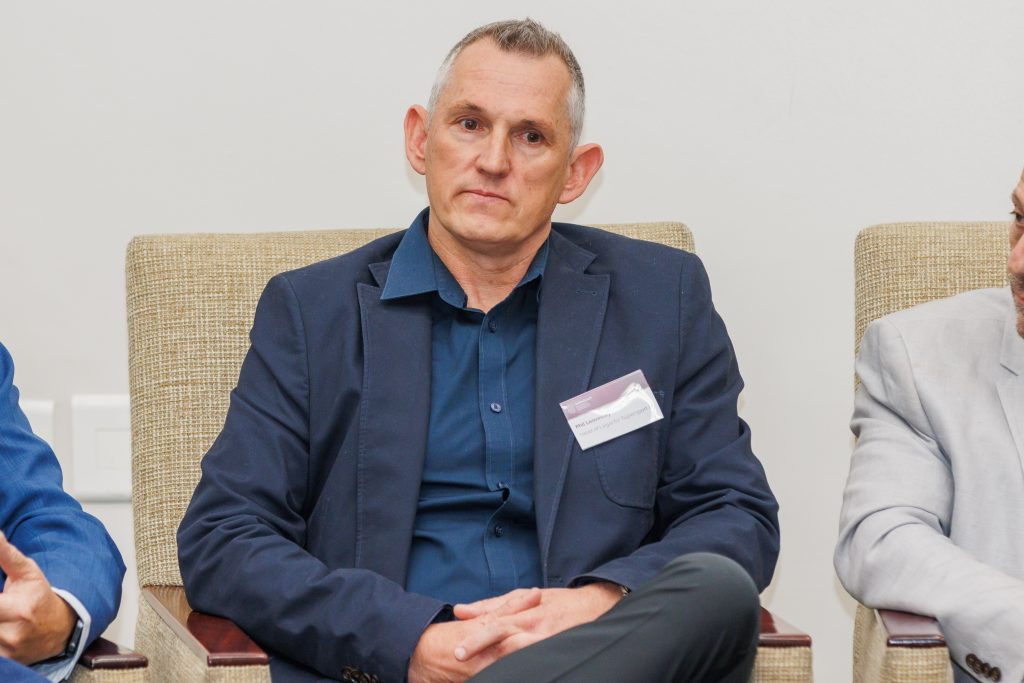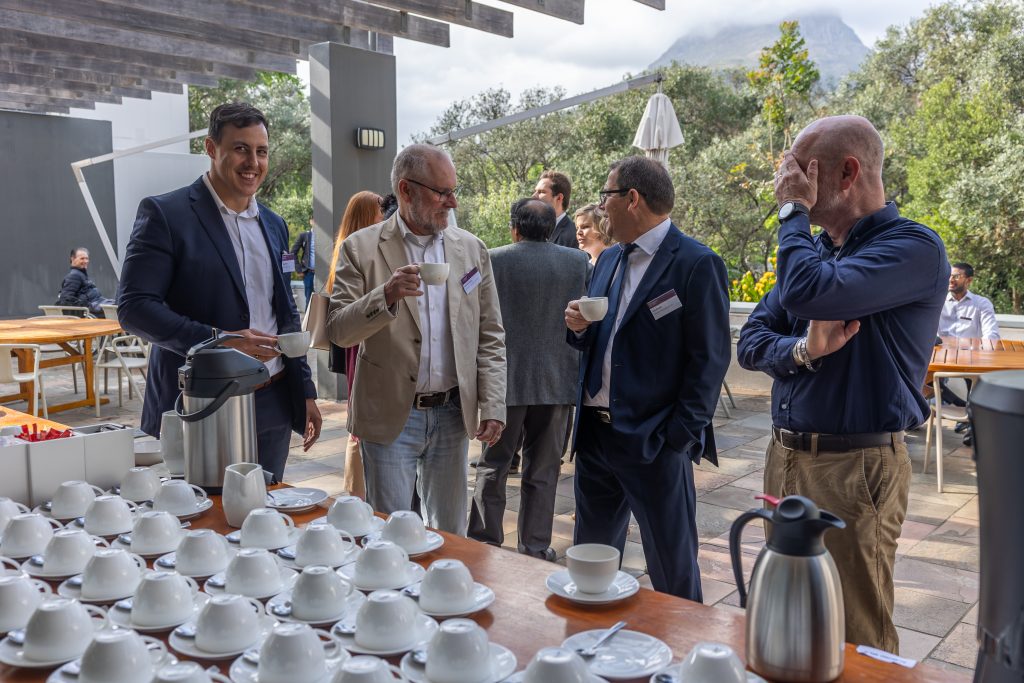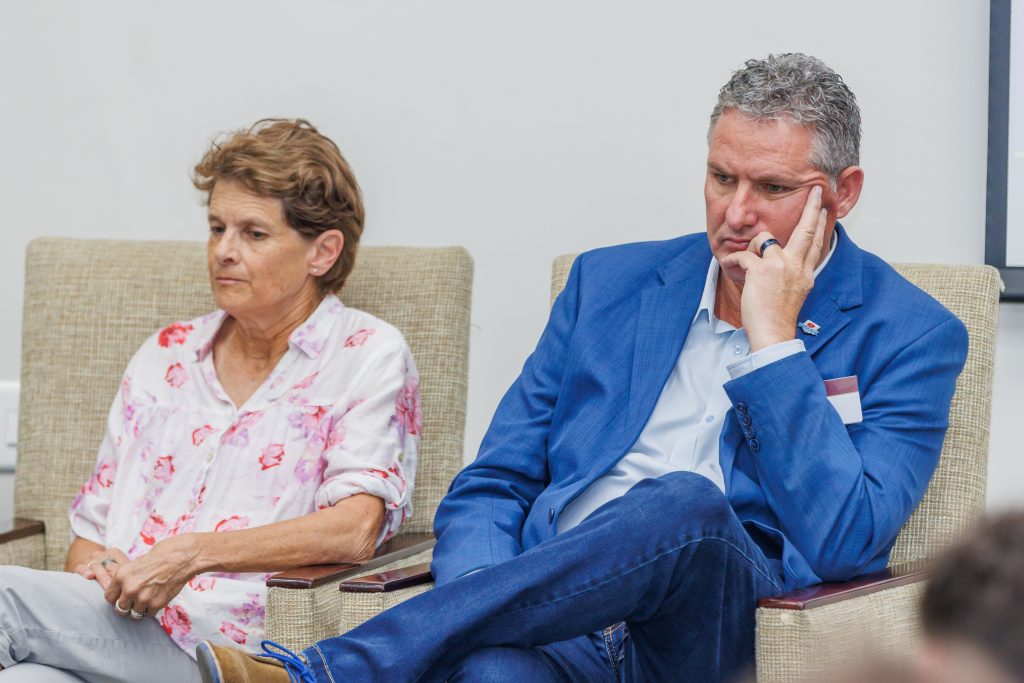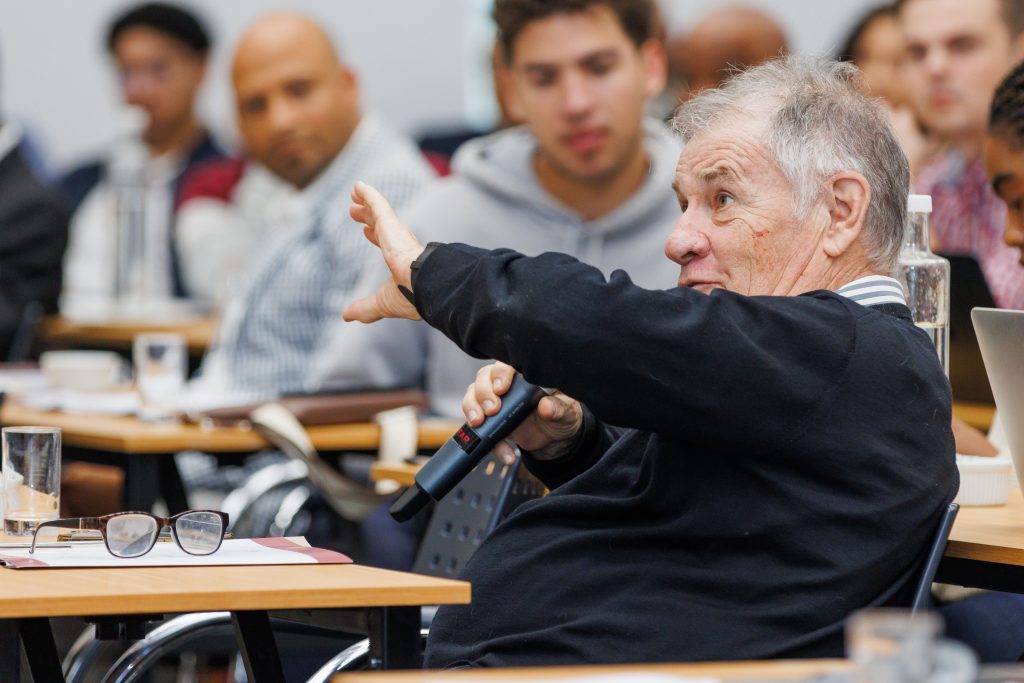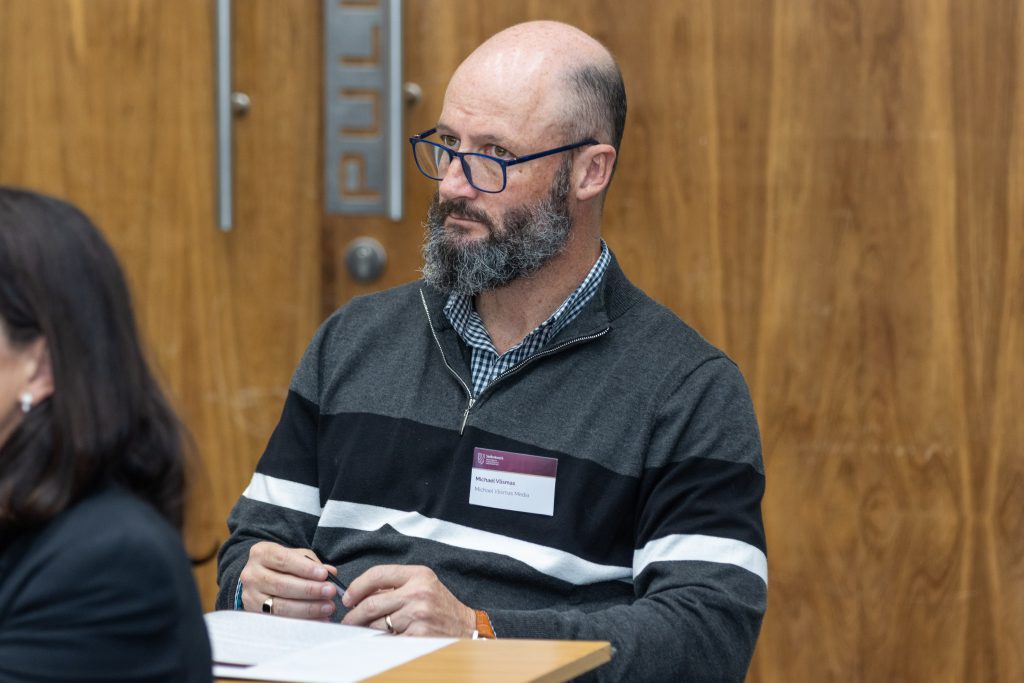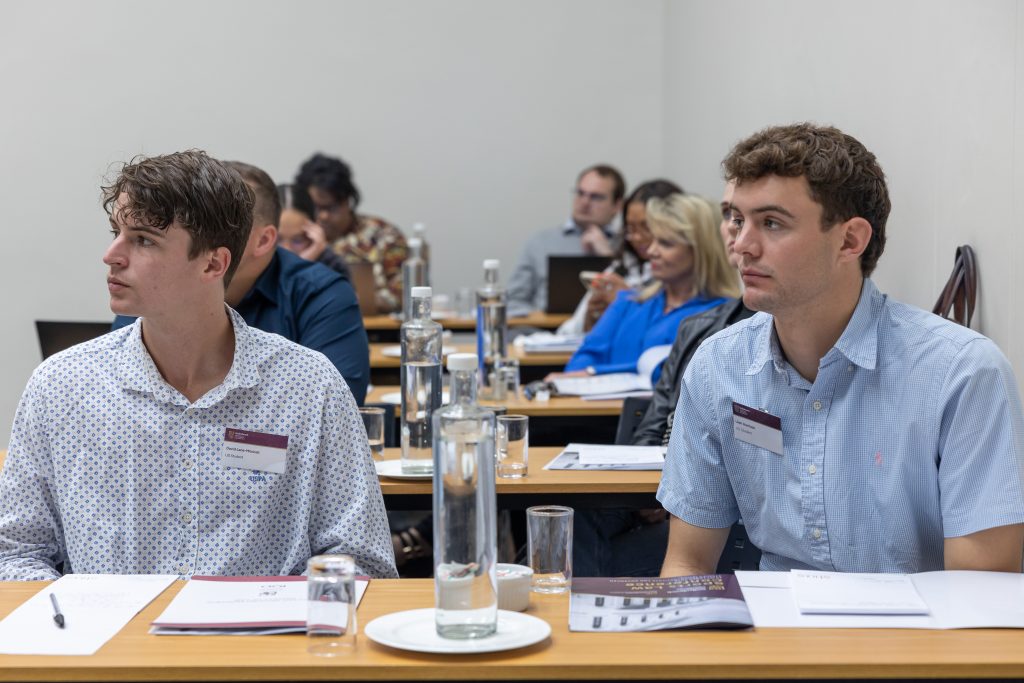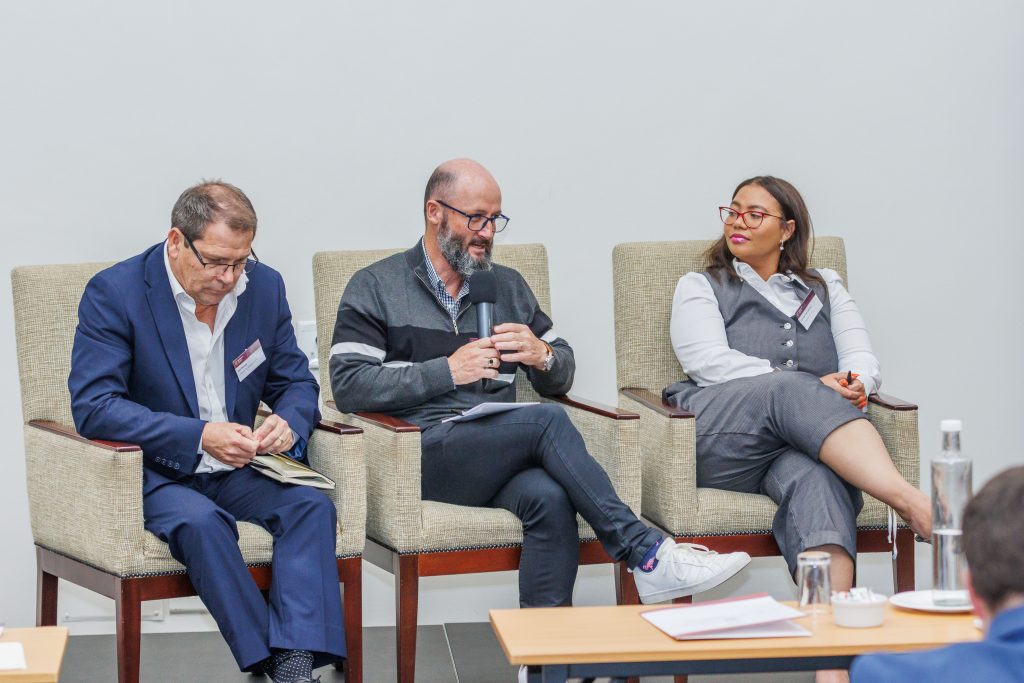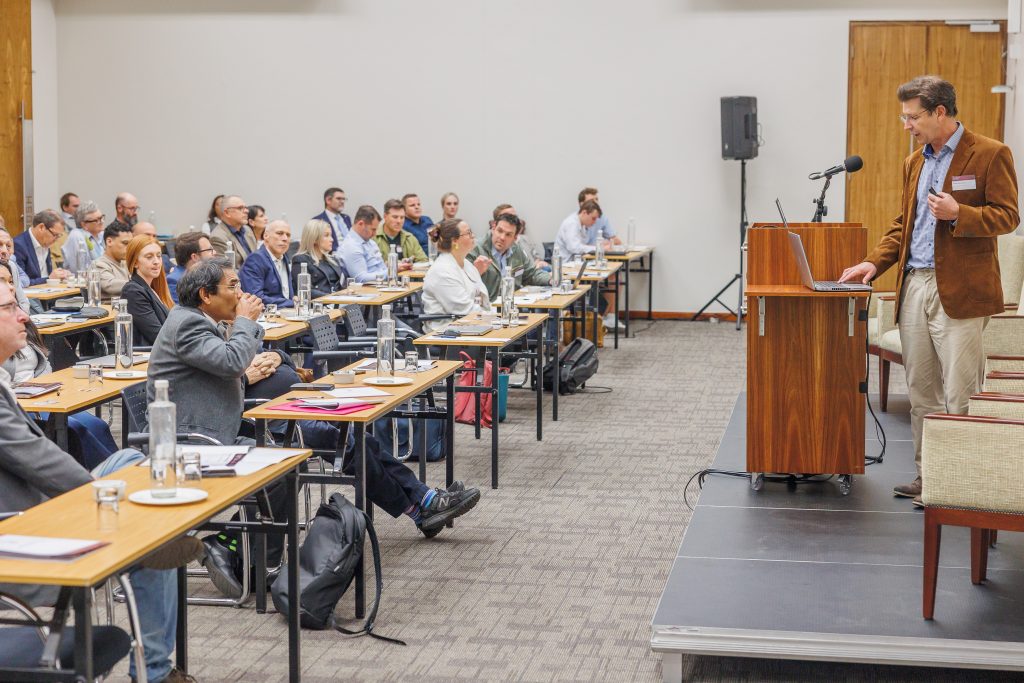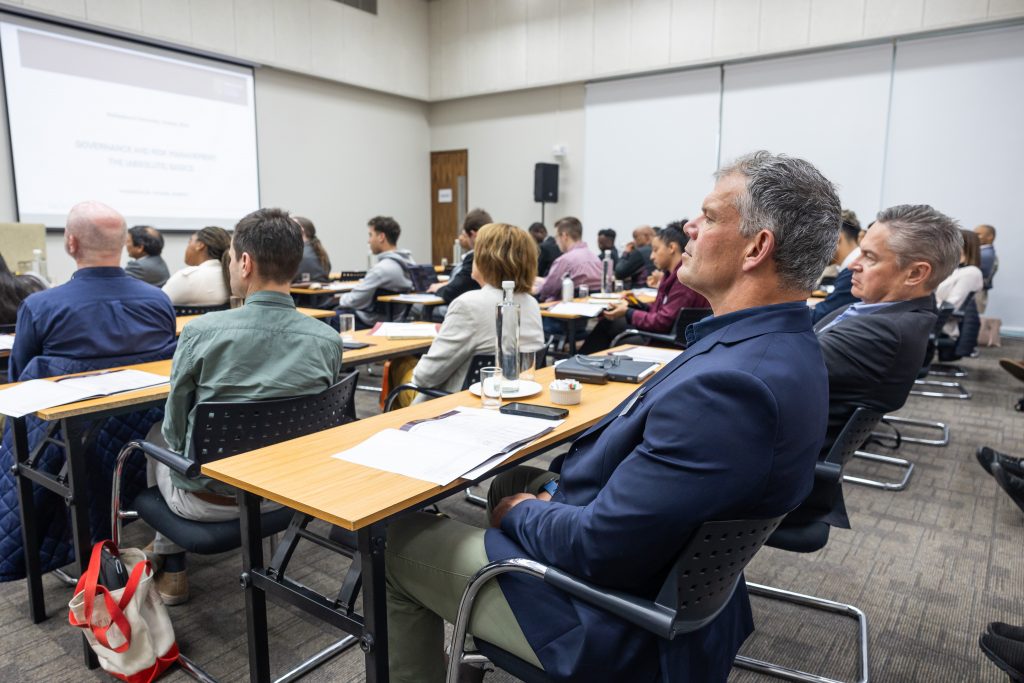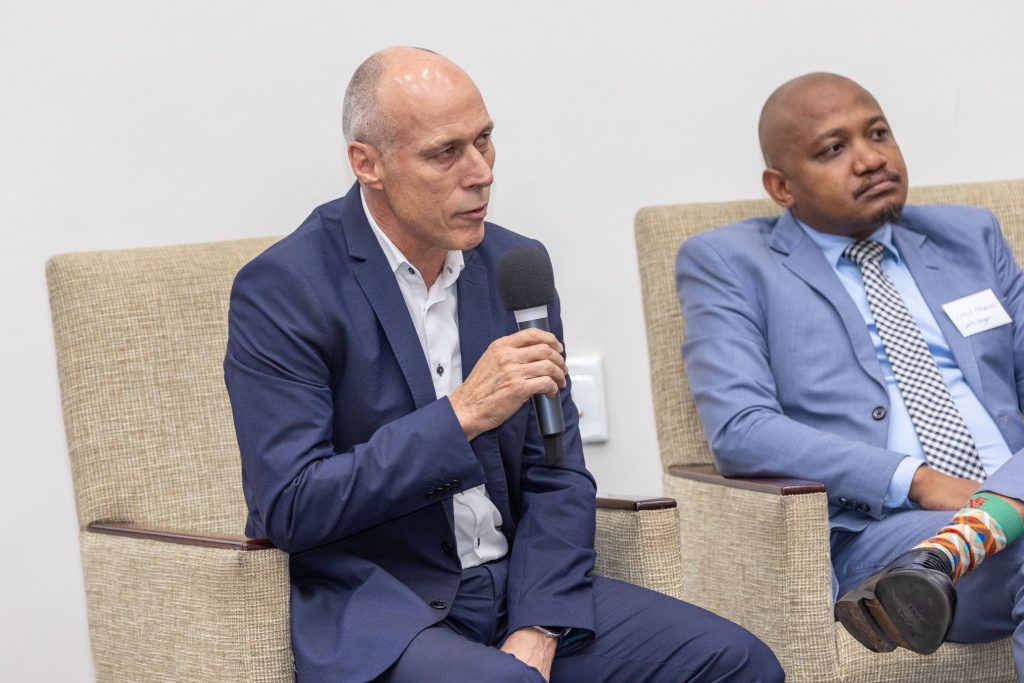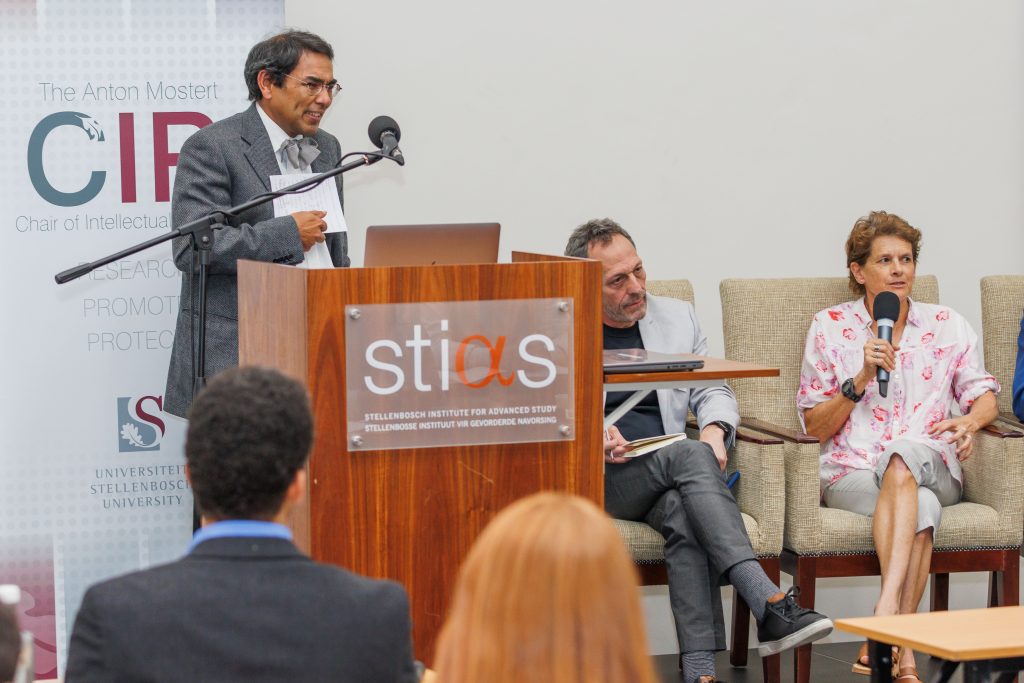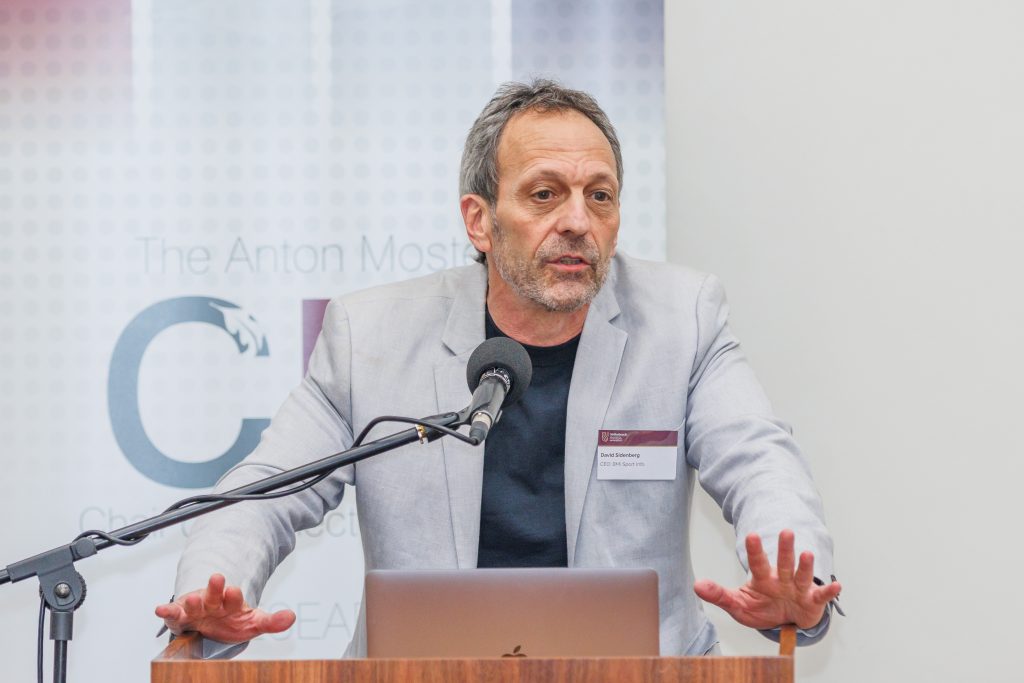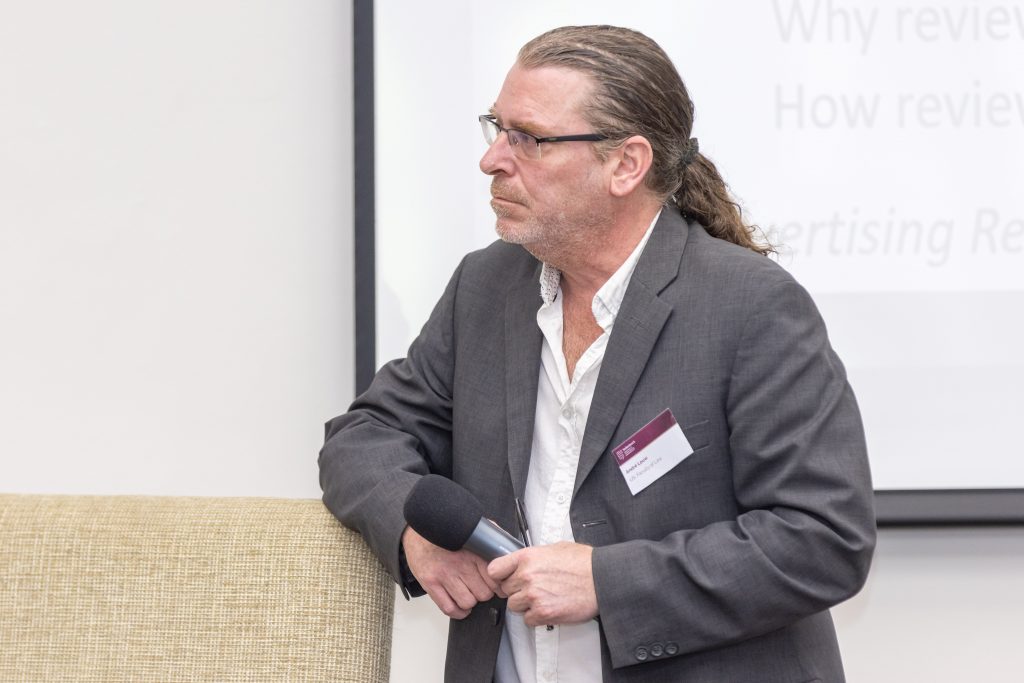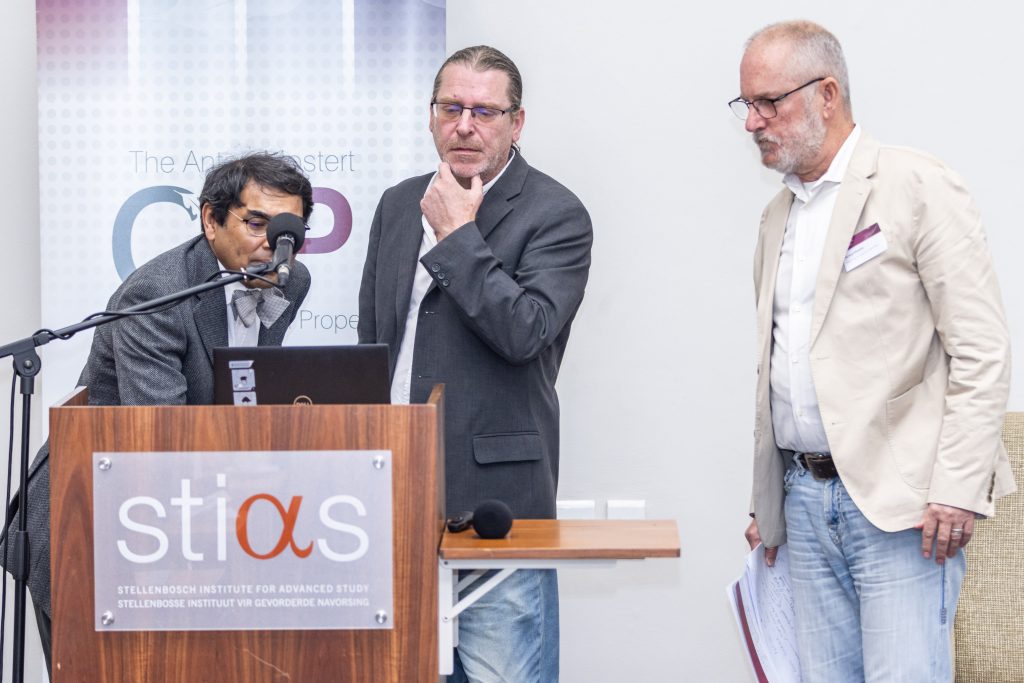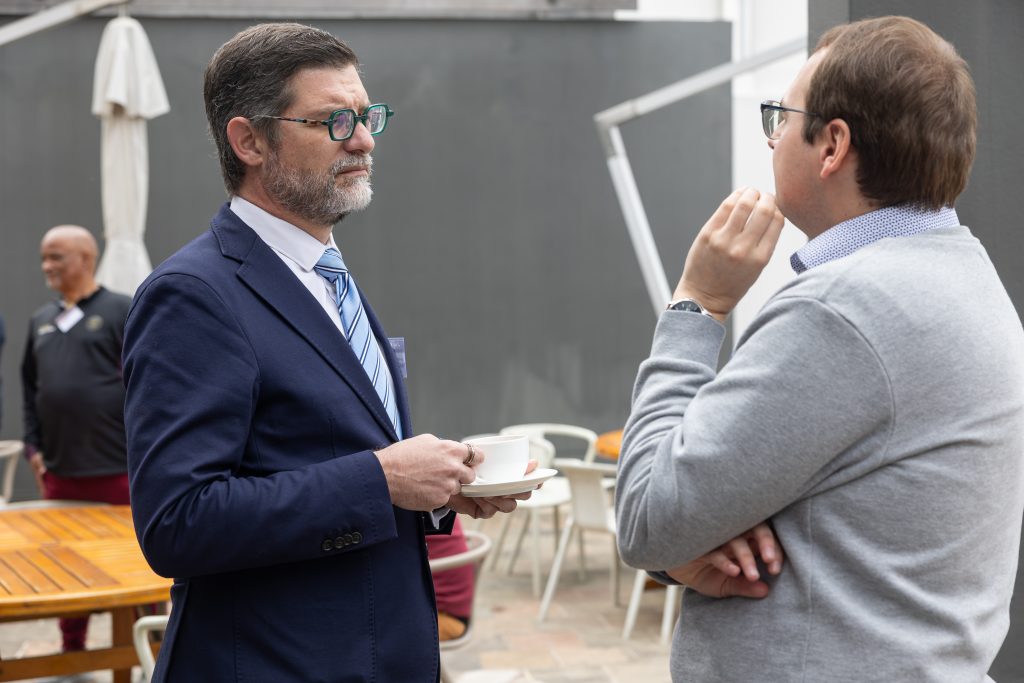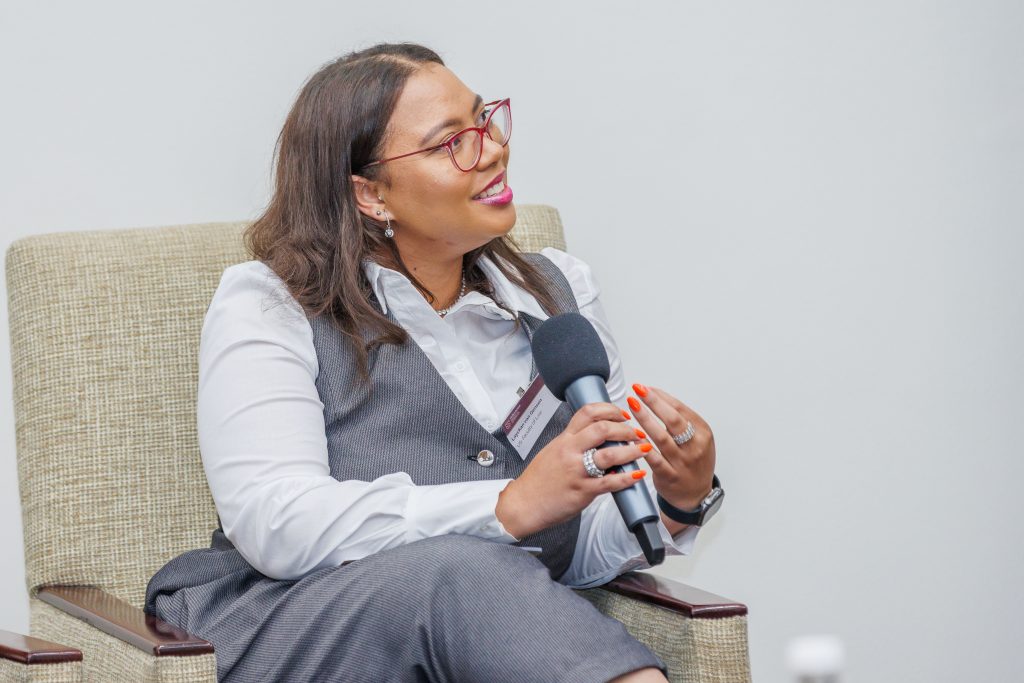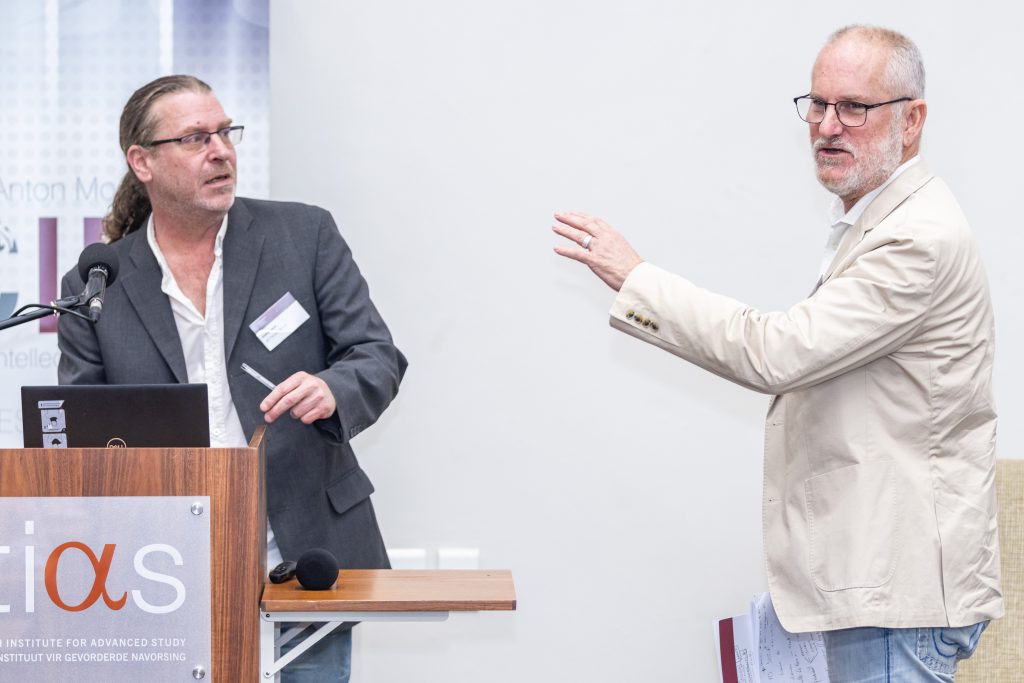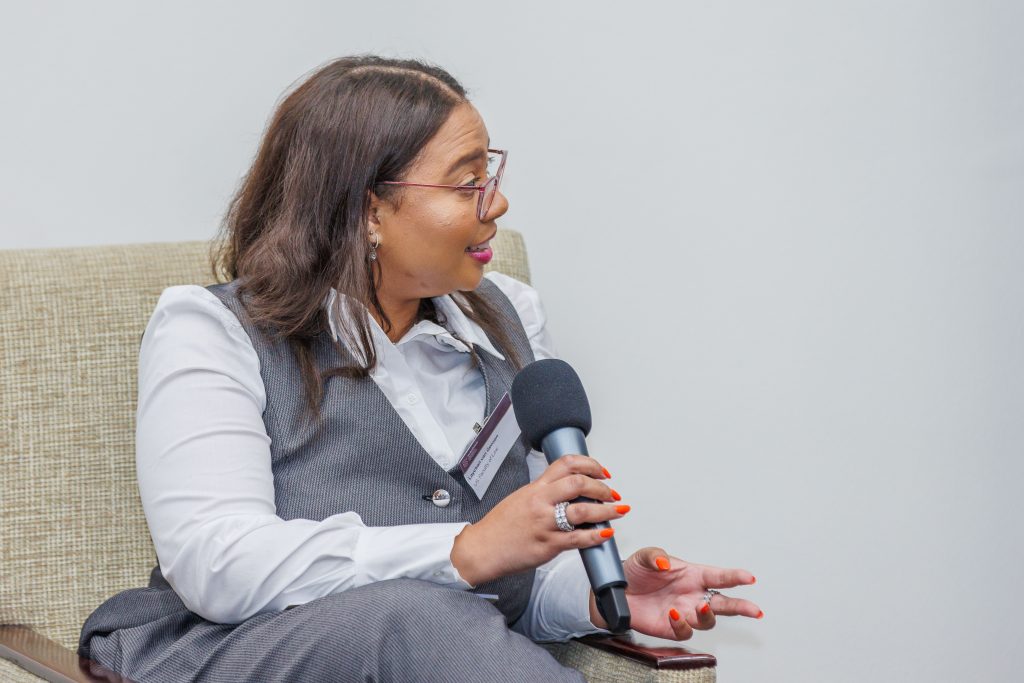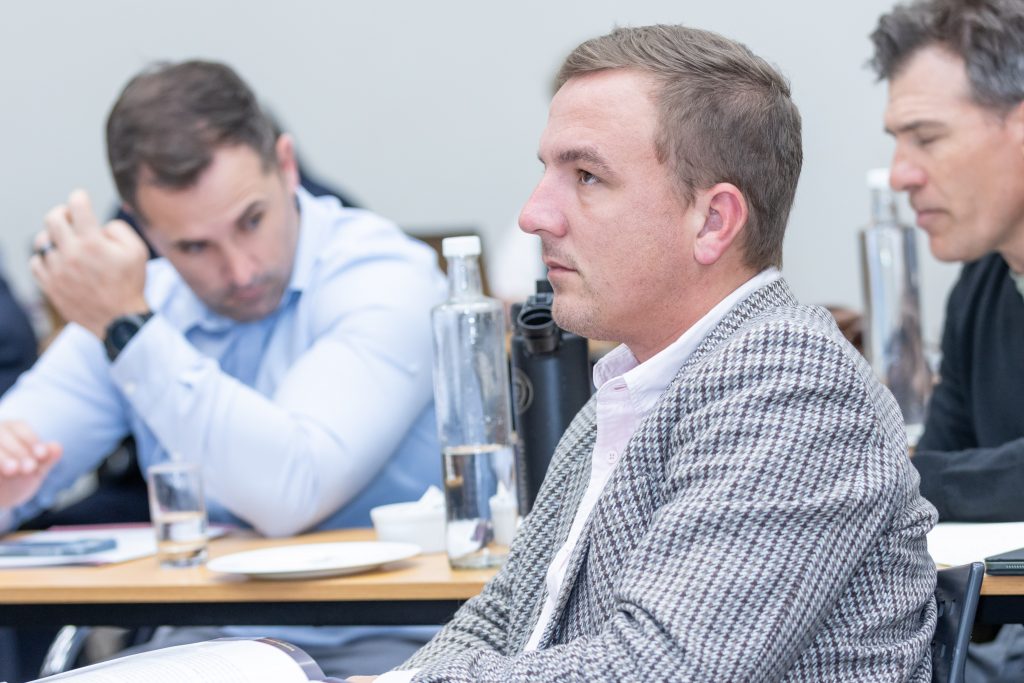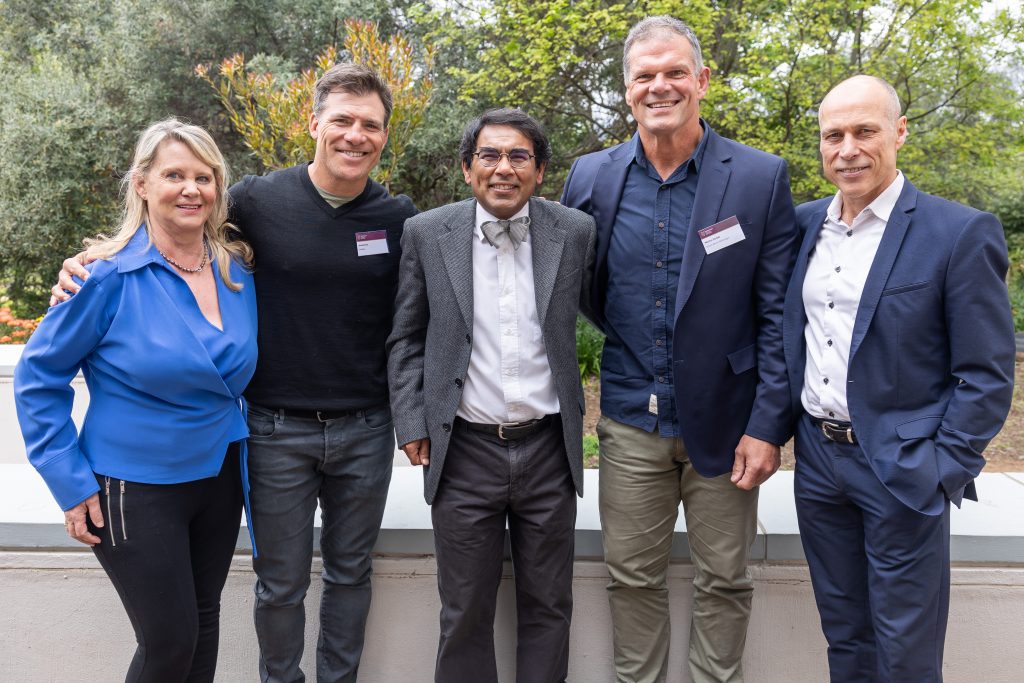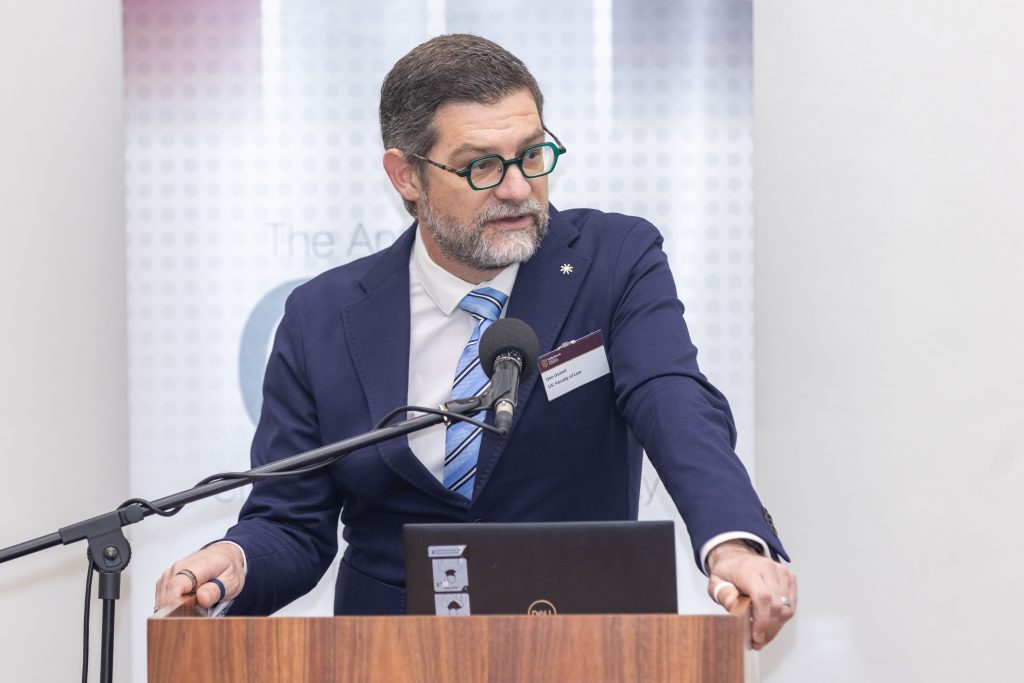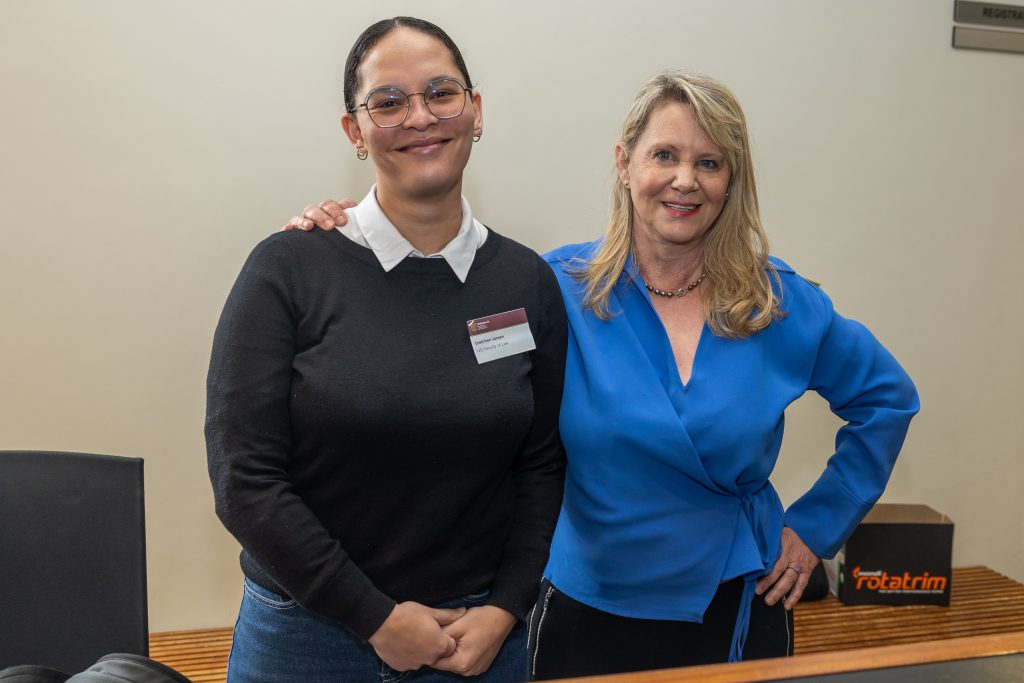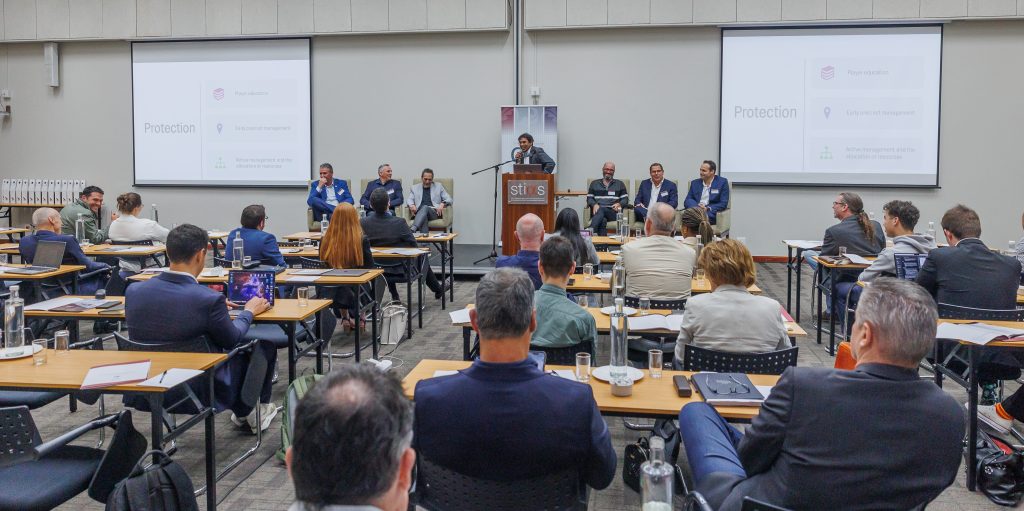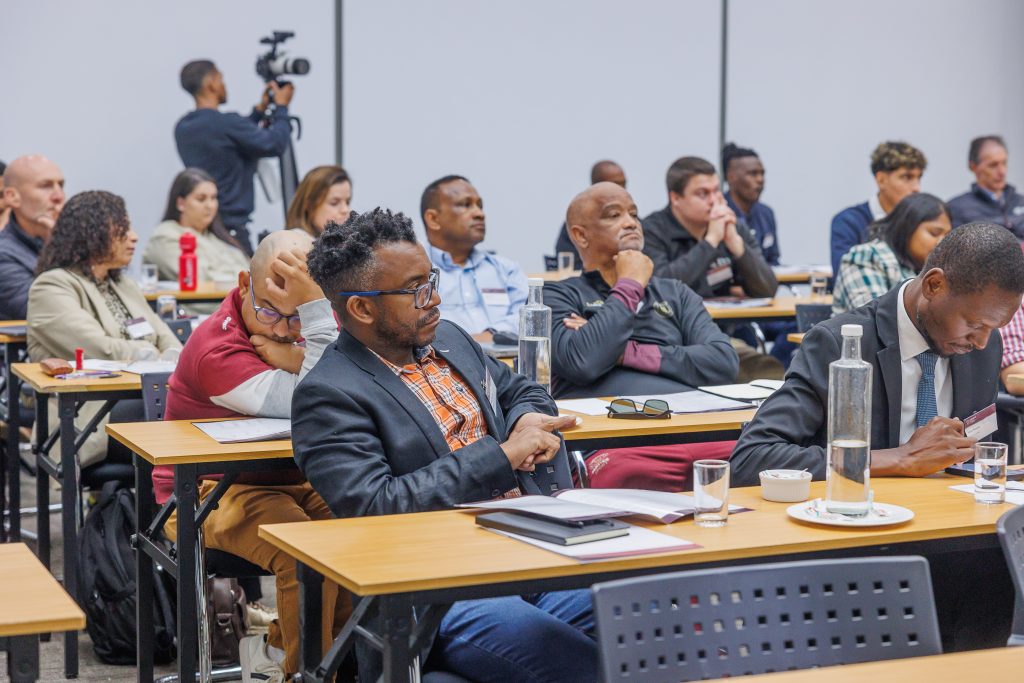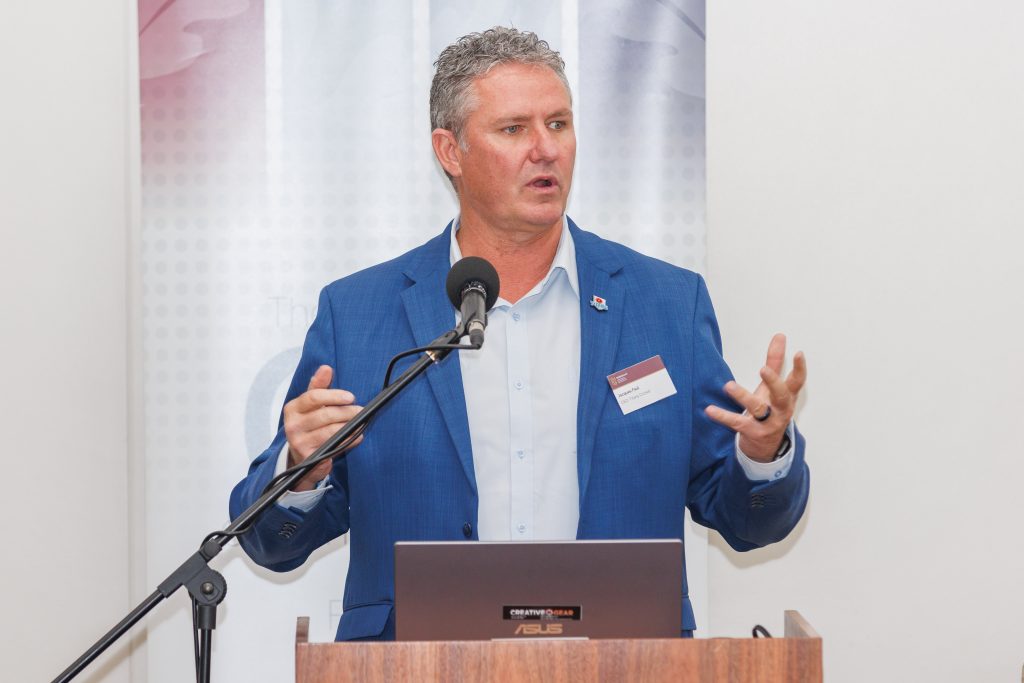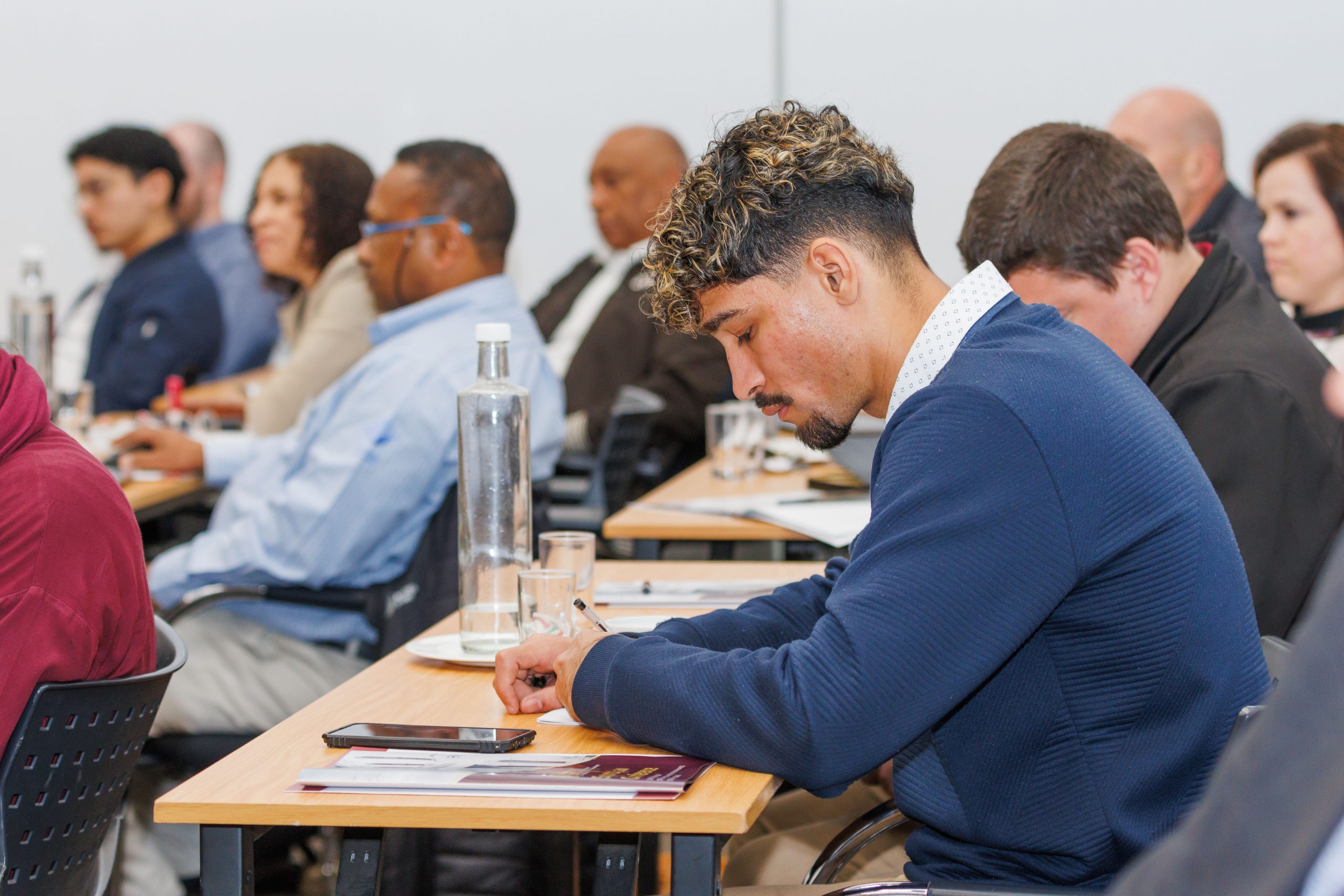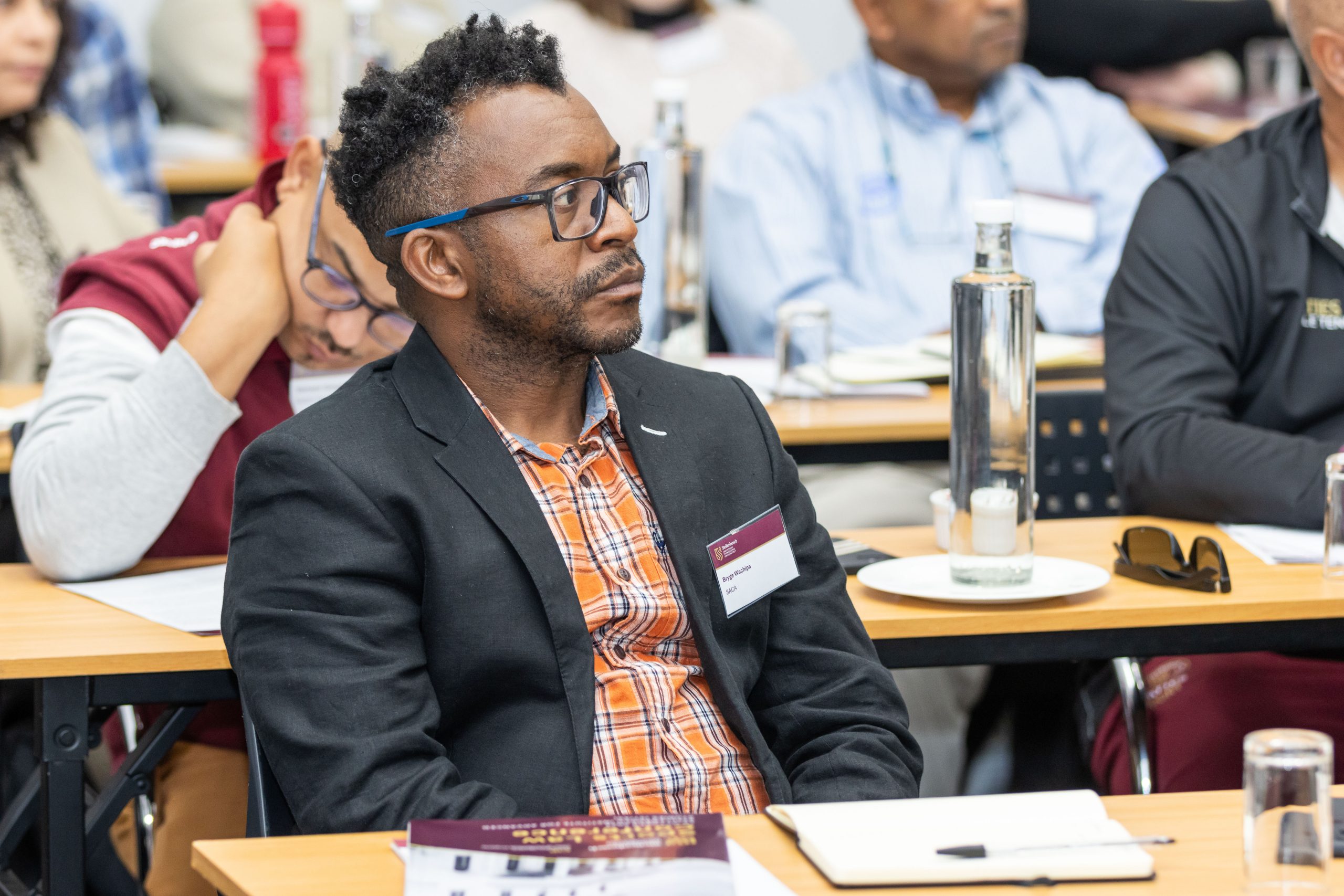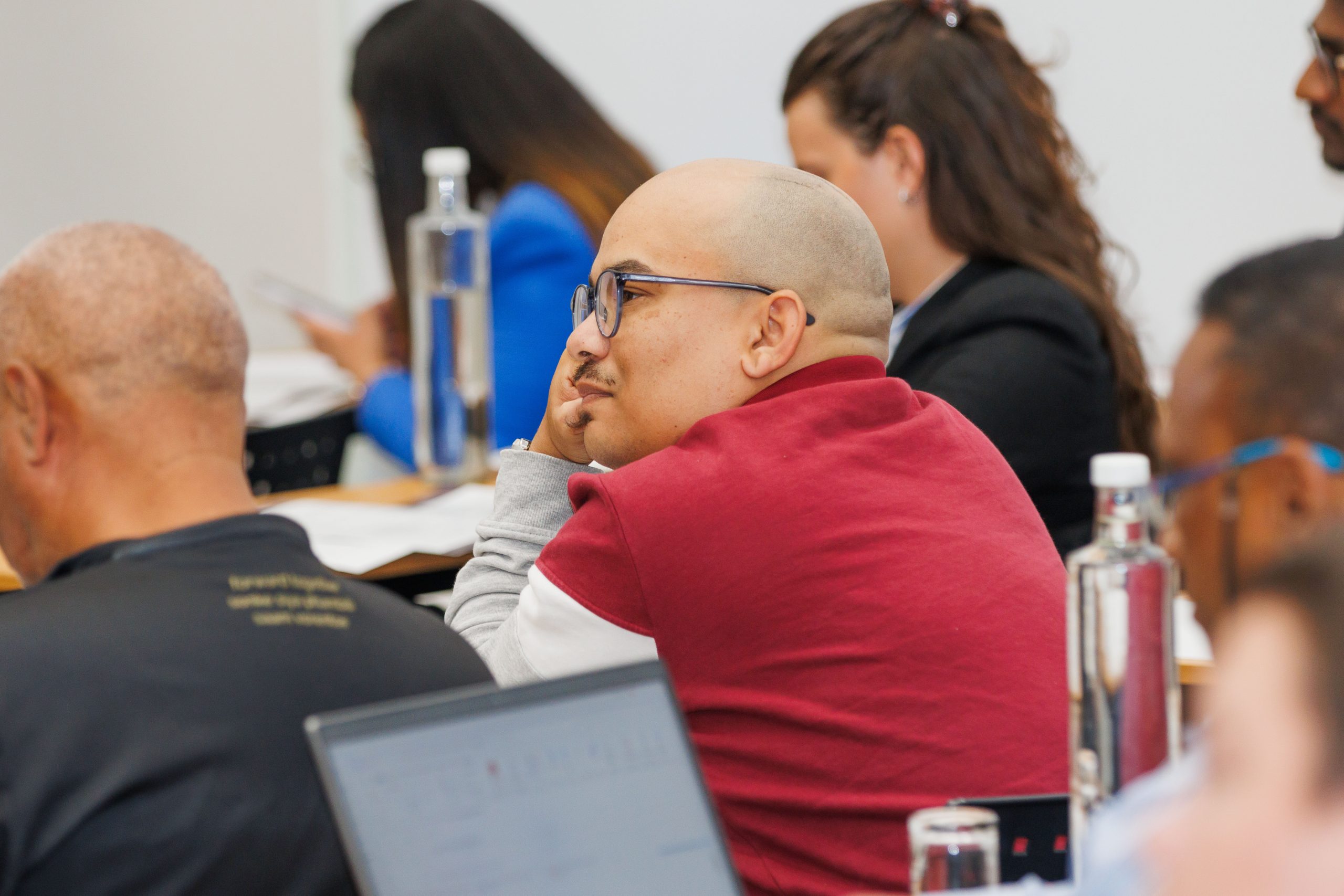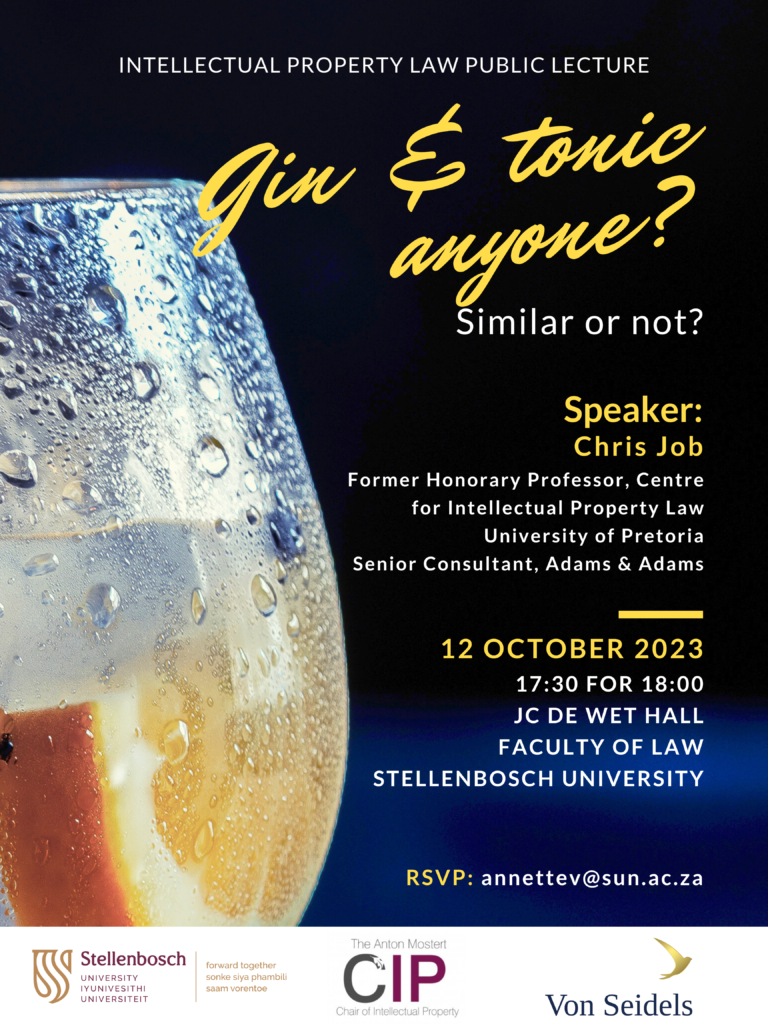NATURE OF COPYRIGHT
Copyright is a body of law that provides creators of written and other works with the power to exercise control over the commercial exploitation of their works. The rationale is to place authors in a position to derive material benefits from the fruits of their labours in creating original works, thus providing them with a means of deriving income and incentivizing them to create more and better works for the benefit of all. In practice, this is commonly achieved by enabling authors to charge royalties or fees for the commercial exploitation of their works. The term “author” is a technical one in the Copyright Act, and is used to denote the creator or originator of any category of copyright work. The Act, thus, contemplates that there are “authors” of works, such as, artistic works, musical works and so forth.
Copyright has a limited term, or period, of protection. For instance, the term of copyright in a literary work generally expires fifty years after the death of the author. Upon the expiry of the term of copyright, the work falls into the public domain and can be freely copied or exploited by the public at large. The entry of the work into the public domain is the quid pro quo for the right granted to the author to exercise control over the use of the work during the term of protection. This is the compact between the state and the creative person brought about by the Copyright Act.
The power conferred on the author in the Copyright Act comes about by the Act granting a bundle of specific exclusive rights to the copyright owner in respect of the work. Each of the nine categories of copyright work, namely, a literary work, an artistic work, etc, has a unique list of exclusive rights determined by the nature of the work and the manners in which it can be commercially exploited. The rights comprised in these lists are known as “restricted acts”. Reproducing the work in any manner, or form, is generally the most important of these restricted acts. The restricted acts in respect of each category of work are detailed in sections 6 to 11B of the Copyright Act.
When someone performs a restricted act in relation to a work, or a substantial part of it, without the authority of the copyright owner, copyright infringement takes place. It is actionable at the suit of the copyright owner.
As a general rule, the author of a work is the initial owner of the copyright, but there are certain exceptions to this rule. The author, or any subsequent copyright owner, can assign the copyright to another party. The terms “author” and “copyright owner” are, therefore, not necessarily synonymous.
THE ESSENCE OF EXCEPTIONS
The power (the exclusive rights) of the copyright owner over the use of a work has the potential to inhibit the availability of works, which can be contrary to the public good in some circumstances. Legislators have thus found it desirable to weigh up the private rights of authors (bearing in mind the purpose of copyright) against the public interest. The outcome is that copyright legislators make exceptions to the exclusive rights of authors in certain defined circumstances in which it is deemed that the public interest outweighs the merits of the right of authors. Care must be taken in granting exceptions to the authors’ rights that those rights are not excessively eroded otherwise there is the risk of defeating the objective of copyright described above. It is important not to “kill the goose that lays the golden egg.”
An exception encompasses an activity which falls within the scope of the copyright in a work. Performing that act in relation to the work without the authority of the copyright owner would in the normal course constitute an act of copyright infringement. The infringing act, for instance reproduction, must take place in respect of the whole, or a substantial part of the work. The exception exempts the act from copyright infringement. It effectively excises the act in question from the scope of the copyright in the work. It removes that act from being under the control of the copyright owner. It takes one of the copyright owner’s exclusive rights out of the bundle of rights that constitute his/her copyright. It diminishes the scope of the copyright, and, thus, the content of the owner’s immaterial property, correspondingly.
This system is recognized, approved worldwide, and regulated in various international treaties, the most important of which are the Berne Convention and the Agreement on Trade-Related Aspects of Intellectual Property Rights (TRIPS), an instrument of the World Trade Organization (WTO). South Africa is a party to both these international treaties and is bound by them.
Both the Berne Convention (in Article 9(2)) and TRIPS (in Article 13) provide that the exceptions to authors’ exclusive rights that they countenance must be subject to the so-called “three-step test”, namely, (1) they must cover only certain special cases, (2) they must not conflict with the normal exploitation of the work, and (3) they must not unreasonably prejudice the legitimate interests of the rightsholder. It is respectfully submitted that our lawmakers are constrained by Section 231 of the Constitution to give effect to this principle in the Copyright Act, and their failure to abide by this principle in legislation would be in breach of the treaties and would be contrary to the Constitution.
It is trite that intellectual property, and copyright in particular, is a form of property falling within the ambit of Section 25 of the Constitution. Copyright is, thus, protected against arbitrary deprivation. Diminishing the scope of the copyright in a work (by permitting restricted acts) amounts to a partial destruction of that right and thus a deprivation of property.
In the premises, granting excessive copyright exceptions can offend against the Constitution in two respects, namely, when they fall foul of the three-step test, they amount to abrogation of our international treaty obligations, and they can amount to an arbitrary deprivation of property.
USERS’ “RIGHTS”
It is argued in some circles that copyright law in general, and the Copyright Act in particular, creates users’ rights in relation to works. In particular, it is argued that the creation of an exception is in reality a grant of a positive right to users to use the work. With respect, it is submitted that this is a distortion of the situation and is unsound.
The purpose of copyright law is to grant proprietary rights to authors in respect of their original works. That is the unequivocal intention of the legislature in passing the Copyright Act. The fact that a particular manner of use of a work might, through an exception, be placed outside the ambit of the author’s proprietary rights does not create a positive statutory right of use to third parties. It simply gives rise to a diminution or limitation of the statutory power of the author to control the use of his/her work. While this does indeed allow the unimpeded use of the work in this manner by the user, it does not amount to the granting of a statutory right of use to the user. That is not the intention of the legislature. The absence of a right in one person does not amount to the positive granting of a corresponding right to another person.
PROVIDING FOR EXCEPTIONS
There are basically two systems worldwide for providing exceptions to copyright. They are known as “Fair Dealing” and “Fair Use”, respectively.
Fair dealing entails the legislation specifying certain particular activities in relation to a work as qualifying for an exception, for instance, personal and private use, subject to the proviso that the conduct in question must constitute a “fair dealing”. This immediately calls into mind the three-step test. Fair dealing forms part of the copyright of the overwhelming majority of countries in the world, with the notable exception of the United States of America. It has the merit of certainty because the potential permitted activities that qualify are spelt out in the legislation. The downside is that the system is inflexible as only the specified actions are exempted. If new, or further, exceptions are required, a formal amendment of the legislation is required, and this can be a drawn out and cumbersome process.
Fair use, on the other hand, entails giving the court a wide discretion to grant an ad hoc exception to just about any infringing act, provided the use of the work in question can be considered to be fair in the prevailing circumstances. Fair use is an American creation, and it has been adopted, in preference to fair dealing, in only a handful of countries, most of which are client states of the USA in one way or another. In the USA, the legislation lays down certain guidelines that the court has to take into account in assessing whether any particular infringement should be excused on account of it being considered by the court to be fair use of the copyright owner’s work. This system amounts in essence to judge-made law. The obvious weakness of the system is that it creates uncertainty. No-one knows in advance whether a particular infringement will be excused. This only becomes apparent ex post facto when the final appeal in an infringement case has been determined. This will usually take years to achieve. Each case will turn on its own facts and circumstances. The advantage of this system is that it is flexible. New exceptions can be created on the spur of the moment (at least in principle) to cater for evolving circumstances, without the necessity of amending the legislation.
The Copyright Act, 1978, provides for exceptions to copyright in the main in Section 12, as extended in Sections 14 to 19B. These exceptions are to a large extent framed from the terms of the Paris Act of the Berne Convention and/or are derived from the British Copyright Act of 1956. Pains were taken by the drafters of the Act to ensure that they all complied with the Berne Convention’s three-step test. They are squarely based on the fair-dealing principle. While these exceptions were adequate in 1978 and the following years, when viewed in the light of present requirements, they are insufficient in their ambit and require to be expanded to deal with current circumstances.
The Copyright Amendment Bill, 2017, seeks to provide for further exemptions, a noble and worthwhile sentiment. This is sought to be achieved by introducing the fair-use principle into the Copyright Act, while at the same time maintaining fair-dealing exceptions. In some cases overlap will occur. There is concerted and firm resistance to this innovation in many quarters, including the publishing industry and other sectors involved with the creation of new works. There is the concern that widespread and untrammelled unspecified exceptions will undermine the raison d’etre of copyright and decimate the creative industries. It is contended that fair use does not comply with the three-step test, which requires legislation to provide more especially for only “certain special cases”. In other quarters such as those who favour free access to all works and regard copyright as an (unwanted) inhibitor of free expression and resources, the move is applauded. The battle lines have been drawn. Around ninety per cent of all the prolific public debate and representations to Parliament in connection with the Bill have centered on this issue. It is the bête noir of the Amendment.
The drafters of the Copyright Act,1978, foresaw the possibility that in the years that would follow its adoption further exemptions might become necessary to keep the Act in tune with modern requirements, particularly in regard to the restricted act of reproduction, the crux of copyright. Section 13 of the Copyright Act was accordingly included in the Act. This section empowers the responsible Minister to create additional special exceptions, by way of regulations, to the restricted act of reproduction, provided they do not conflict with the normal exploitation of the work and are not unreasonably prejudicial to the legitimate interests of the owner of the copyright. In other words, the additional exceptions must be in compliance with the three-step test laid down in the Berne Convention and TRIPS.
To date, the Minister has used this power to create exceptions in the case of reproductions by libraries or archives, multiple copying by libraries and archives, reproductions for purposes of education, reproductions by teachers and reproductions of building plans by local authorities. This has been effected in Regulations 3, 4, 5,7, 8, 9 and 9A of the Copyright Regulations, 1978, as amended. The power is available to the Minister at any time to create further exceptions in regulations under the section in deserving and appropriate cases, provided of course, they comply with the three-step test.
Viewed in the present-day context, Section 13 has a shortcoming. It only deals with exceptions to the restricted act of “reproduction”. There is a perception that this ambit is too narrow and should be extended to all forms of restricted acts. There is merit in this view. It would merely require a simple amendment to the section to broaden its scope to cover all forms of infringement. This is countenanced by Article 13 of the TRIPS Agreement which allows exceptions complying with the three-step test to all exclusive rights, and not only to “reproduction”.
If Section 13 of the Act is amended as suggested, this would provide for a solution to the contretemps around the introduction of fair use. In the event that the fair-dealing exceptions provided for explicitly in the Act should be proven to be inadequate, the Minister could enact fresh, explicit custom-designed new exceptions in regulations made under Section 13. They would perforce have to comply with the three-step test, as this is required by the section. Regulations do not have to follow the parliamentary process and can be framed and promulgated in a matter of a few months. Draft regulations could be circulated for public comment prior to being finalised. The creation of a new exception would not be left to the whim of a judge, who may not be well-versed in copyright law, dealing with an ad hoc situation in terms of the evidence advanced, which would be subjective in character. Since the regulation would spell out the precise nature of the infringing act being excused, uncertainty would be down to a minimum. The public and copyright holders would know in advance what manner of use of copyright works without the permission of the copyright holder is allowed and what is not allowed. The disadvantages of both the fair-dealing and fair-use systems would be overcome and the benefits of both will accrue without the introduction of the alien doctrine of fair use into our law.
CONCLUSION
With the resolution of this controversy, the path of the Amendment Bill into legislation will be significantly facilitated. Common sense will have prevailed.
Prof OH Dean
*an abbreviated version of this article was published on News24 – see more here

